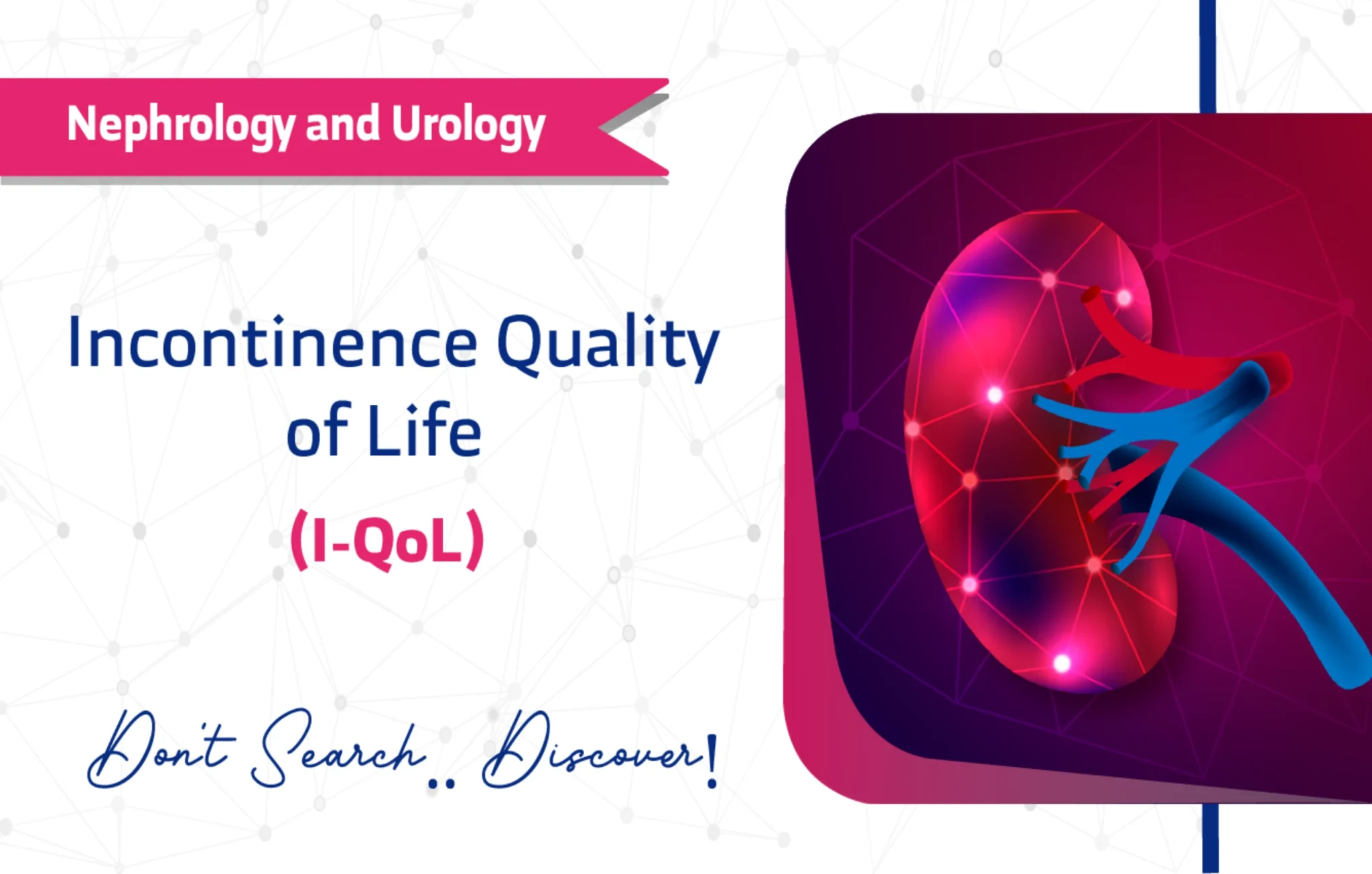
Incontinence Quality of Life Instrument (I-QOL): A Full Guide for Researchers and Clinicians
The I-QOL is a validated 22 item instrument measuring the impact of urinary incontinence on quality of life in adults.

The I-QOL is a validated 22 item instrument measuring the impact of urinary incontinence on quality of life in adults.
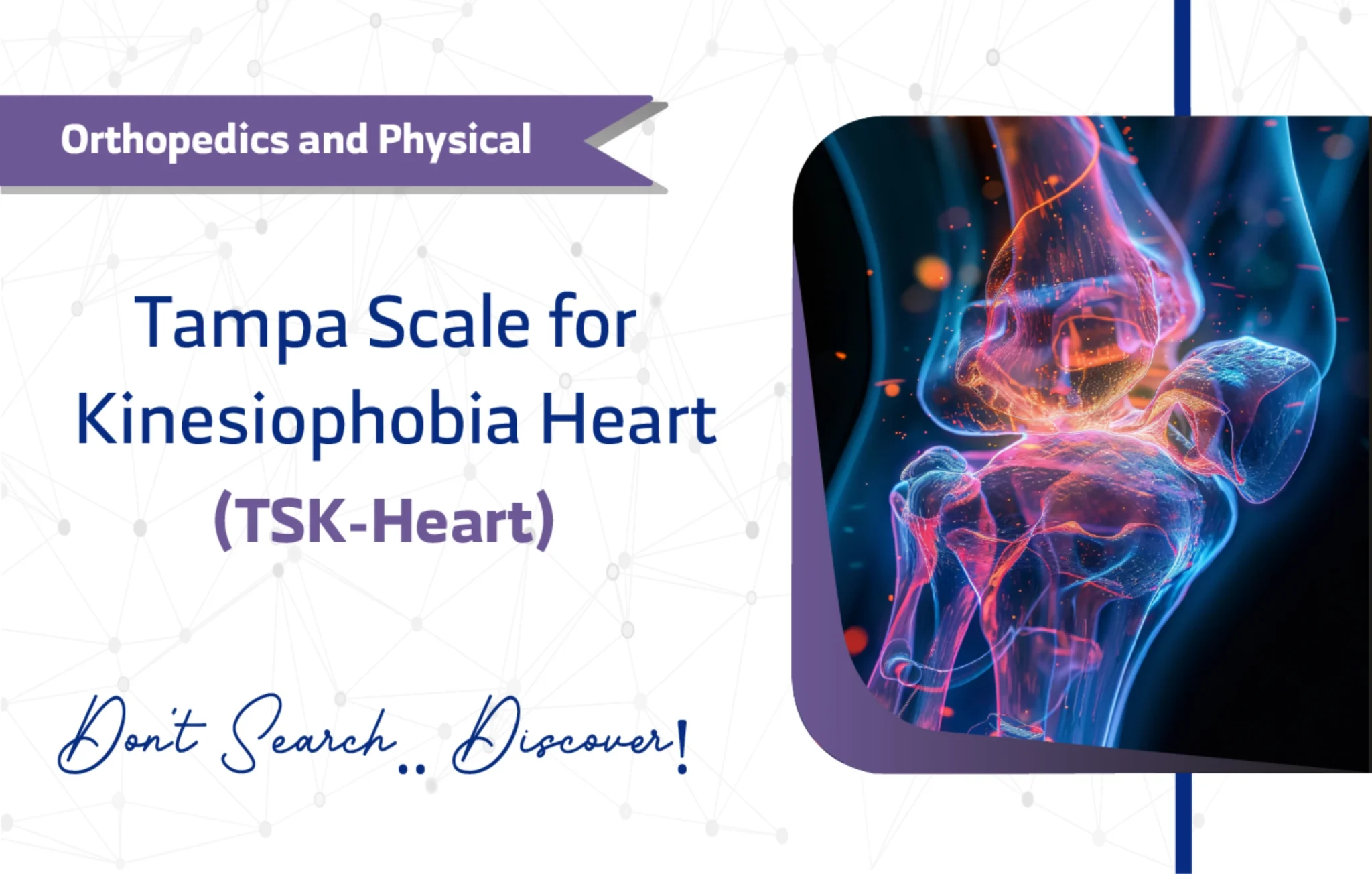
The Tampa Scale for Kinesiophobia – Heart (TSK-Heart) assesses fear of movement in cardiac patients, supporting rehabilitation with its reliable 17-item scale.

The RASE assesses self-efficacy in rheumatoid arthritis patients, supporting clinicians and researchers in optimizing self-management strategies.
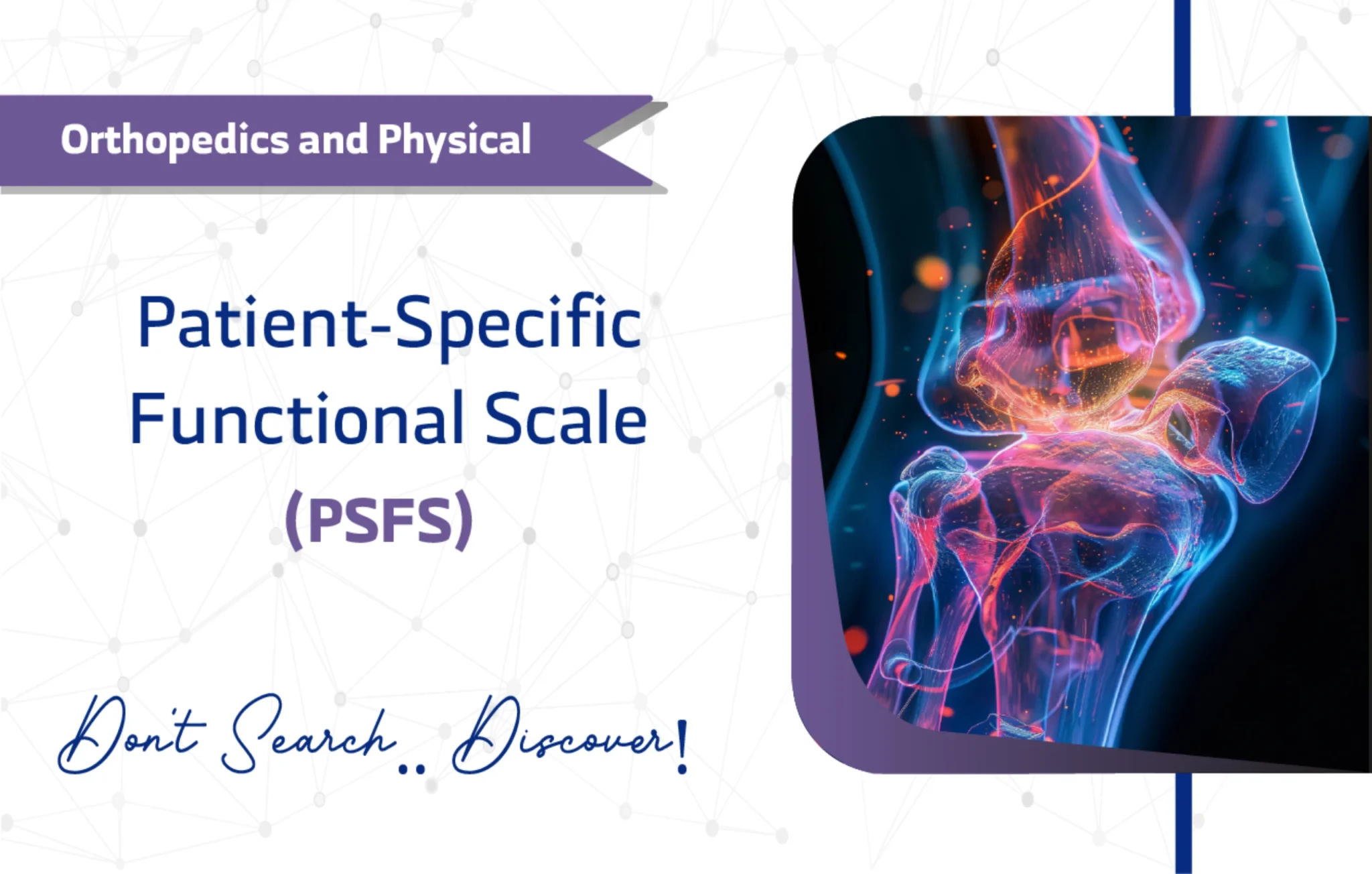
The Patient-Specific Functional Scale (PSFS) is a leading
patient-centered outcome measure used to track functional limitations in physical rehabilitation, offering personalized and actionable insights.
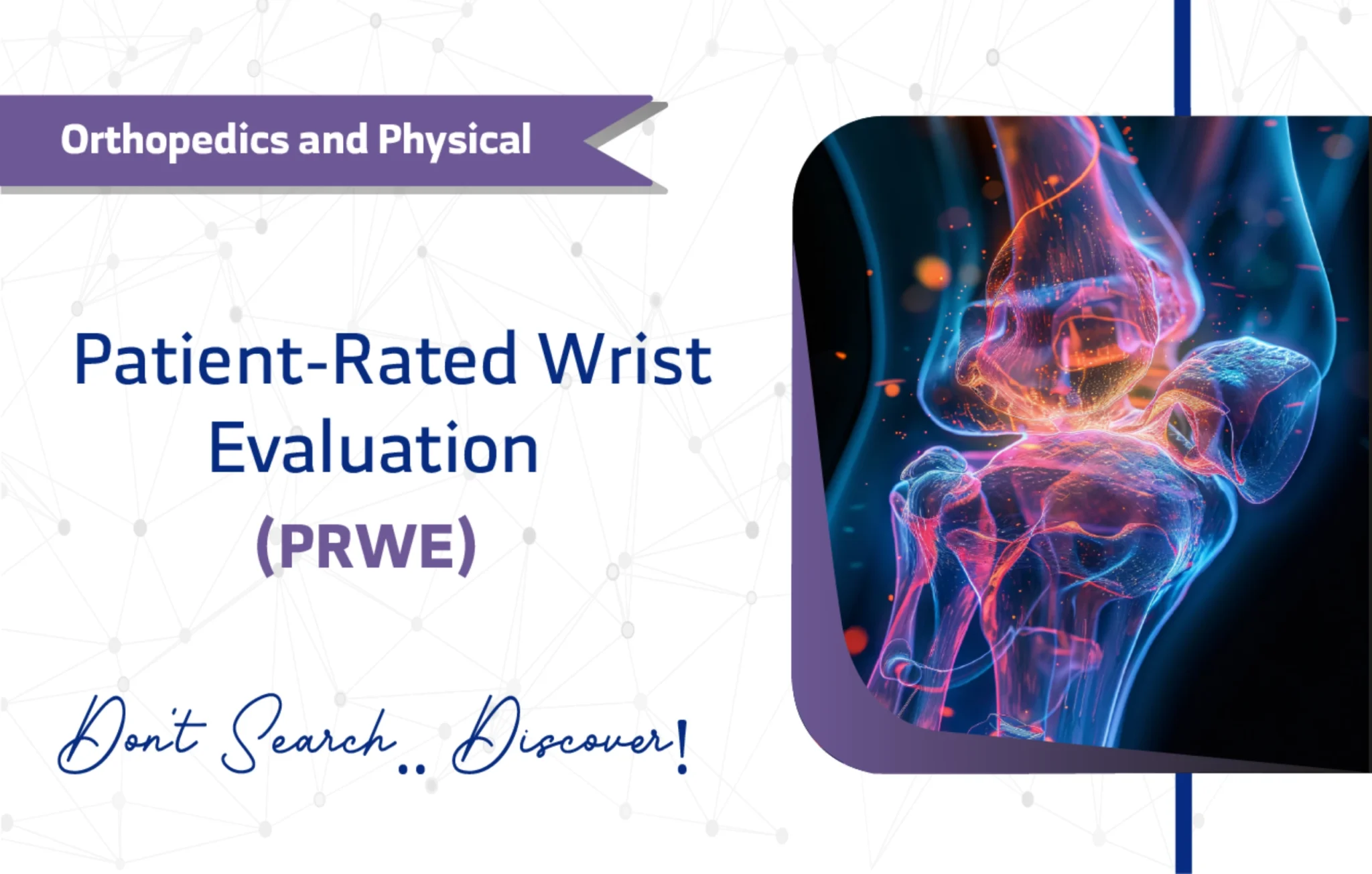
The Patient-Rated Wrist Evaluation (PRWE) is a highly reliable, 15-item self-assessment tool. It measures wrist-specific pain and functional disability in adults with upper extremity conditions.
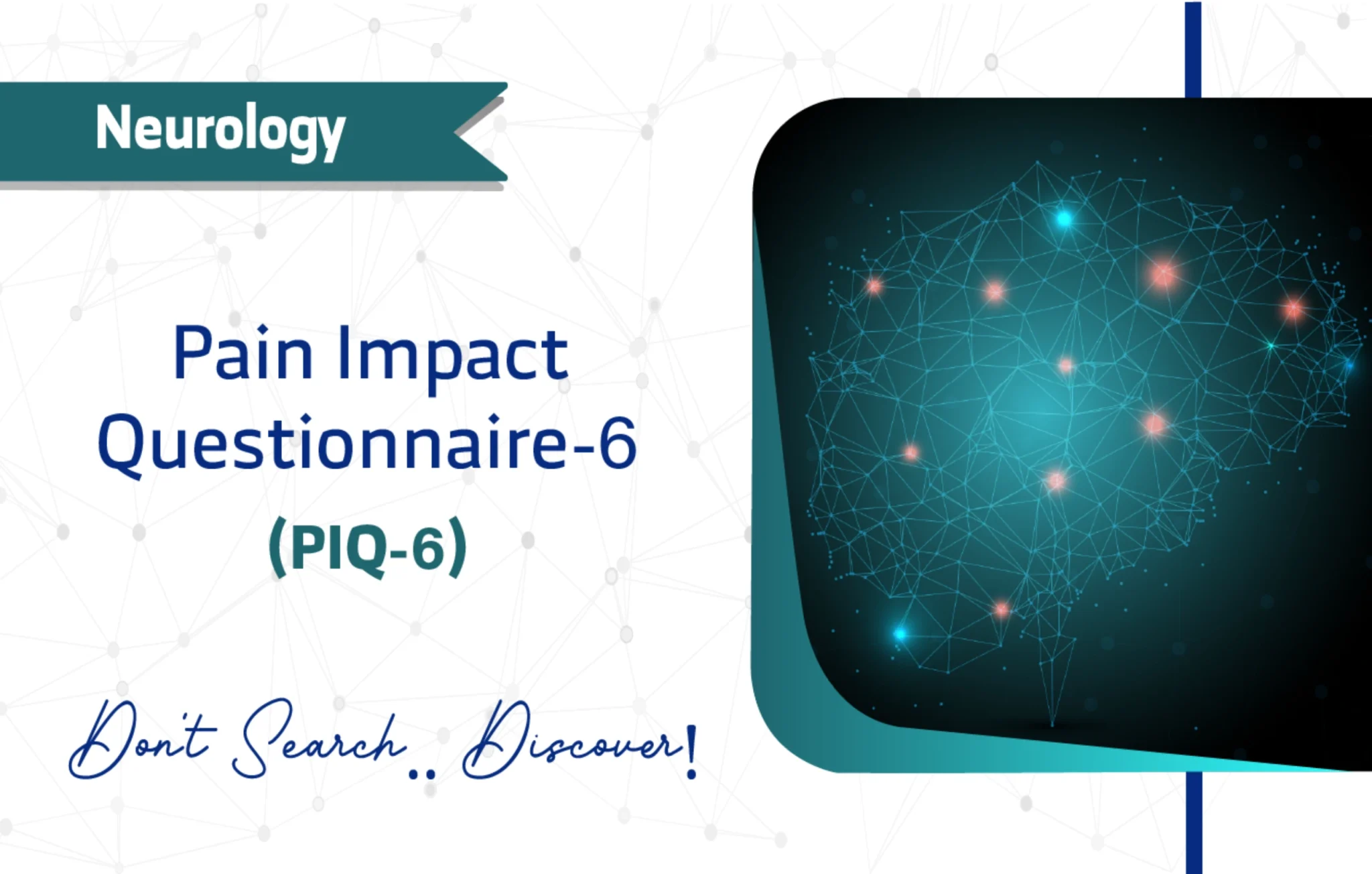
The PIQ-6 is a brief, validated 6‑item instrument that quantifies pain impact across daily activities and emotional well‑being in adults with chronic pain.
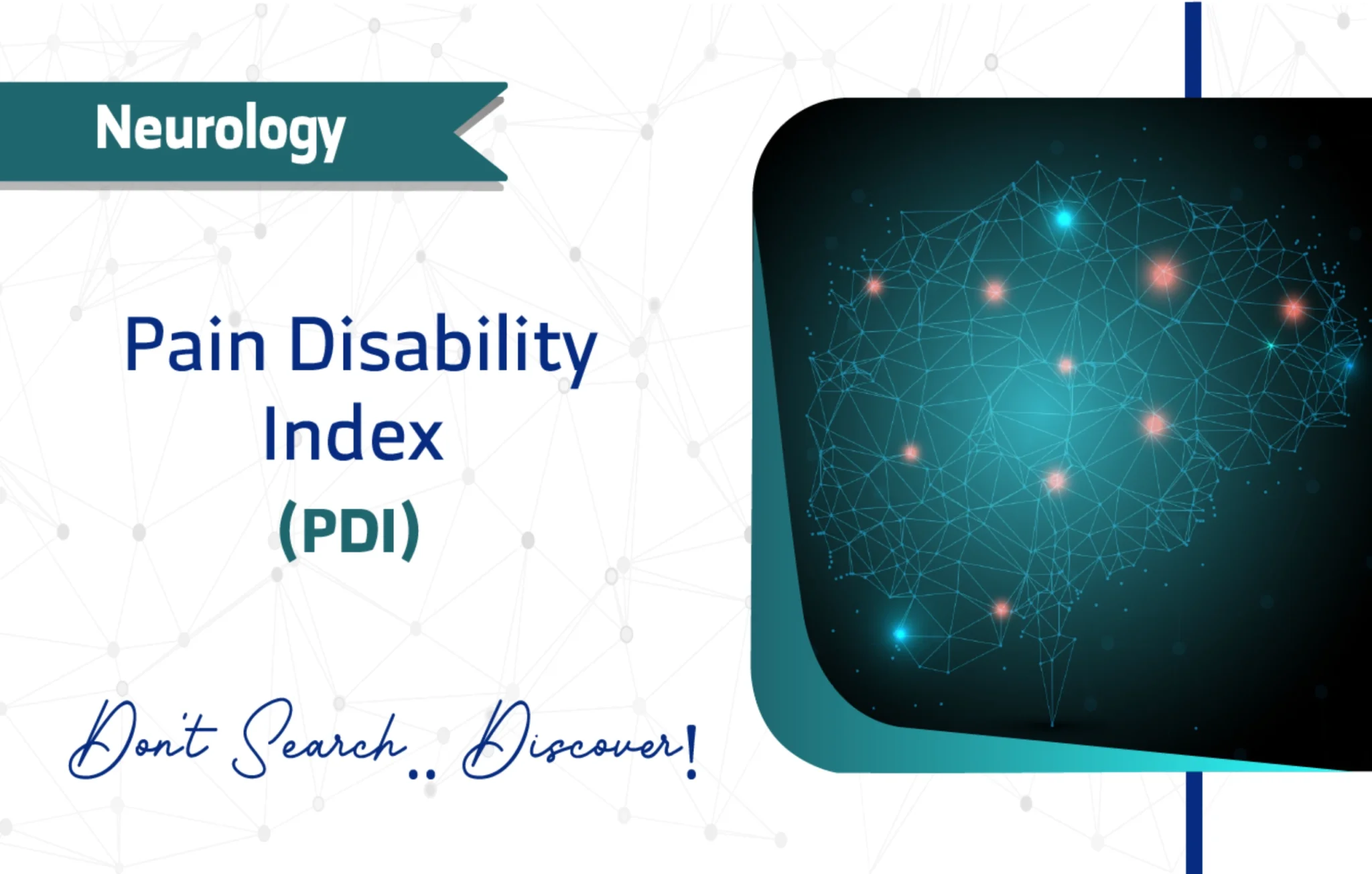
The Pain Disability Index (PDI) is a vital tool for measuring how chronic pain interferes with life activities, guiding treatment and clinical research.

The Michigan Hand Outcomes Questionnaire (MHQ) is a validated tool for assessing hand function, pain, work performance and satisfaction in adults with hand conditions. Widely used in surgery and rehabilitation, it supports clinical monitoring and research across diverse populations.
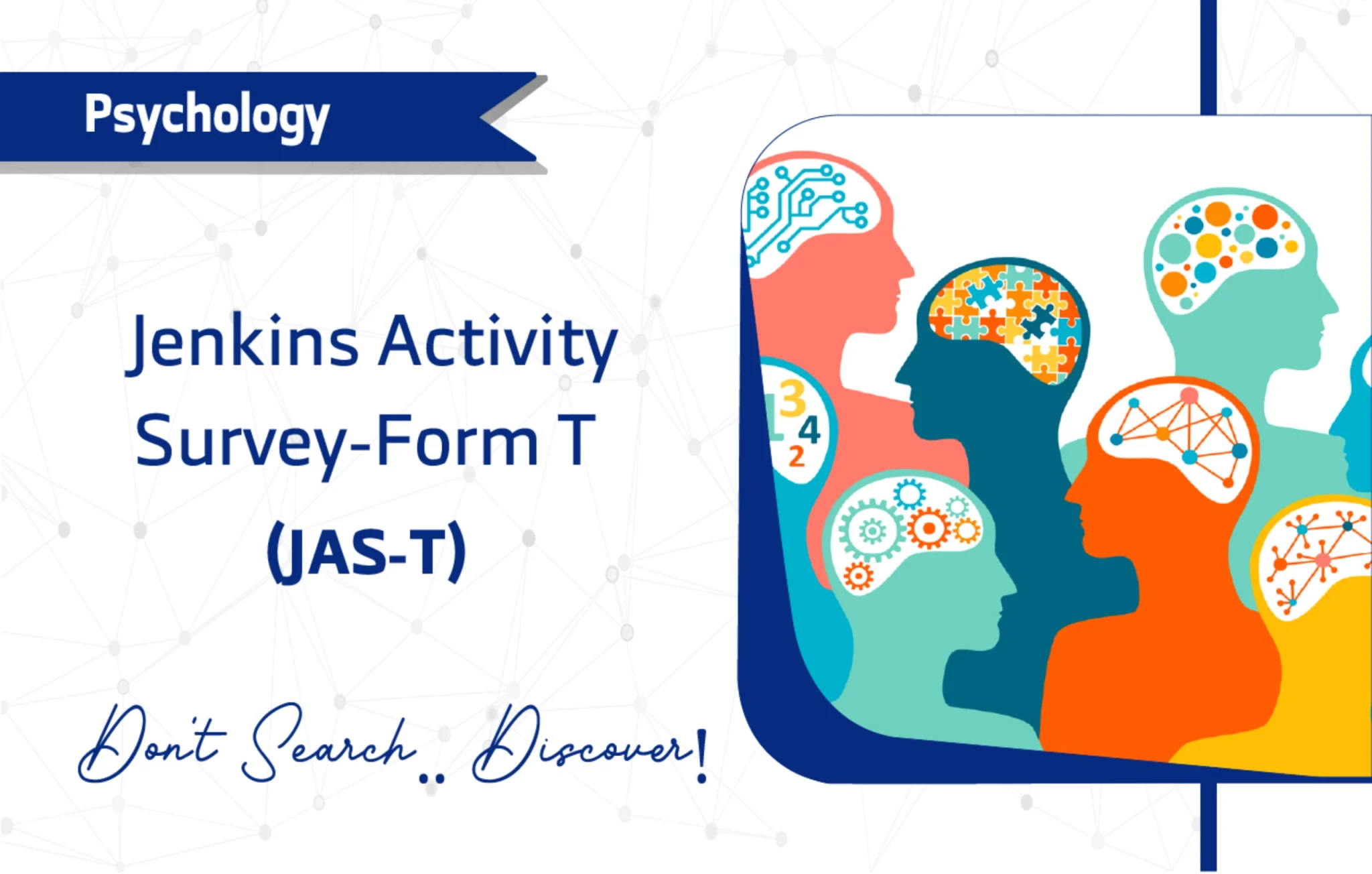
A comprehensive guide to the JAS-T, a validated tool for assessing Type A behavior and coronary-prone traits in student populations.
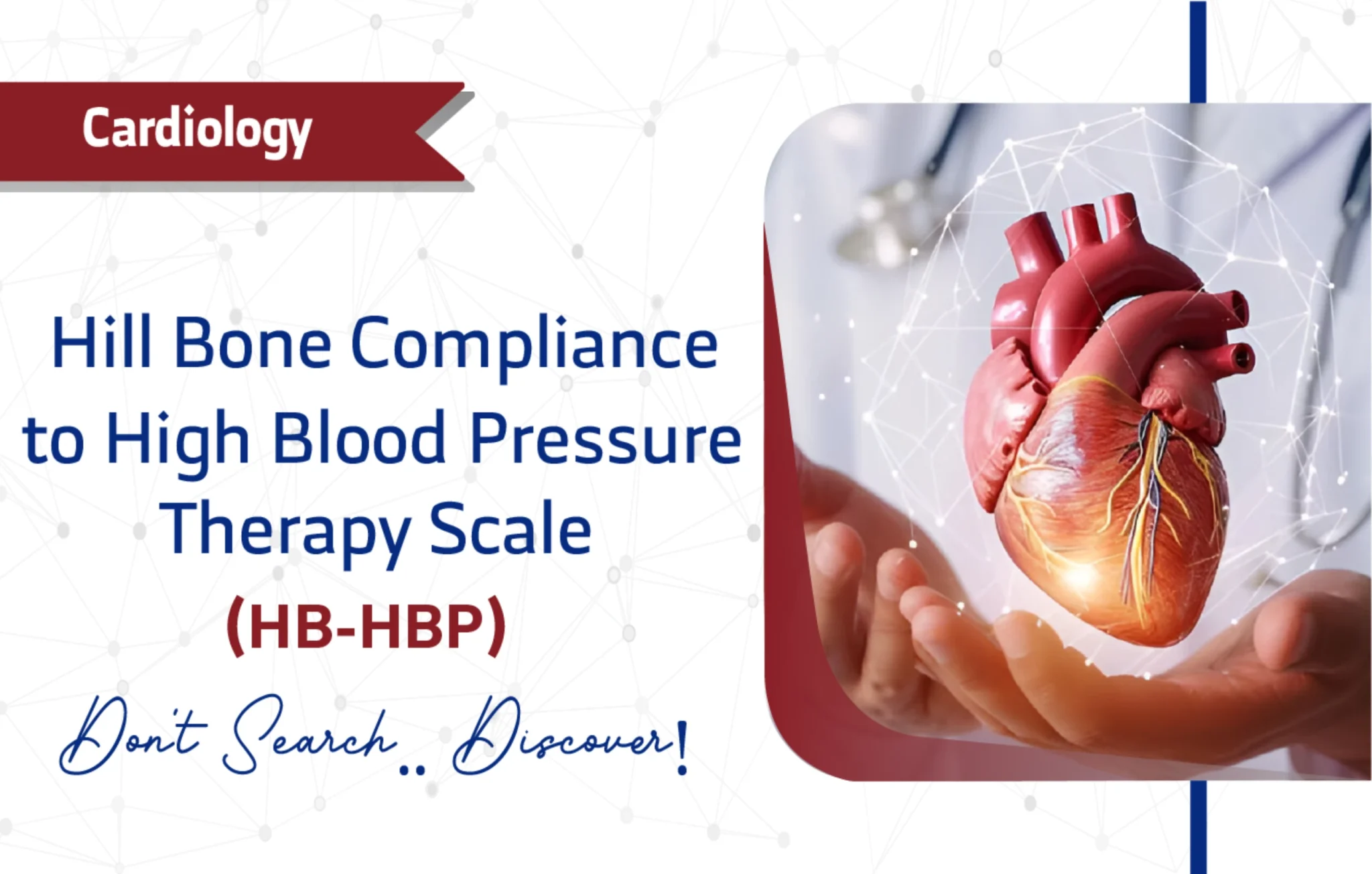
Explore the Hill-Bone Compliance to High Blood Pressure Therapy Scale, a 14-item tool designed to assess medication adherence, sodium intake, and appointment keeping in adults with hypertension. Learn about its scoring, clinical use, and psychometric properties in this comprehensive overview
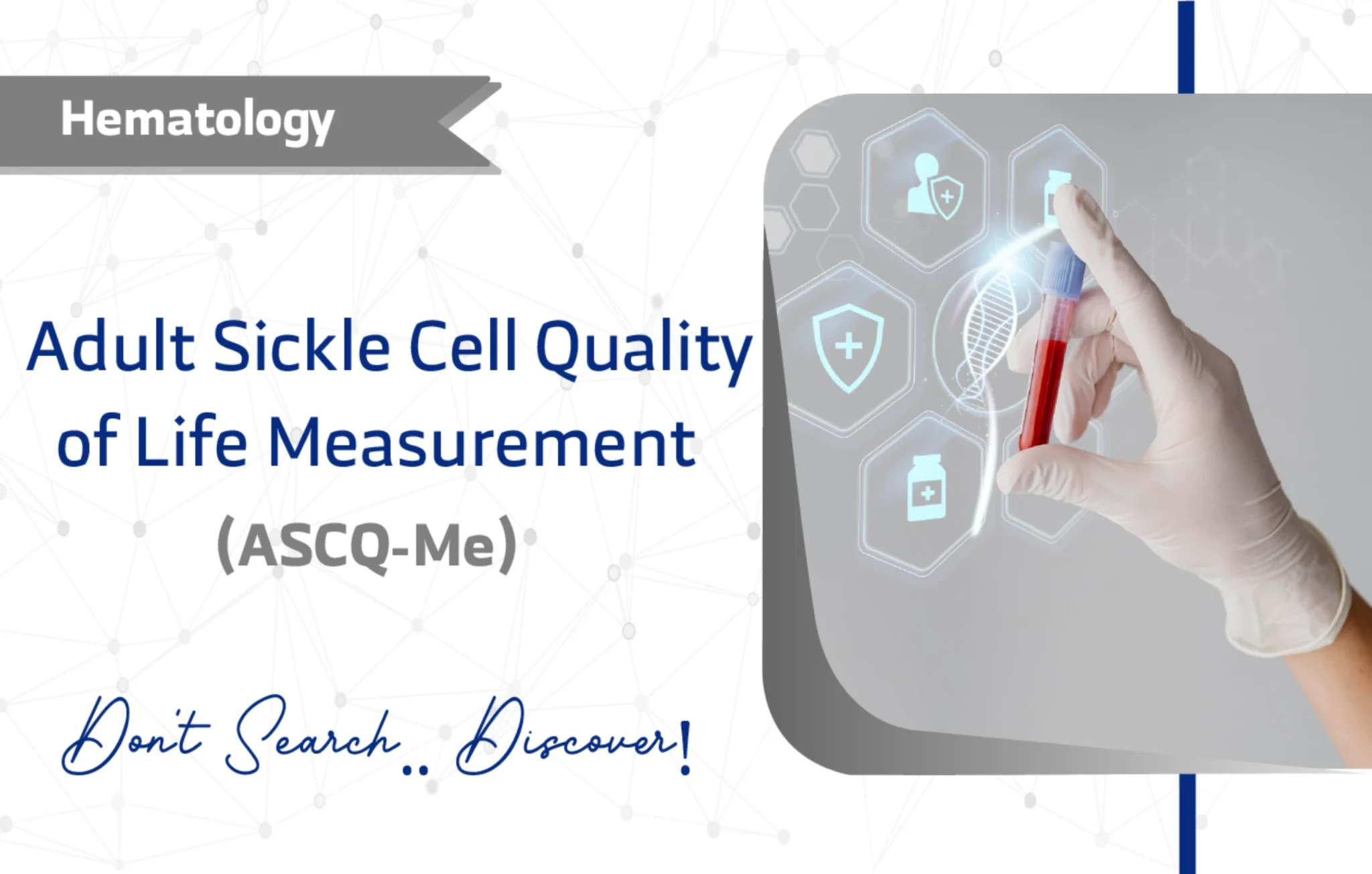
ASCQ-Me evaluates sickle cell disease’s impact on physical, emotional, and social well-being, aiding clinicians and researchers.

The McGill Pain Questionnaire (MPQ) evaluates pain intensity and quality, aiding researchers and clinicians in patient care and studies.
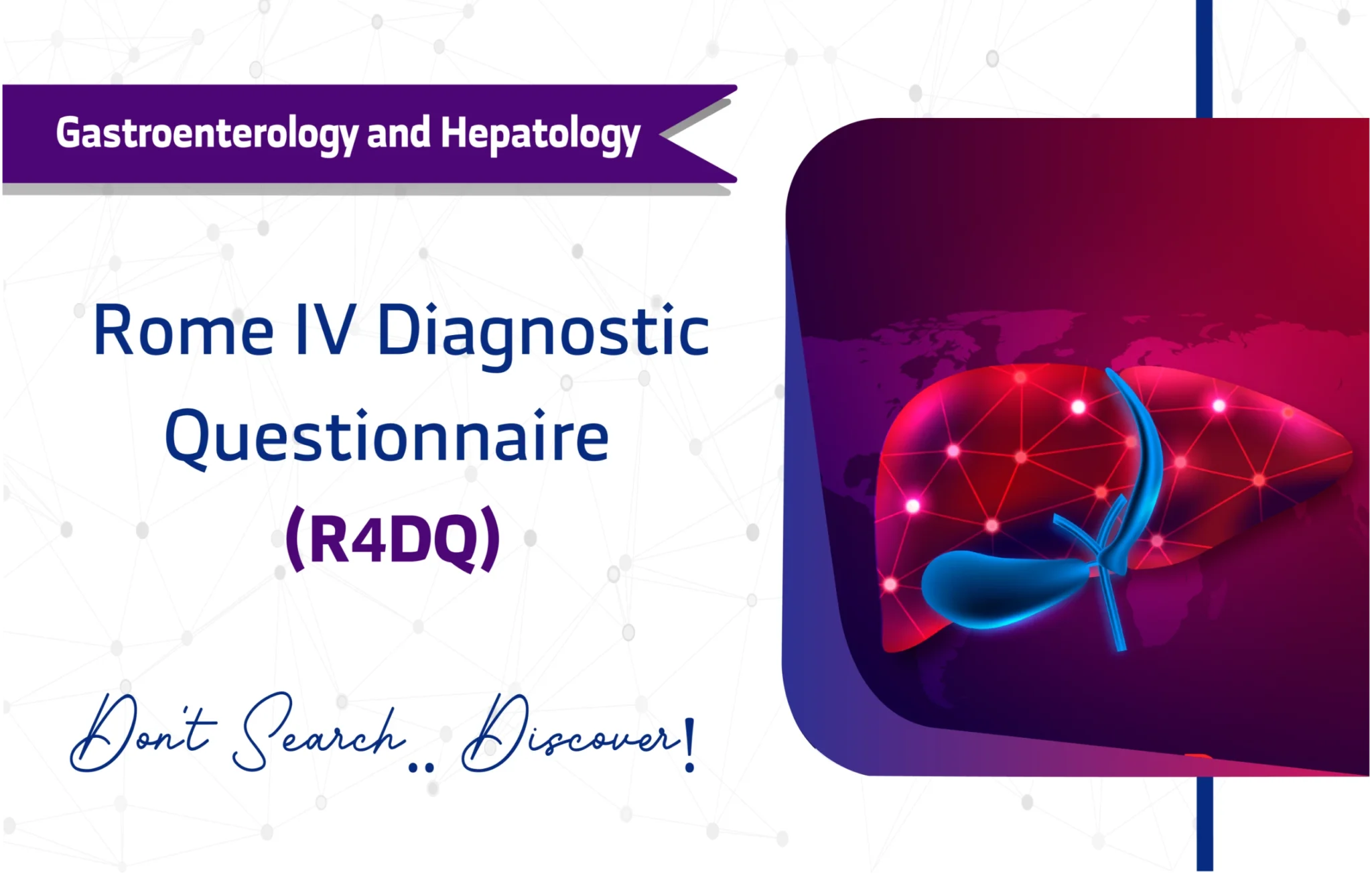
The R4DQ diagnoses functional gastrointestinal disorders, aiding clinicians and researchers in precise assessment.
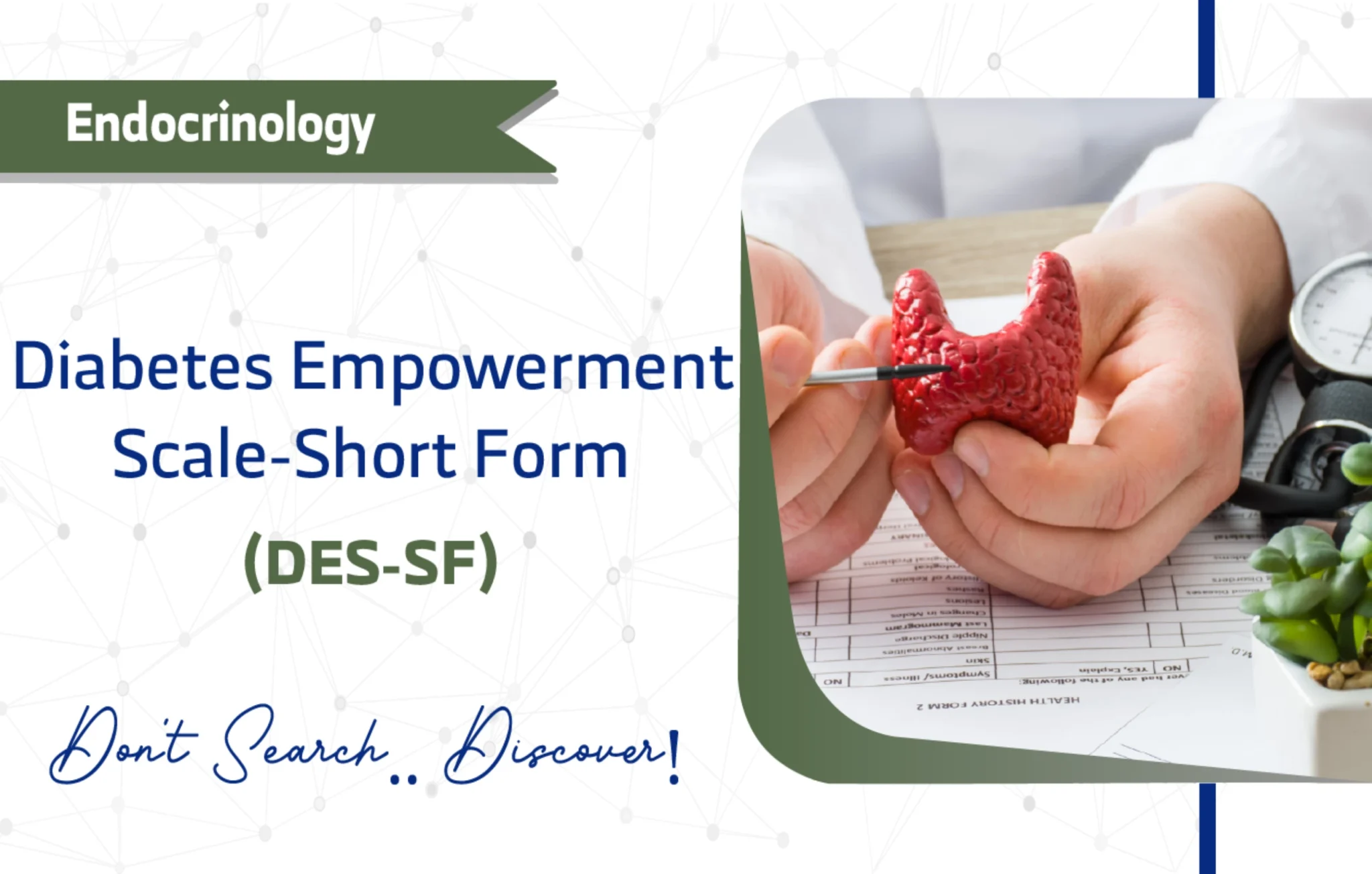
A concise, validated tool for measuring psychosocial empowerment in diabetes. The DES-SF offers critical insights for clinicians and researchers to improve patient outcomes.
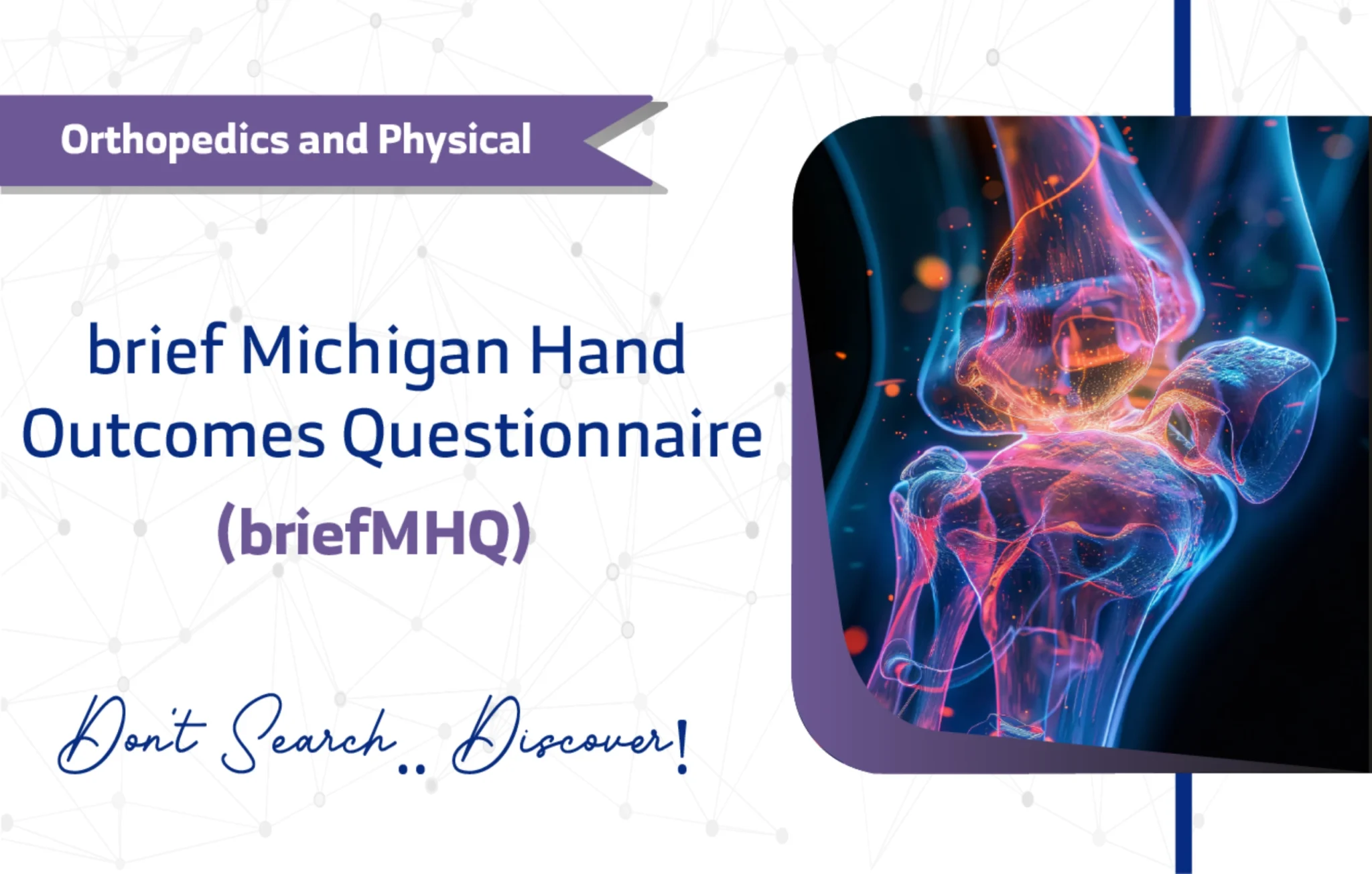
The briefMHQ assesses hand function, pain, and satisfaction in patients with hand disorders, ideal for research and clinical use.

The Diabetes Distress Scale (DDS) is a validated tool for assessing diabetes-specific emotional distress, helping clinicians and researchers in managing the psychological aspects of diabetes care.
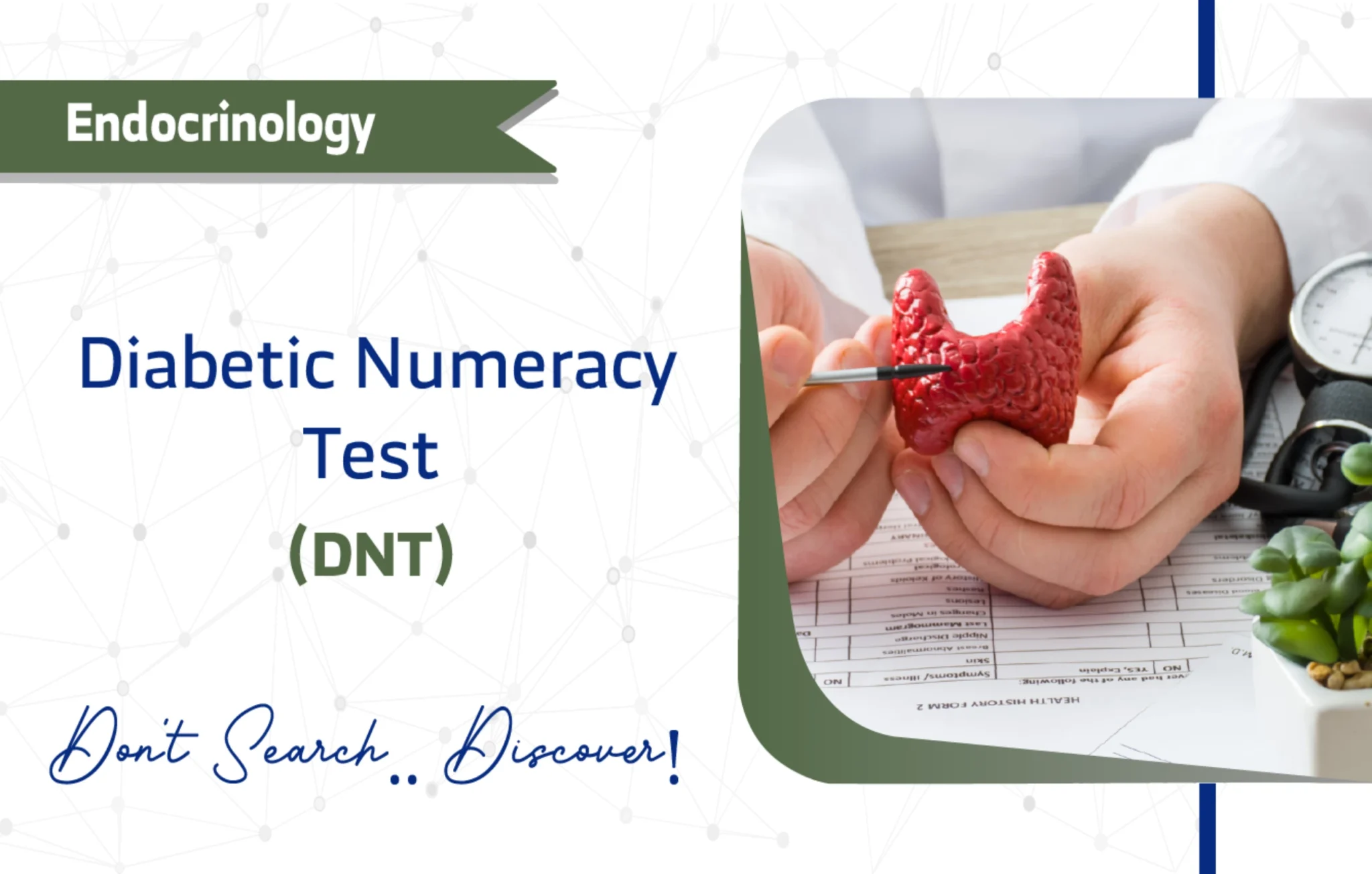
The DNT assesses the numeracy skills essential for diabetes self-management, aiding researchers and clinicians in endocrinology.
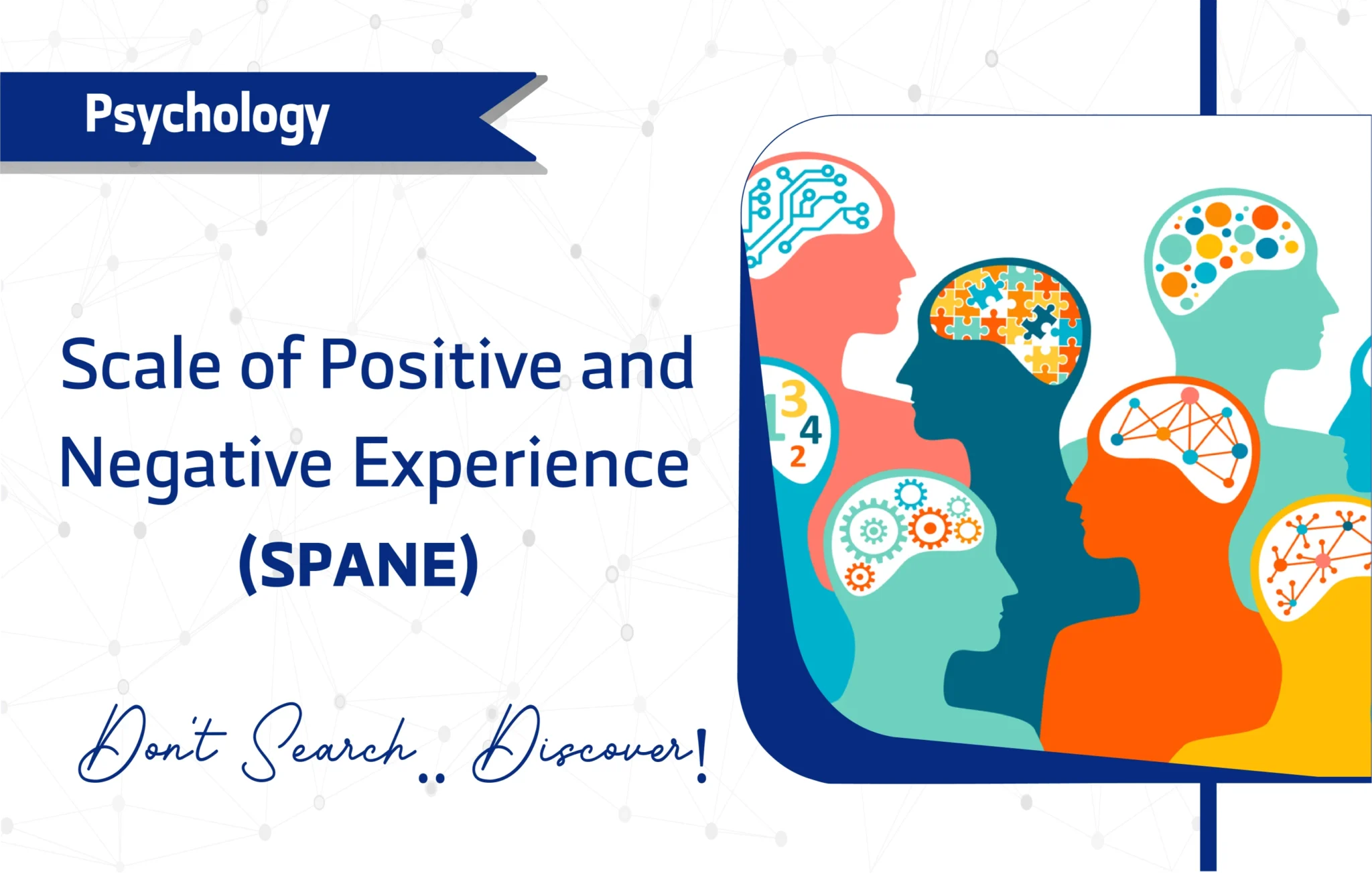
The SPANE measures positive and negative emotions, aiding clinicians and researchers in assessing well-being.
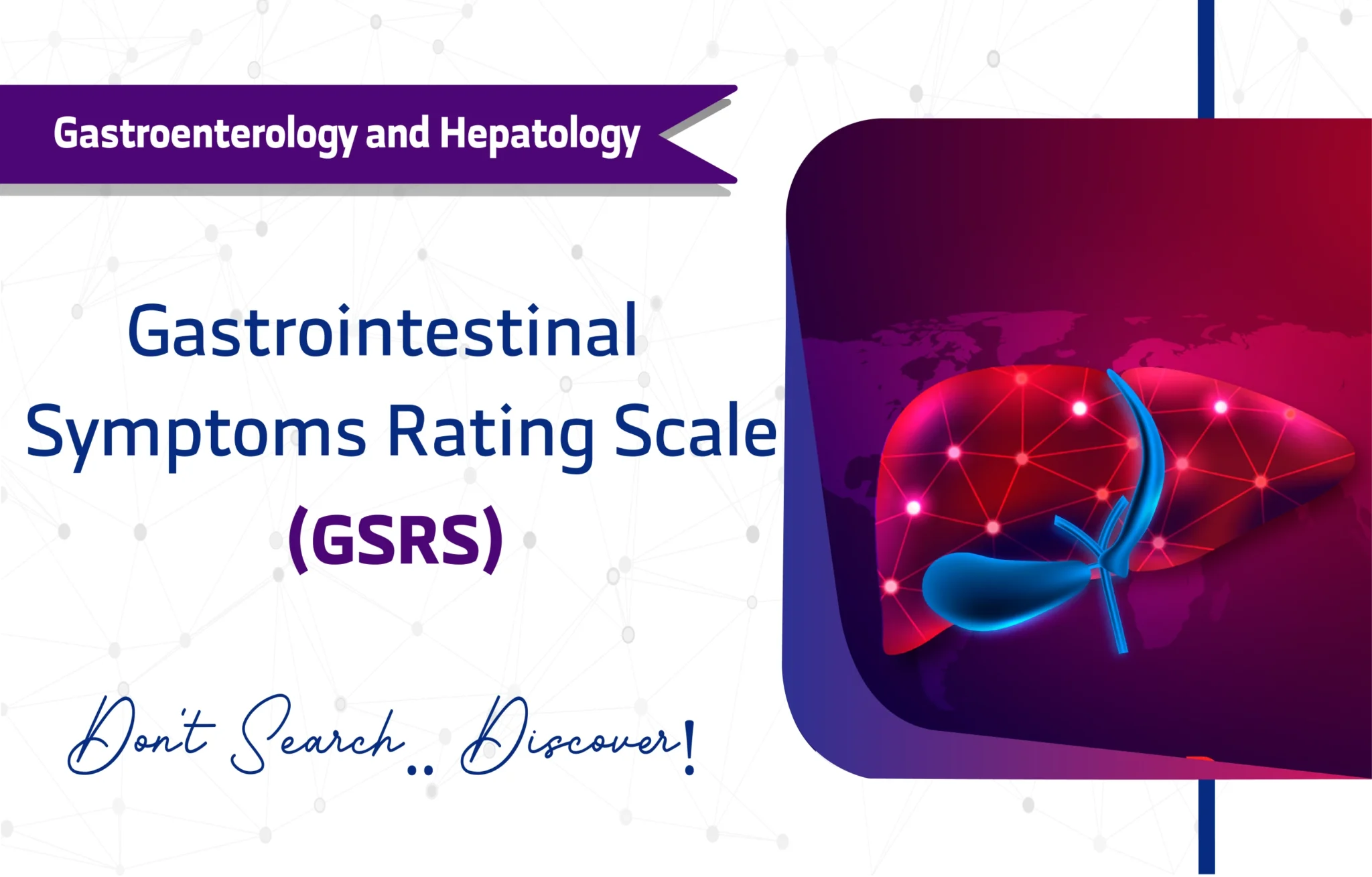
The GSRS evaluates gastrointestinal symptoms, aiding researchers and clinicians in assessing patient discomfort effectively.

The Chalder Fatigue Scale (CFS) is a vital tool for assessing physical and mental fatigue, widely used in clinical and research settings.
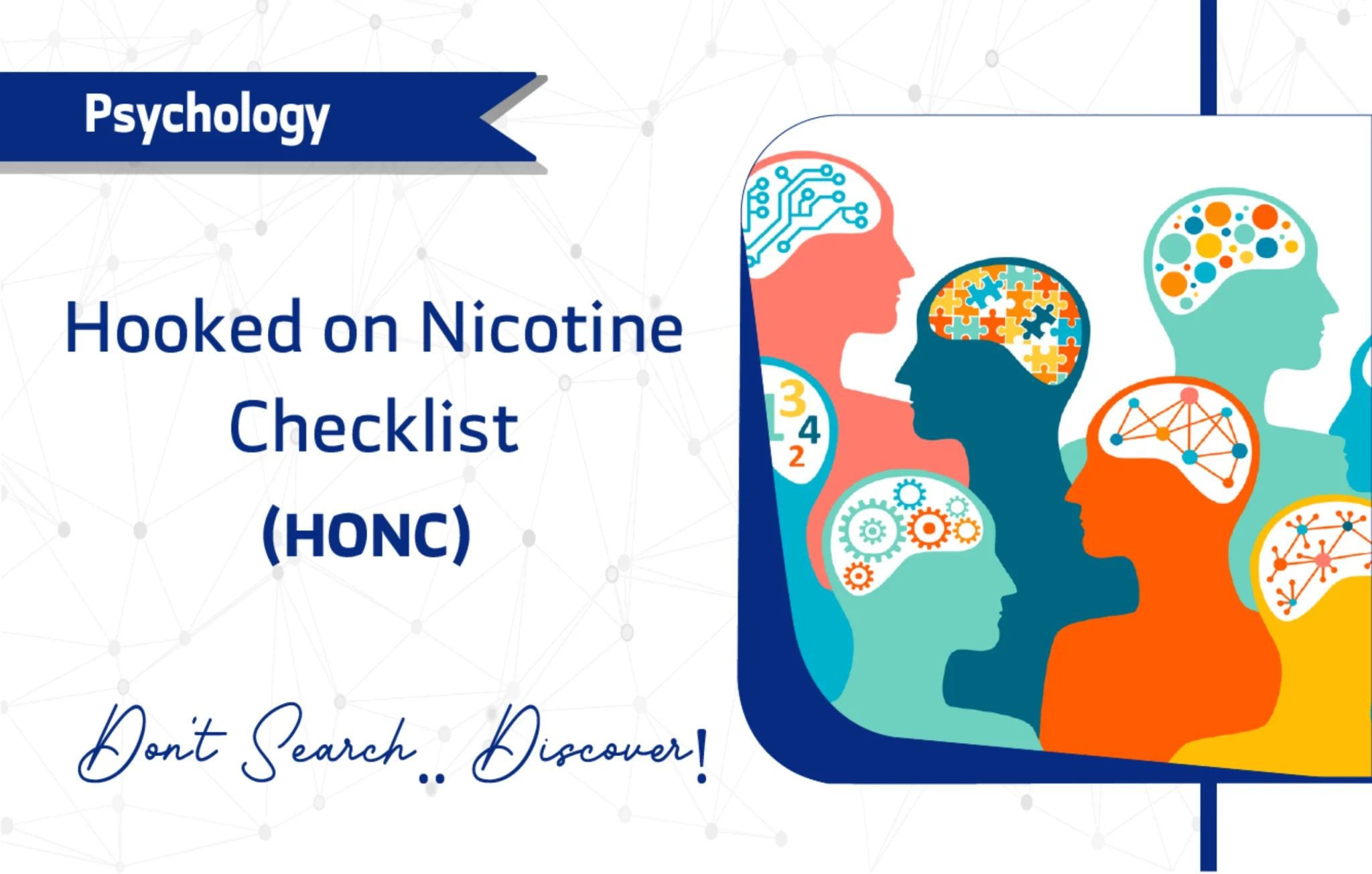
The HONC assesses nicotine dependence and loss of autonomy in adolescents, aiding clinicians and researchers in early intervention.
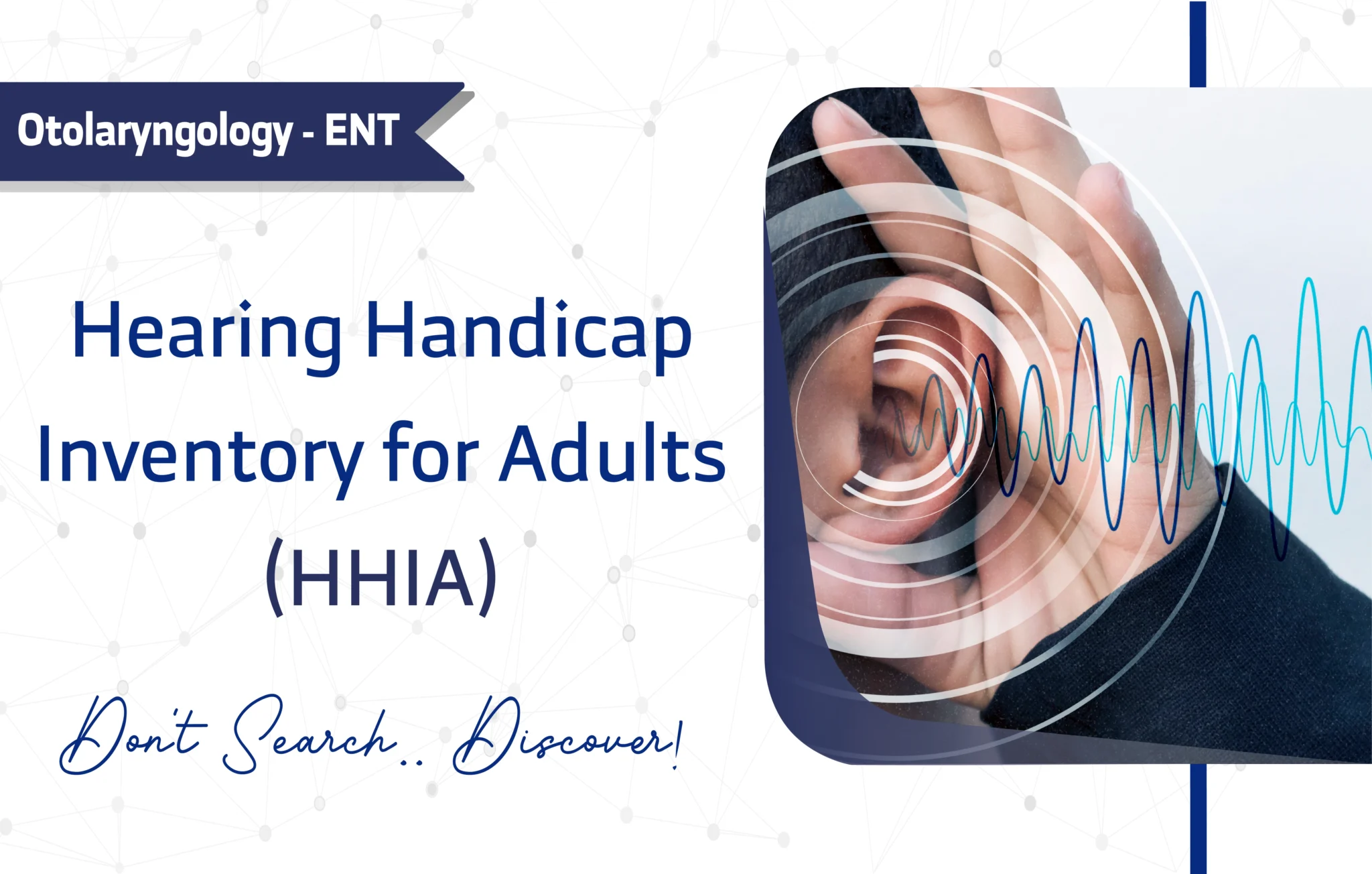
The HHIA is a key 25-item tool for researchers and audiologists to assess the perceived emotional and social handicap of hearing loss in adults.
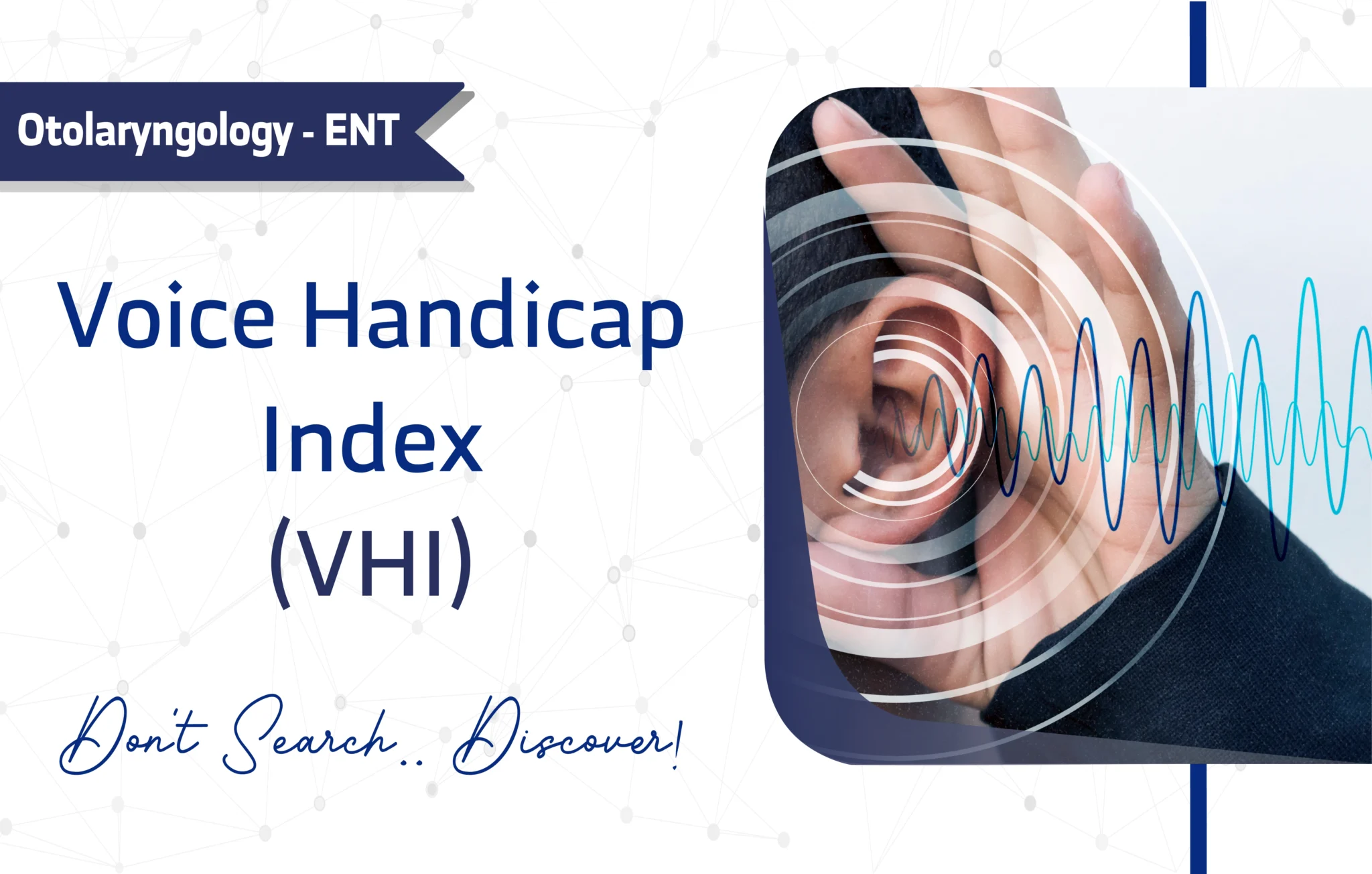
A complete 5-10 minute guide to the Voice Handicap Index (VHI) for researchers, covering its 30 items, 3 subscales, and robust 0.95 reliability.
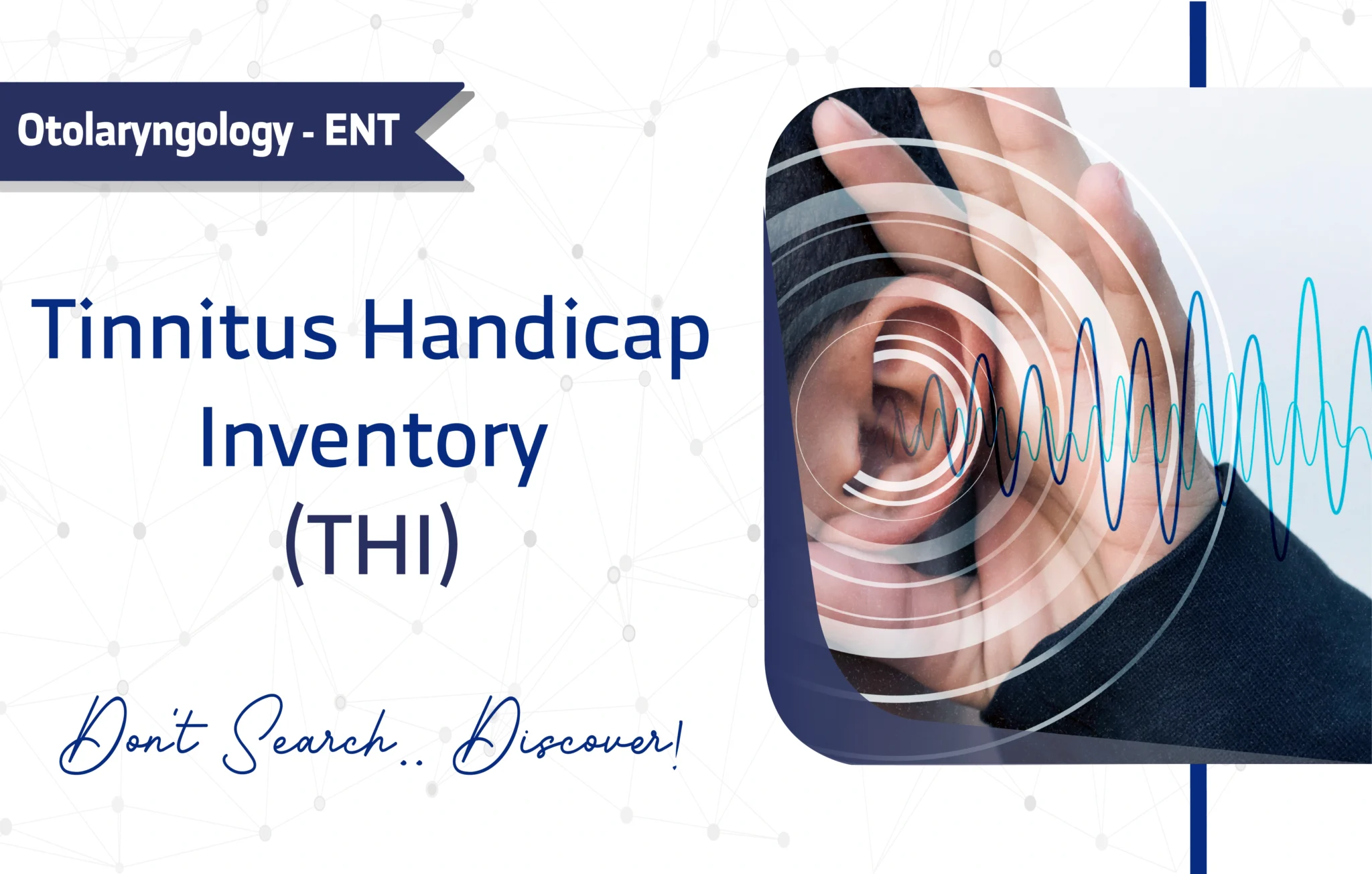
The Tinnitus Handicap Inventory (THI) measures tinnitus-related handicap, supporting clinicians and researchers in improving patient care and outcomes.
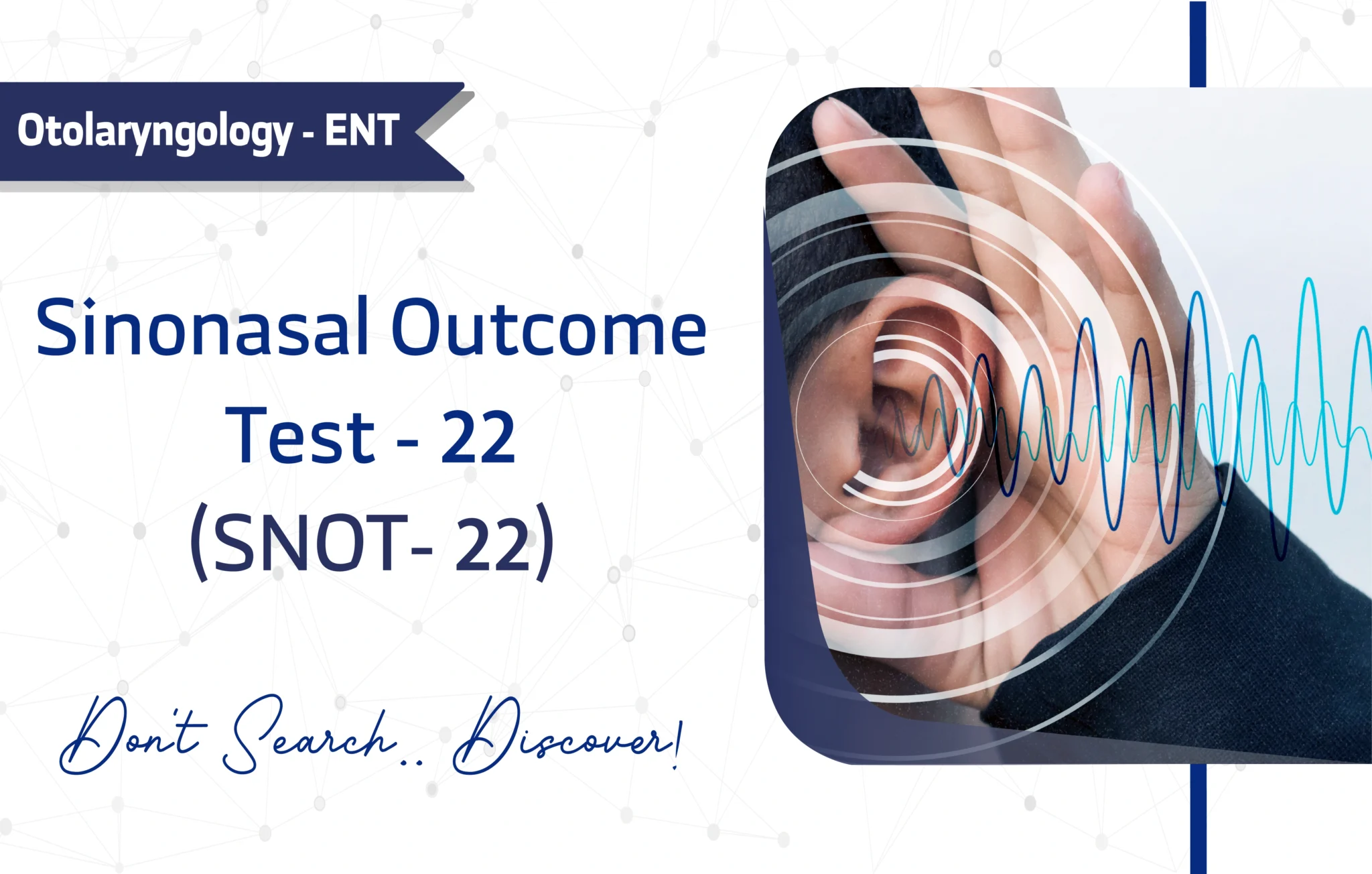
The Sinonasal Outcome Test-22 (SNOT-22) assesses sinonasal symptoms and quality of life, aiding clinicians and researchers in rhinosinusitis management..
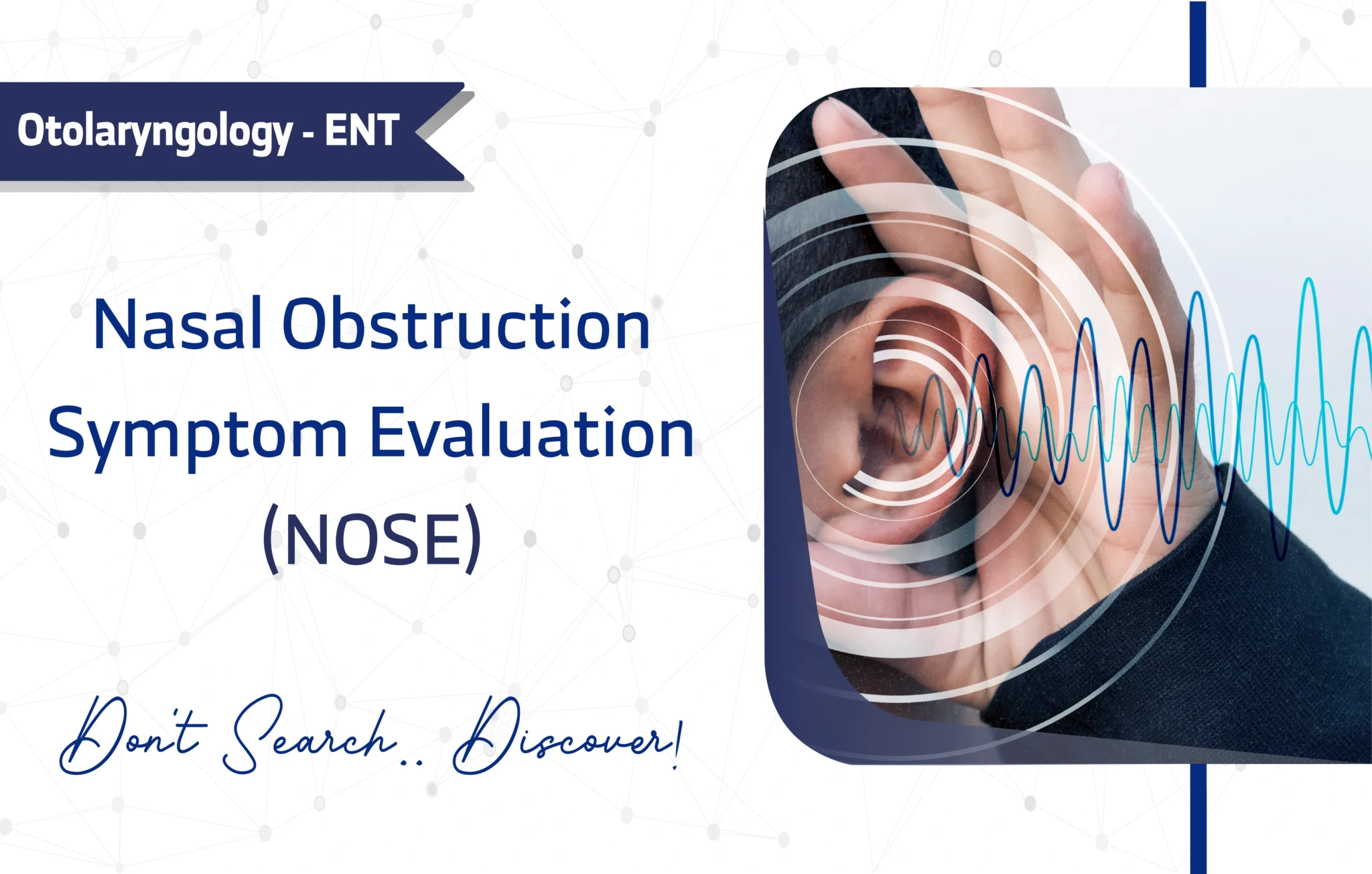
The Nasal Obstruction Symptom Evaluation (NOSE) scale is a validated, 5-item patient-reported outcome measure essential for research and clinical assessment in rhinology.
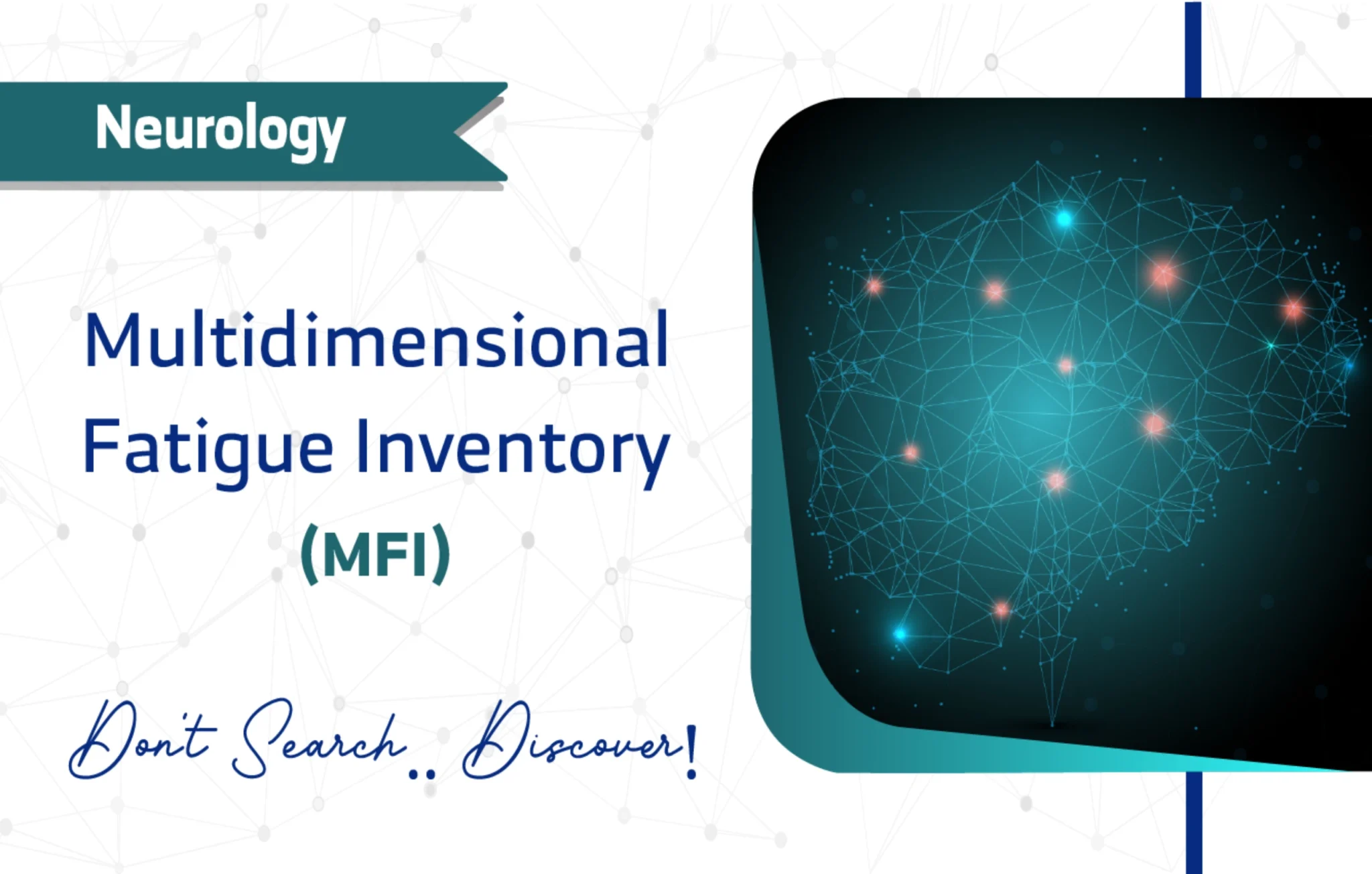
The MFI-20 measures fatigue across five dimensions, empowering researchers and clinicians to tackle chronic fatigue effectively.
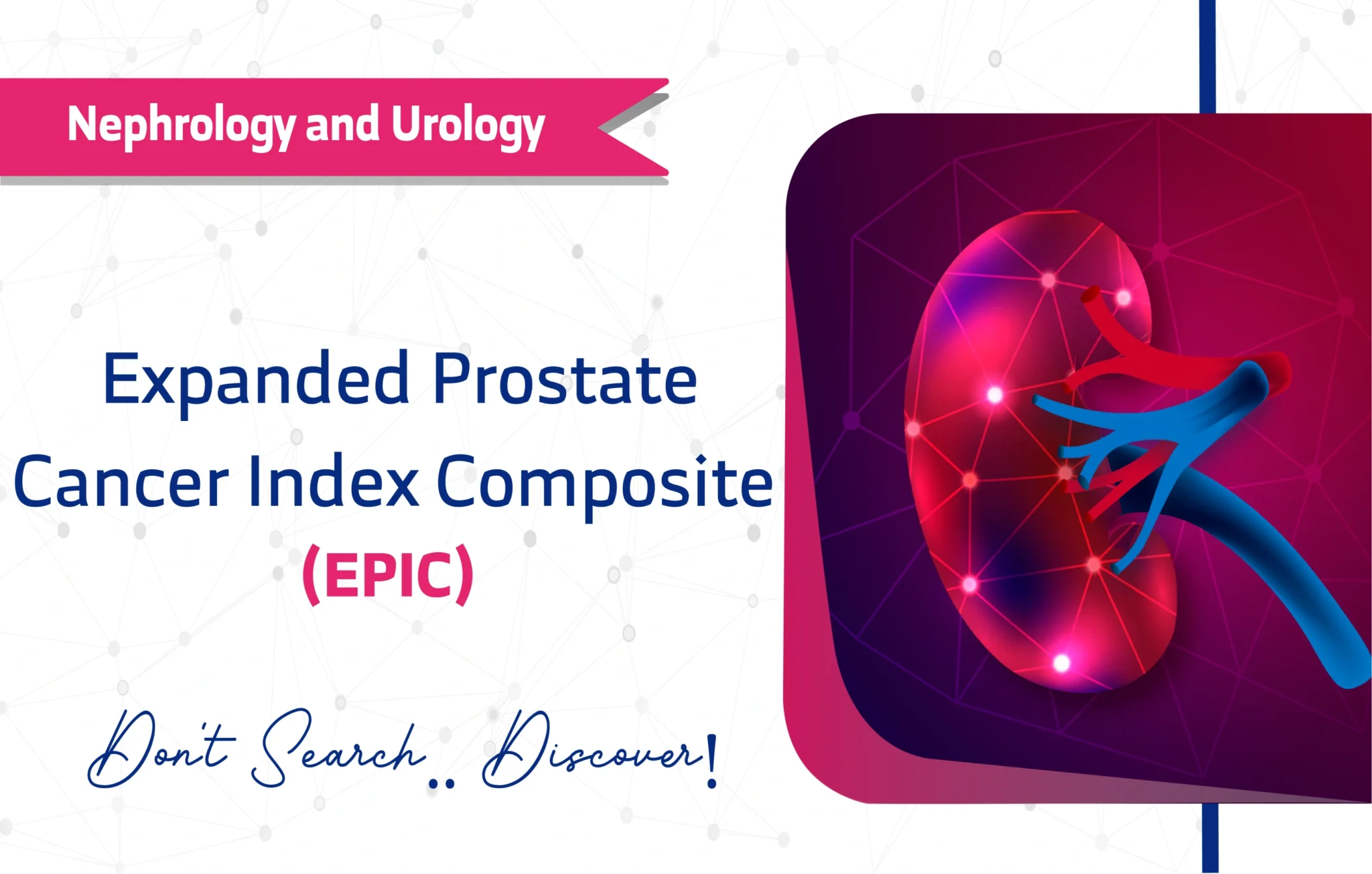
The EPIC assesses quality of life post-prostate cancer treatment, aiding clinicians and researchers.
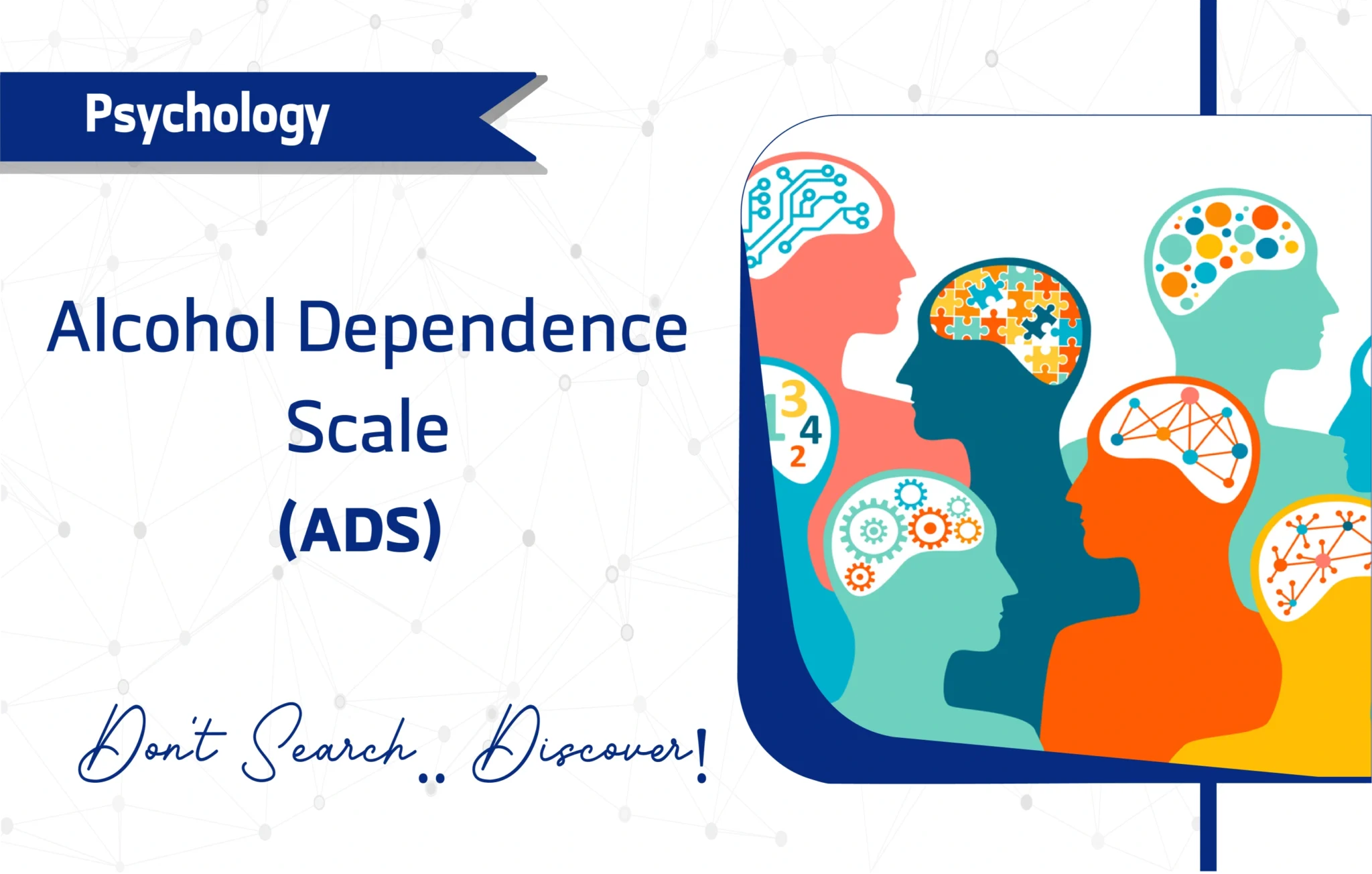
The ADS measures alcohol dependence severity, guiding clinicians and researchers in screening and treatment planning for adults.
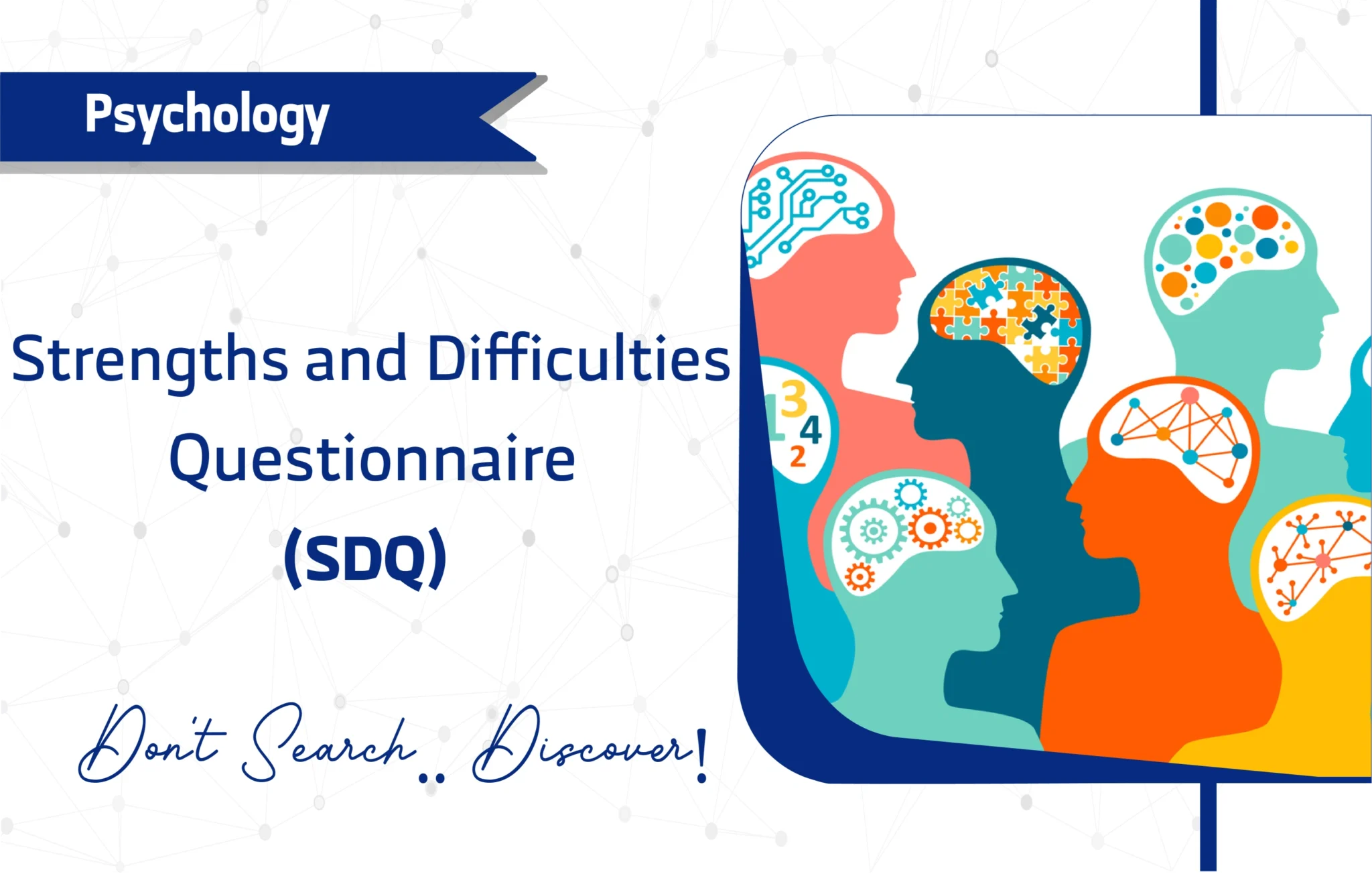
The Strengths and Difficulties Questionnaire (SDQ) is a globally trusted tool for assessing child and adolescent mental health, offering concise, reliable screening.

Dive into the Diabetes-Specific Quality of Life (DSQoL) scale, a robust, validated instrument for evaluating treatment burdens and quality-of-life impacts in diabetes patients.
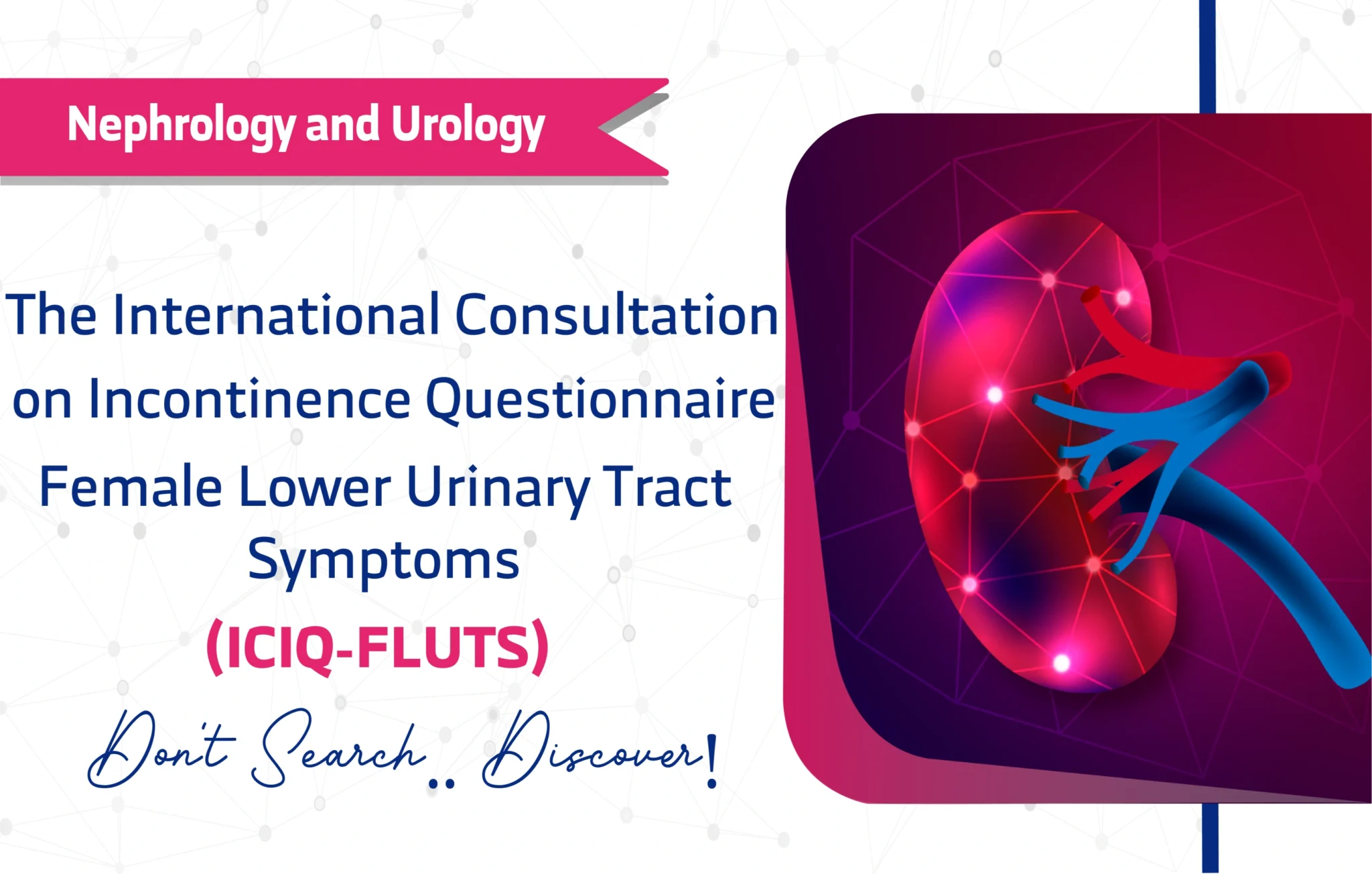
Explore the ICIQ-FLUTS questionnaire, a validated tool for assessing female LUTS and quality-of-life impacts
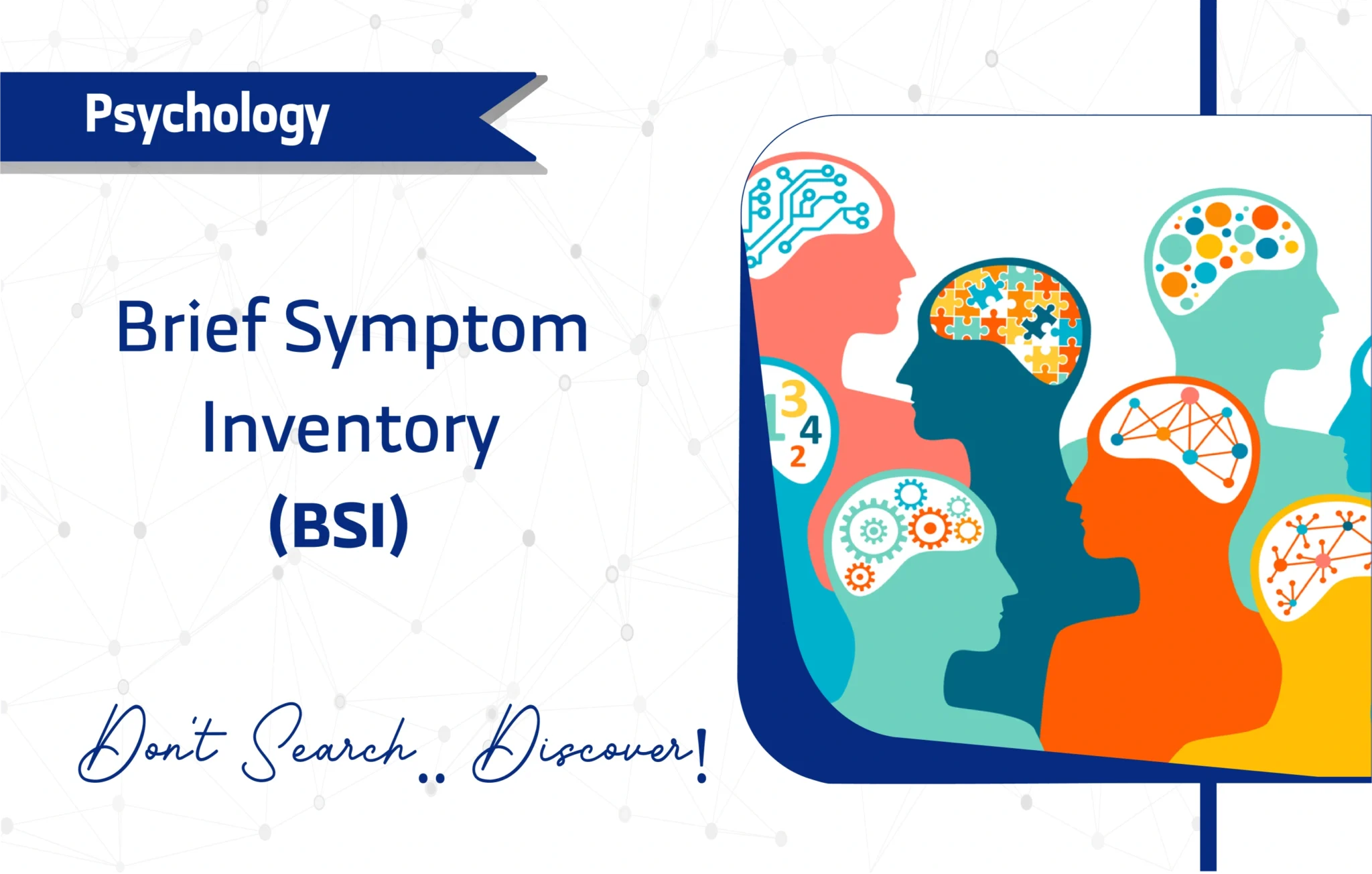
The Brief Symptom Inventory (BSI) assesses psychological distress, aiding clinicians and researchers in mental health evaluation and care.
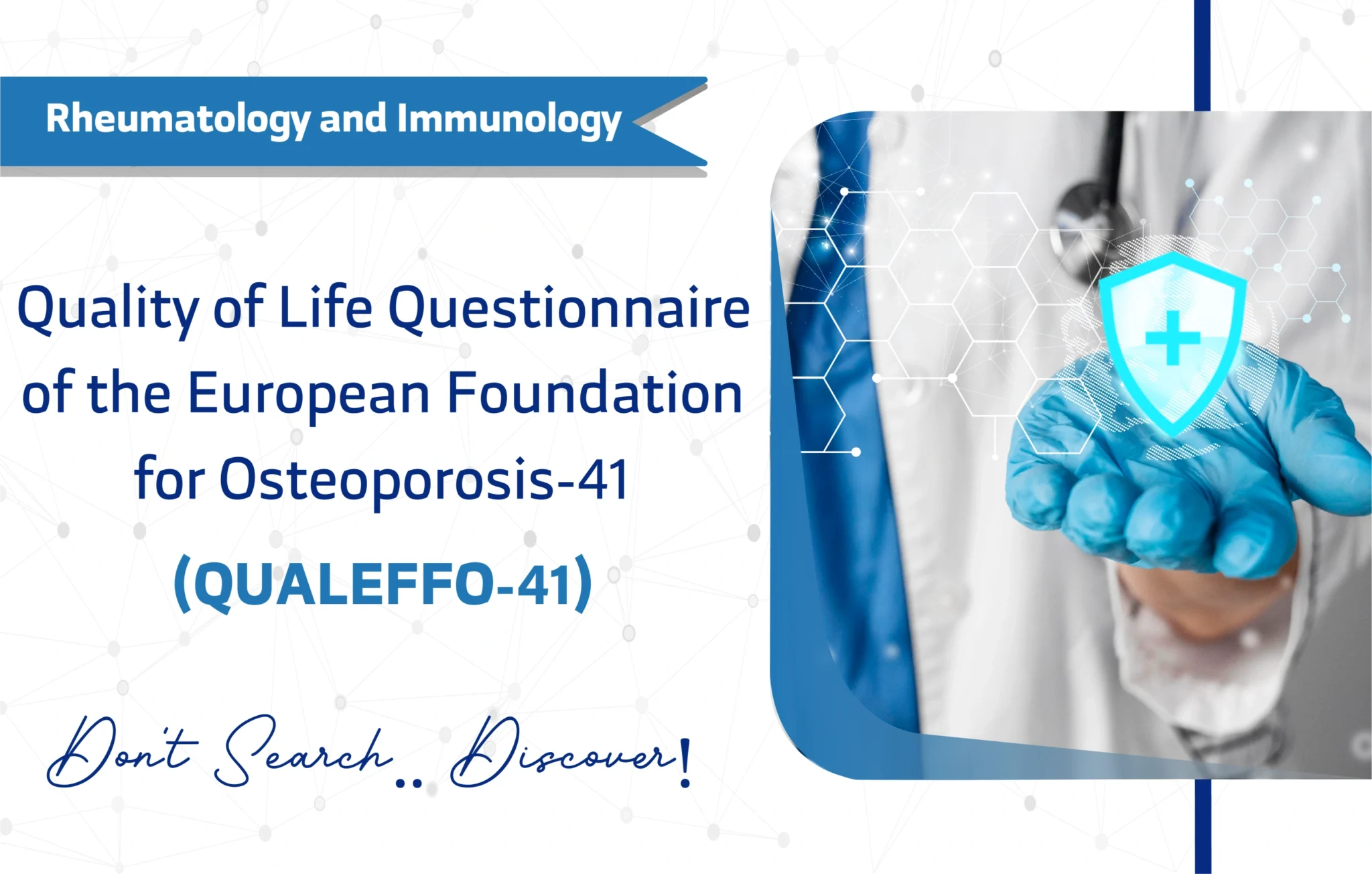
The Quality of Life Questionnaire of the European Foundation for Osteoporosis-41 (QUALEFFO-41) assesses quality of life in osteoporosis patients with vertebral fractures, aiding researchers in evaluating pain, function, and mental health.
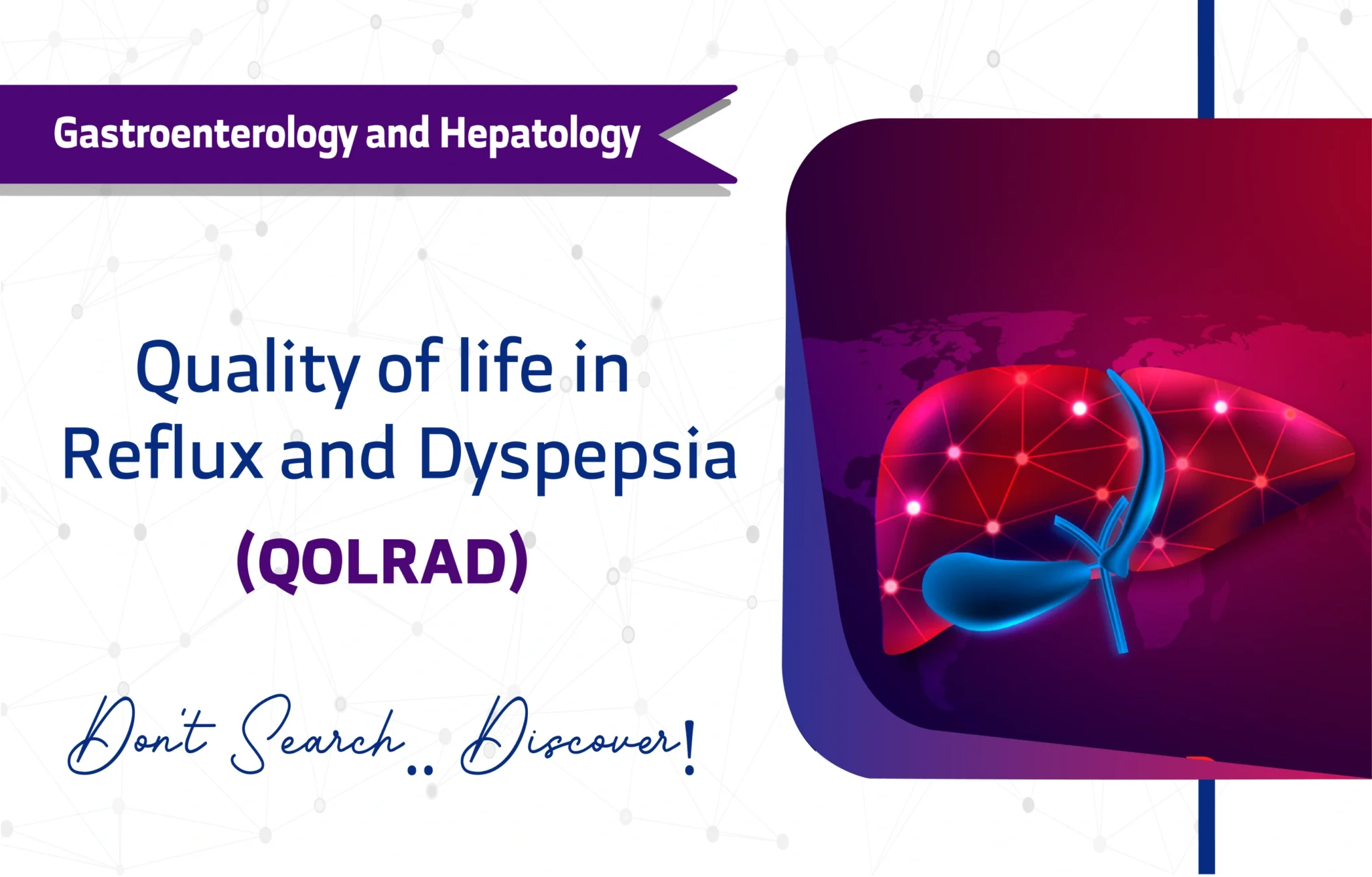
The Quality of Life in Reflux and Dyspepsia (QOLRAD) assesses quality of life impacts from GERD and dyspepsia, aiding researchers in evaluating patient outcomes.
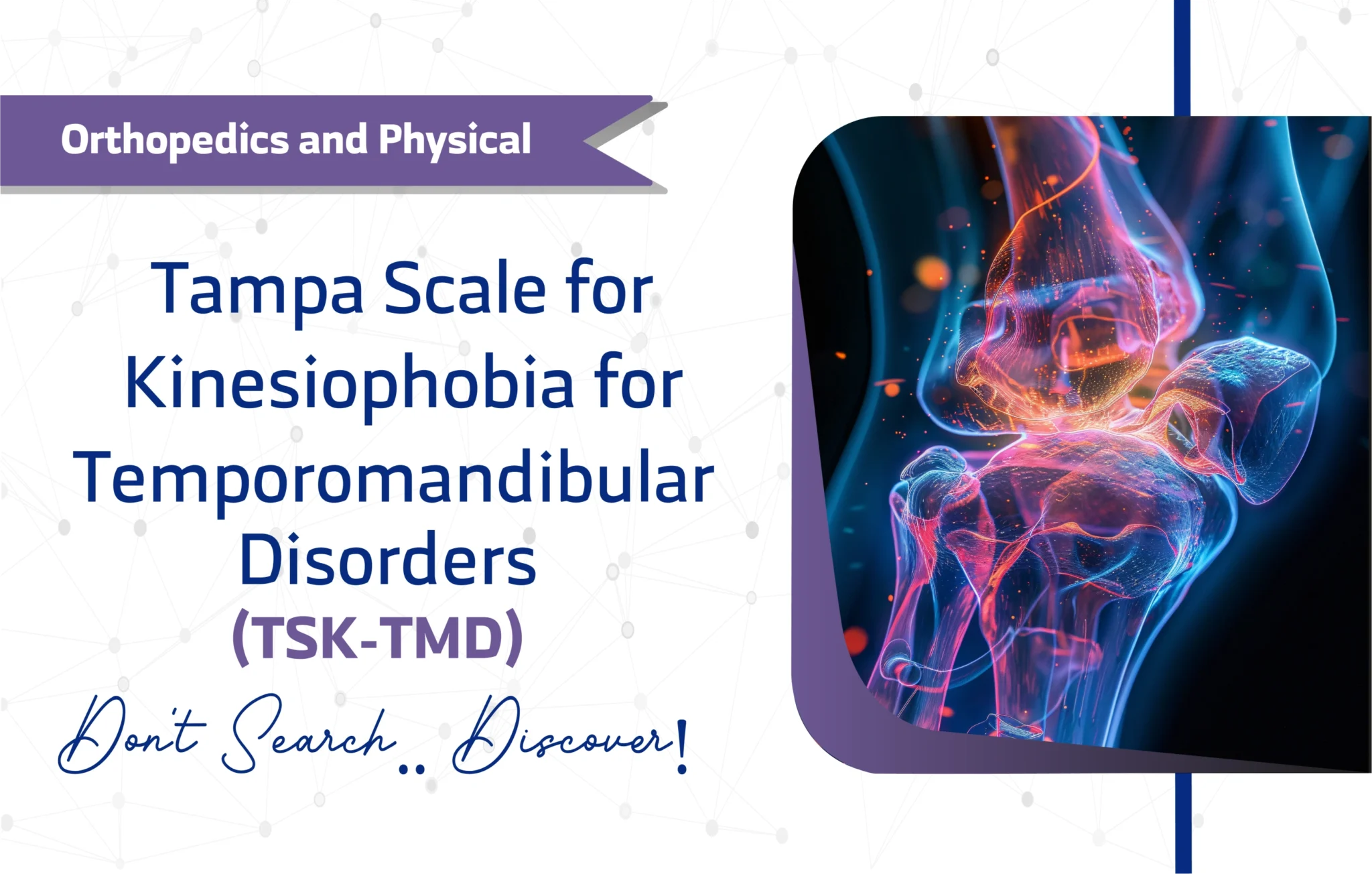
The Tampa Scale for Kinesiophobia for Temporomandibular Disorders (TSK-TMD) assesses fear of movement in TMD patients, aiding clinicians and researchers in tailored interventions.
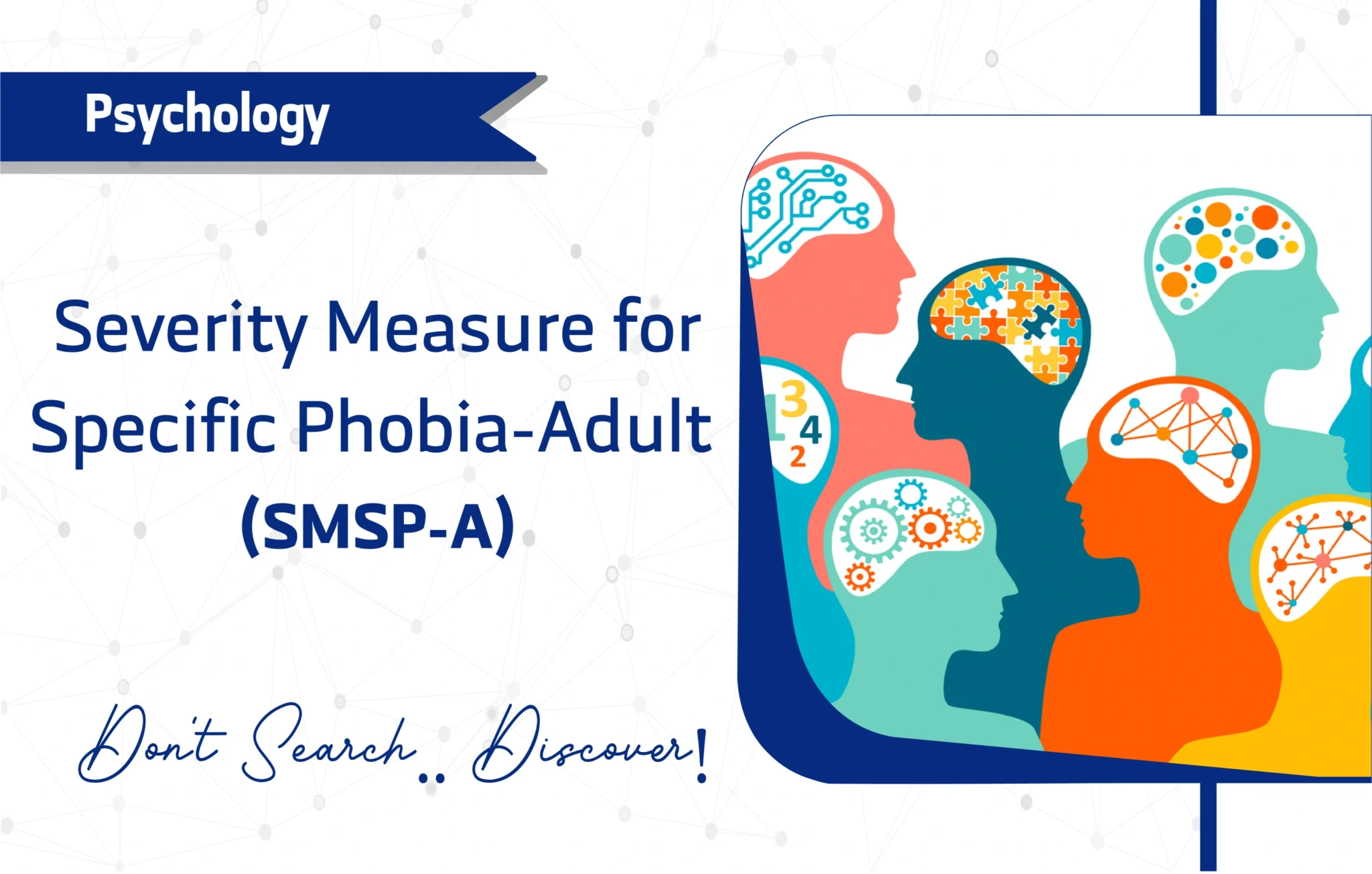
The Severity Measure for Specific Phobia-Adult (SMSP-A) evaluates specific phobia severity in adults, aiding clinicians and researchers in mental health assessment and treatment.
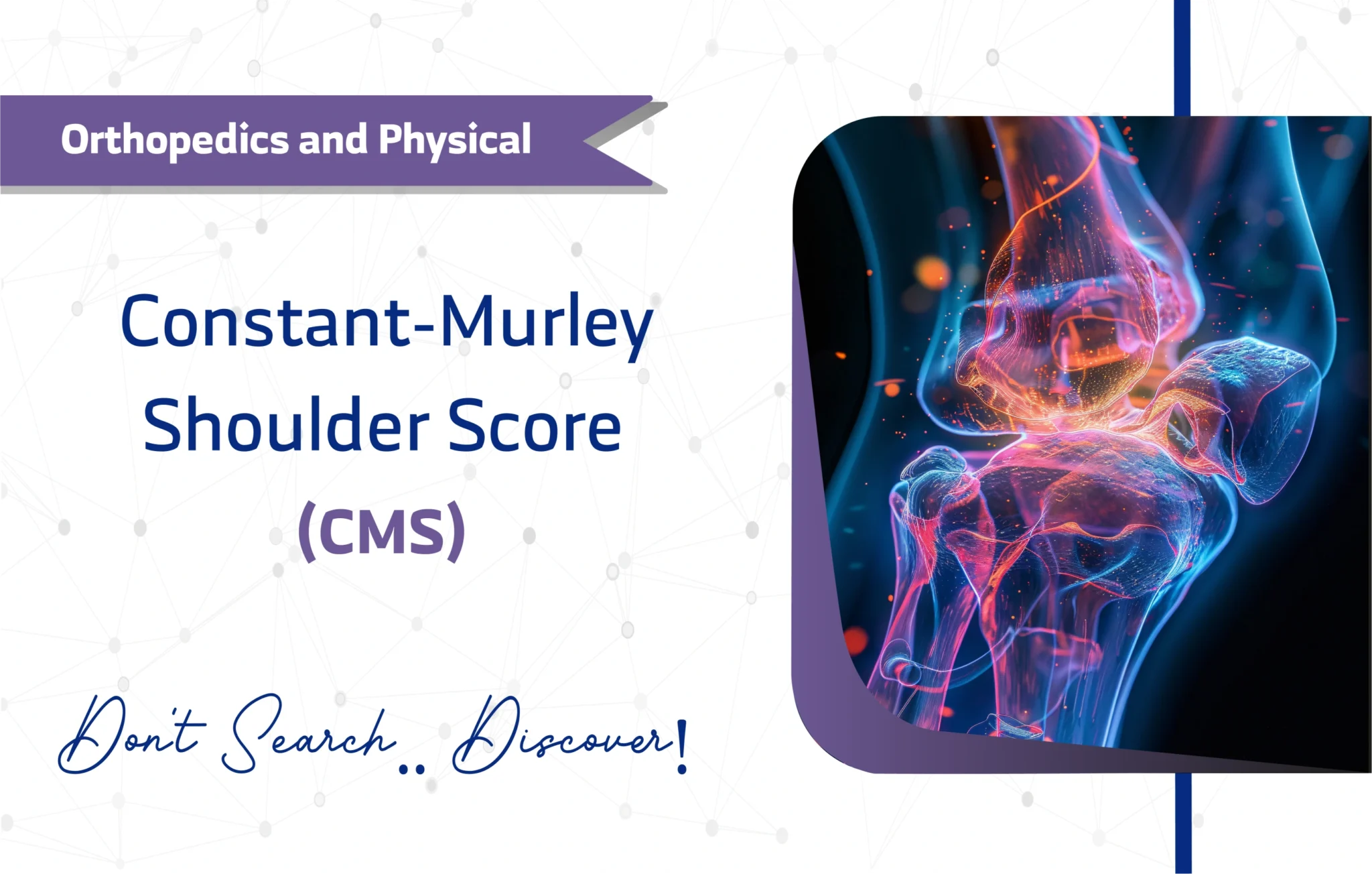
The Constant-Murley Score (CMS) evaluates shoulder function, aiding clinicians and researchers in orthopedic care and rehabilitation.
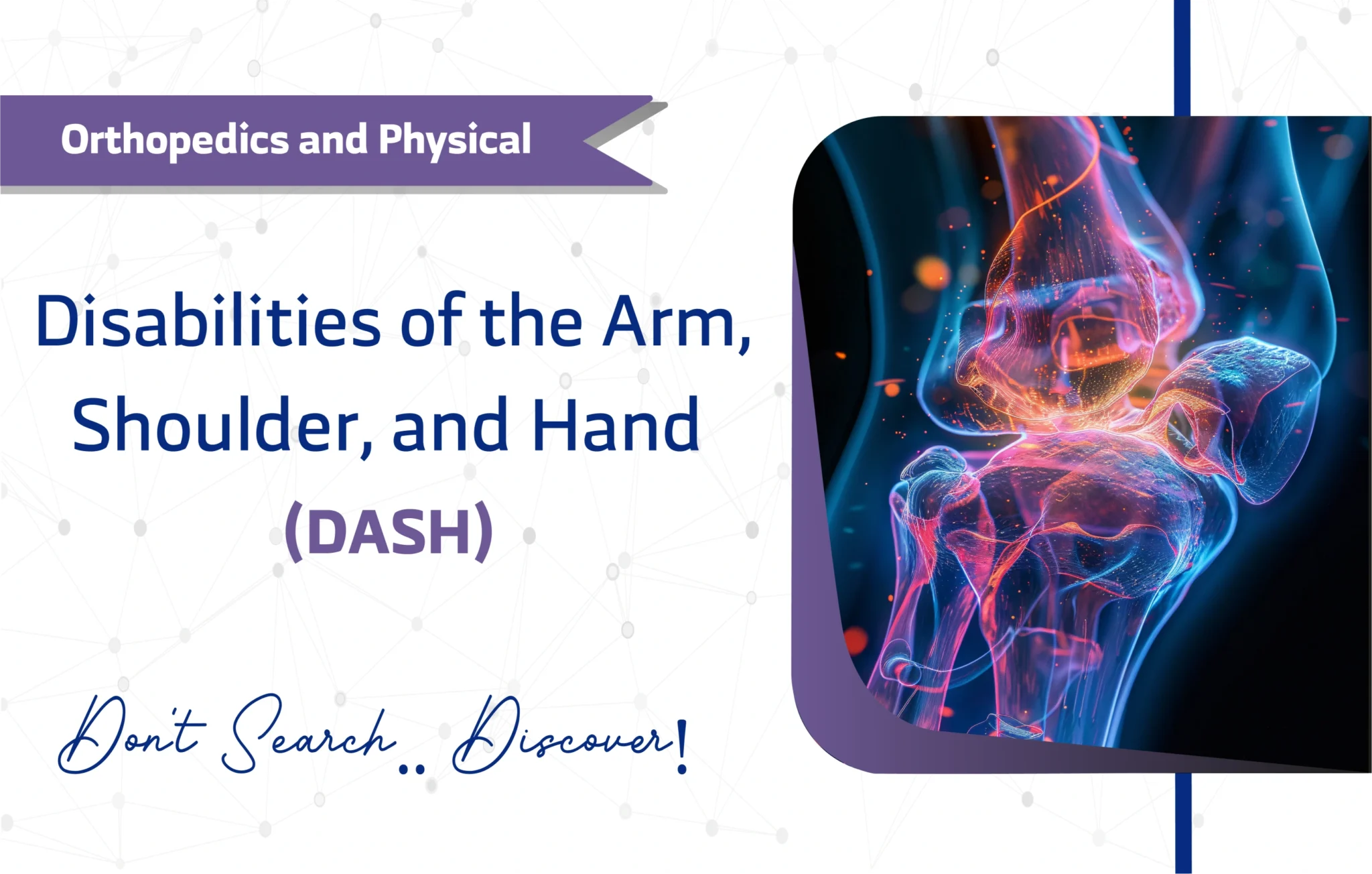
The Disabilities of the Arm, Shoulder, and Hand (DASH) questionnaire assesses upper limb function, aiding clinicians and researchers in musculoskeletal care and rehabilitation.
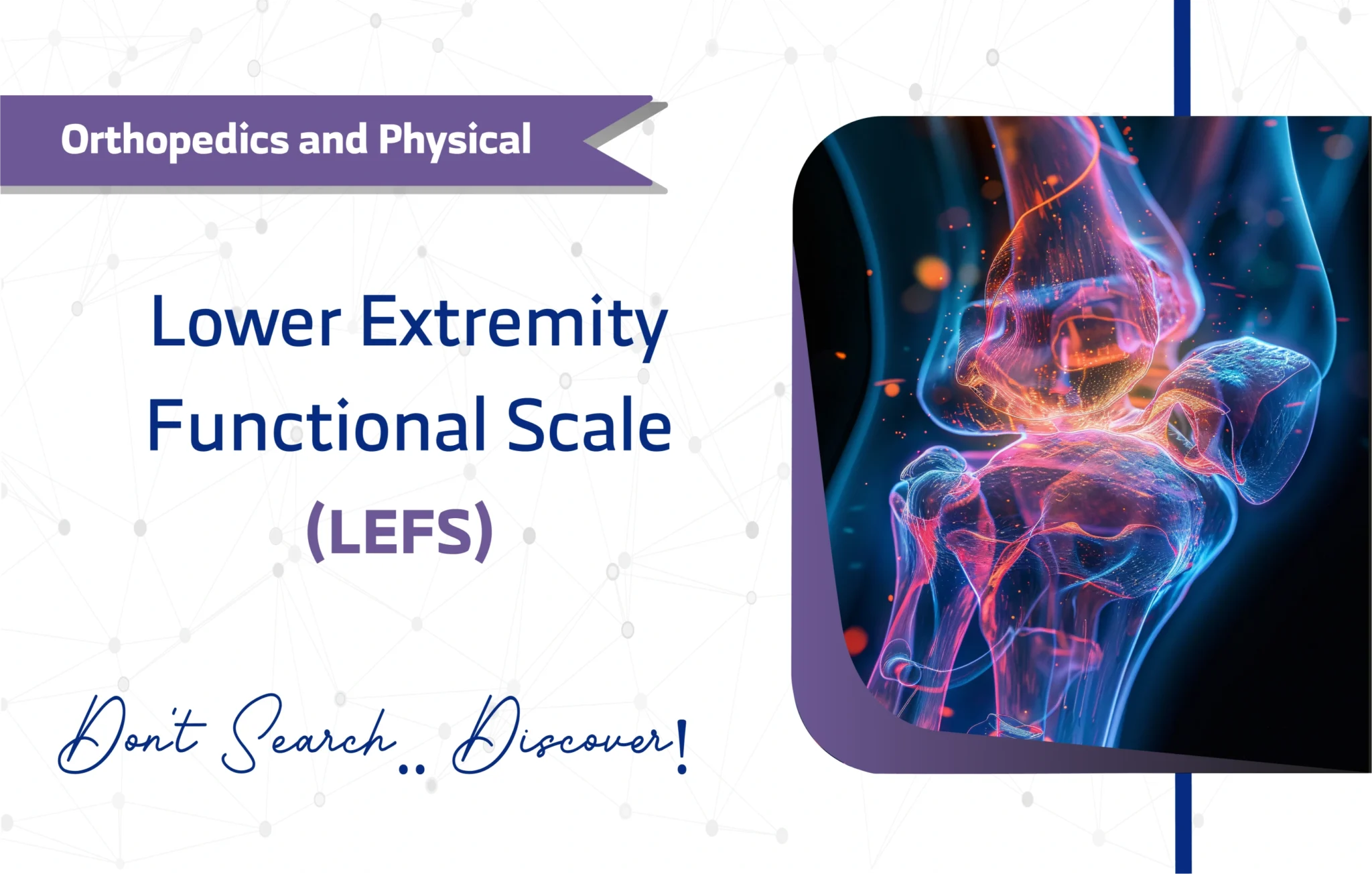
The Hip Disability and Osteoarthritis Outcome Score for Joint Replacement (HOOS-JR) assesses hip disability and osteoarthritis, aiding clinicians and researchers in evaluating functional outcomes post-joint replacement.
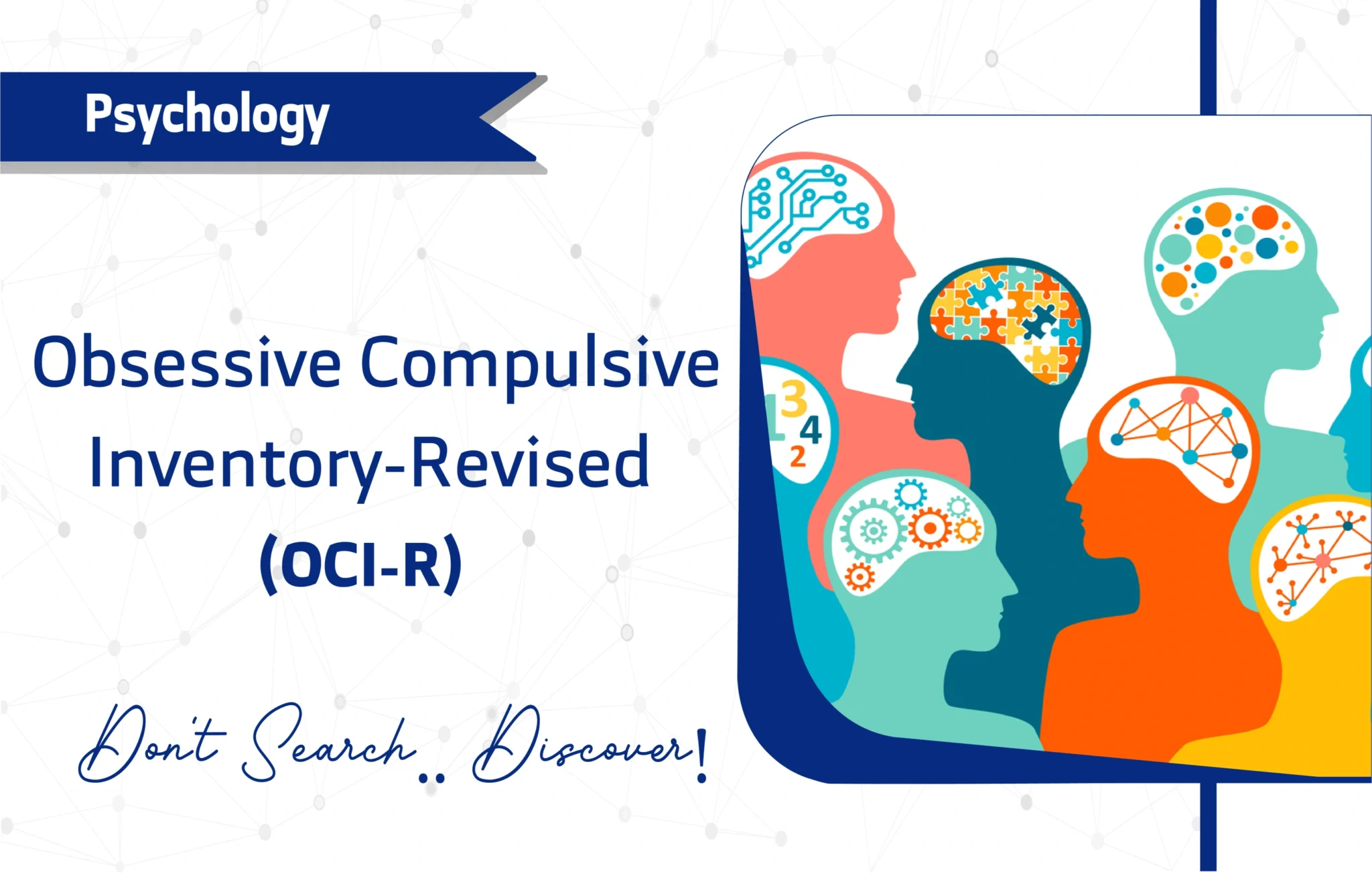
The Obsessive Compulsive Inventory-Revised (OCI-R) assesses OCD symptoms efficiently, aiding clinicians and researchers in mental health evaluation.
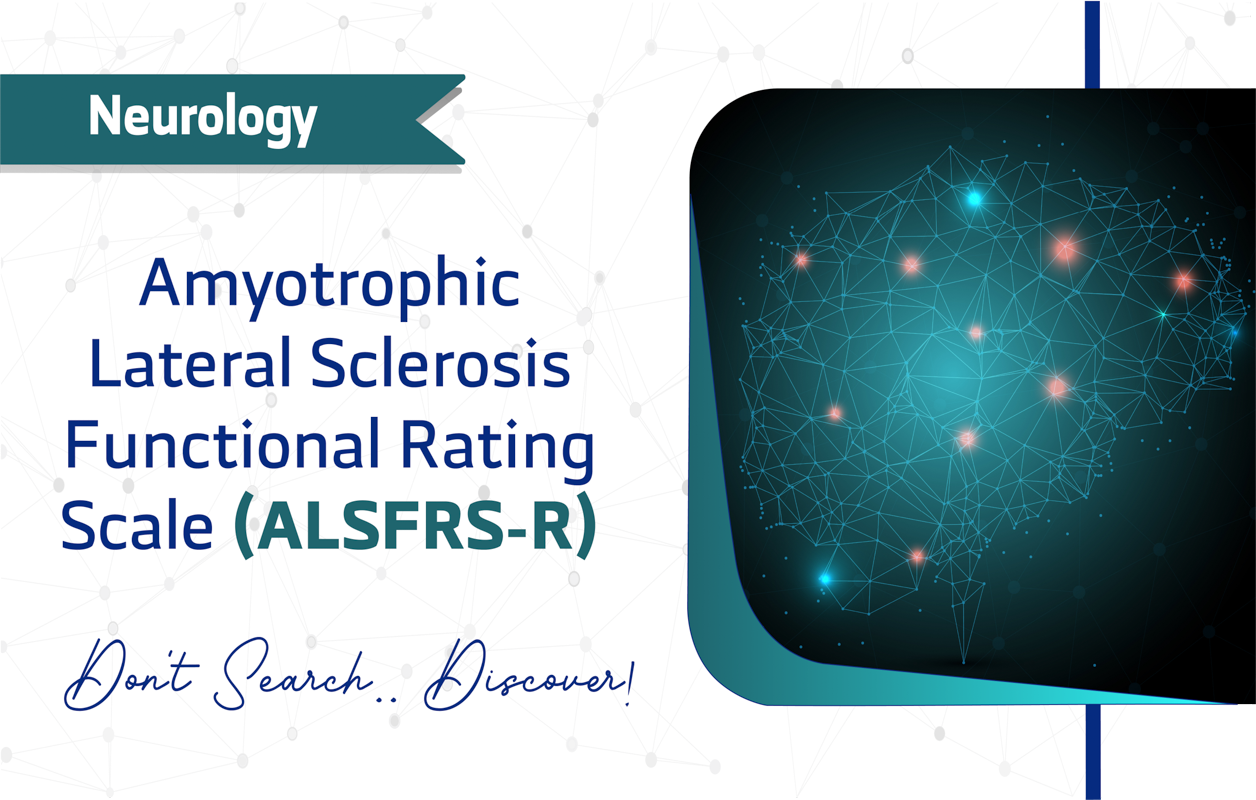
The ALSFRS-R assesses physical function in ALS patients, tracking progression and functional decline, guiding clinicians and researchers in disease management.
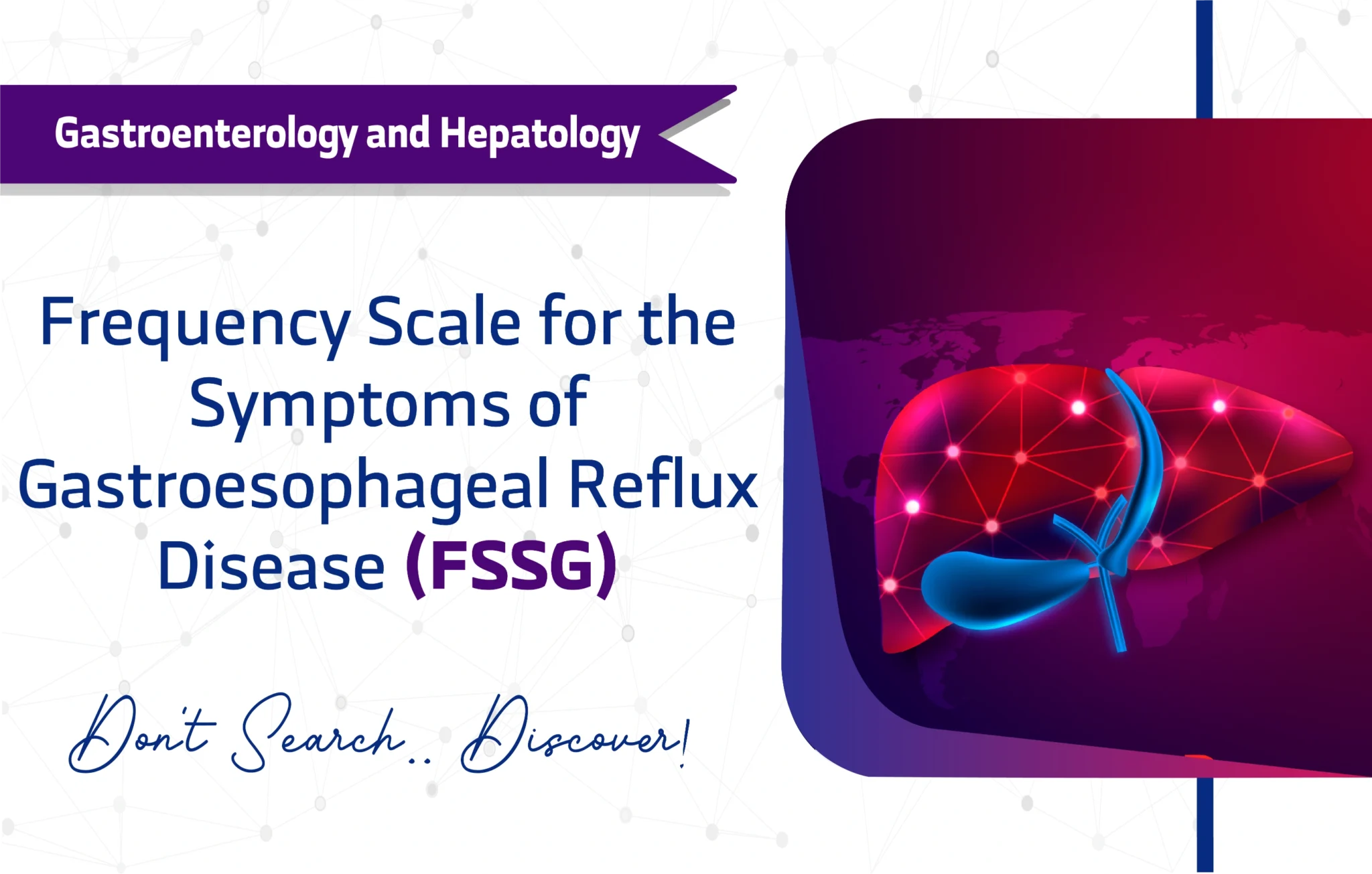
A validated, dual-domain GERD questionnaire for assessing reflux and dyspepsia symptoms in adults.
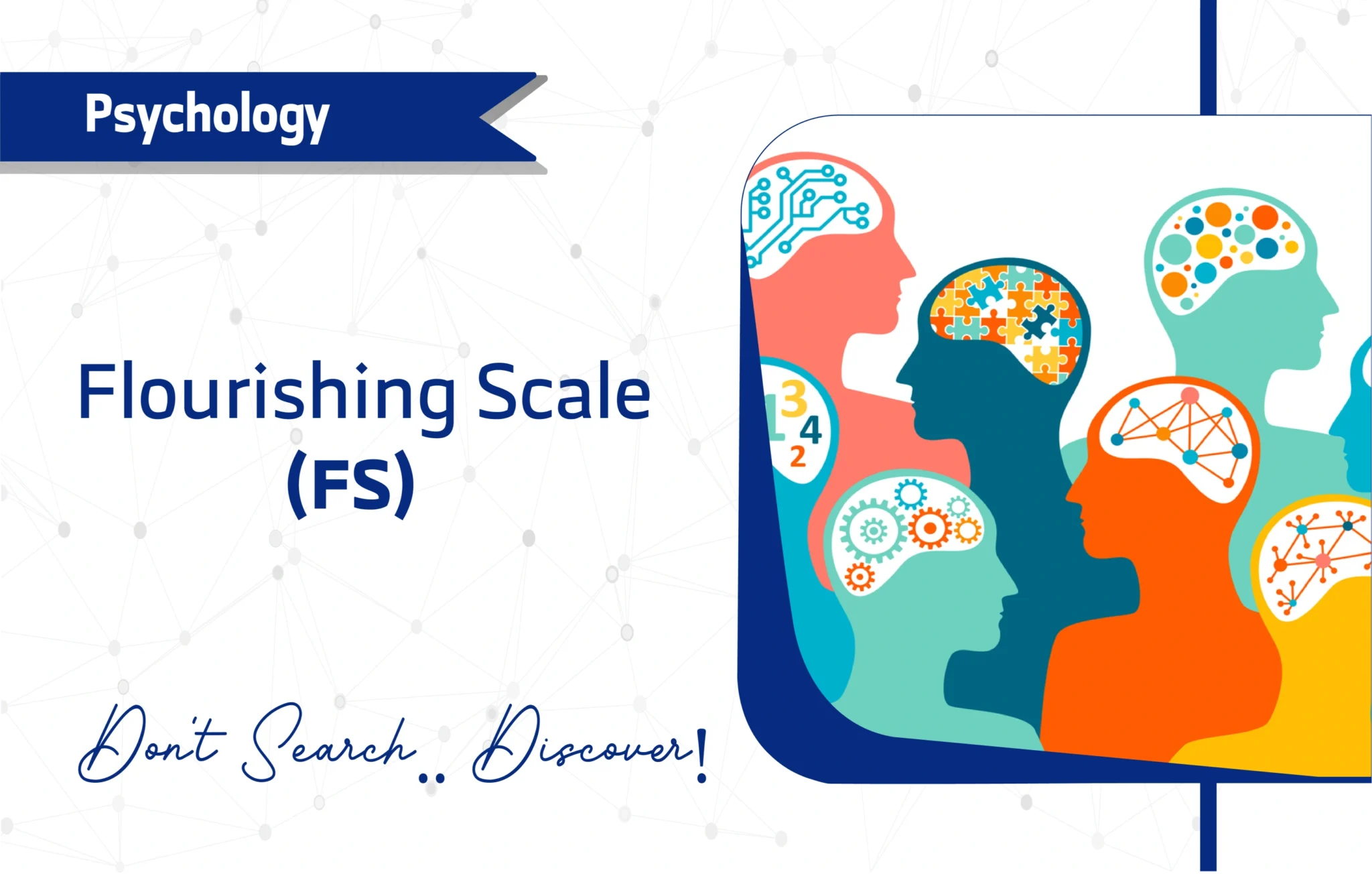
The Flourishing Scale (FS) assesses eudaimonic well-being, measuring purpose, relationships, and optimism for researchers and clinicians studying psychological prosperity..
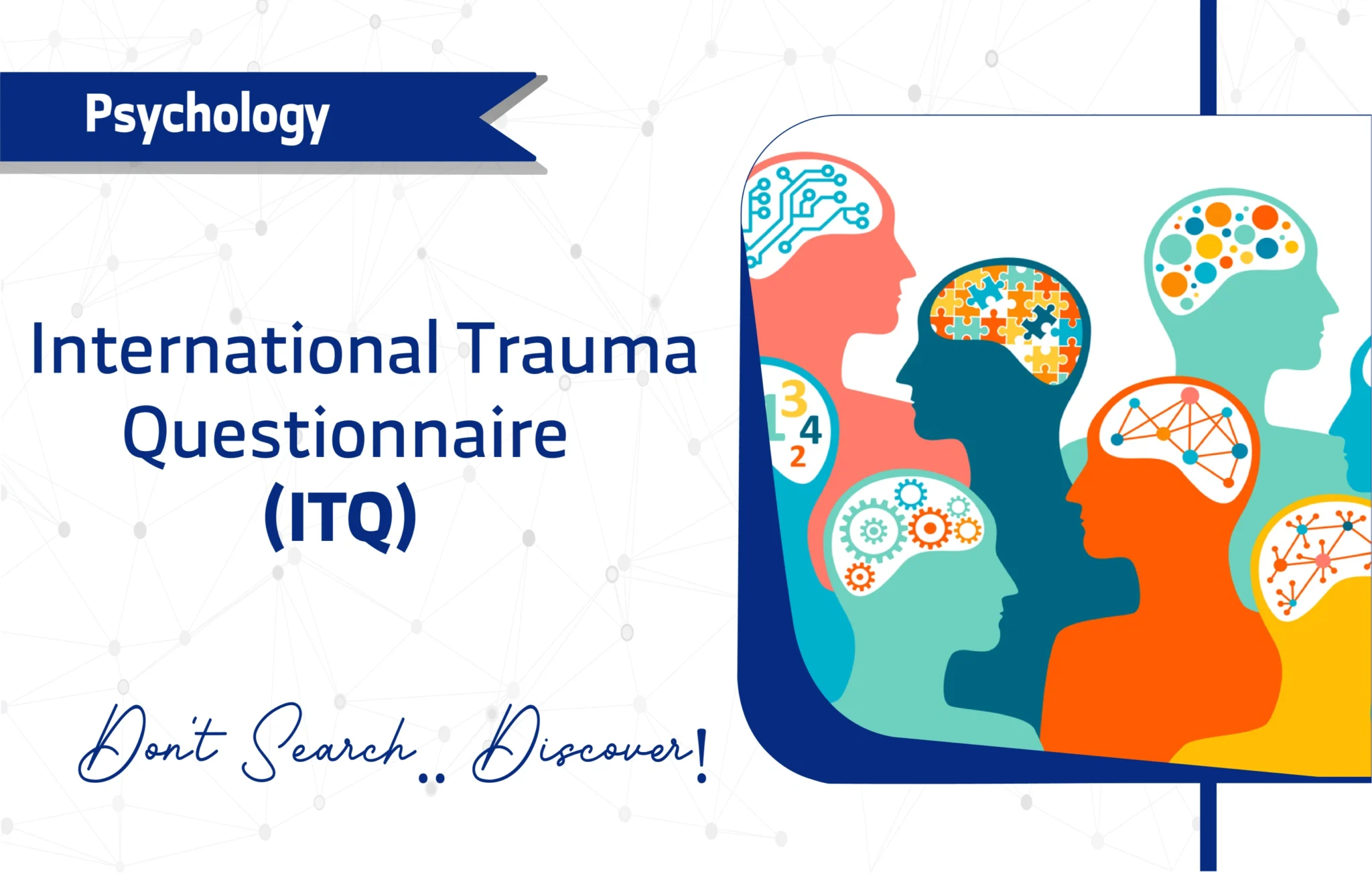
The International Trauma Questionnaire (ITQ) assesses PTSD and CPTSD symptoms in adults, offering a reliable, free tool for trauma research and clinical practice.
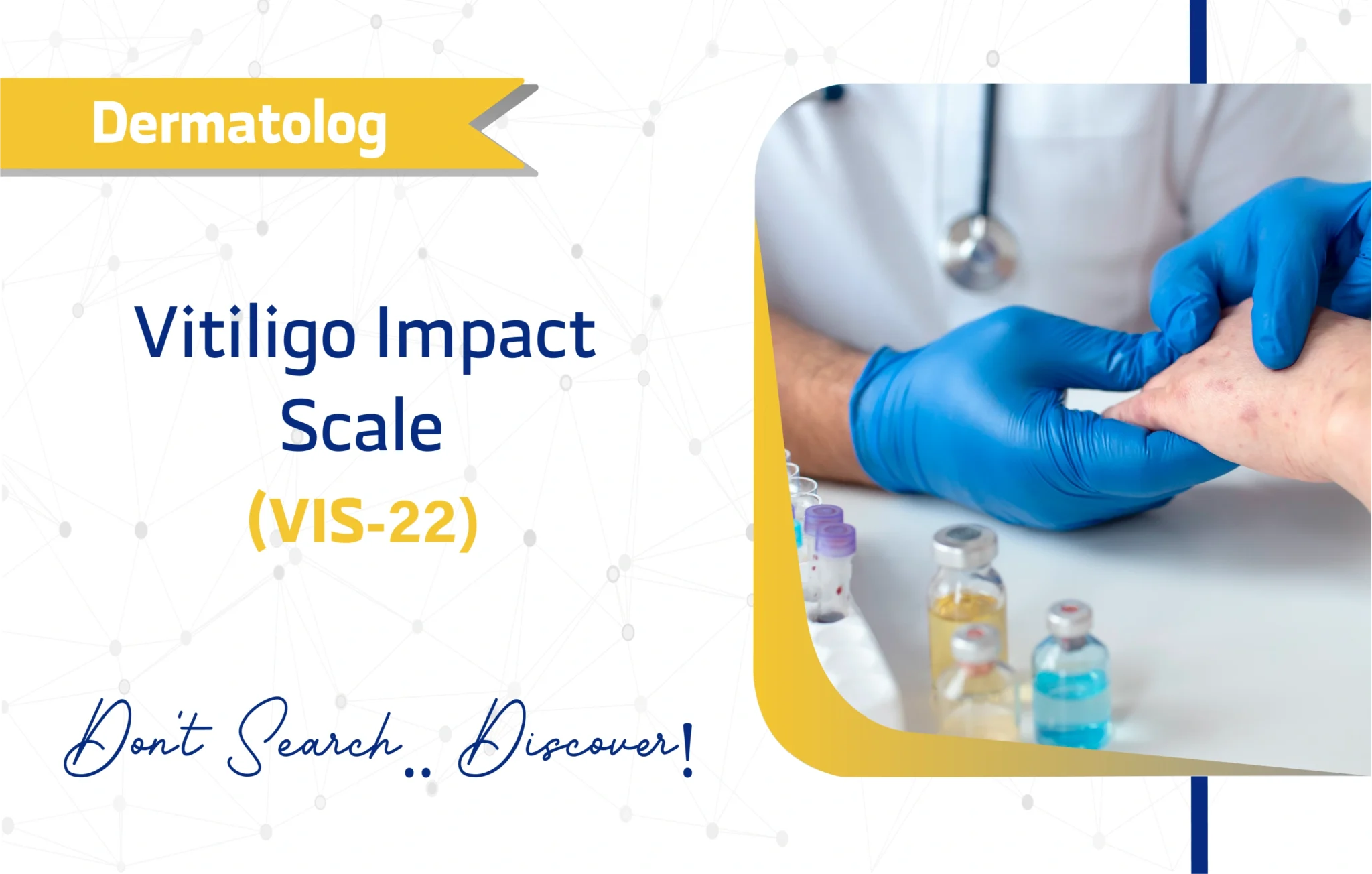
The VIS-22 questionnaire quantifies the psychological and social burden of vitiligo with clear domains, score interpretations, and validation studies.

ThyPRO-39 is a validated thyroid-specific questionnaire assessing health-related quality of life in adults with benign thyroid conditions.

The ThyPRO is a validated 85-item thyroid-specific questionnaire designed to assess quality of life in adults with benign thyroid diseases.
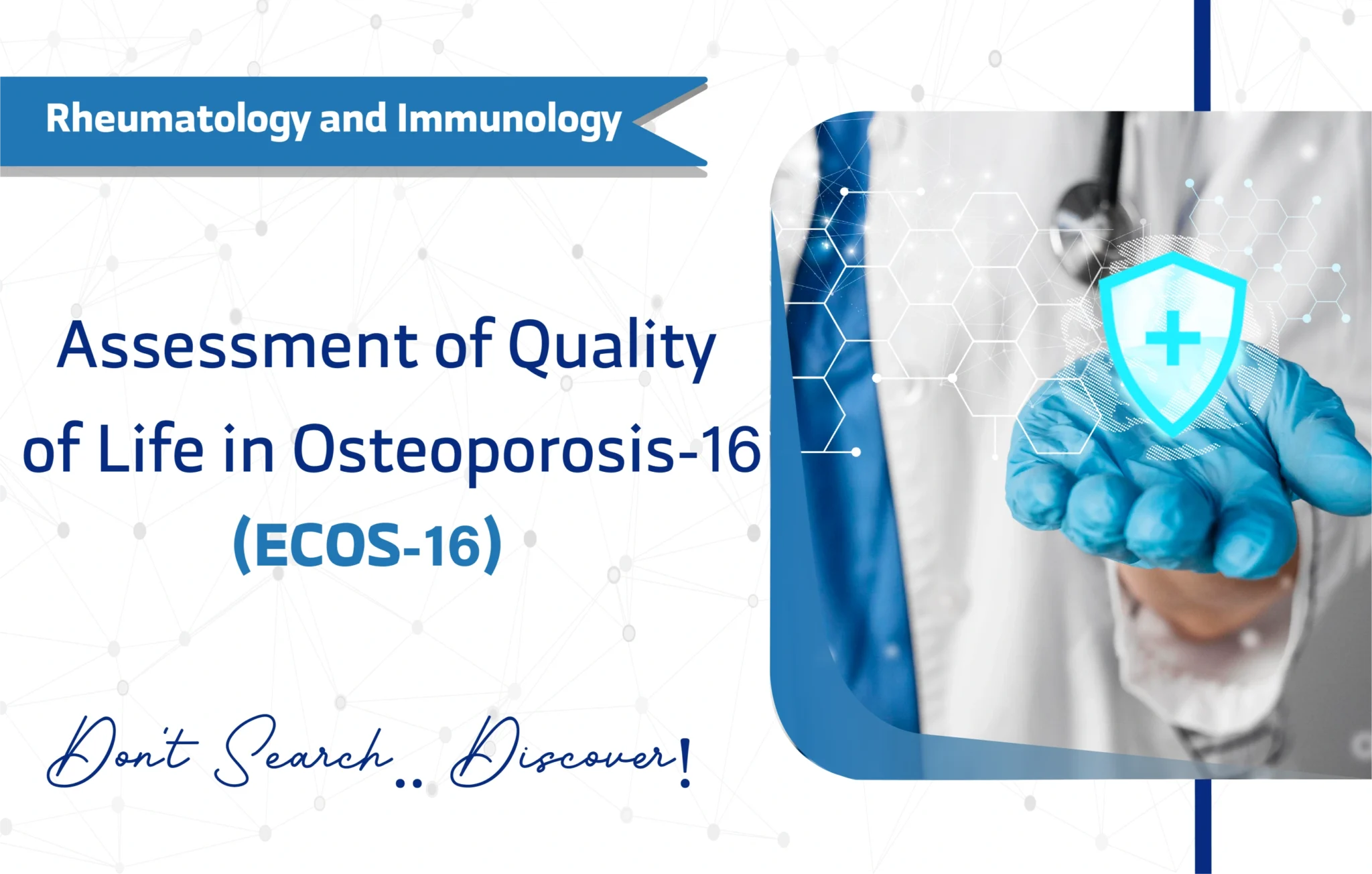
The ECOS-16 assesses quality of life in osteoporosis patients, aiding clinicians and researchers in improving patient outcomes.
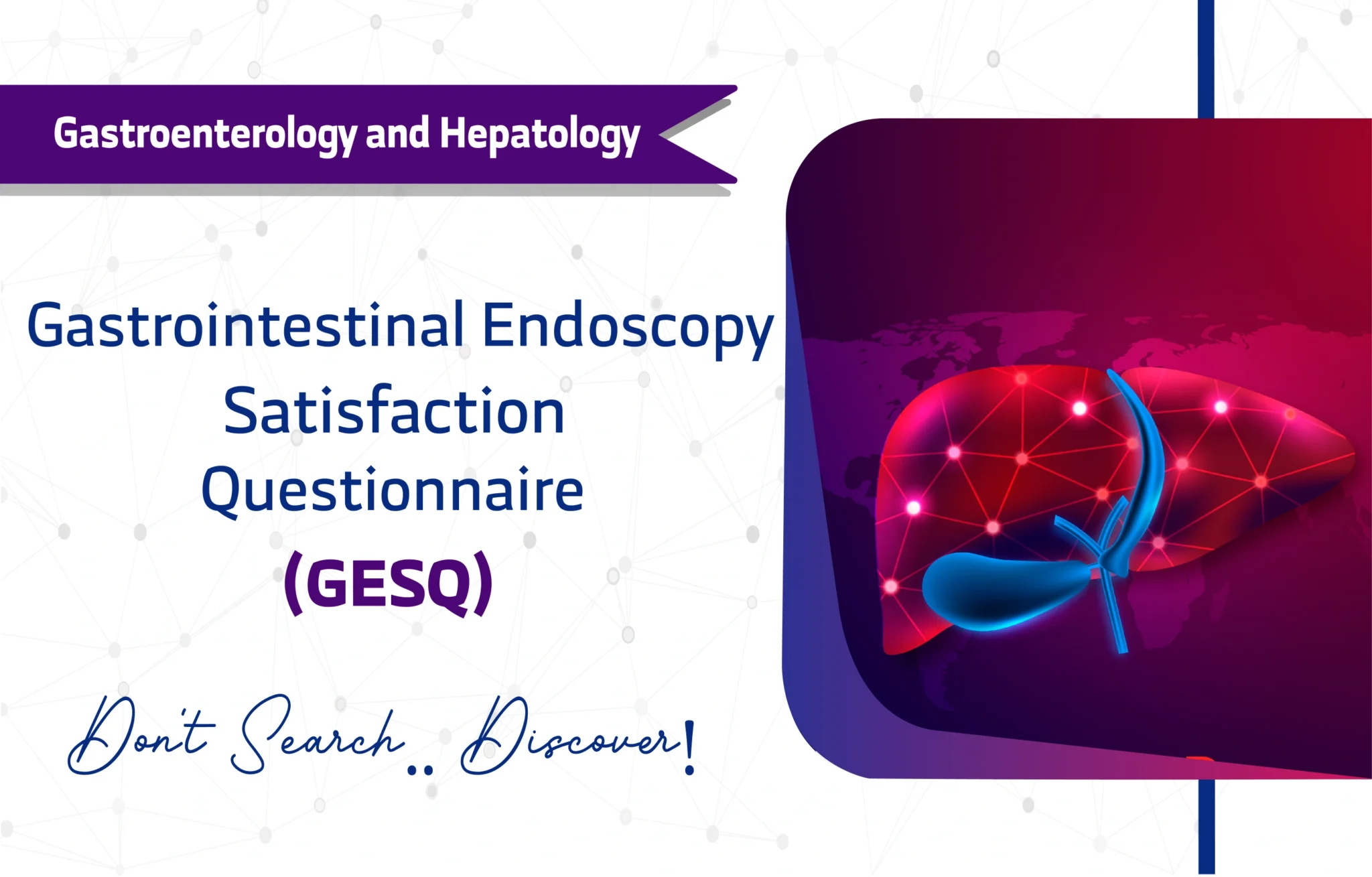
The Gastrointestinal Endoscopy Satisfaction Questionnaire (GESQ) evaluates patient satisfaction after endoscopic procedures across four validated domains.
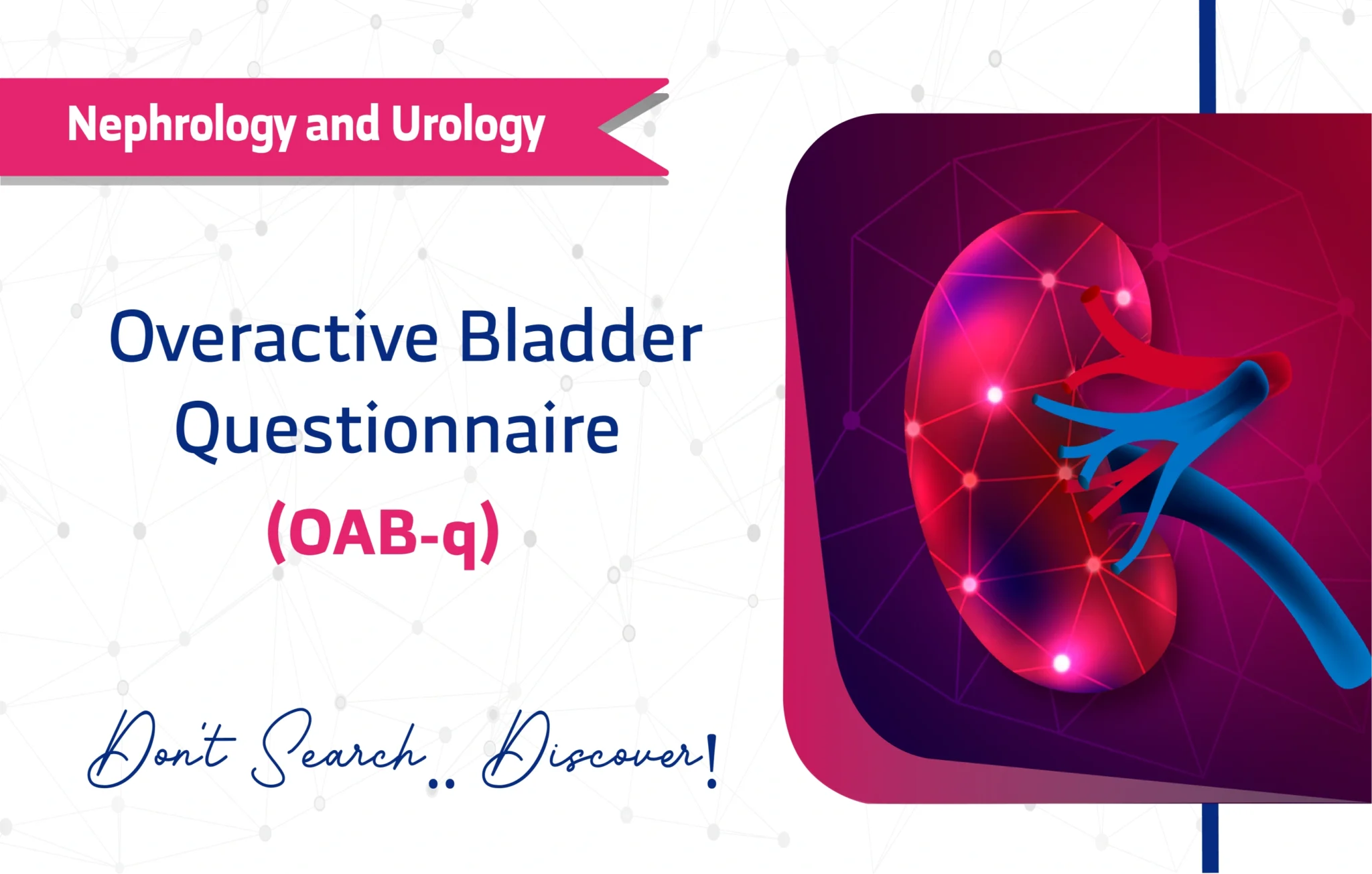
Discover the Overactive Bladder Questionnaire (OAB-q), a robust tool for measuring symptom bother and HRQoL. Explore its psychometric properties, scoring, and applications.
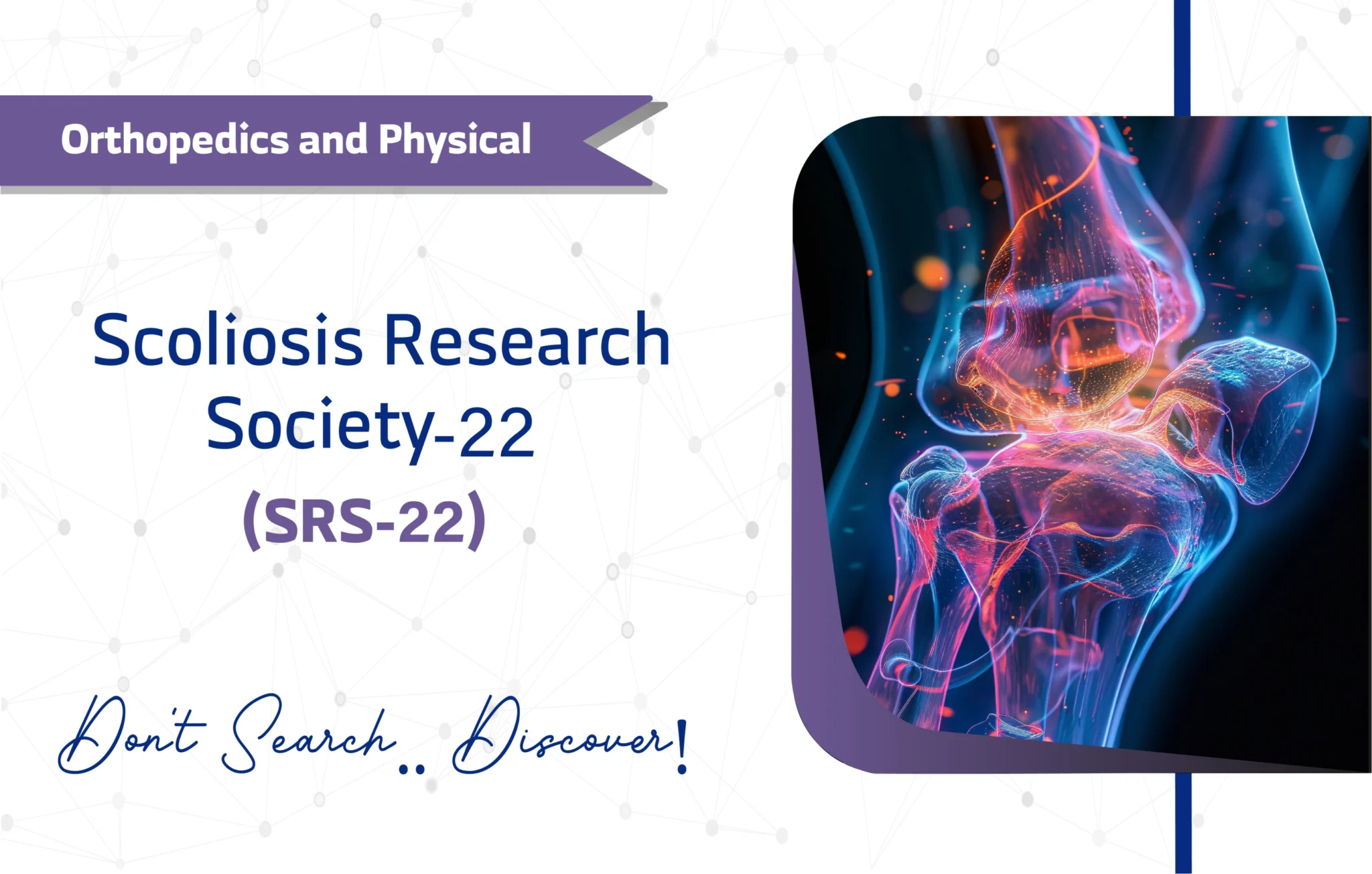
A complete guide to the Scoliosis Research Society-22 (SRS-22) questionnaire, detailing its use, scoring, and applications for assessing health-related quality of life in scoliosis.
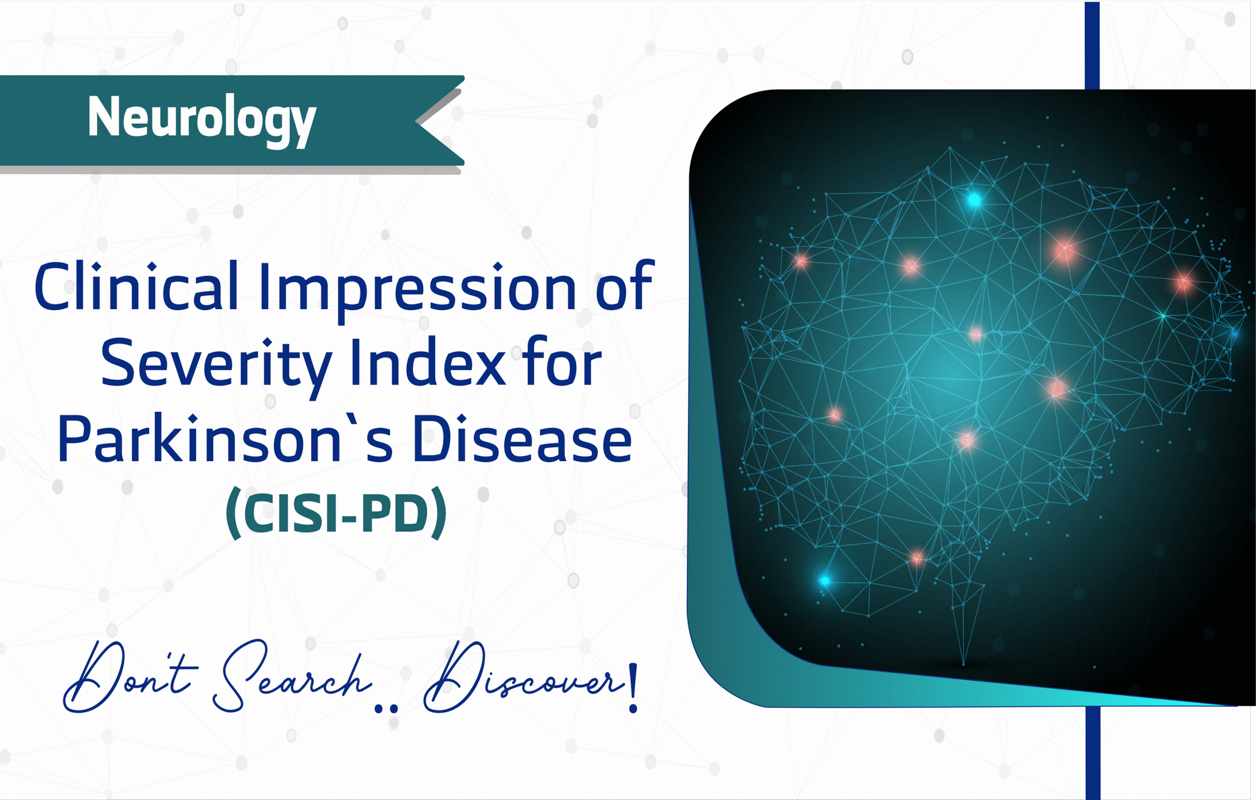
The Clinical Impression of Severity Index for Parkinson’s Disease (CISI-PD) is the key validated tool for assessing the global severity of Parkinson’s Disease
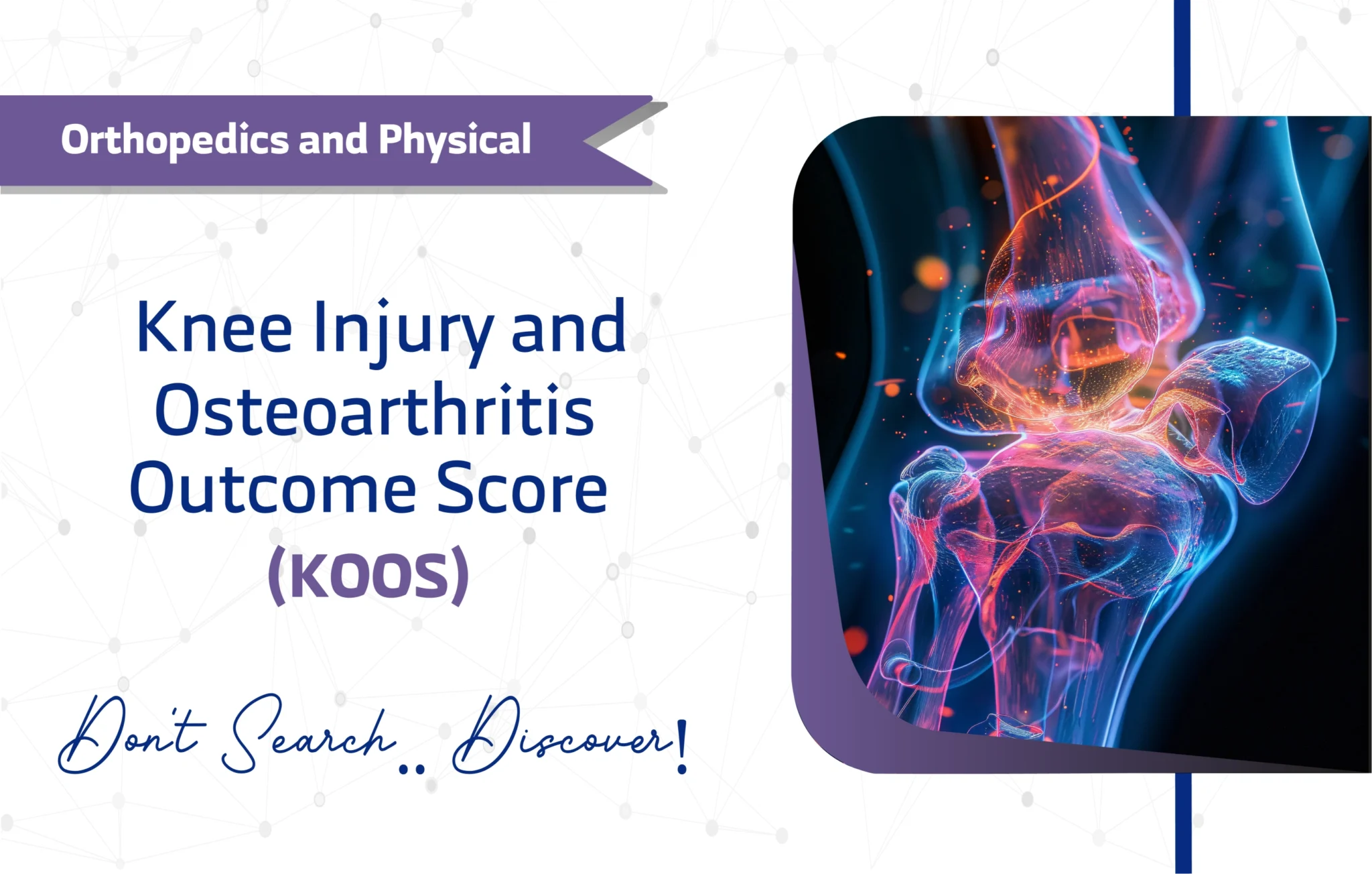
The Knee Injury and Osteoarthritis Outcome Score (KOOS) is a validated patient‑reported measure widely used to assess pain, symptoms, and functional outcomes after knee injuries and in osteoarthritis research.

The Quality of Life Enjoyment and Satisfaction Questionnaire (Q-LES-Q) assesses quality of life across domains, aiding researchers and clinicians in evaluating treatment outcomes effectively.
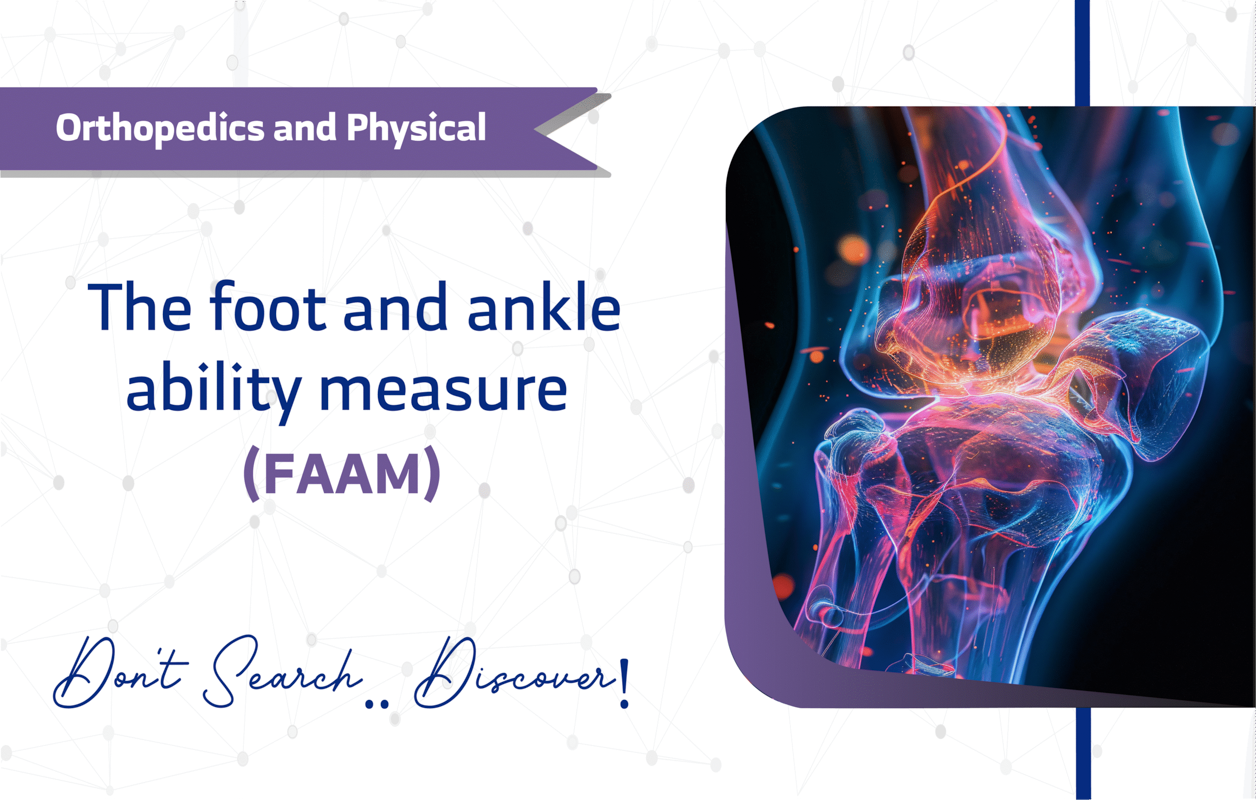
The Foot and Ankle Ability Measure (FAAM) is a validated, reliable, patient-reported outcome tool for assessing physical function in individuals with lower-leg, foot, or ankle musculoskeletal disorders.

The Cardiac Anxiety Questionnaire (CAQ) is an essential self-report tool for evaluating anxiety specifically related to cardiac symptoms, aiding both clinical and research applications.
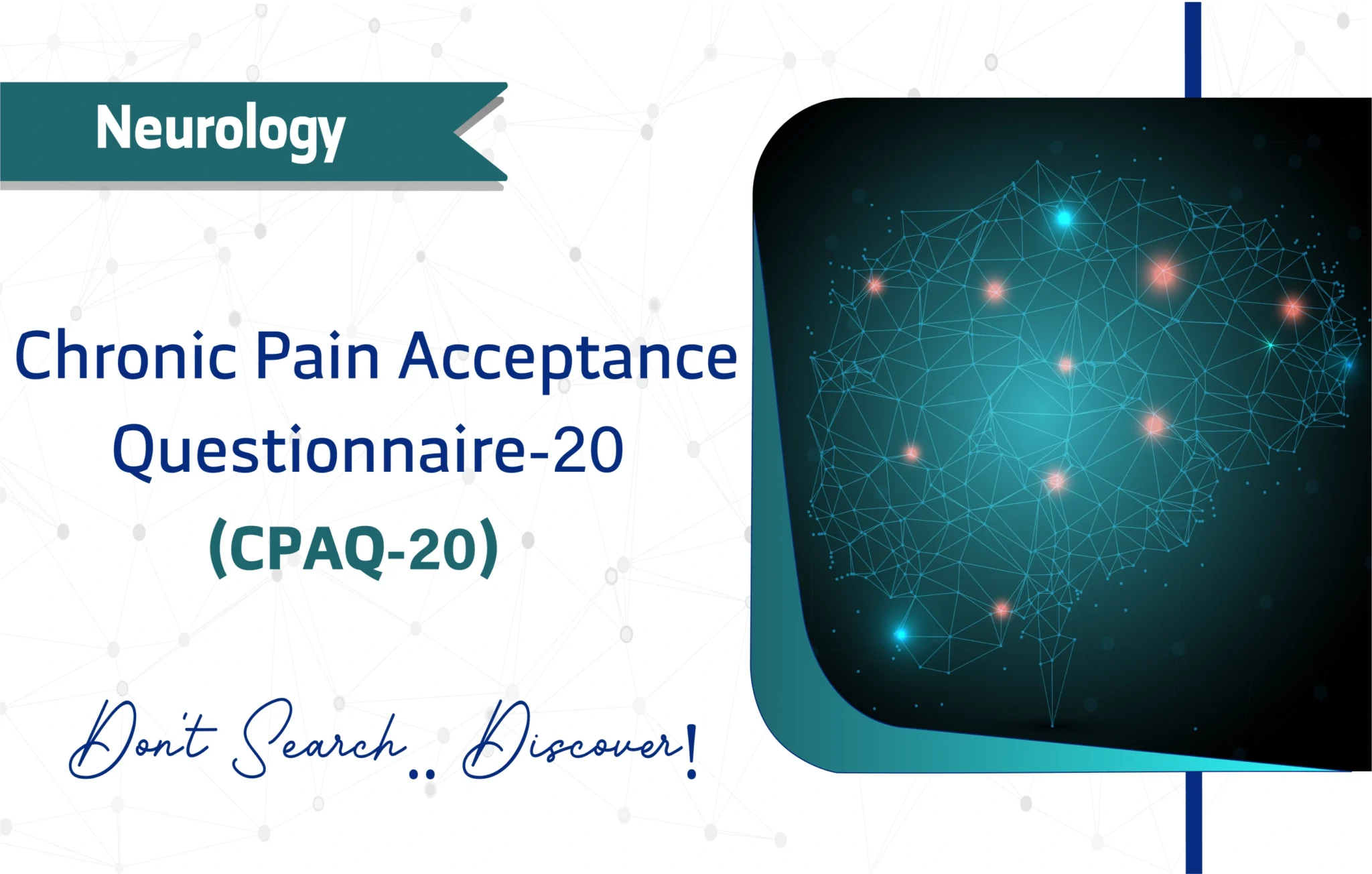
The CPAQ-20, a 20-item questionnaire, assesses chronic pain acceptance, aiding clinicians and researchers in evaluating psychological flexibility and treatment outcomes.
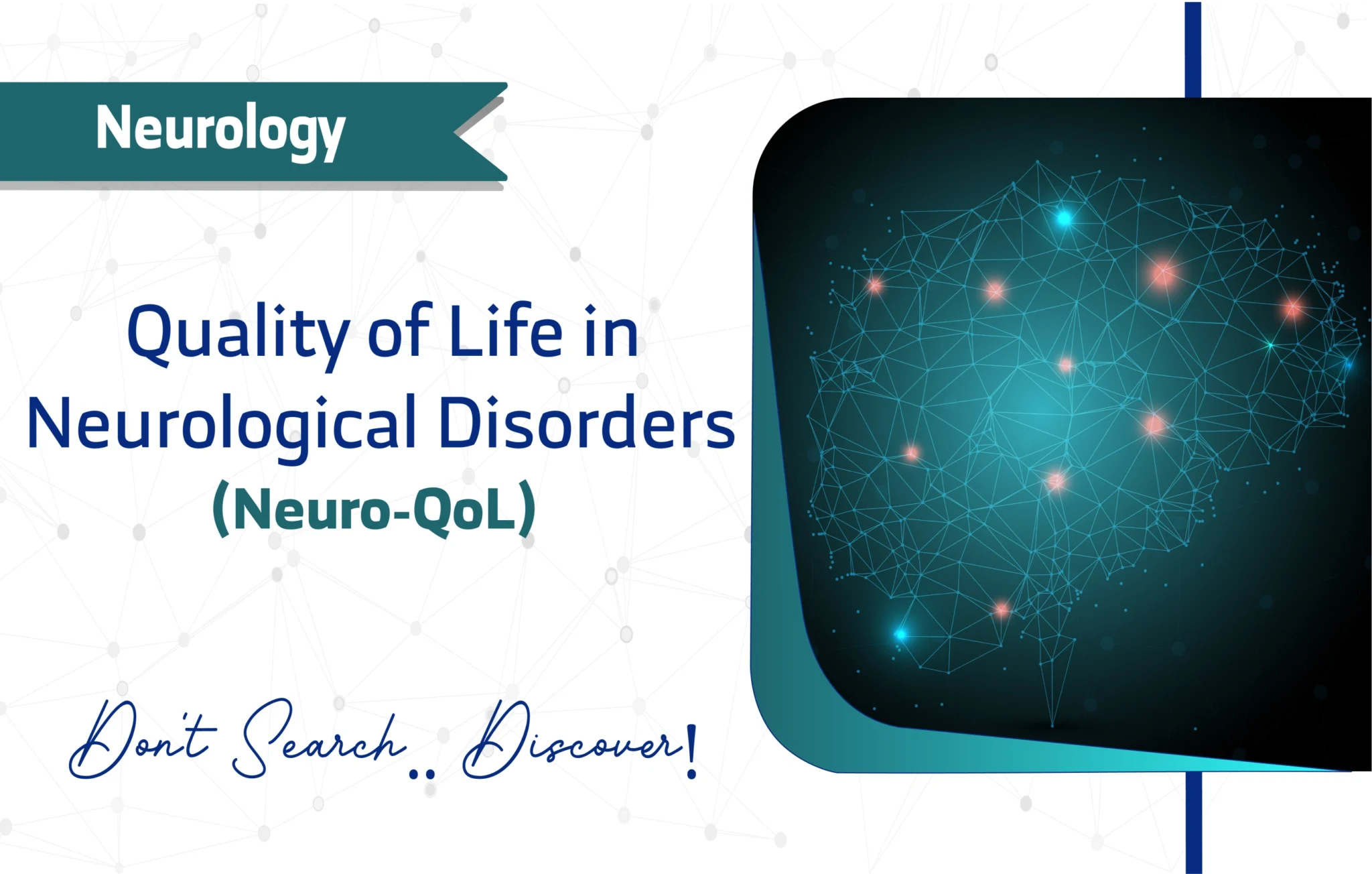
The Quality of Life in Neurological Disorders (Neuro‑QoL) is a robust patient‑reported tool, vital for evaluating physical, mental, and social health in neurological conditions.
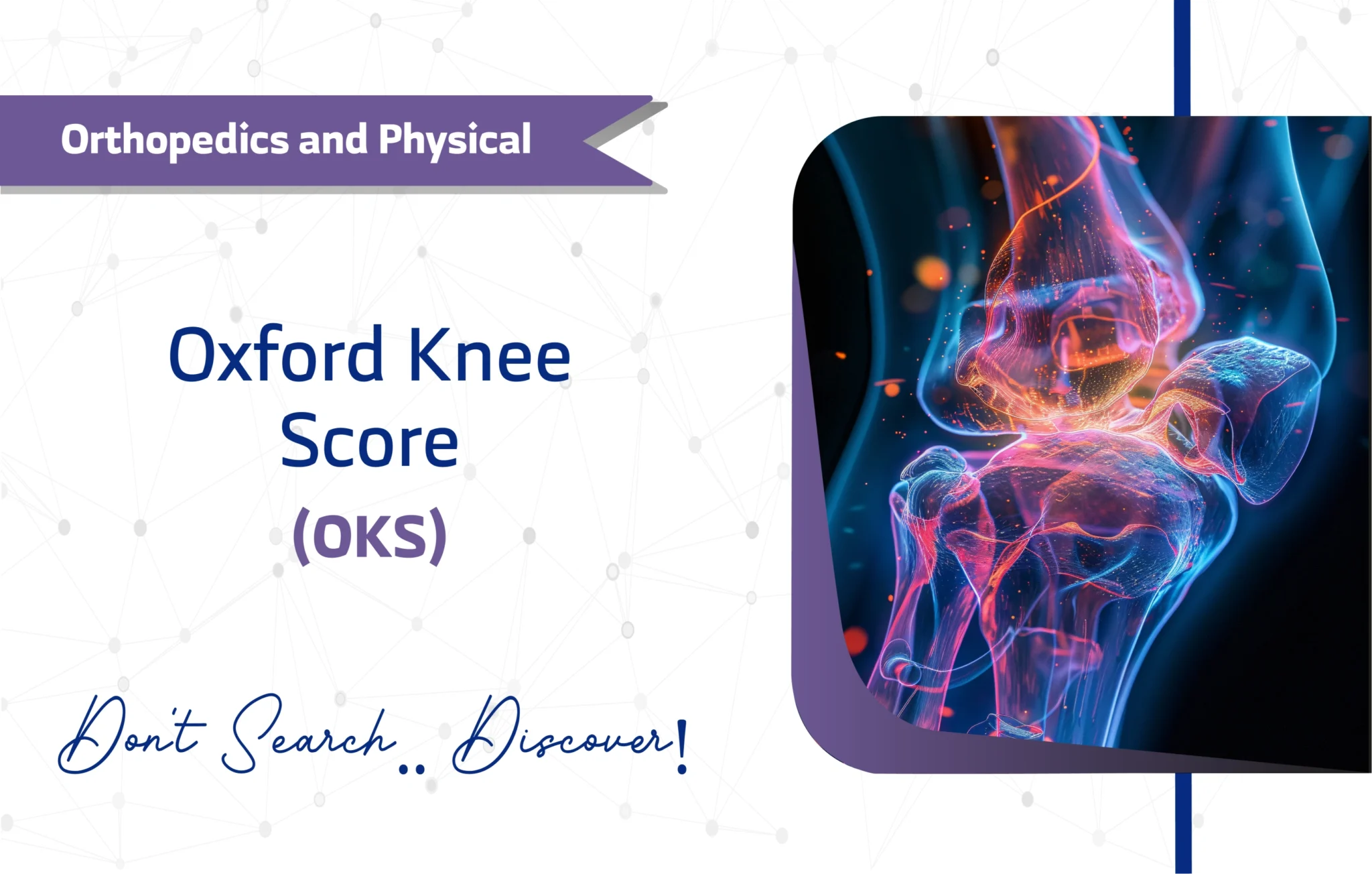
The Oxford Knee Score (OKS) is a gold-standard patient-reported outcome measure, essential for assessing pain and function after knee interventions and in osteoarthritis research.
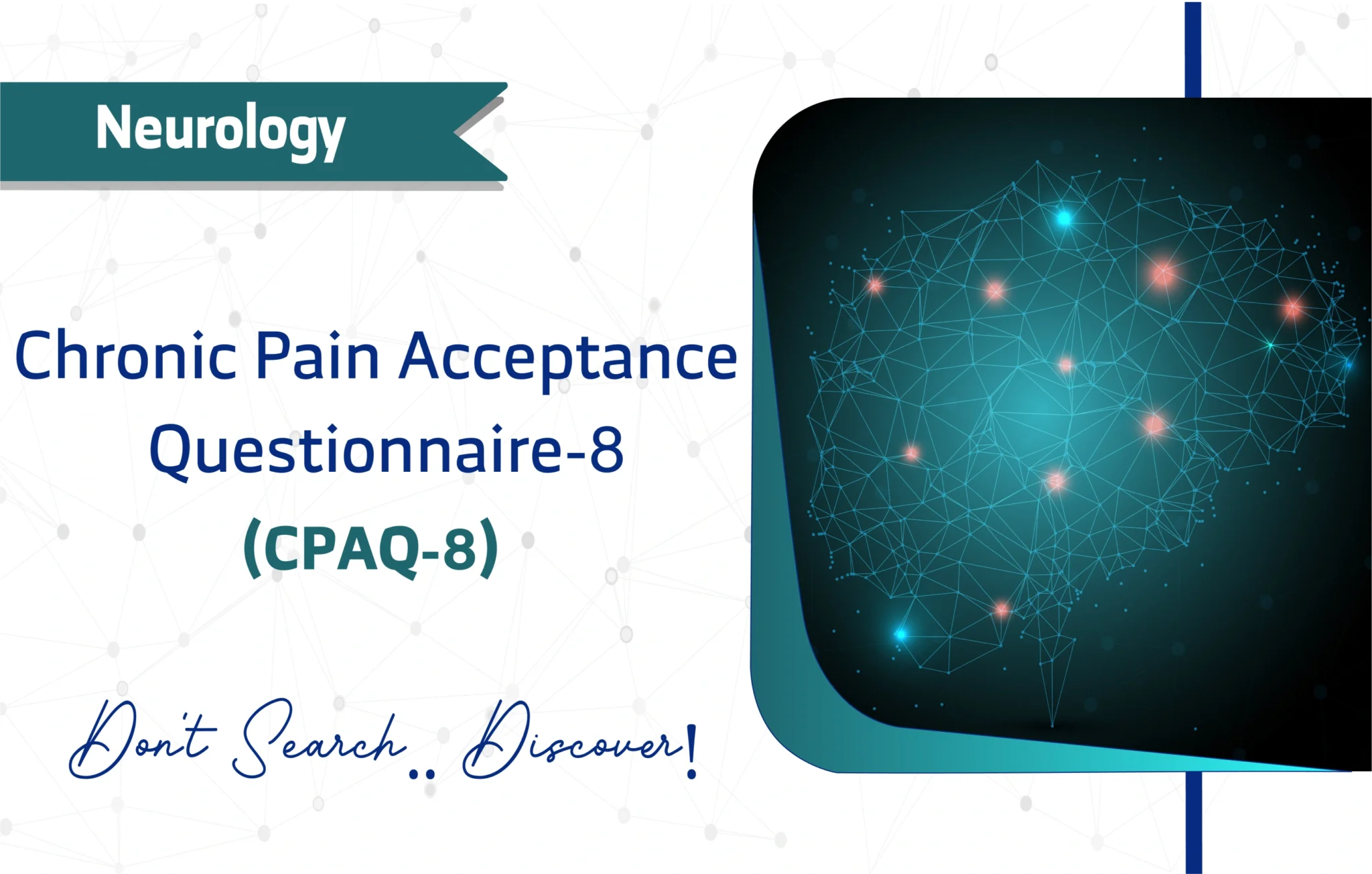
The CPAQ-8, an 8-item questionnaire, assesses chronic pain acceptance, aiding clinicians and researchers in pain management outcomes.
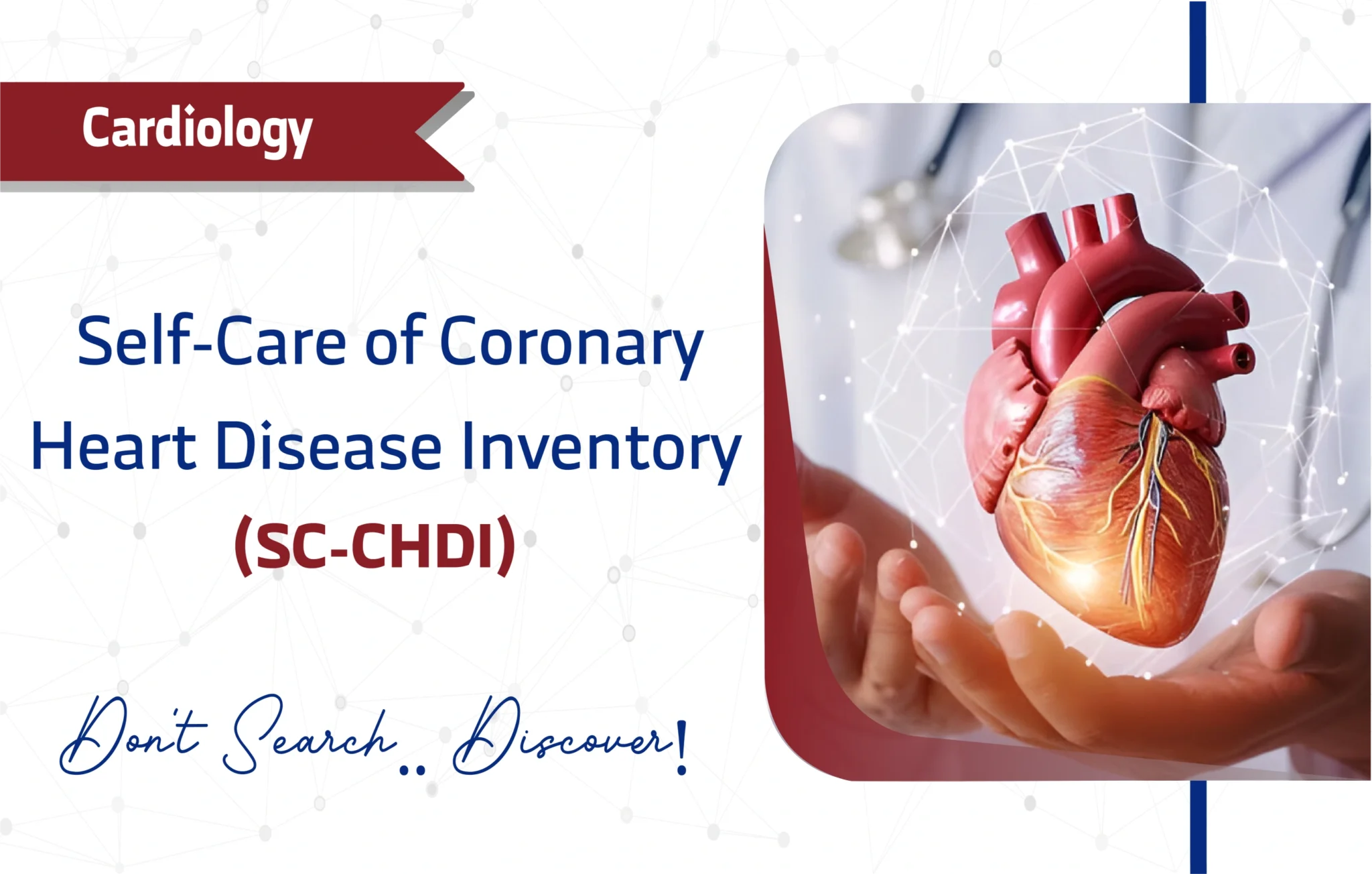
The SC-CHDI v3.0 assesses self-care in coronary heart disease, aiding clinicians and researchers in improving patient outcomes.

The SWLS assesses global life satisfaction, aiding researchers and clinicians in evaluating subjective well-being effectively.
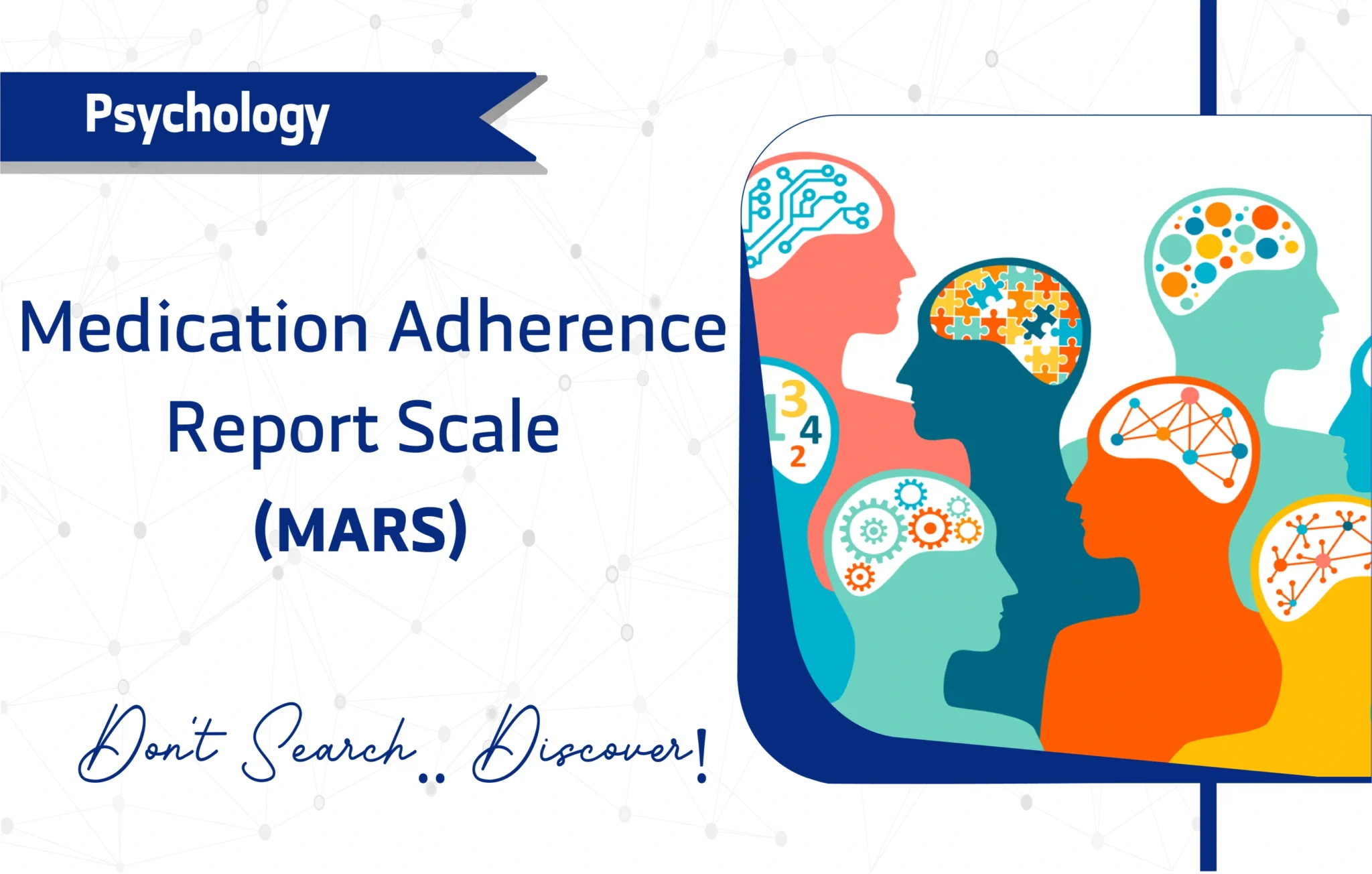
The MARS assesses medication adherence, aiding clinicians and researchers in improving patient outcomes.

The Maine-Seattle Back Questionnaire (MSBQ) assesses functional disability in lumbar sciatica and spinal stenosis for clinical research.
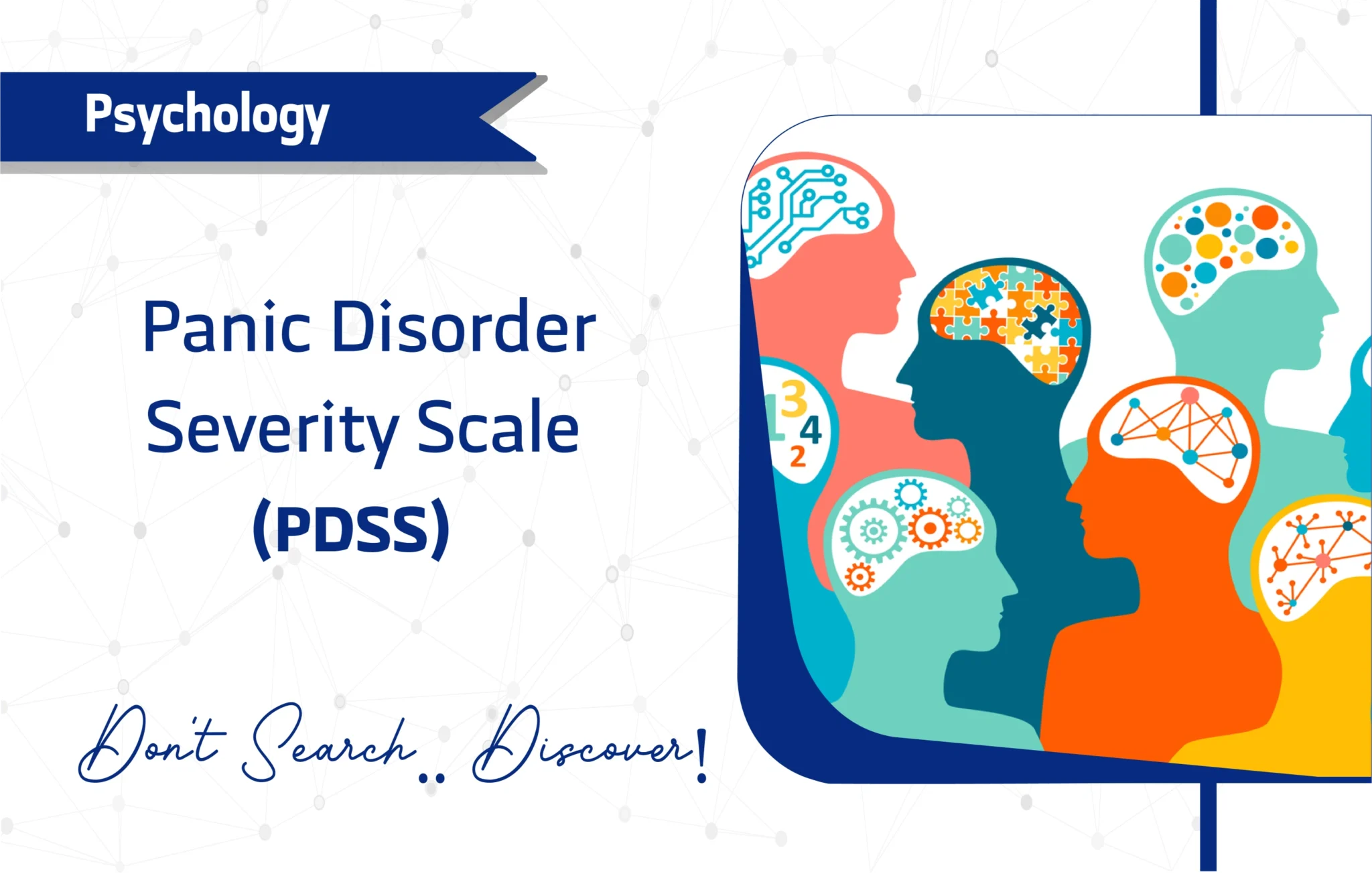
The Panic Disorder Severity Scale (PDSS) is a gold-standard tool for measuring panic disorder severity, guiding treatment, and supporting clinical research.
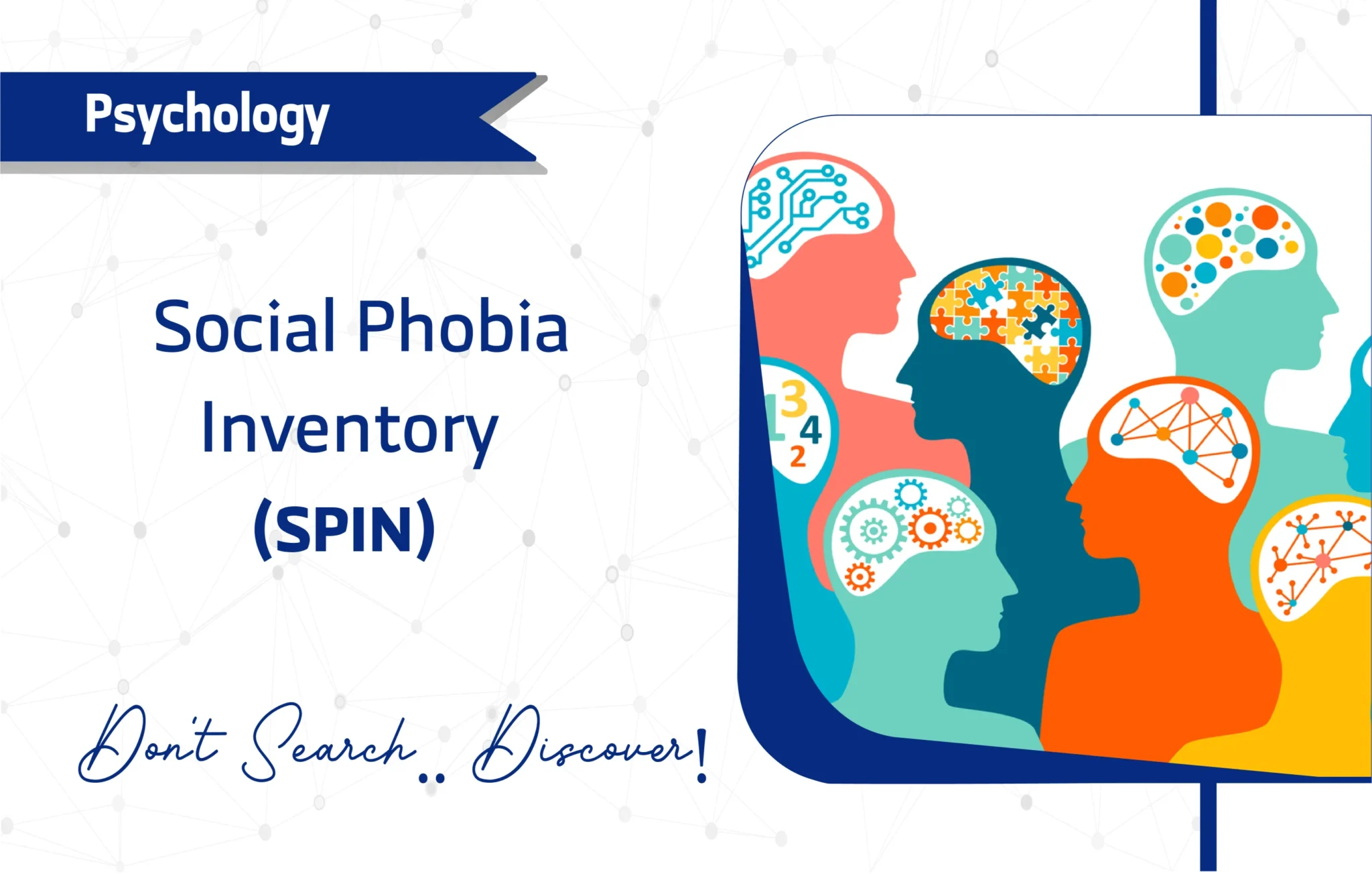
The Social Phobia Inventory (SPIN) is a brief, valid self-report scale for measuring fear, avoidance, and physiological symptoms of social anxiety disorder.
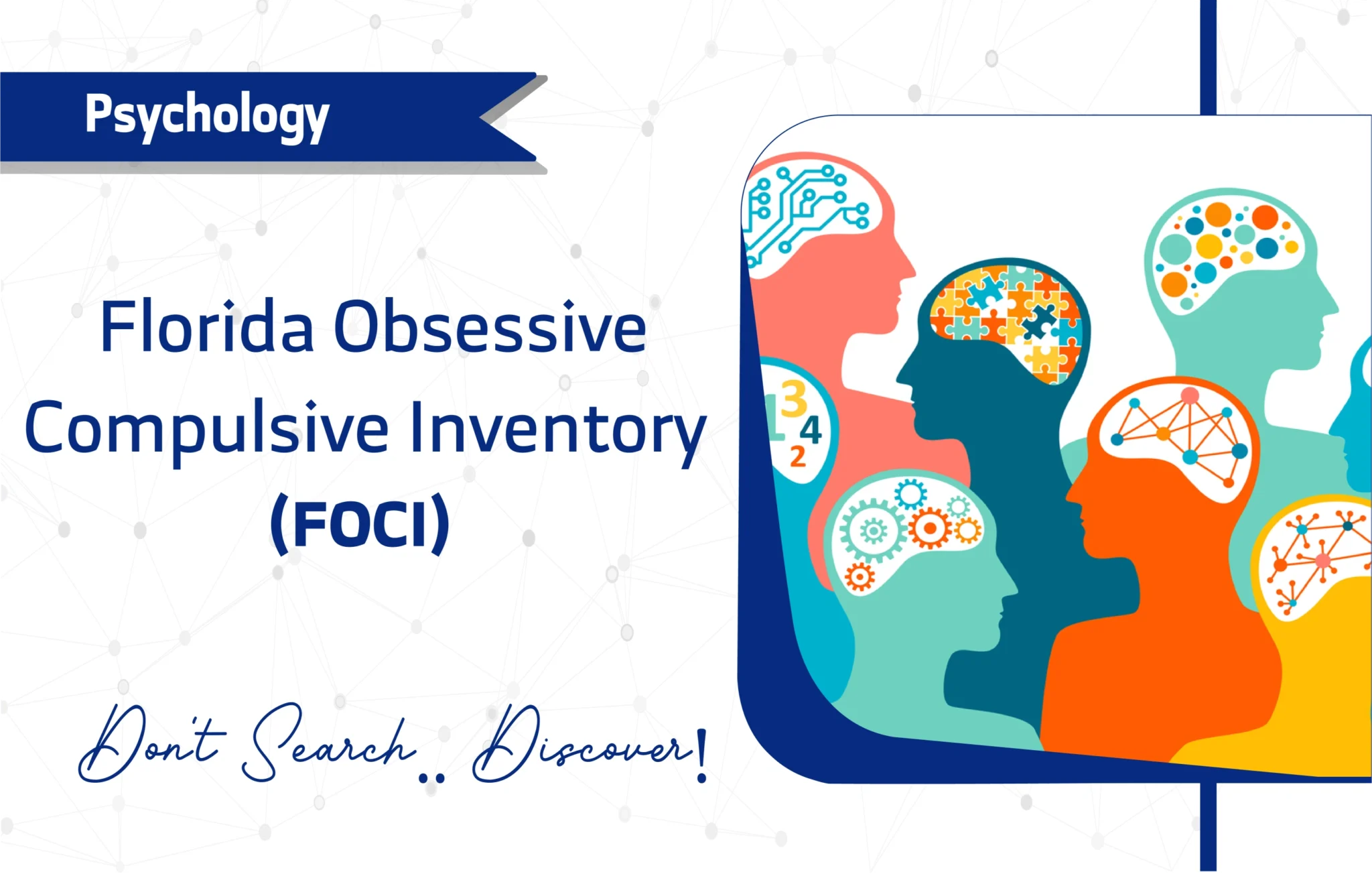
The Florida Obsessive-Compulsive Inventory (FOCI) is a brief, robust tool for screening and monitoring OCD symptoms, essential for clinical and research settings
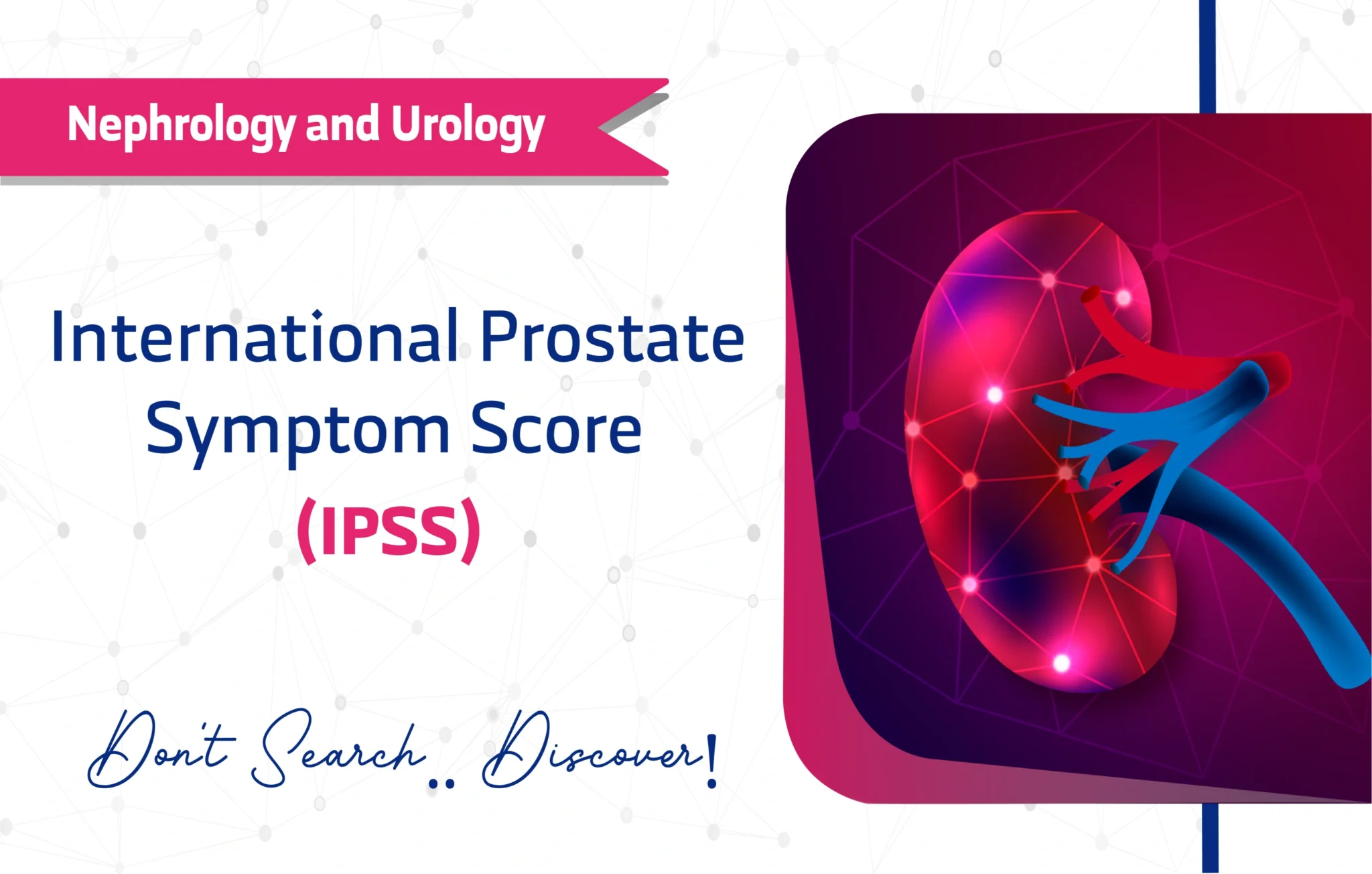
The International Prostate Symptom Score (IPSS) evaluates lower urinary tract symptoms in BPH, helping clinicians and researchers assess symptom severity and treatment outcomes.
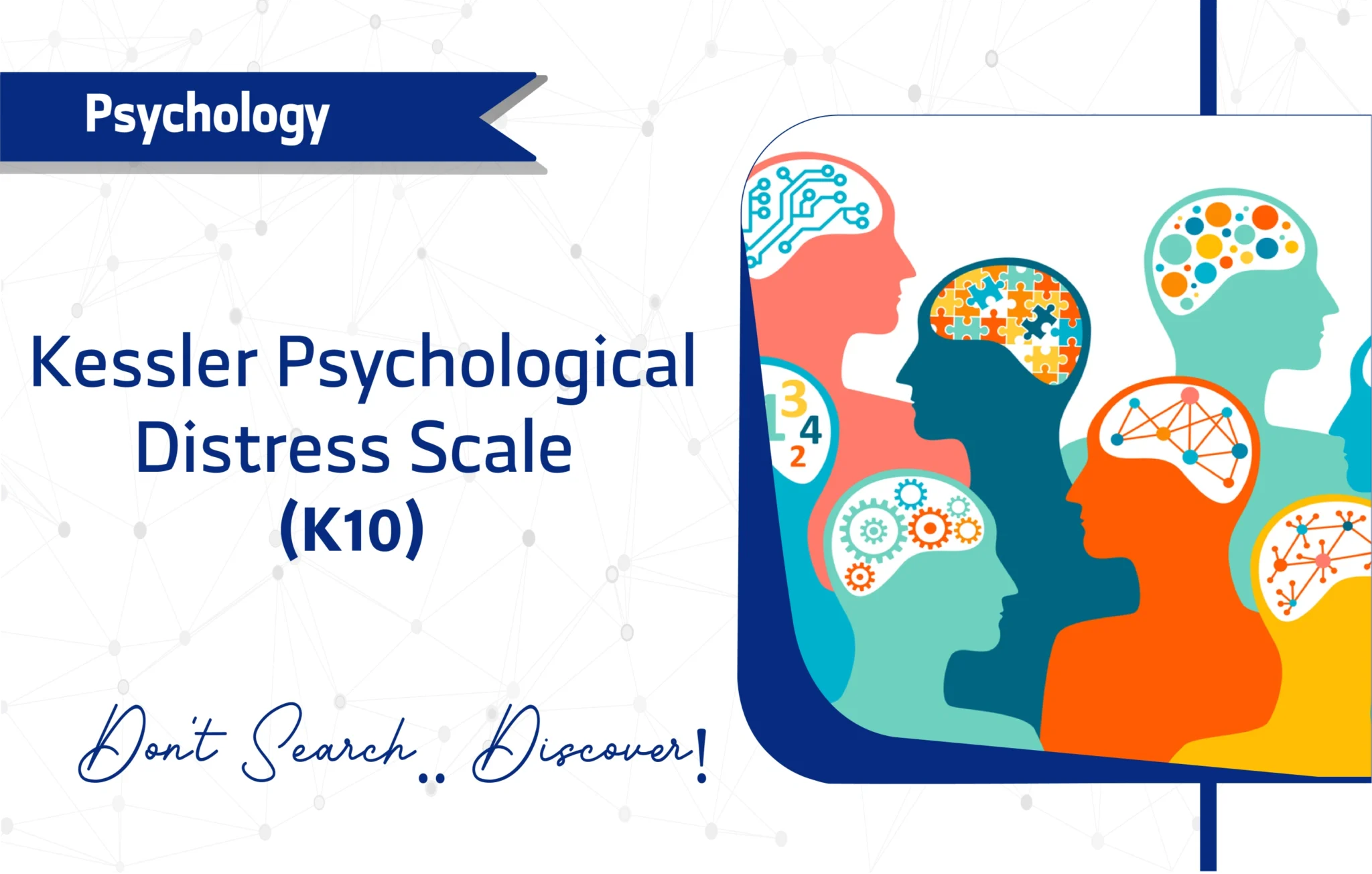
The Kessler Psychological Distress Scale (K10) is a crucial tool for screening non-specific psychological distress, guiding research and clinical assessment of mental health globally.

The Injustice Experience Questionnaire (IEQ) measures perceived injustice in pain and injury, helping researchers and clinicians assess its impact on recovery.
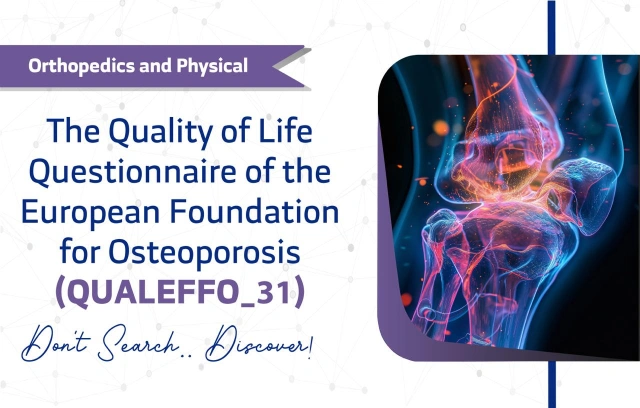
QUALEFFO-31 assesses HRQoL in osteoporosis patients with vertebral fractures, focusing on pain, function, and psychological impacts for clinical and research use.
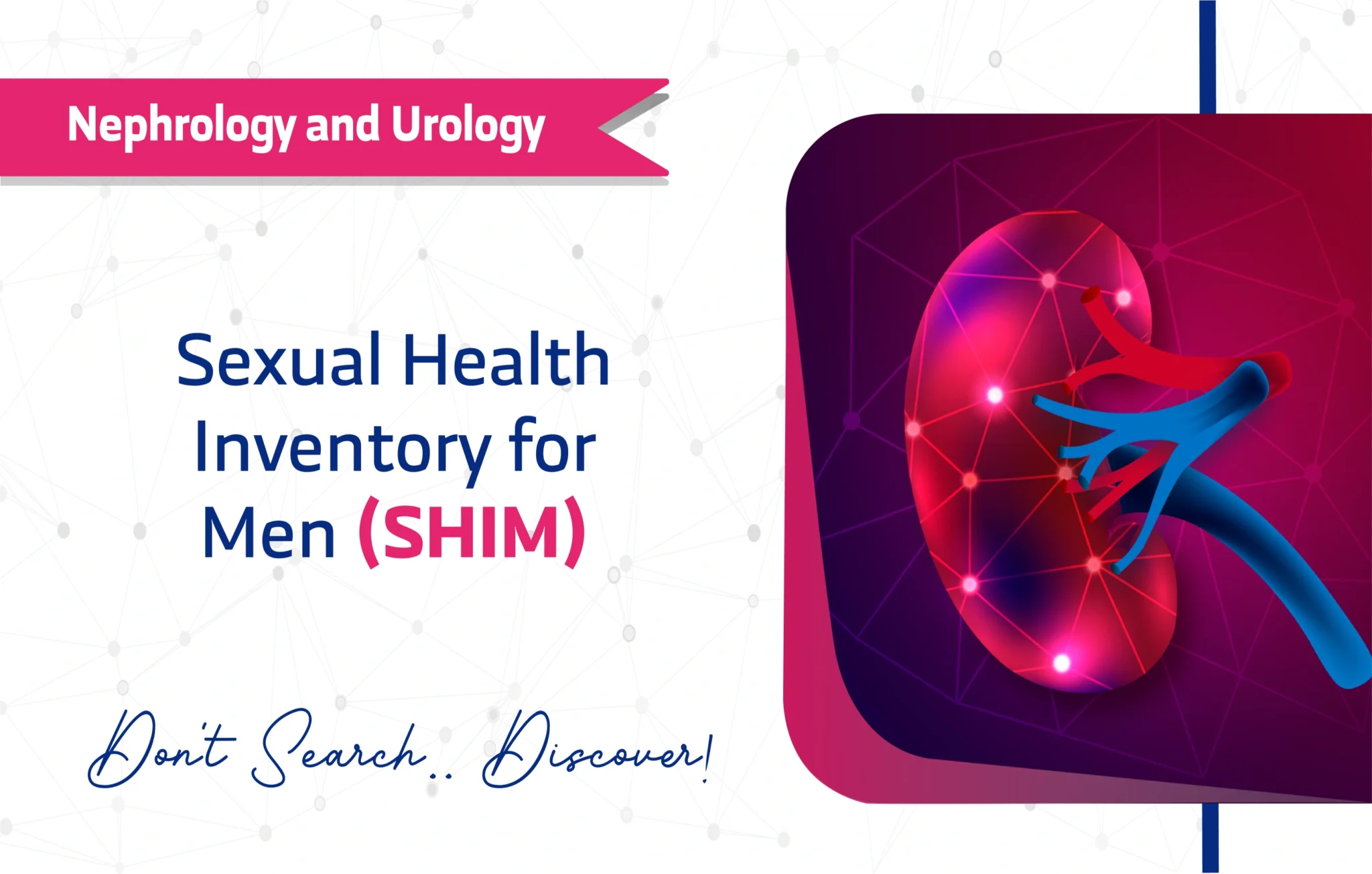
A complete guide to the Sexual Health Inventory for Men (SHIM/IIEF-5). Discover its scoring, applications, and clinical utility for erectile dysfunction assessment.
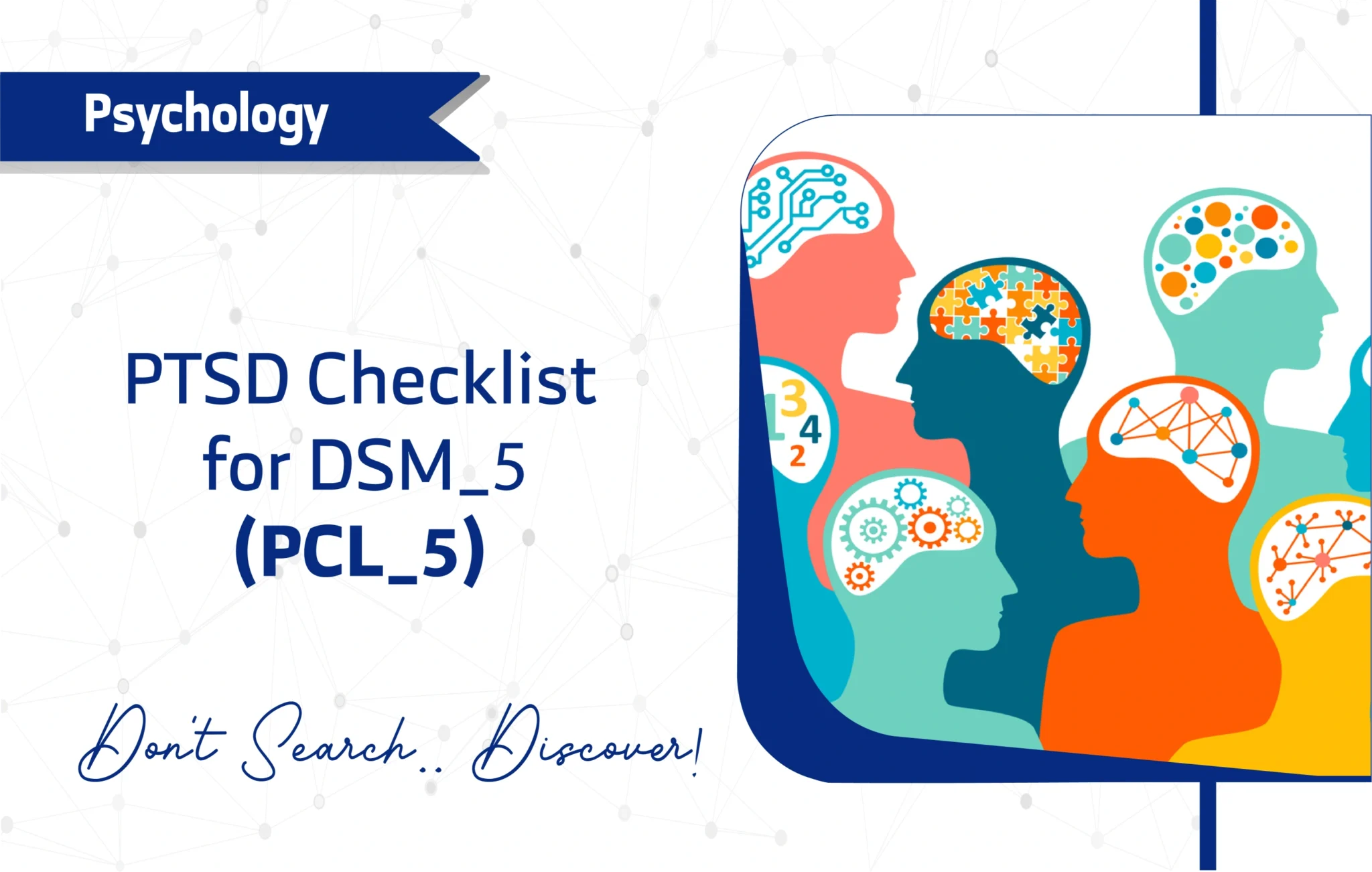
The PTSD Checklist for DSM-5 (PCL-5) is a validated tool for screening and monitoring PTSD symptoms in adults.
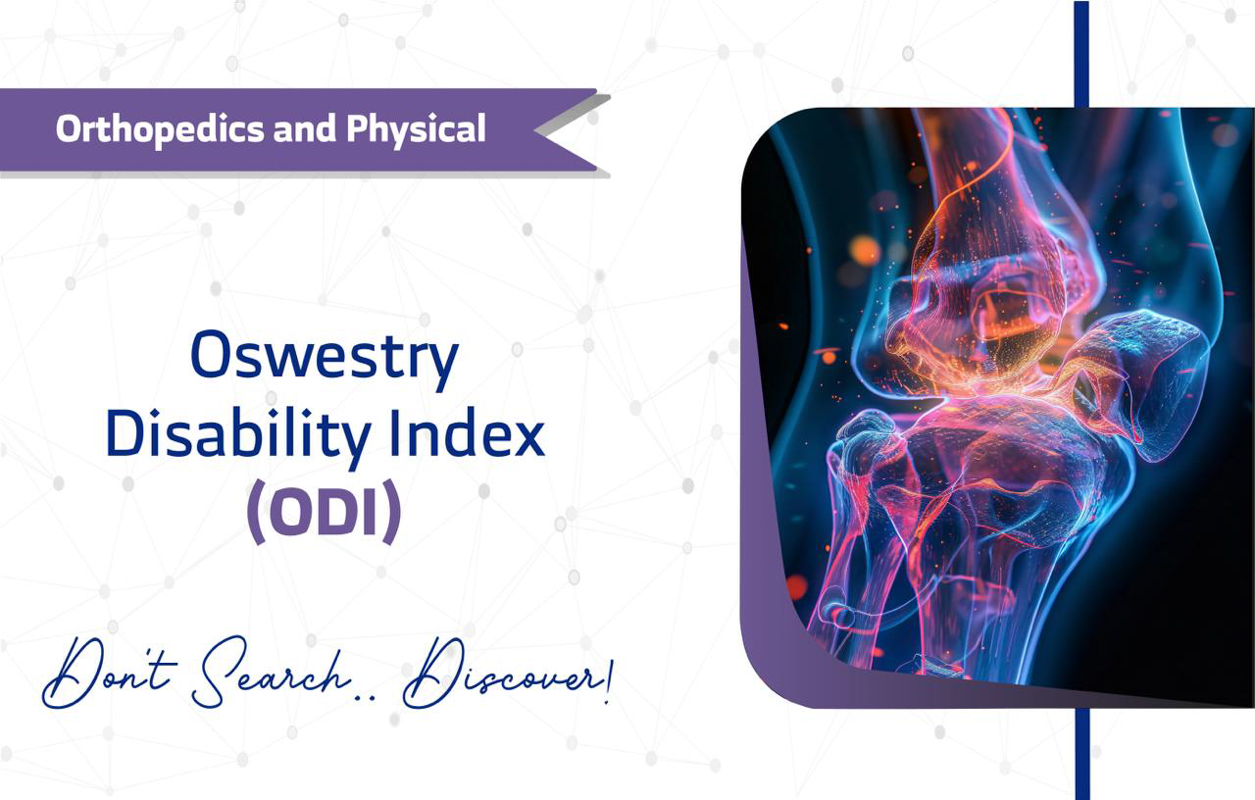
The Oswestry Disability Index (ODI) is a gold-standard questionnaire for assessing low back pain’s impact on daily life, crucial for research and clinical practice.
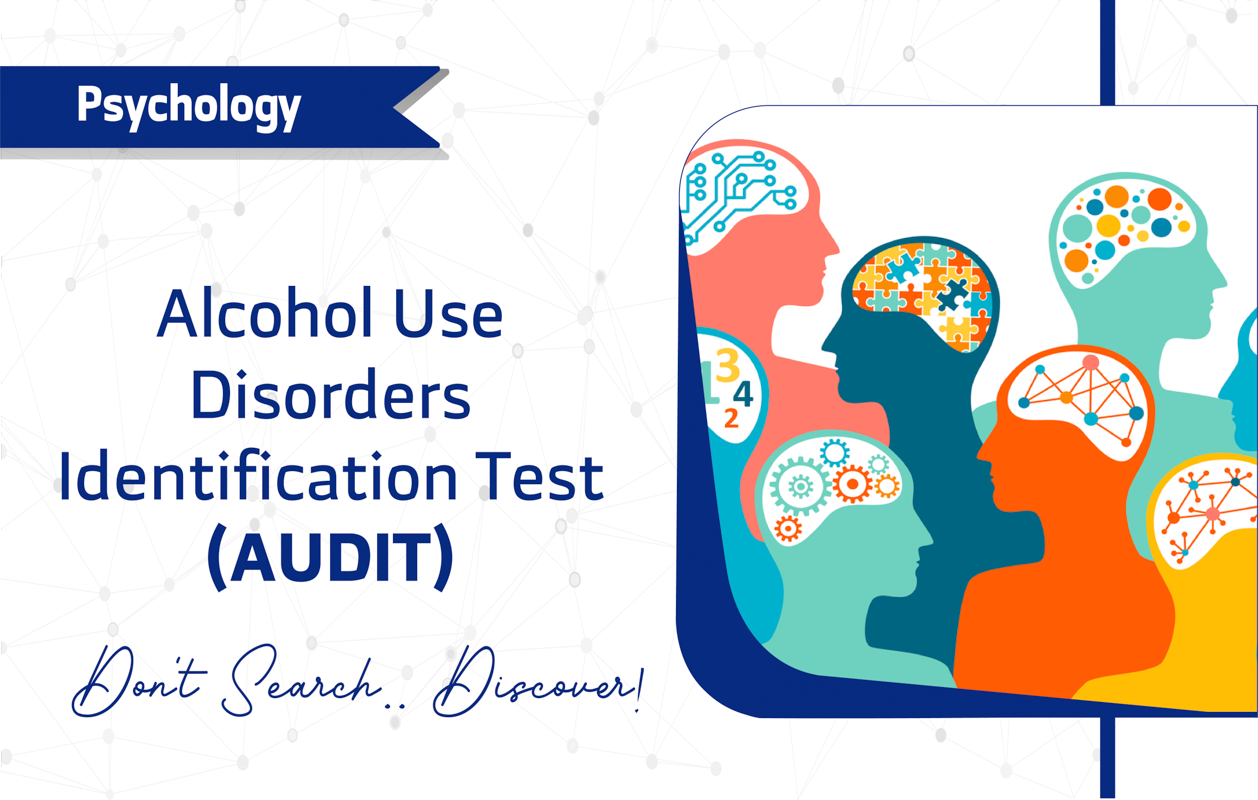
The Alcohol Use Disorders Identification Test is a concise, globally recognized screening tool by WHO, essential for early detection and intervention of hazardous alcohol use
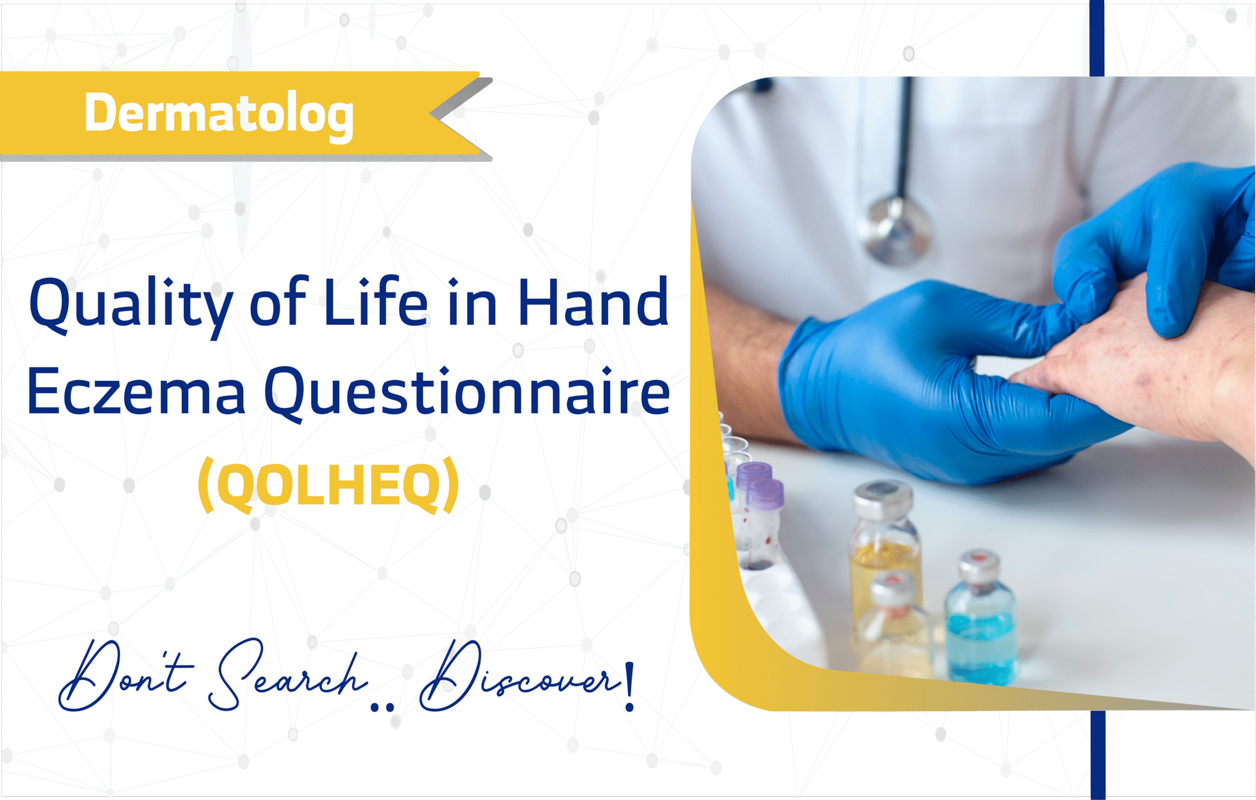
The Quality of Life in Hand Eczema Questionnaire (QOLHEQ) is the key validated tool for assessing the HRQoL in adult patients with hand eczema.
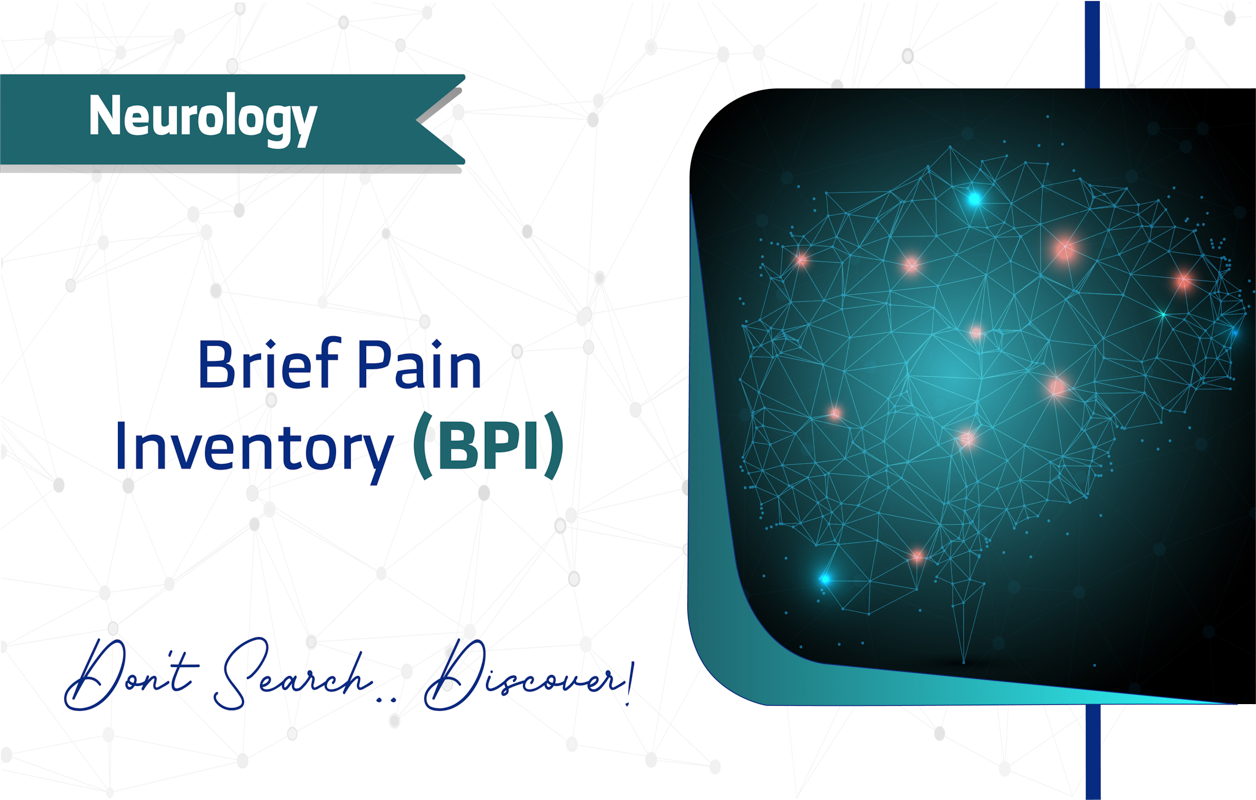
The BPI rapidly assesses pain severity and its impact on functioning, aiding researchers and clinicians in pain management and study design.
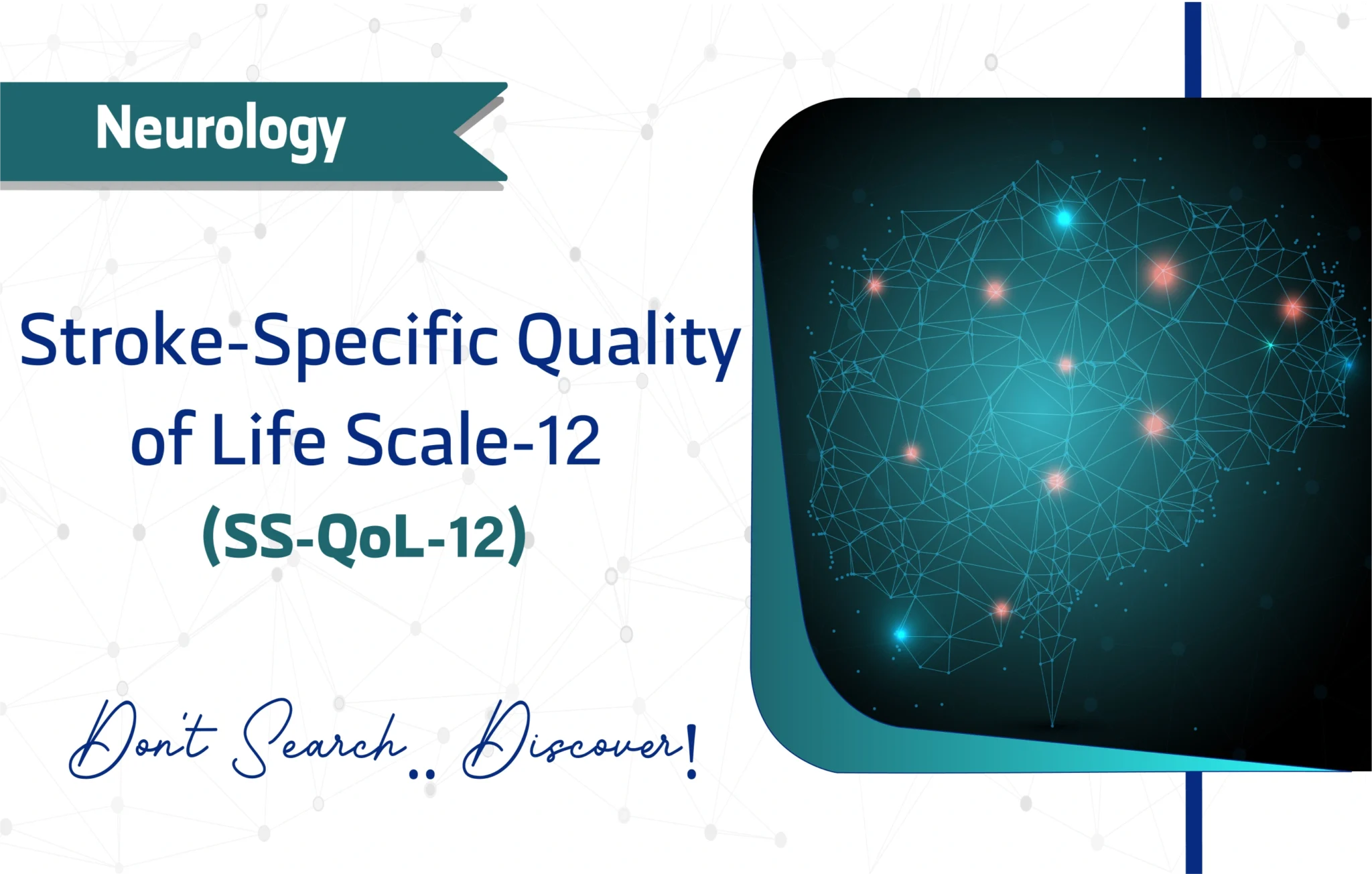
The SS-QOL-12 assesses health-related quality of life in stroke survivors, supporting clinical and research applications.
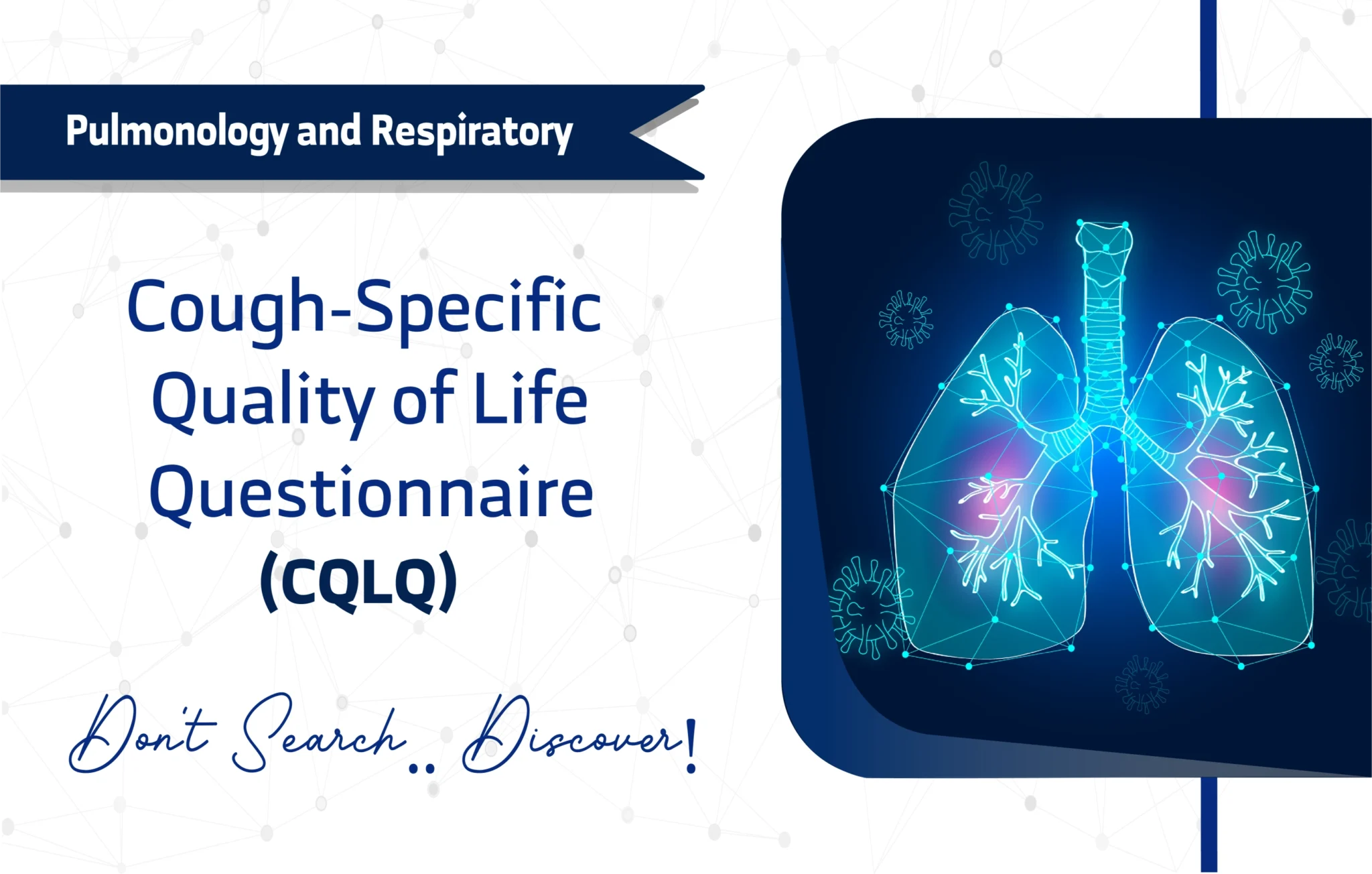
The CQLQ assesses cough’s impact on quality of life, aiding clinicians and researchers in pulmonology.
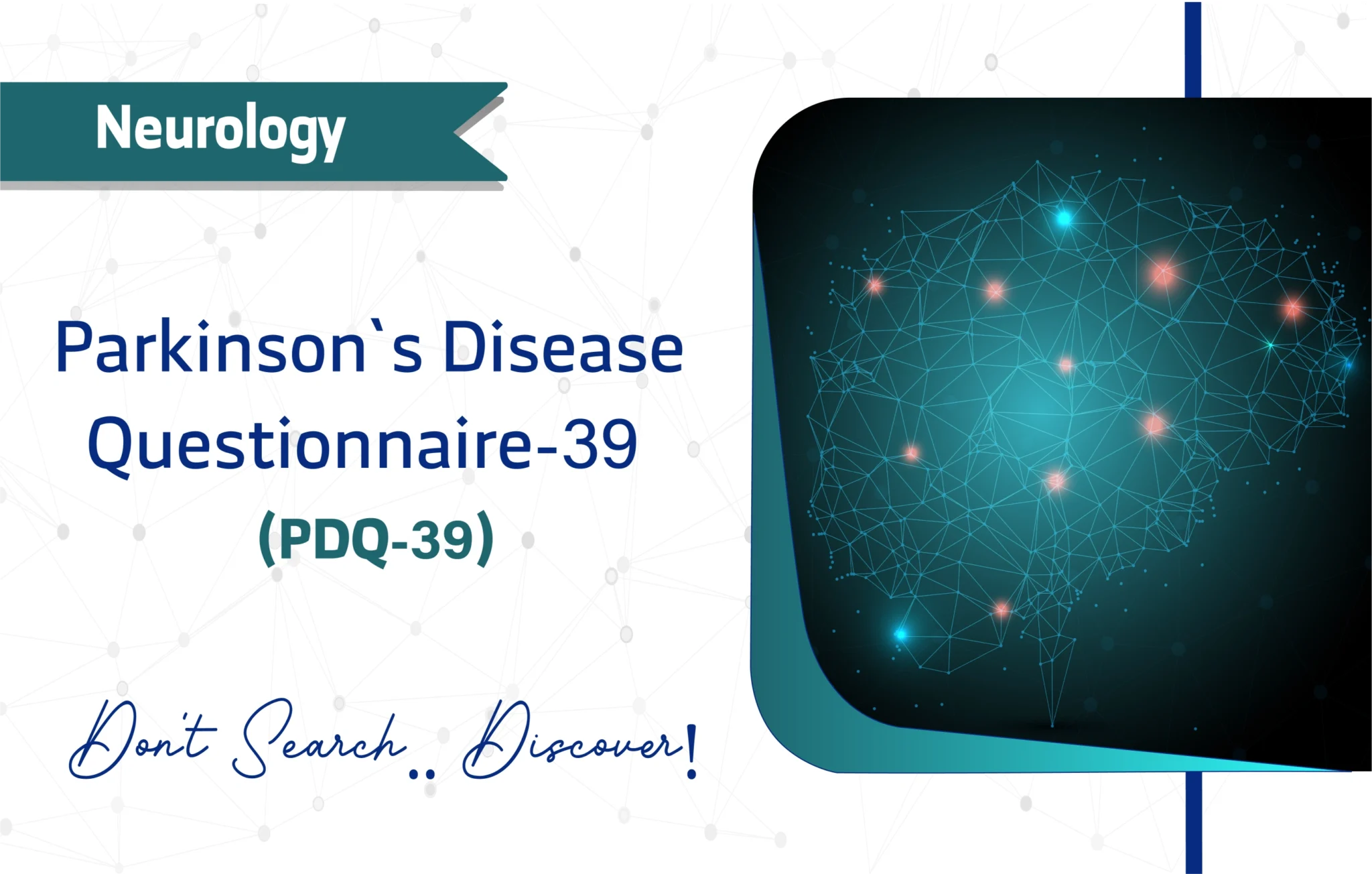
The Parkinson’s Disease Questionnaire-39 (PDQ-39) is the gold-standard tool for measuring quality of life in Parkinson’s disease, offering vital insights for researchers.
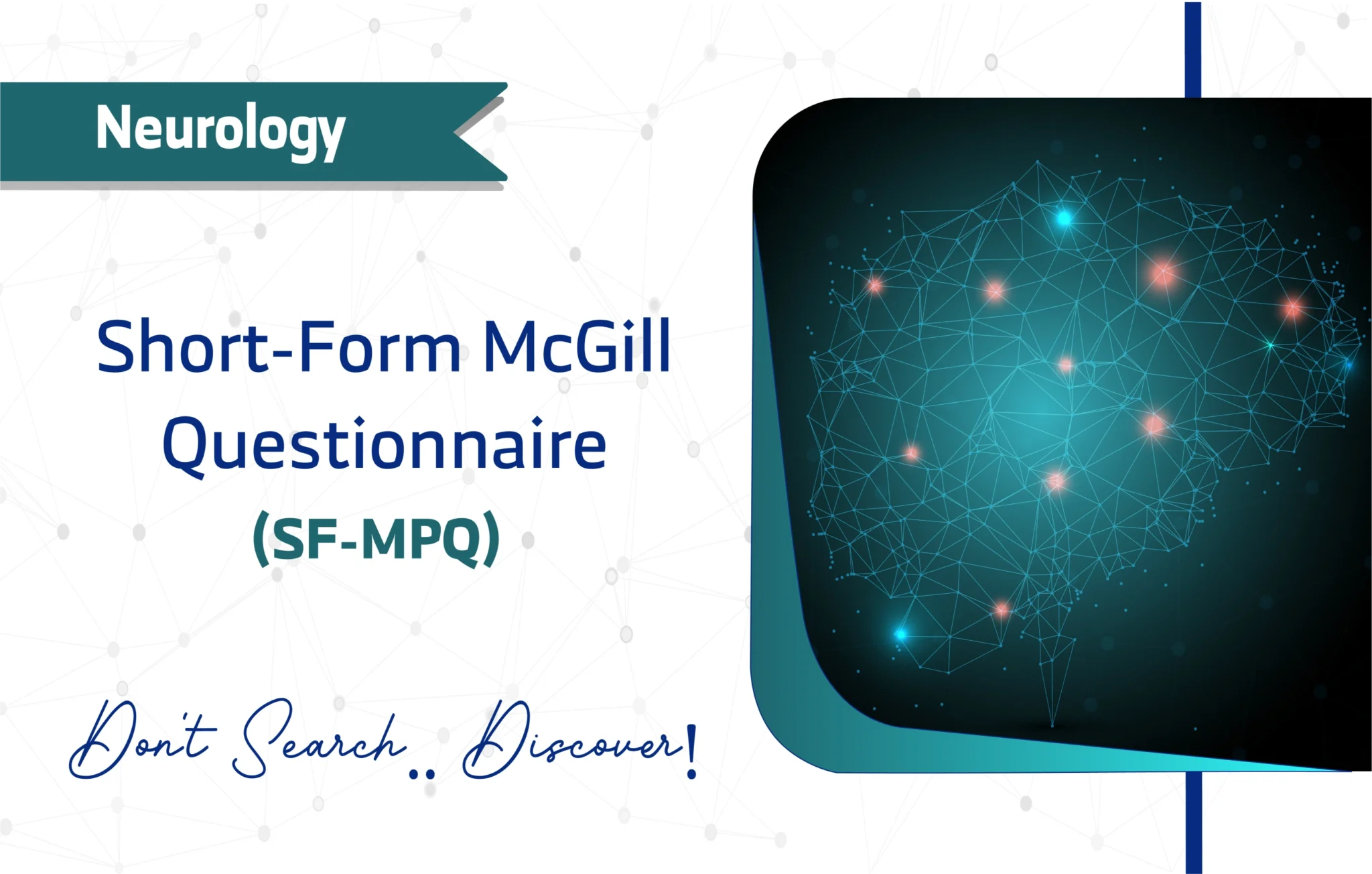
The Short-Form McGill Pain Questionnaire evaluates pain intensity and quality, aiding clinicians and researchers in pain management.

The ADDQoL-19 evaluates quality of life in diabetes, aiding clinicians and researchers in treatment planning and monitoring.
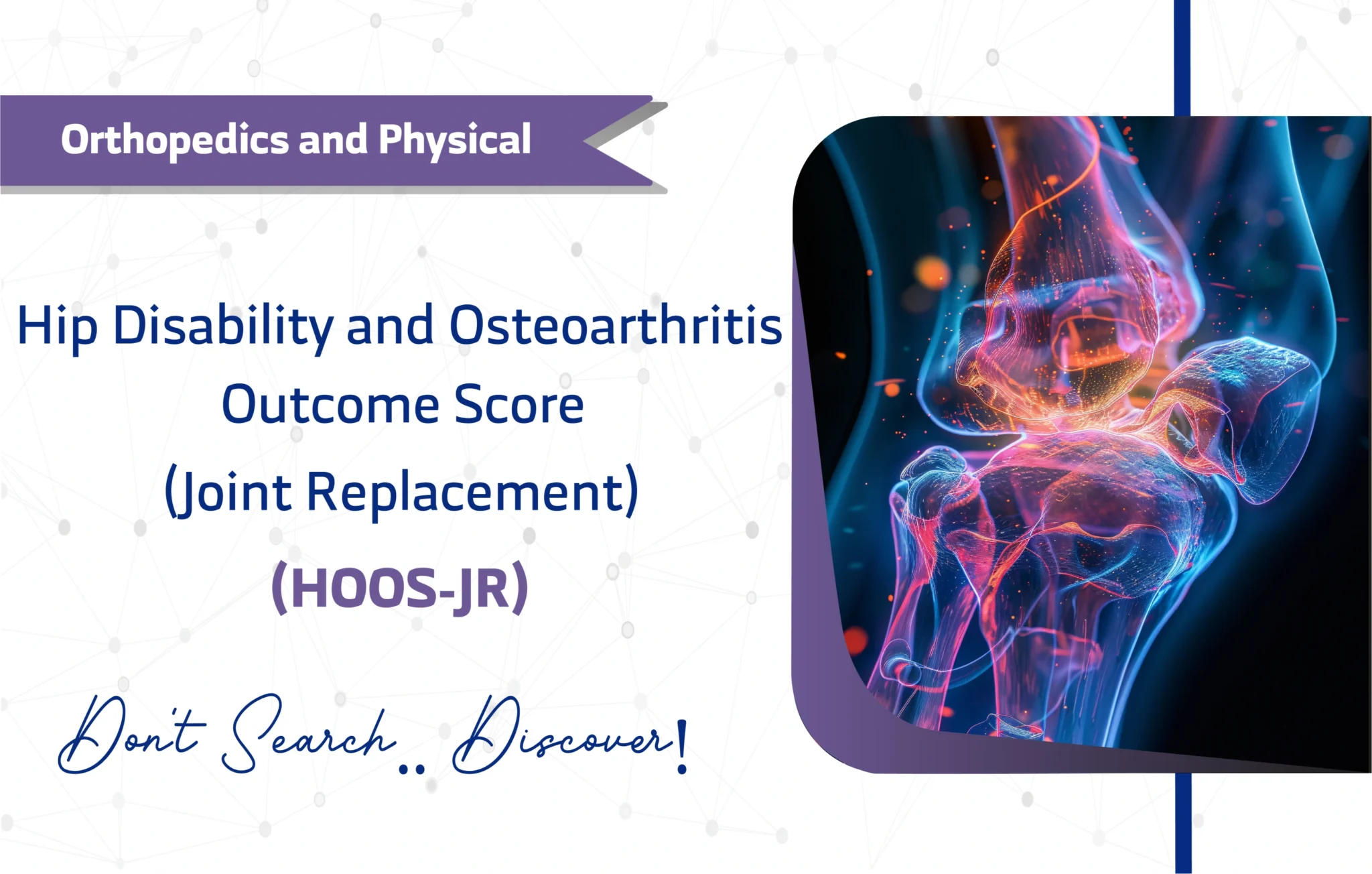
The Hip Disability and Osteoarthritis Outcome Score for Joint Replacement (HOOS-JR) assesses hip disability and osteoarthritis, aiding clinicians and researchers in evaluating functional outcomes post-joint replacement.
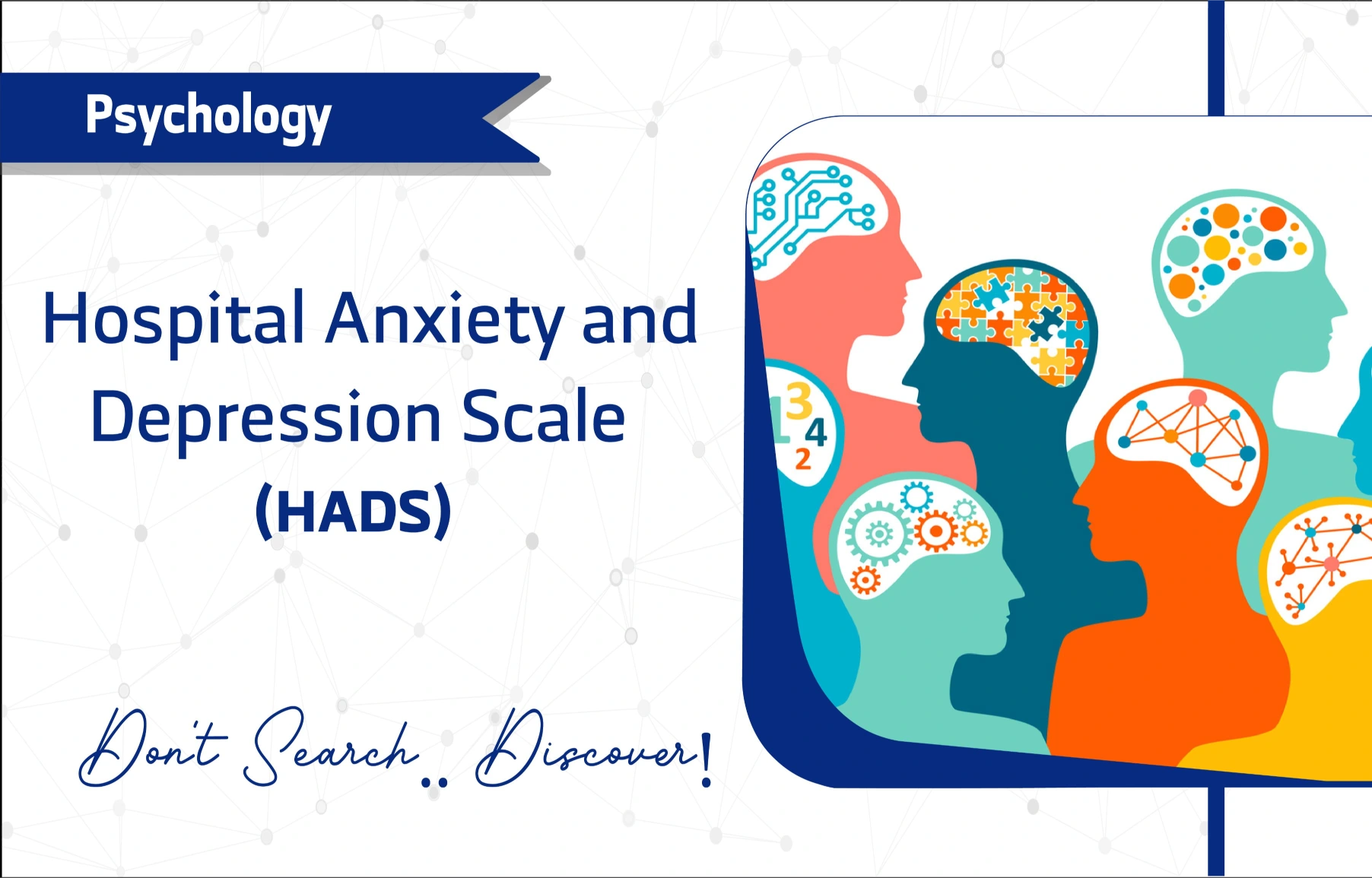
The HADS assesses anxiety and depression, aiding clinicians and researchers in mental health screening and treatment planning.
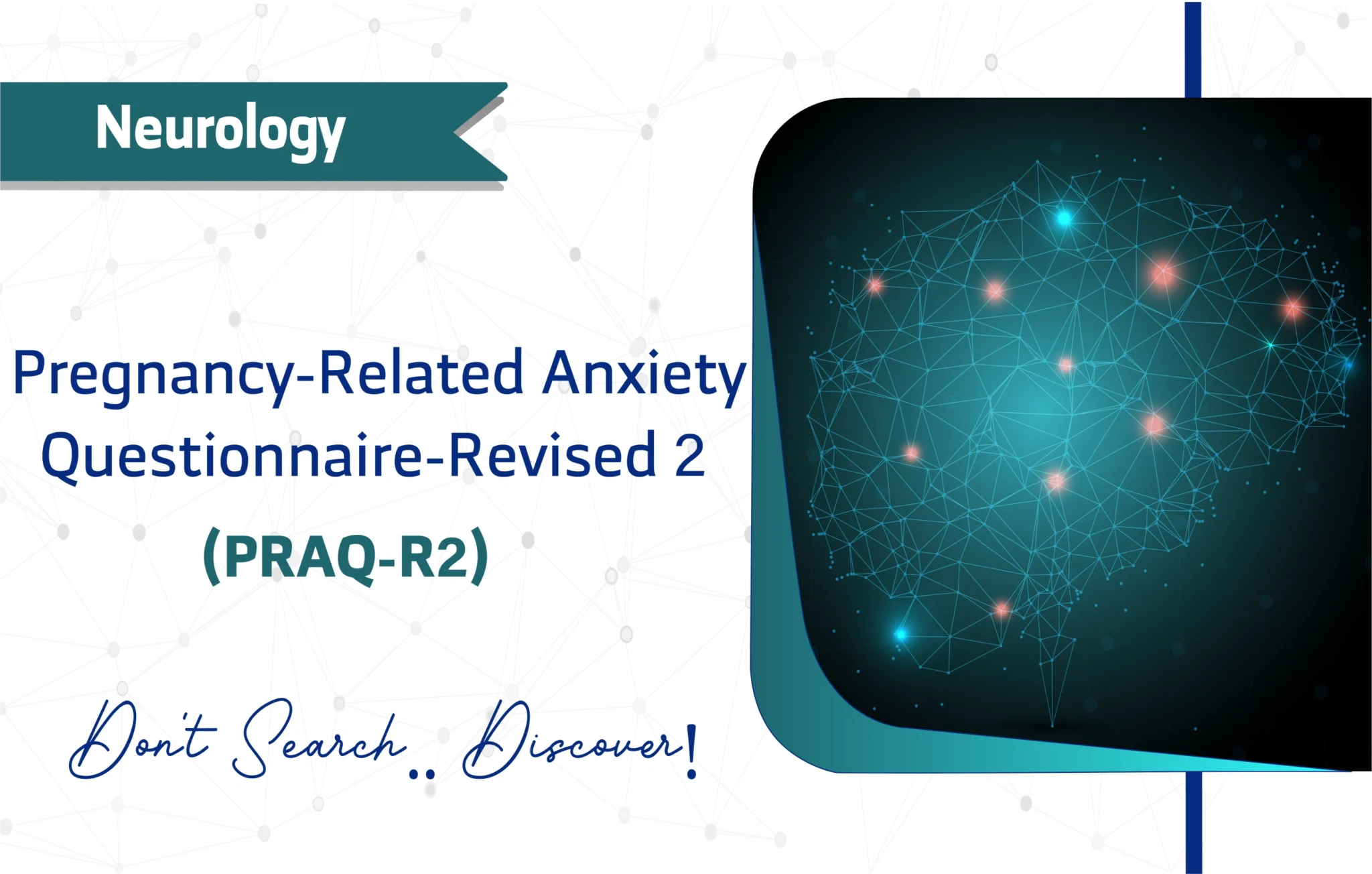
The PRAQ-R2 evaluates pregnancy-specific anxiety, aiding clinicians and researchers in maternal mental health care.
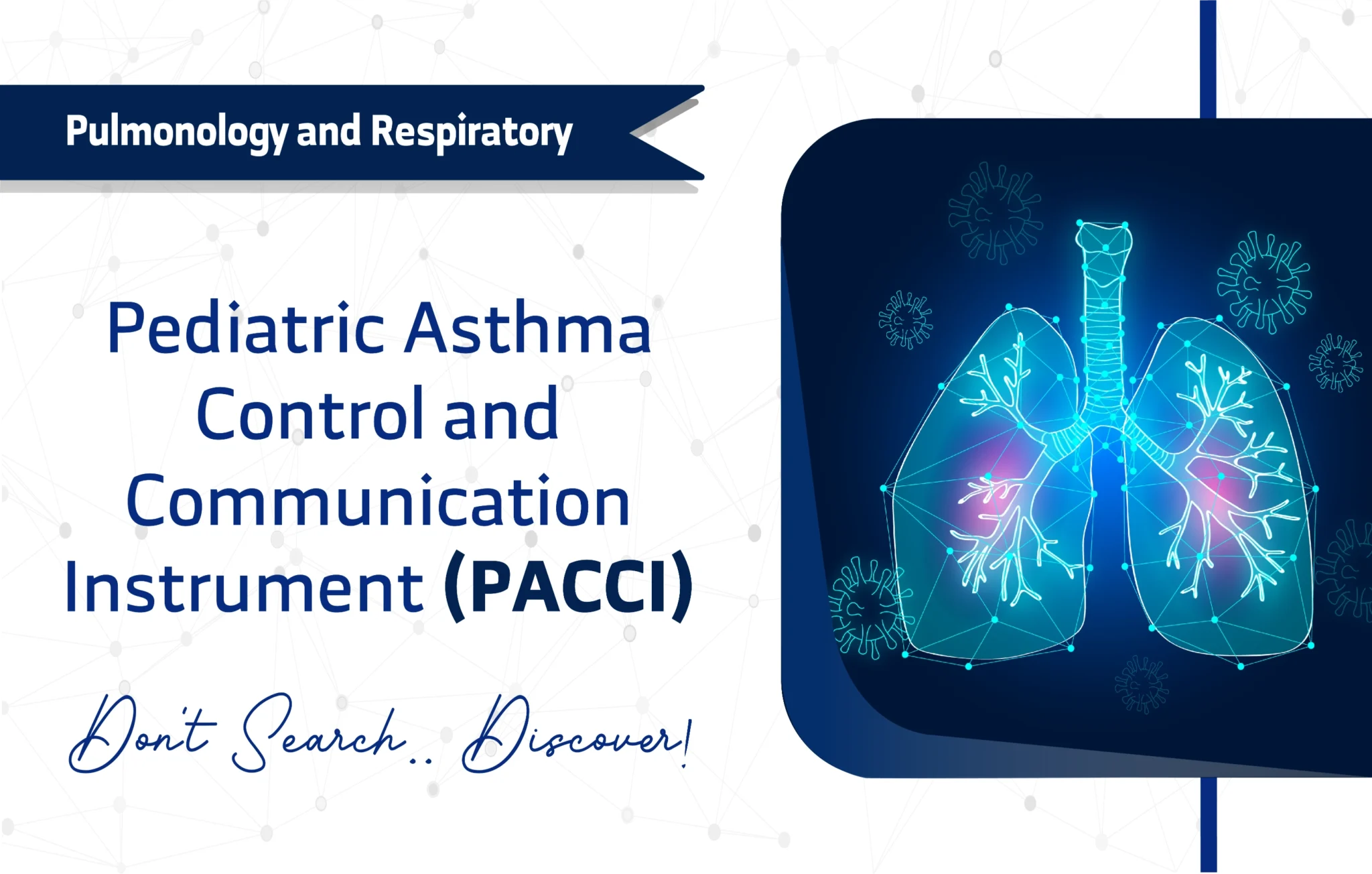
Discover the Pediatric Asthma Control and Communication Instrument (PACCI), a vital, open-access tool for clinicians and researchers to assess and manage childhood asthma.
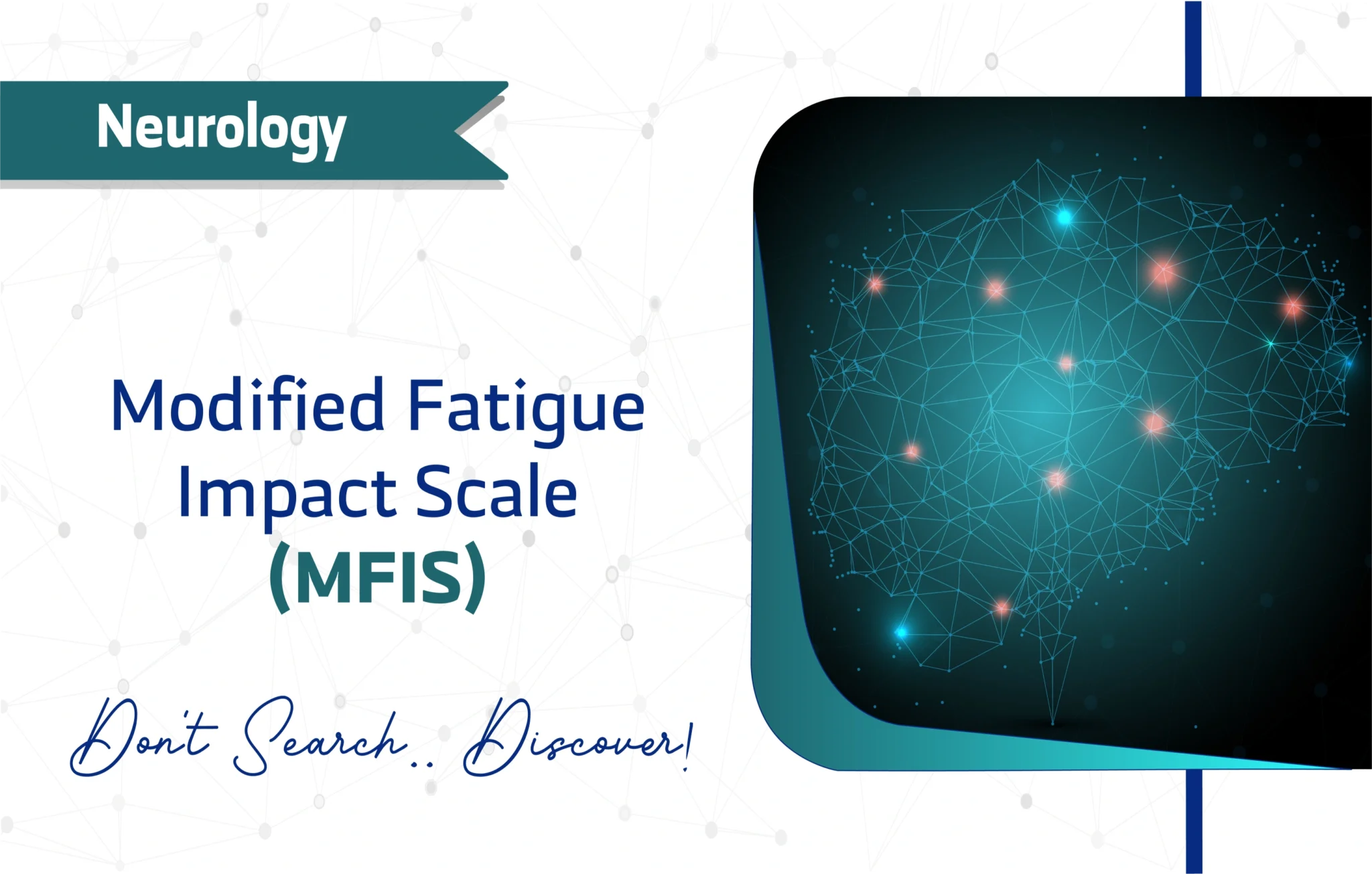
Explore the Modified Fatigue Impact Scale (MFIS), a key public-domain instrument for clinicians and researchers to measure the cognitive, physical, and psychosocial impact of fatigue.

The Oldenburg Burnout Inventory (OLBI) assesses burnout in adults, focusing on exhaustion and disengagement in occupational settings.
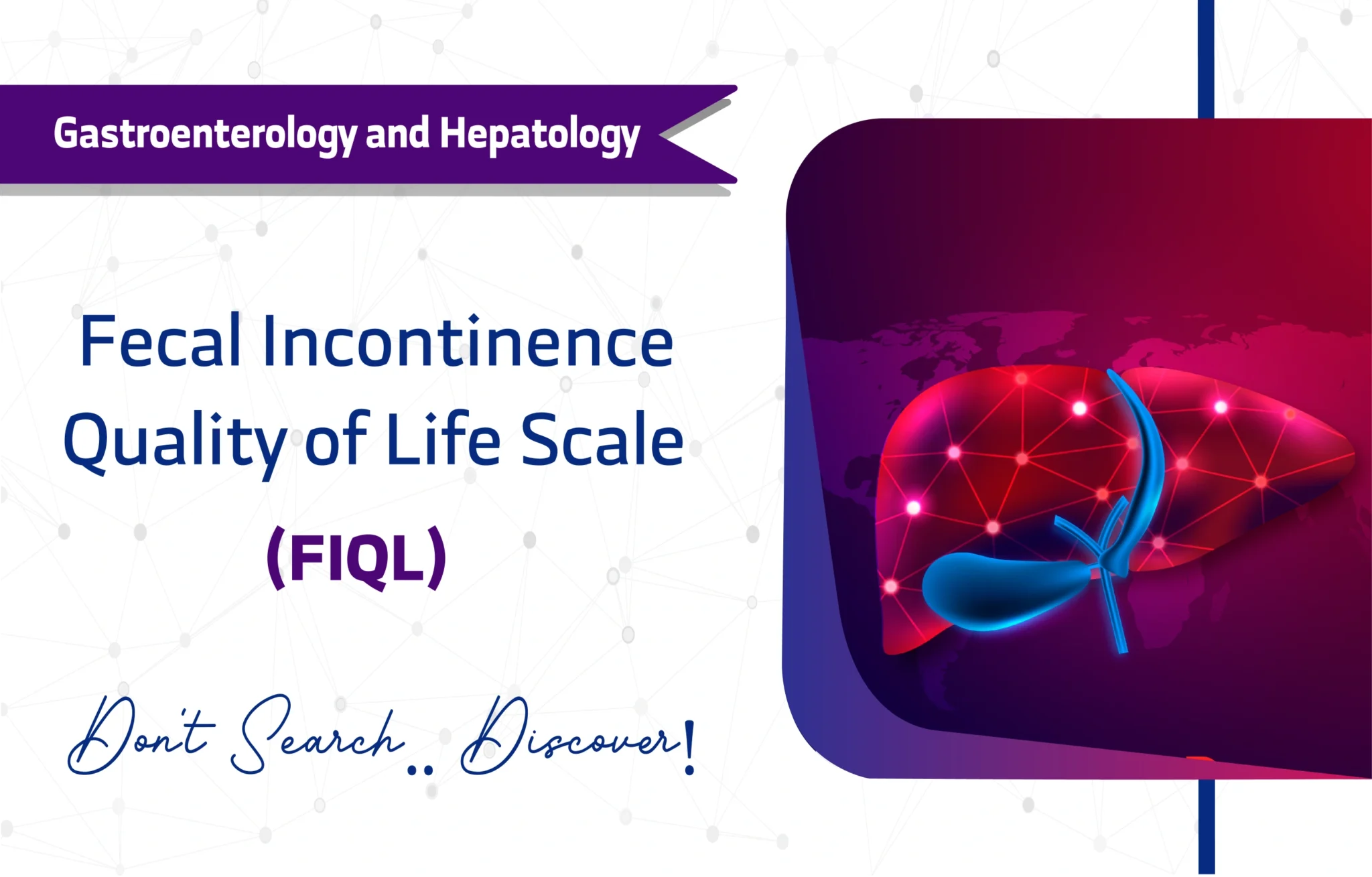
The FIQL evaluates fecal incontinence effects on lifestyle, behavior, and emotional health, offering critical insights for clinicians and researchers.
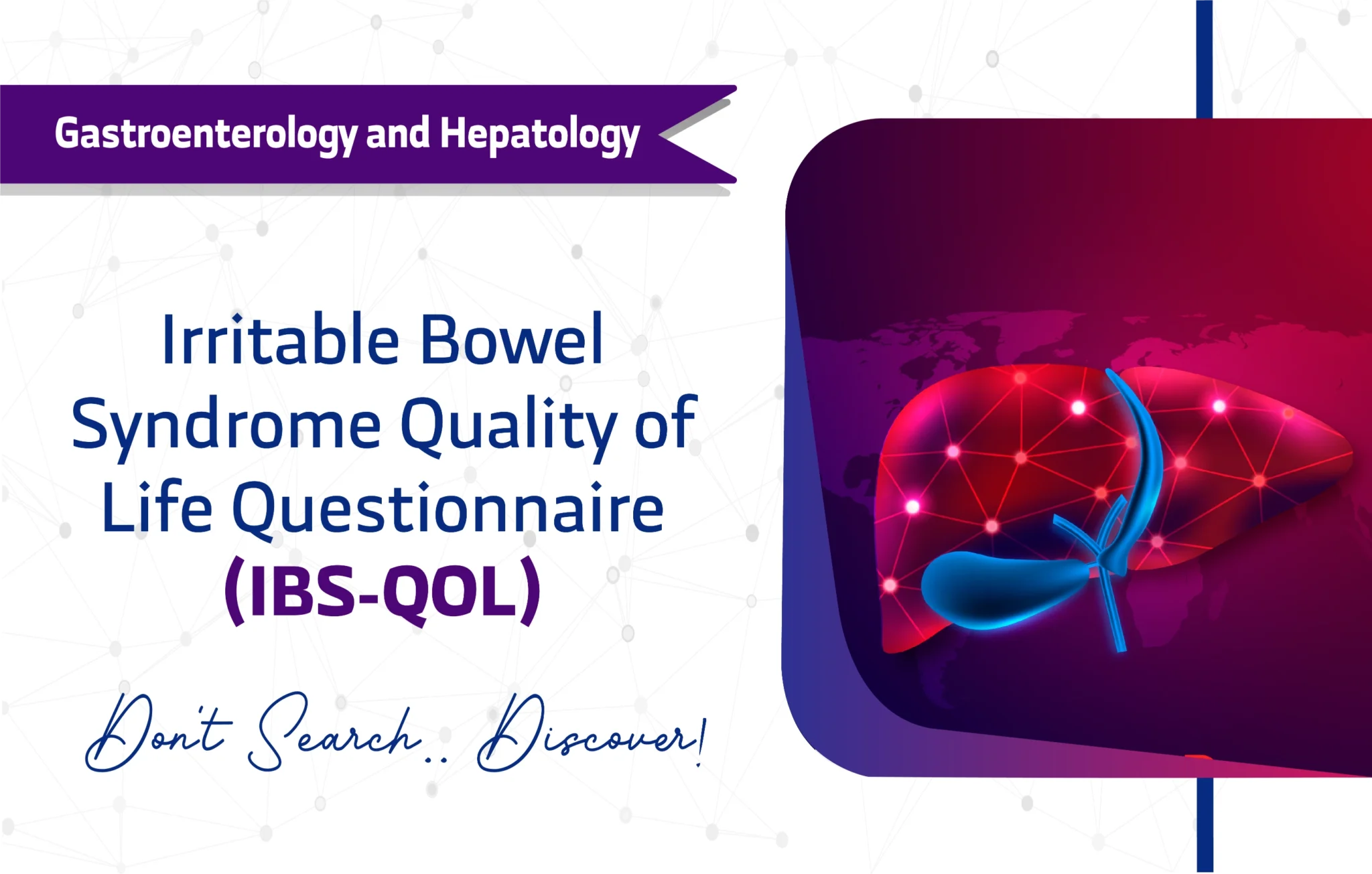
The Irritable Bowel Syndrome Quality of Life is a vital tool for evaluating the impact of Irritable Bowel Syndrome on quality of life, offering crucial insights for research and clinical practice.
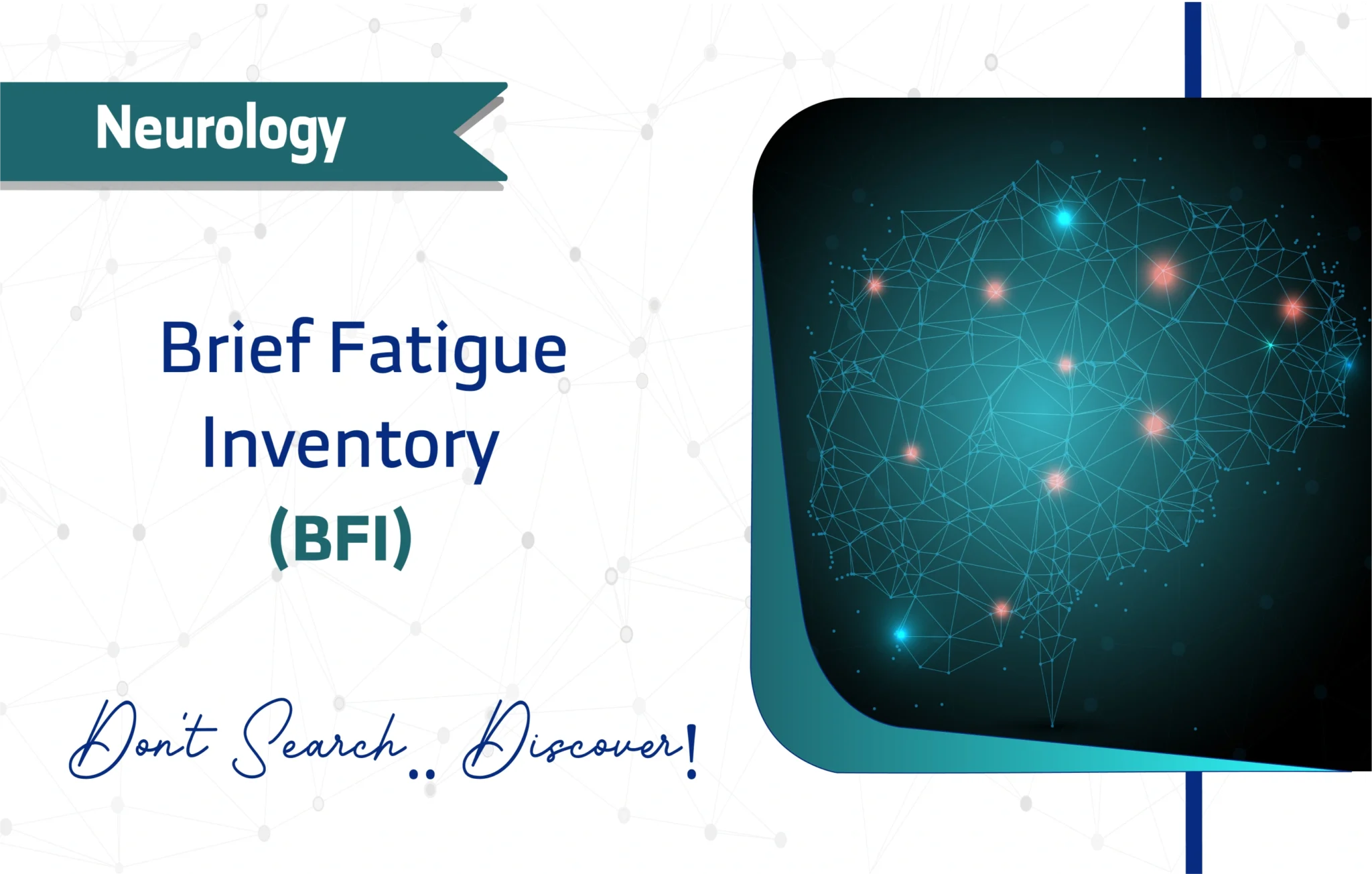
The Brief Fatigue Inventory (BFI) assesses fatigue severity and impact, offering reliable insights for cancer research and clinical practice.

The MMAS-8, an 8-item questionnaire, effectively assesses medication adherence in patients with chronic conditions like hypertension and diabetes.
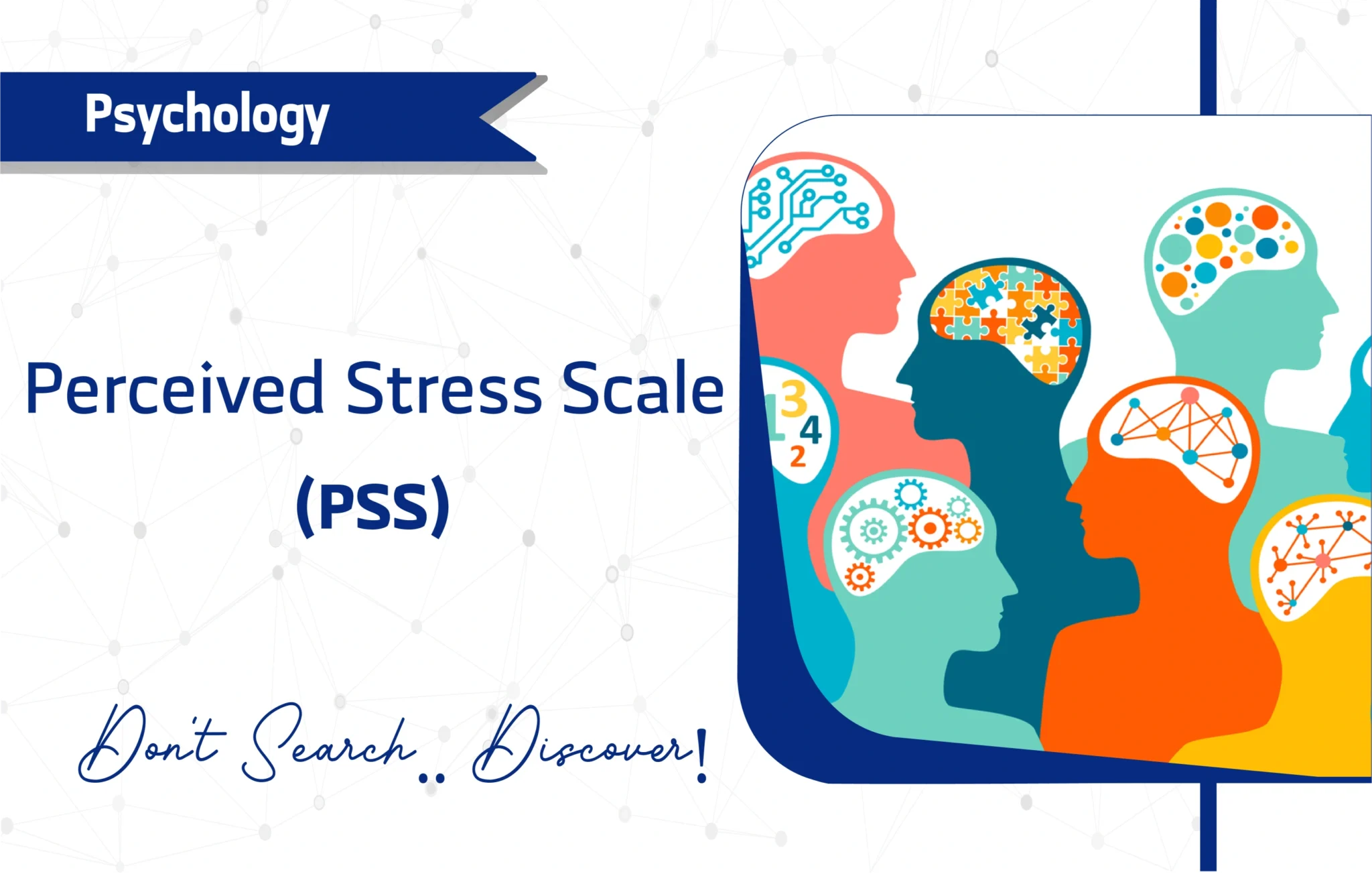
The PSS, available in 14, 10, and 4-item versions, measures perceived stress, aiding clinicians and researchers in mental health evaluations.
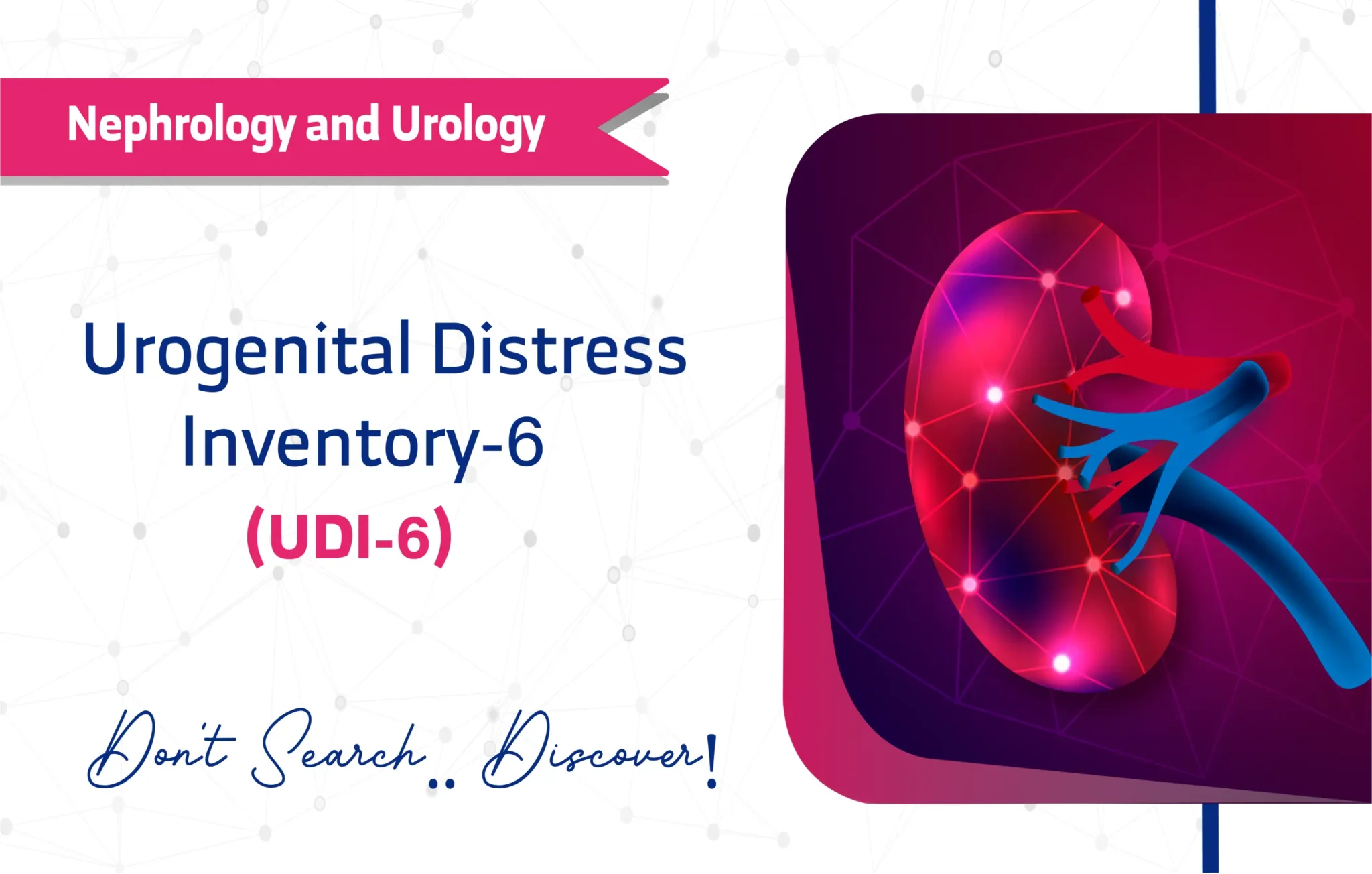
The Urogenital Distress Inventory-6 (UDI-6) is a vital tool for assessing the severity and impact of urogenital symptoms in women.
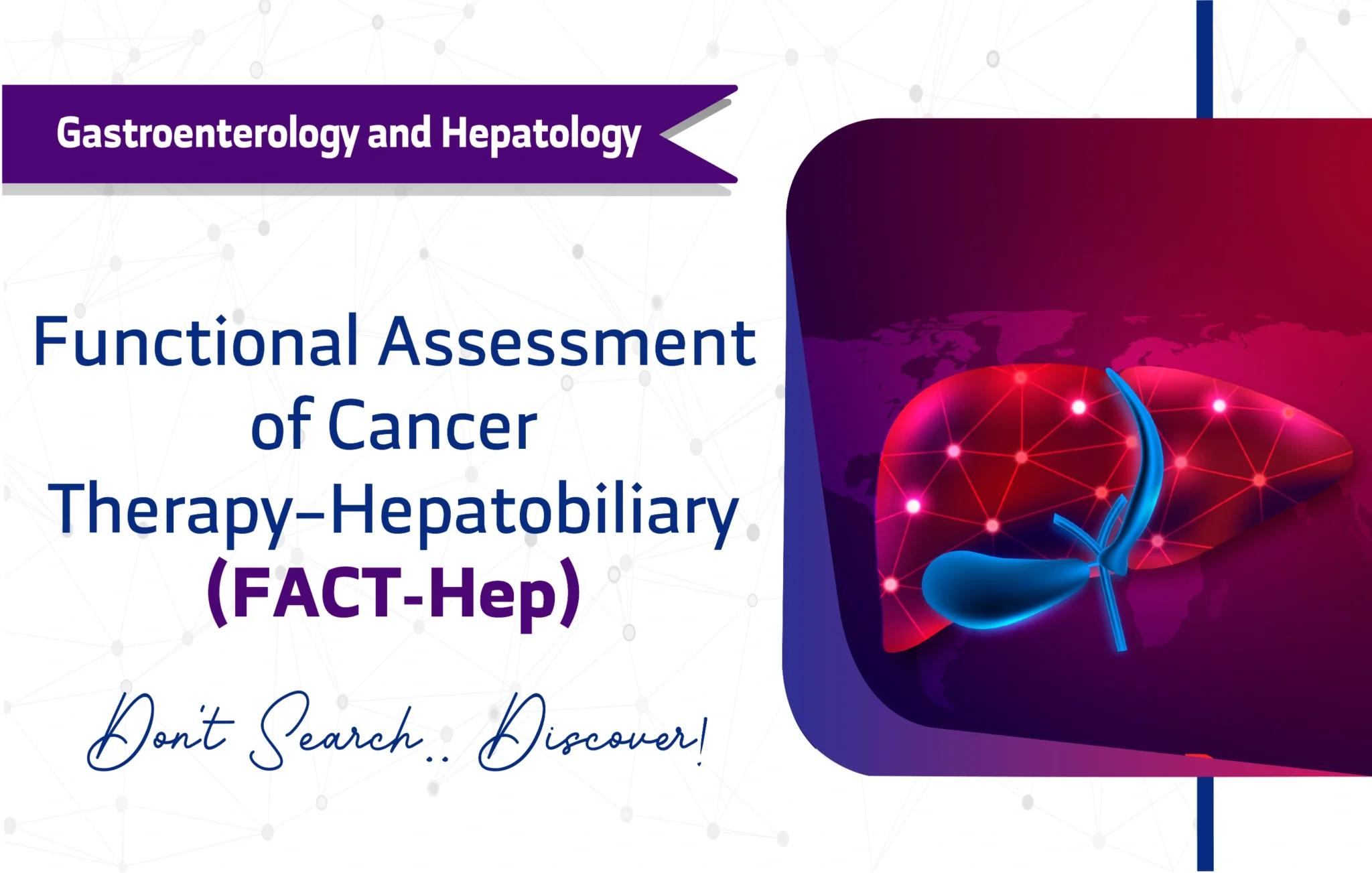
The Functional Assessment of Cancer Therapy–Hepatobiliary (FACT-Hep) is a crucial tool for evaluating quality of life in patients with liver, bile duct, and gallbladder cancers.
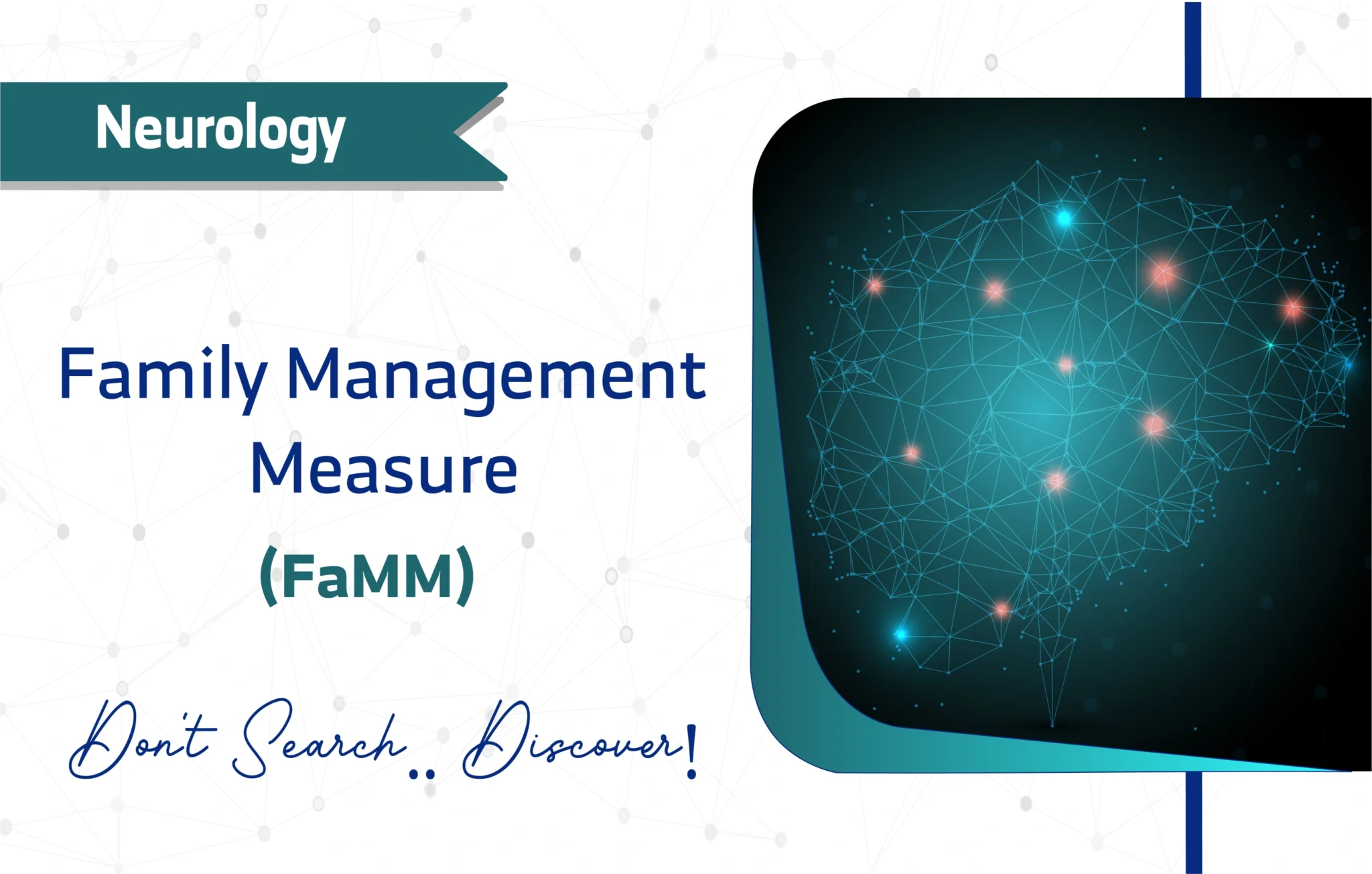
The FaMM, a 53-item questionnaire, assesses family management of pediatric chronic conditions, aiding clinicians and researchers.

A comprehensive, 240-item instrument for assessing the five-factor model of personality in adults for research and clinical insights.
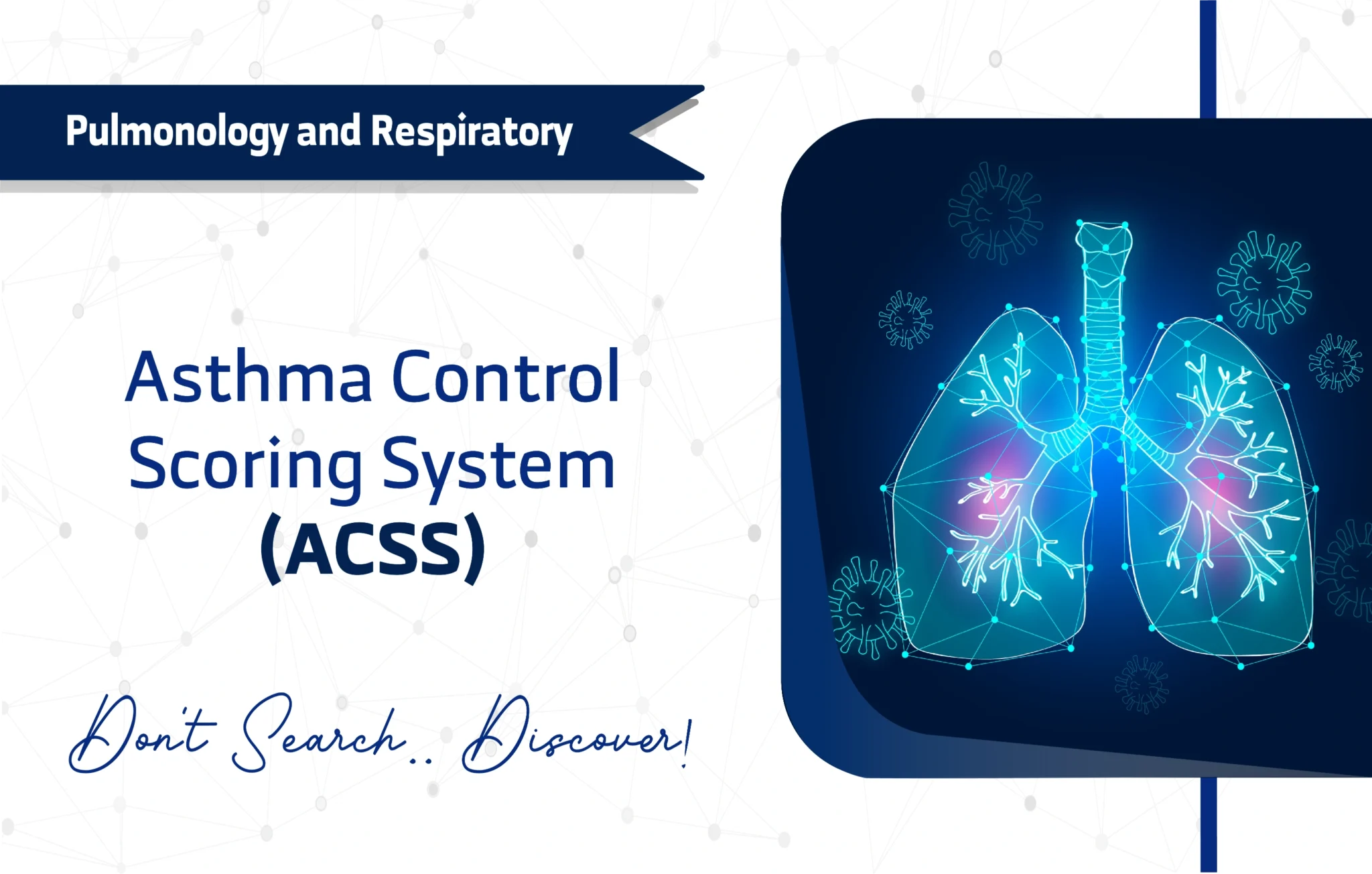
Your essential guide to the Asthma Control Scoring System (ACSS), a tool from the Global Initiative for Asthma (GINA) for quantifying asthma control and guiding disease management in adolescents and adults.
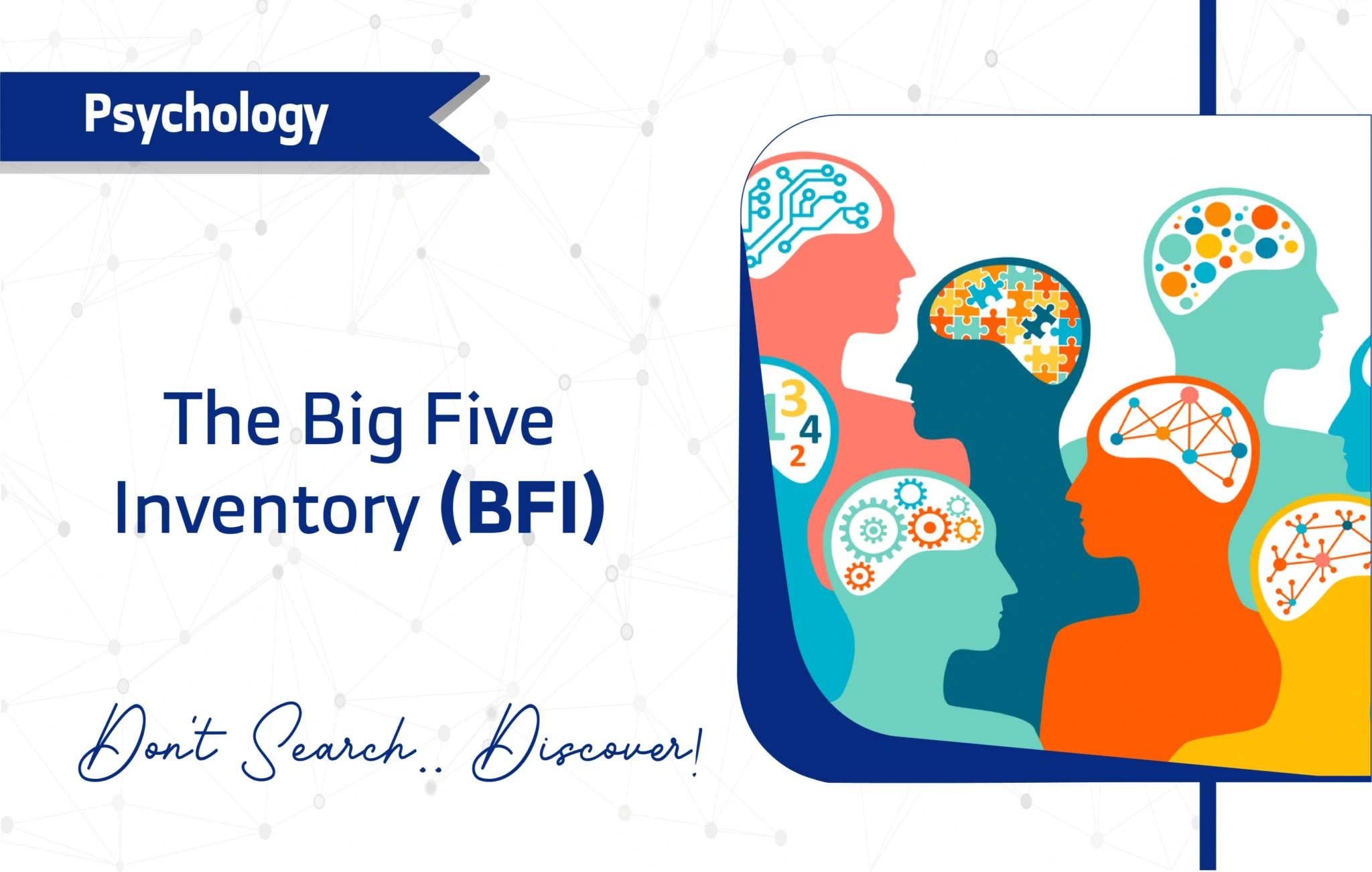
The Big Five Inventory (BFI) is a widely-used 44-item questionnaire designed to assess the five core personality traits: extraversion, agreeableness, conscientiousness, neuroticism, and openness.
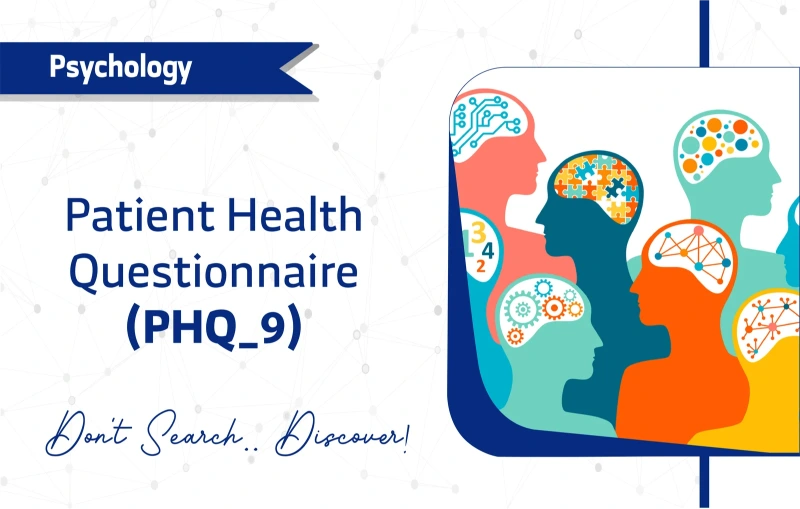
The PHQ-9, a 9-item questionnaire, effectively screens and assesses depression severity in adults for clinical and research purposes.
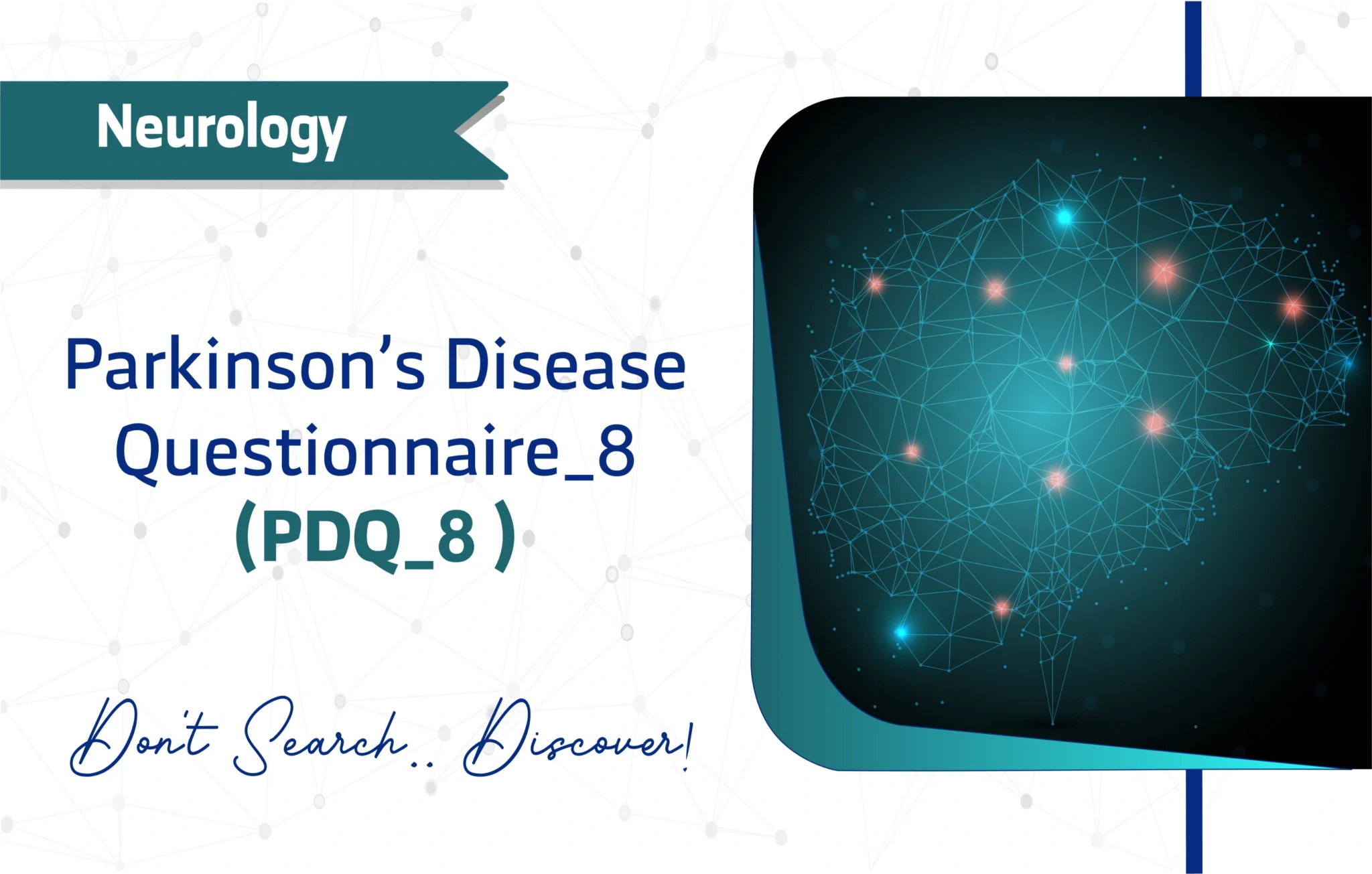
The PDQ-8 assesses quality of life in Parkinson’s disease, aiding clinicians and researchers in monitoring and treatment planning.
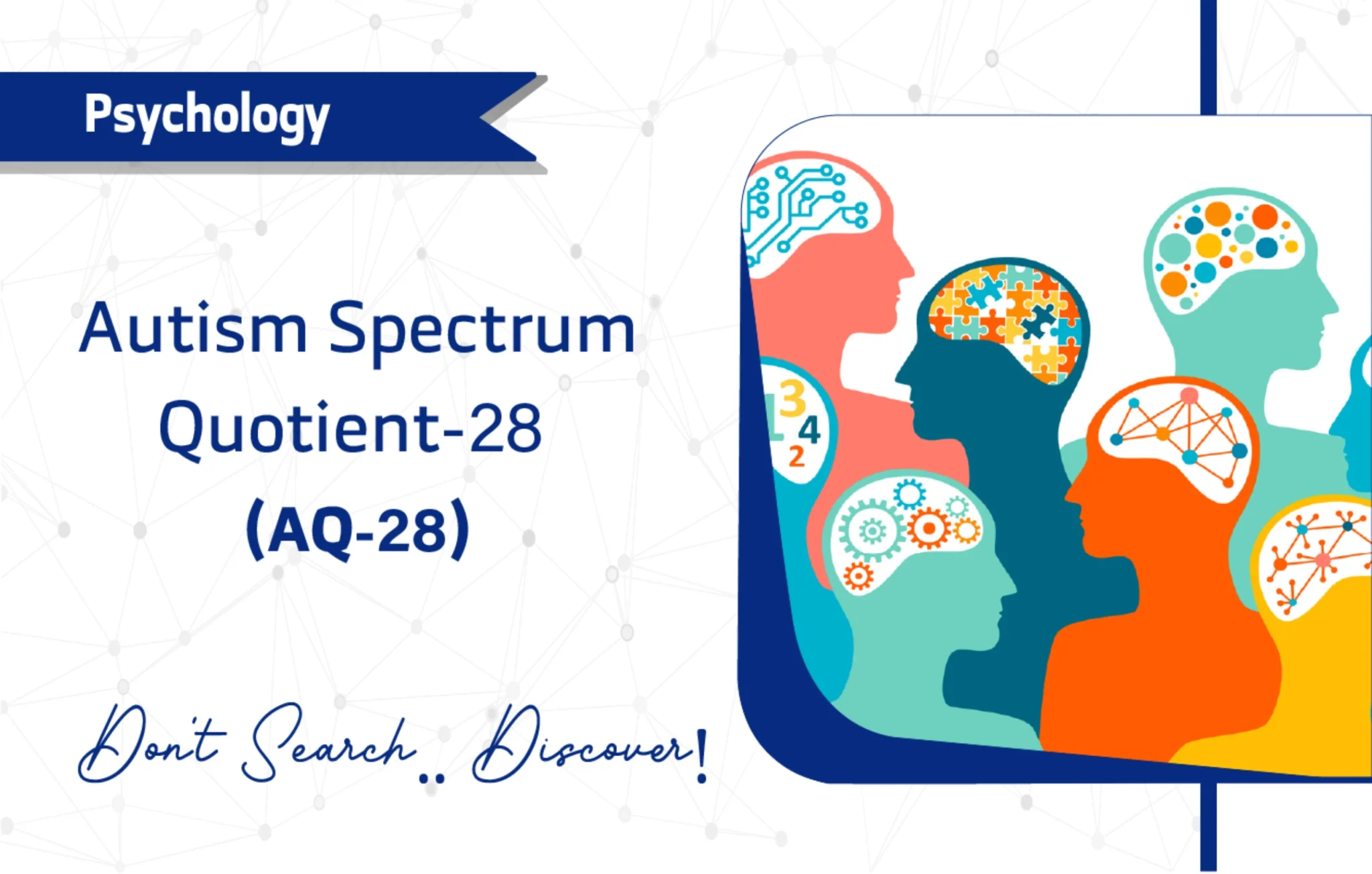
The Autism Spectrum Quotient – 28 offers a concise, validated method for screening adult autistic traits, supporting both clinical practice and crucial autism spectrum research.
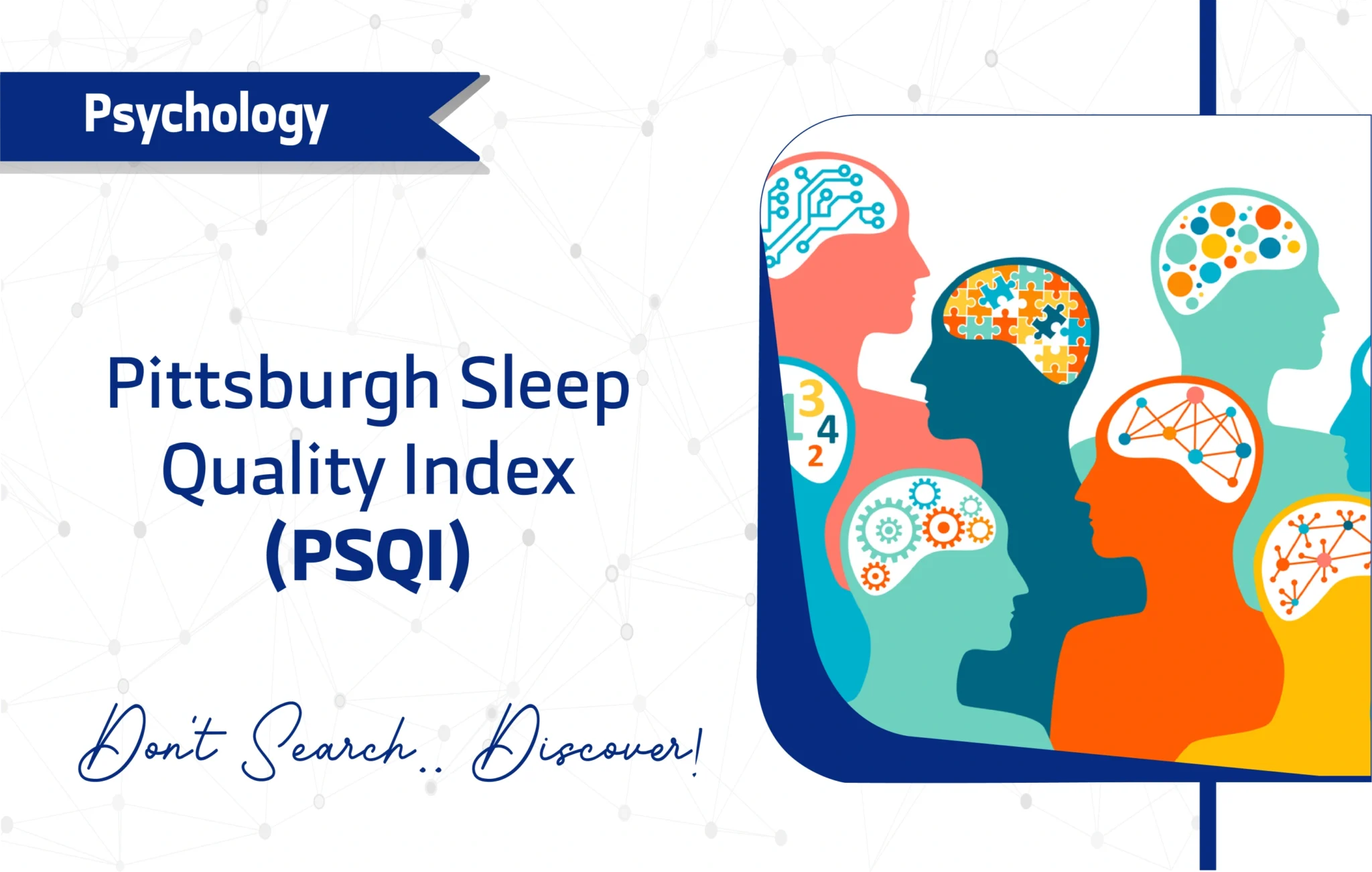
The Pittsburgh Sleep Quality Index (PSQI) is a vital self-report tool for assessing sleep quality and disturbances over a one-month period.
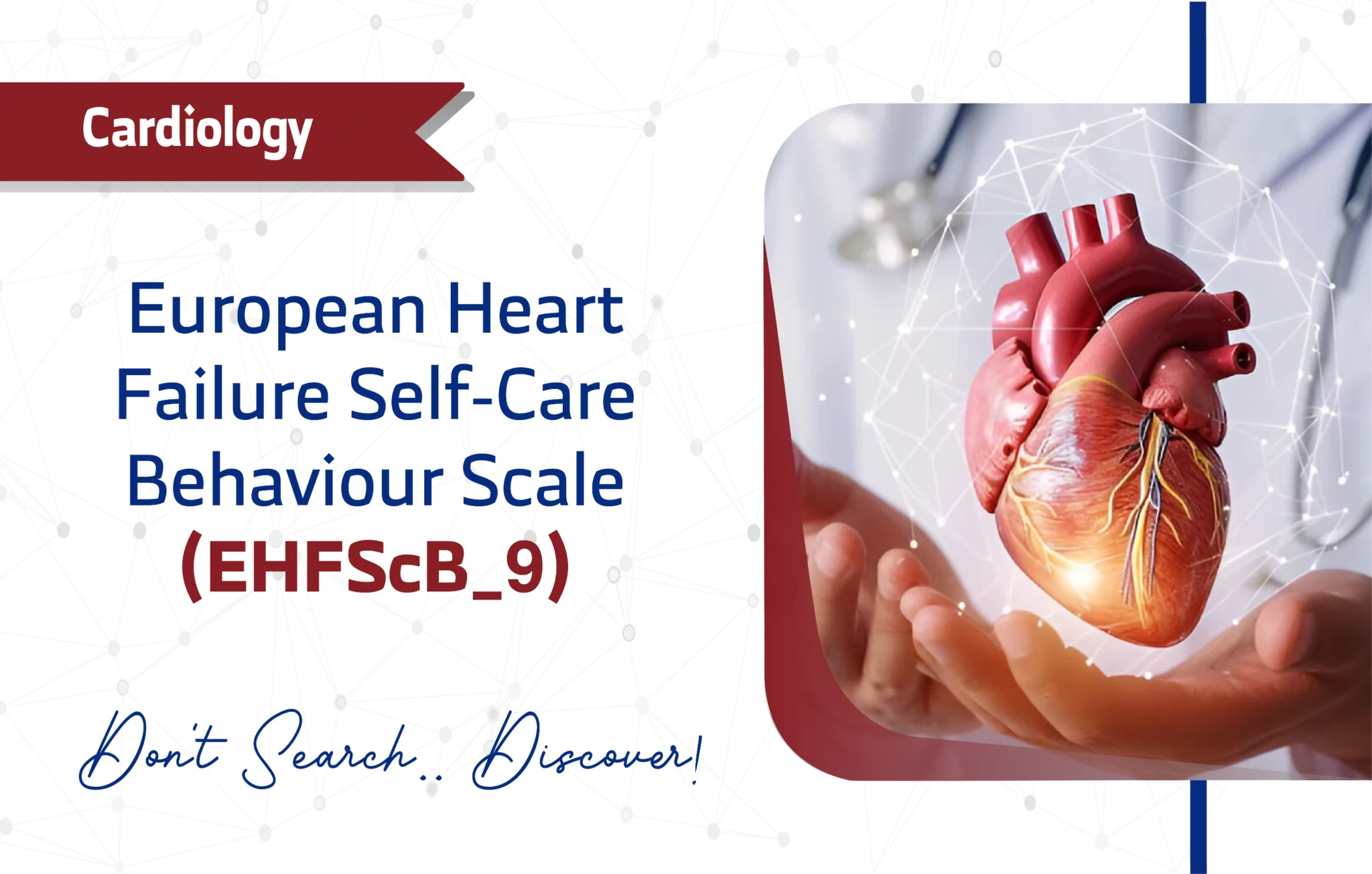
The EHFScB-9 is a key tool for measuring self-care in heart failure. This guide helps researchers and clinicians use it effectively to improve patient outcomes.
The MMPI-2, a robust personality assessment tool, aids clinicians and researchers in diagnosing mental disorders and planning treatment.
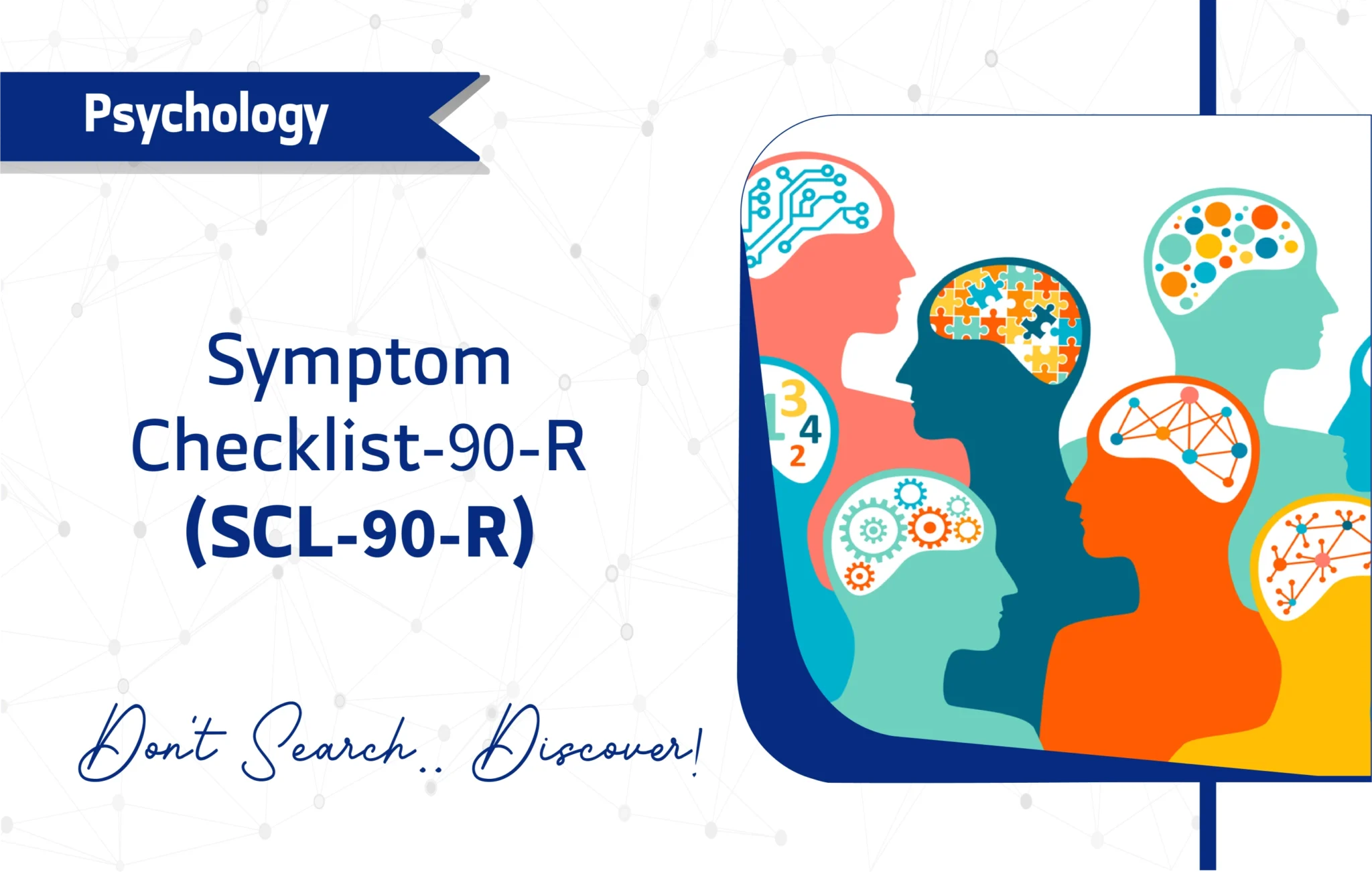
The SCL-90-R evaluates psychological distress, guiding clinicians and researchers in mental health assessment and treatment planning.
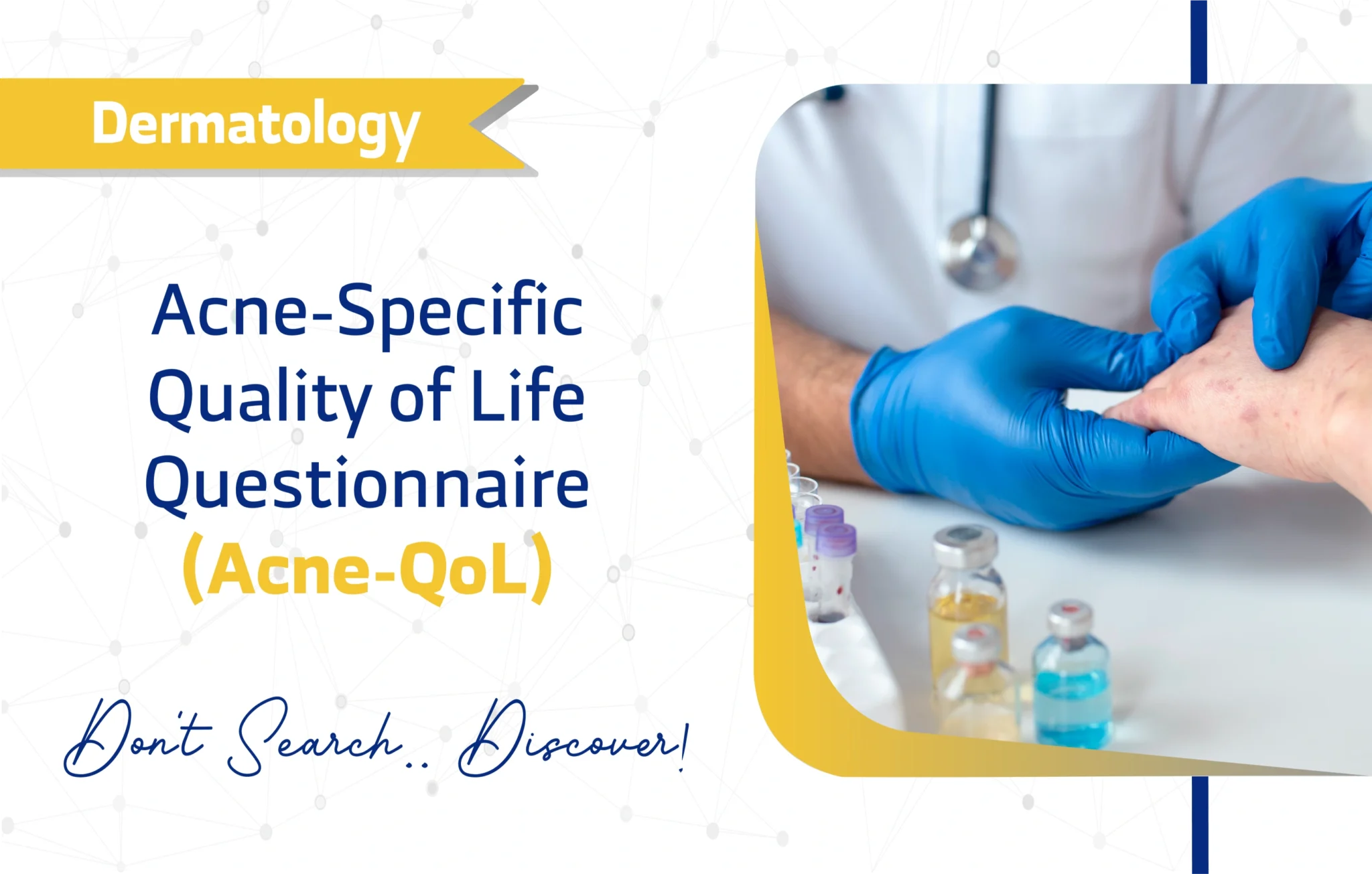
The Acne-QoL assesses quality of life in acne patients, offering reliable insights for researchers and clinicians.

AddiQoL-30 evaluates quality of life in Addison’s disease, aiding clinicians and researchers in improving patient care and outcomes.

Explore the DN4 Questionnaire, a gold-standard tool for neuropathic pain screening and assessment. Ideal for researchers and clinicians.

The DHP-18: A validated questionnaire assessing the psychological and behavioral impact of diabetes. Key for endocrinology research and patient care.
The 16PF Questionnaire assesses 16 personality traits, aiding researchers and clinicians in psychological evaluation and career counseling.
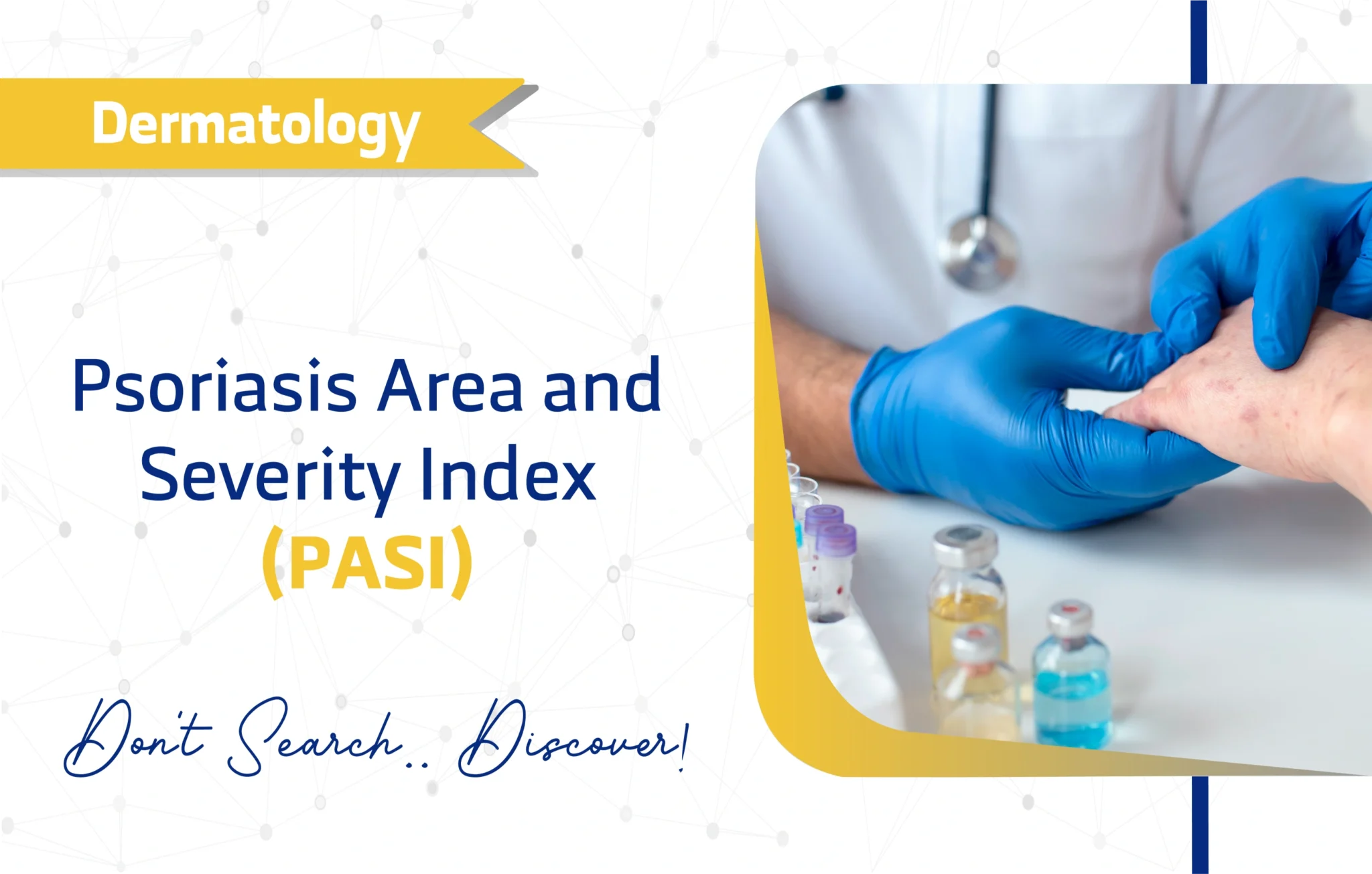
The Psoriasis Area and Severity Index (PASI) is a vital tool for evaluating psoriasis severity in clinical and research settings.
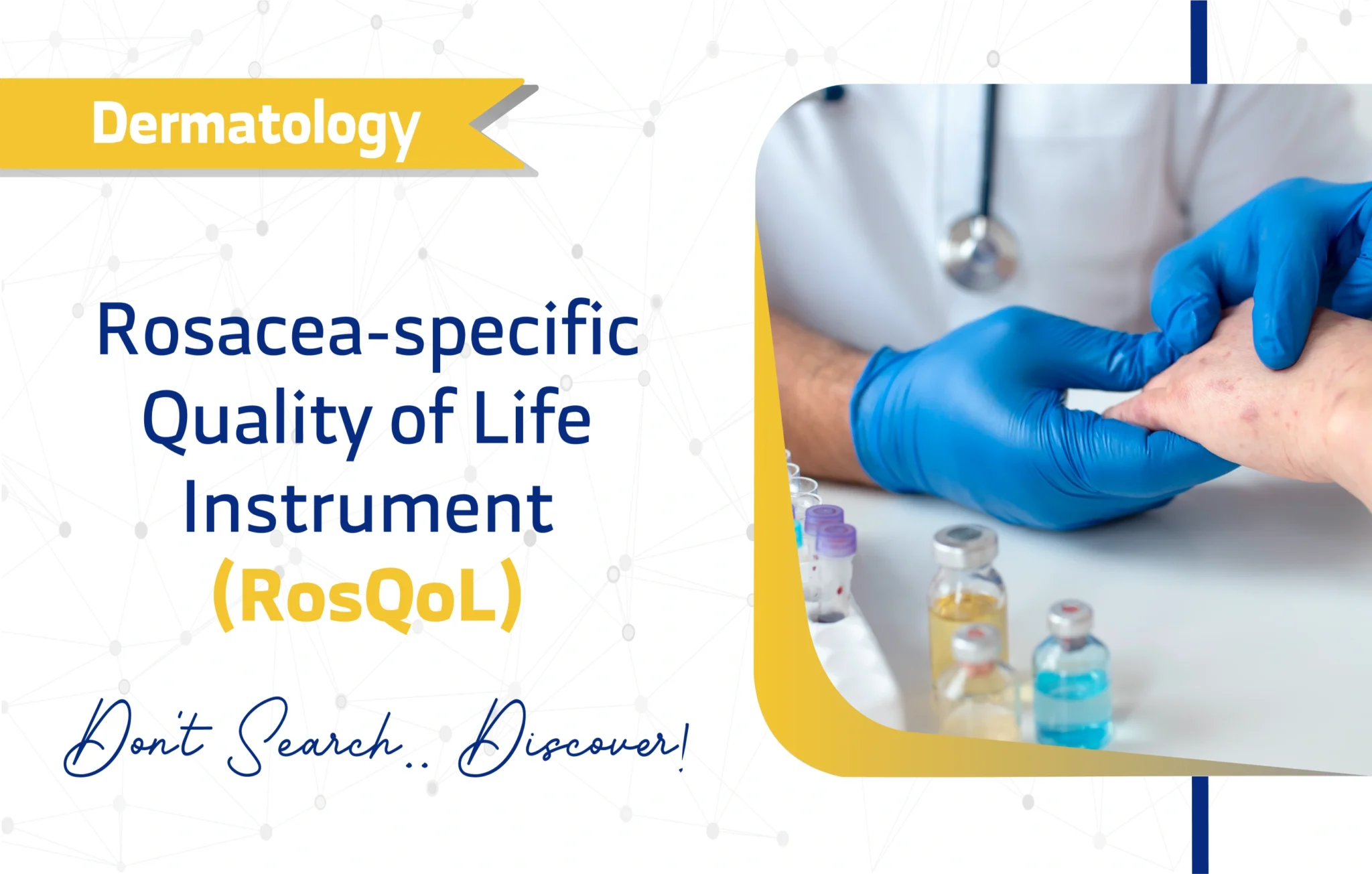
The Rosacea-specific Quality of Life Instrument (RosQoL) is the
key validated tool for assessing the functional and emotional impact of
rosacea on patients.
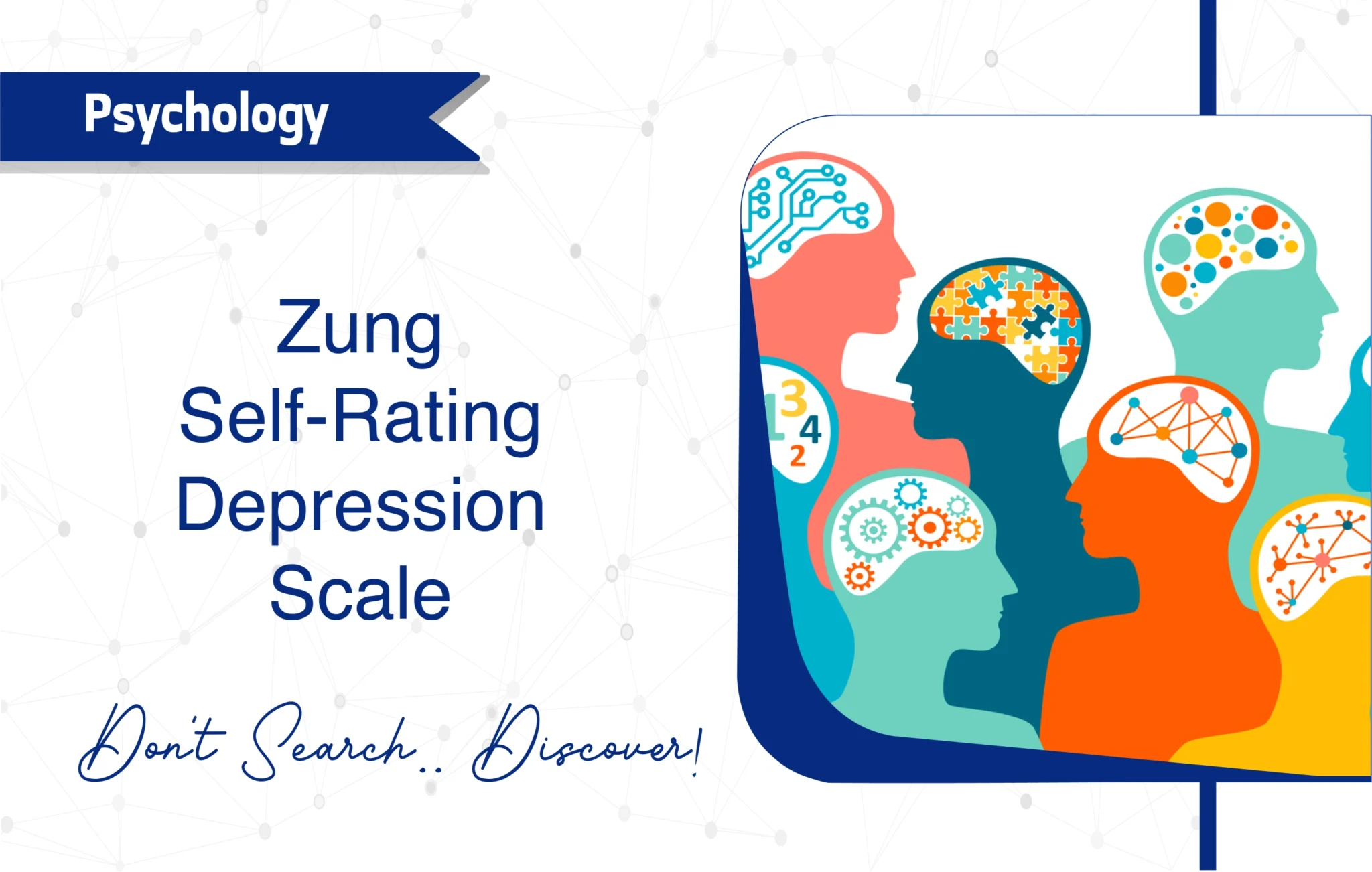
The Zung Self-Rating Depression Scale (SDS) is a widely used 20-item measure for assessing depression severity, guiding treatment, and supporting mental health research.
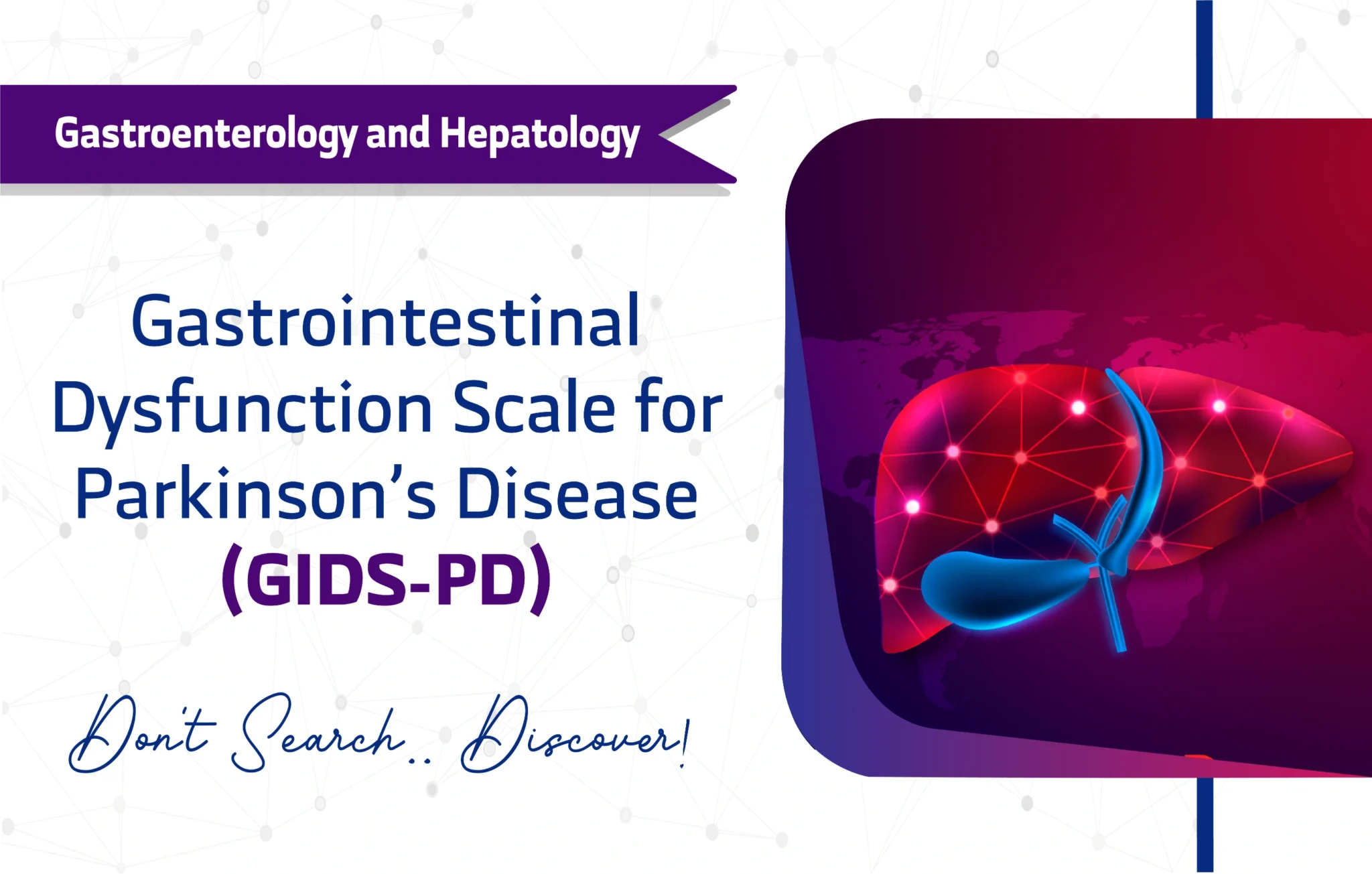
The GIDS-PD is a key self-report tool for researchers and clinicians to quantitatively assess the presence and severity of gastrointestinal symptoms in Parkinson’s disease.

The ASTA questionnaire evaluates symptom burden and health-related quality of life in arrhythmia patients, aiding clinicians and researchers.
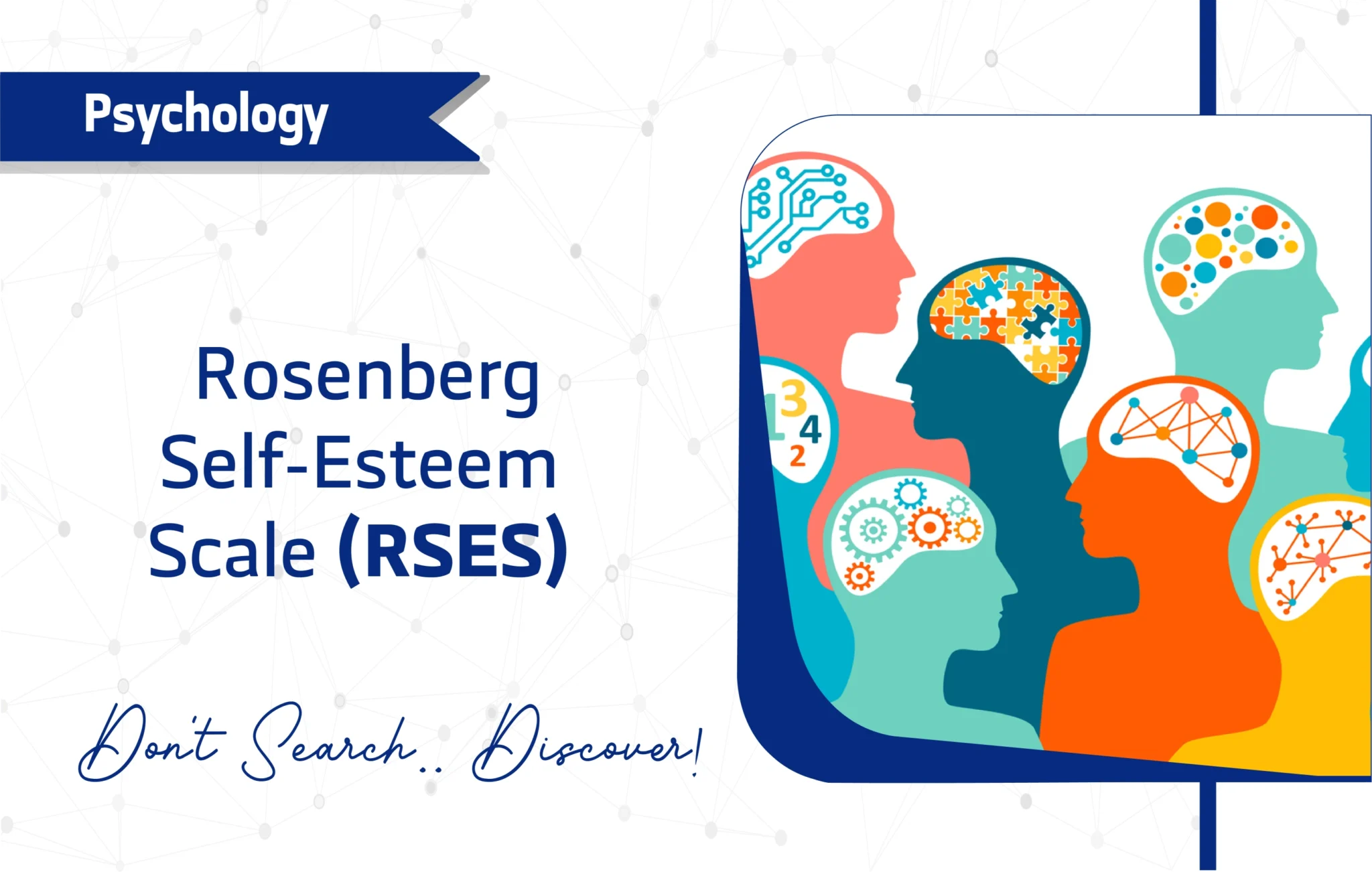
Expert guide to the Rosenberg Self-Esteem Scale (RSES) for assessing global self-esteem in research and clinical practice.
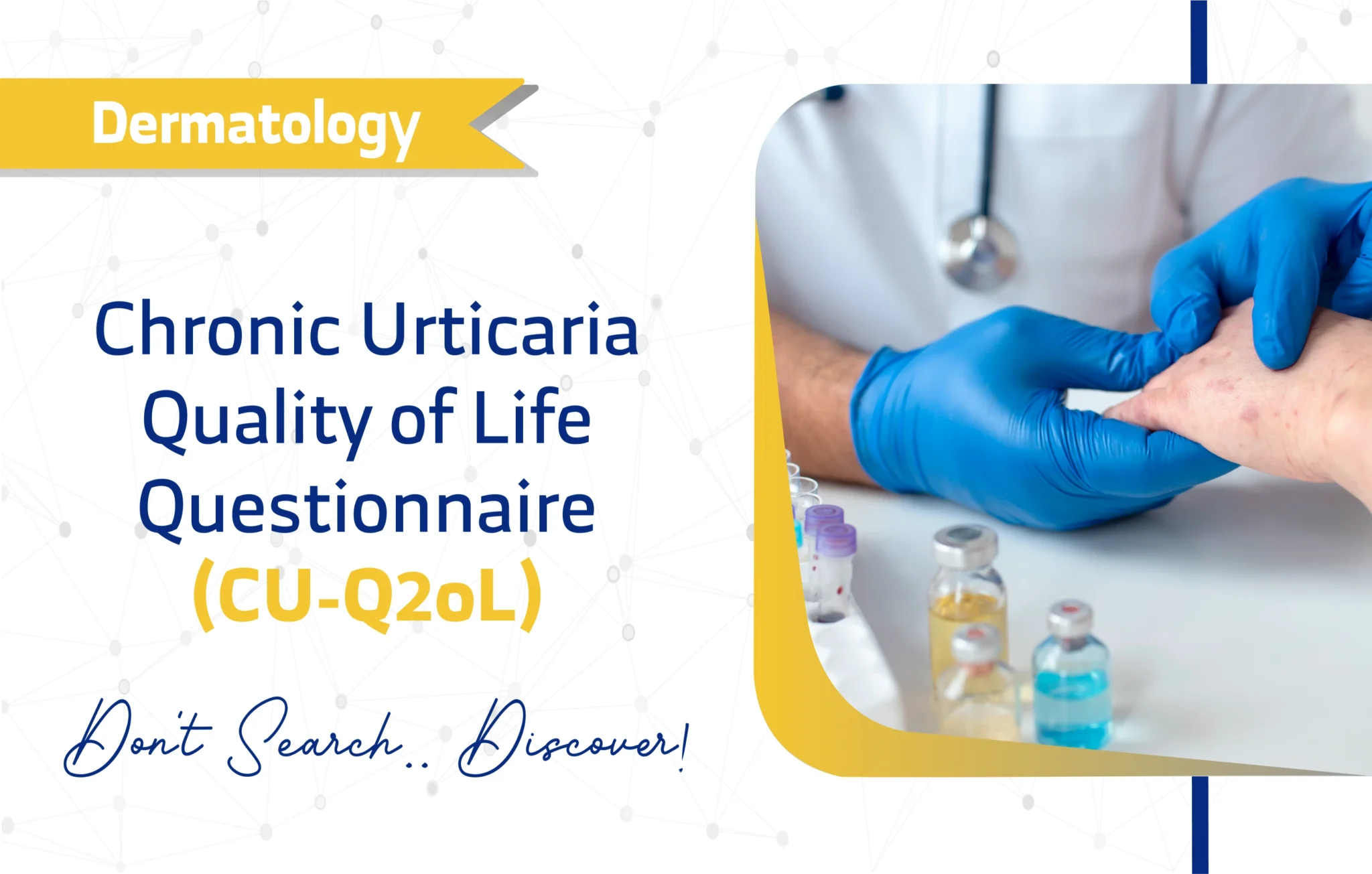
Explore the Chronic Urticaria Quality of Life Questionnaire (CU-Q2oL), a key tool for researchers assessing chronic urticaria’s quality of life impact.
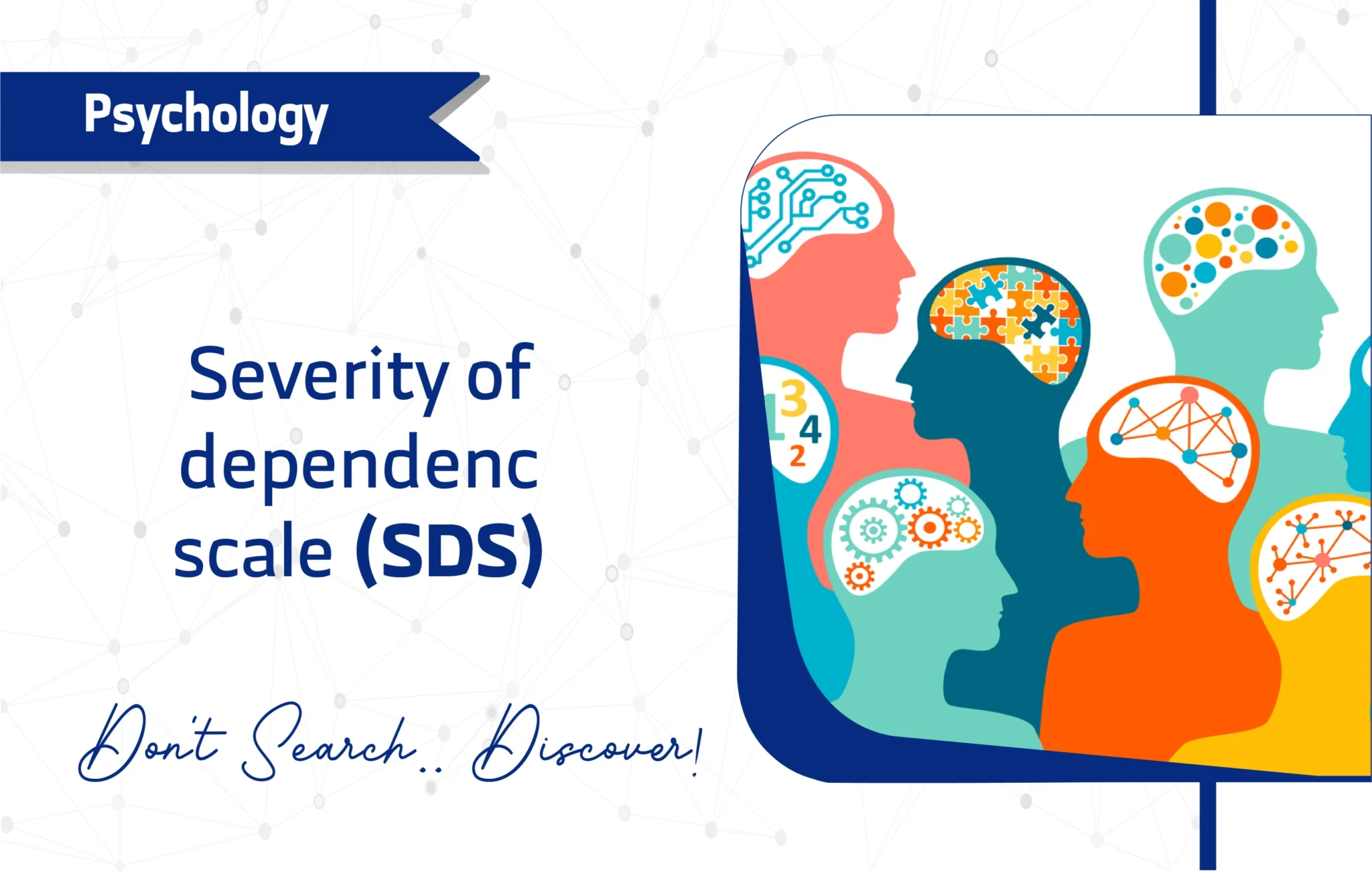
The Severity of Dependence Scale (SDS) evaluates psychological substance dependence, aiding researchers and clinicians in addiction studies.
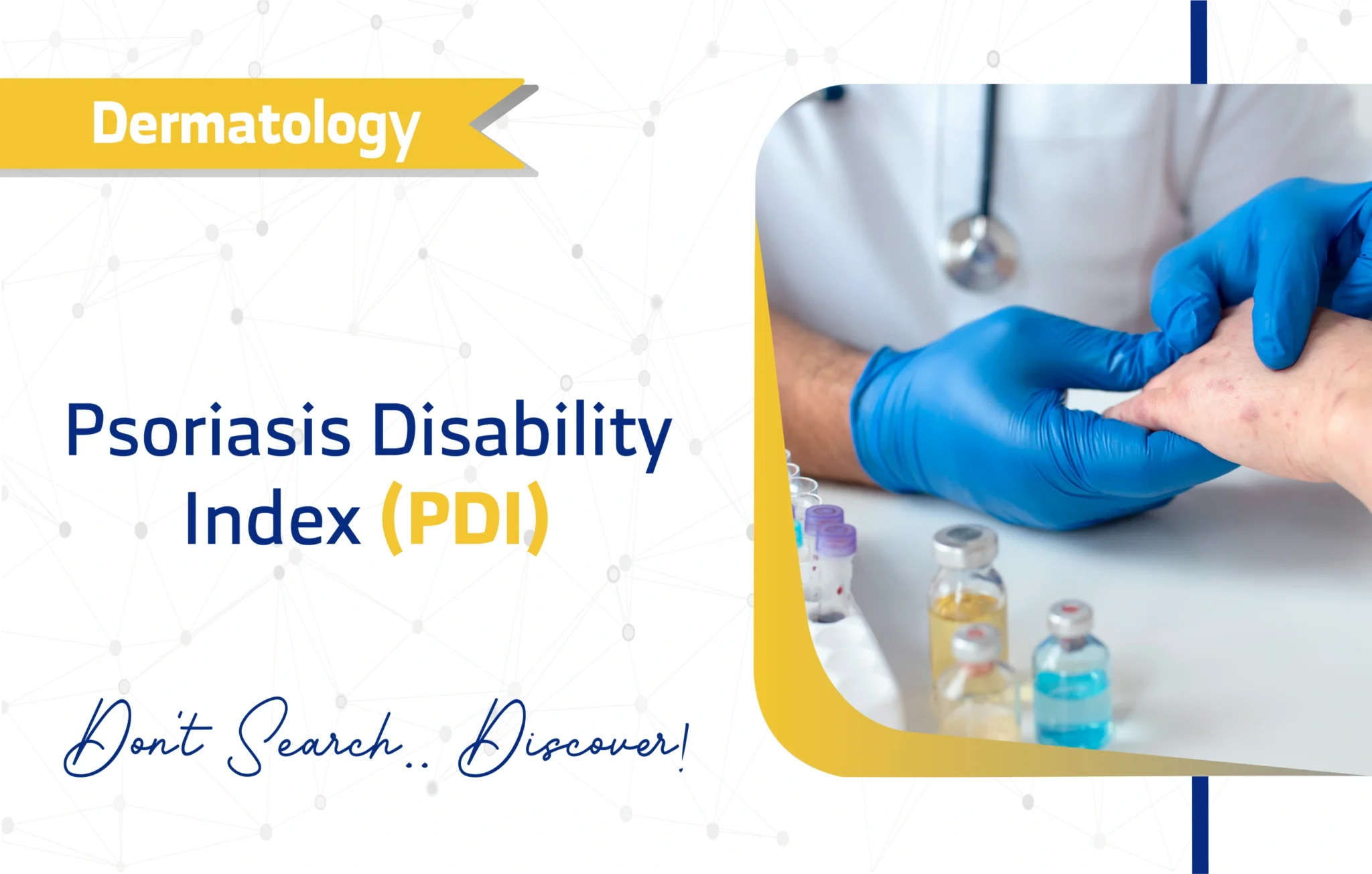
The Psoriasis Disability Index (PDI) evaluates psoriasis’ impact on quality of life, aiding researchers and clinicians in dermatology.
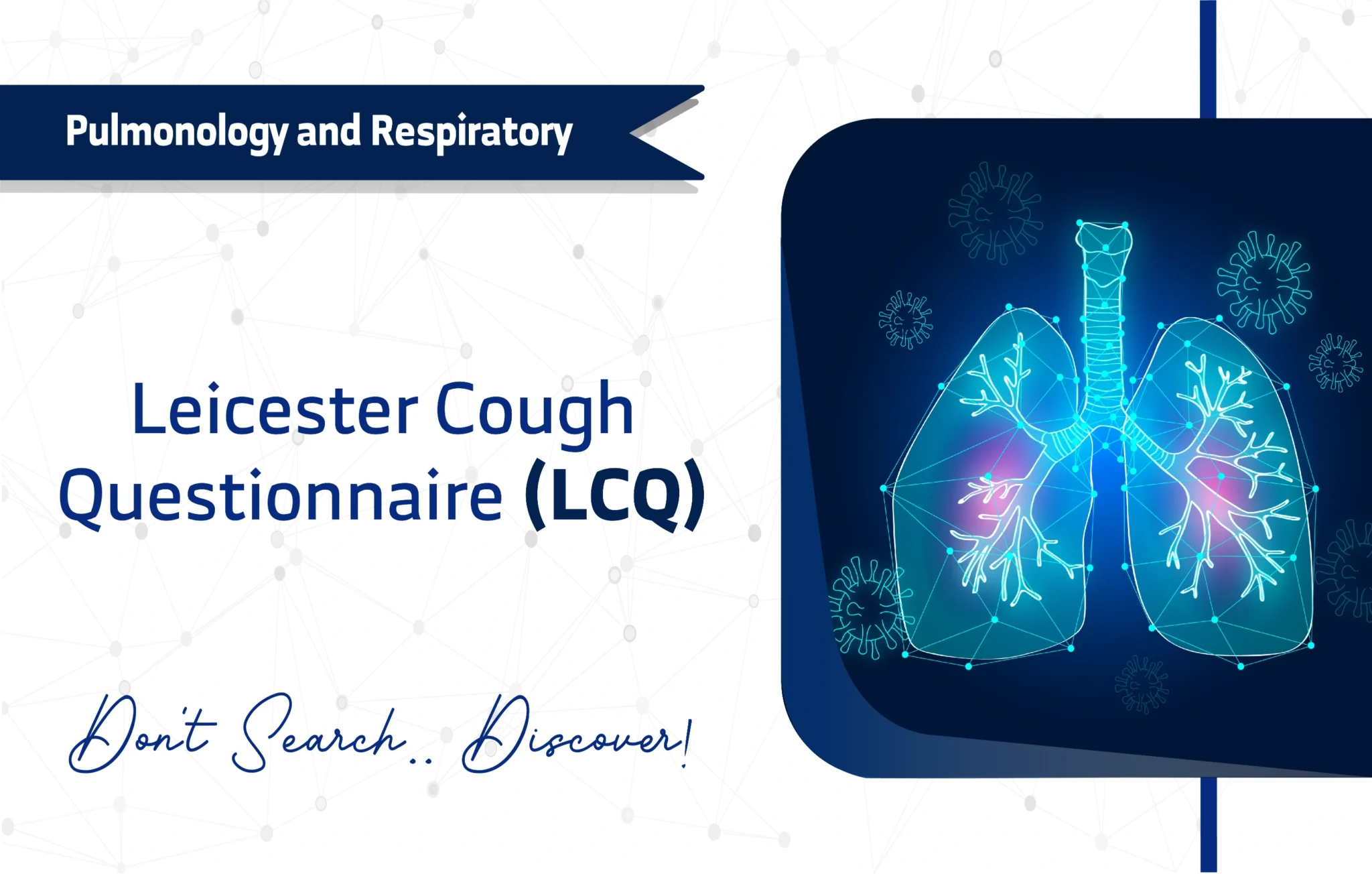
The Leicester Cough Questionnaire (LCQ) measures chronic cough’s impact on quality of life, aiding researchers and clinicians in pulmonology.
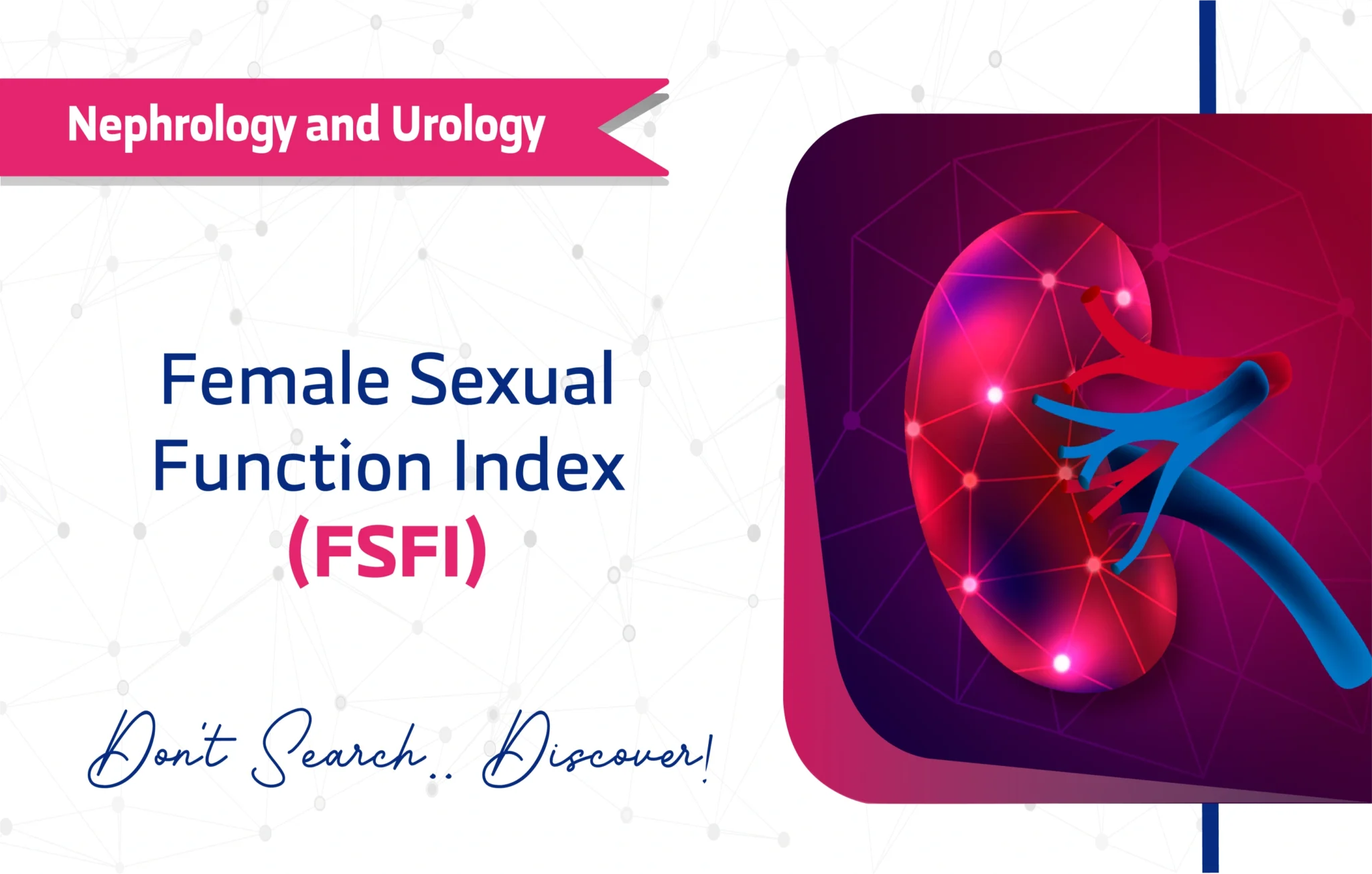
The Female Sexual Function Index (FSFI) is a vital tool for assessing sexual function in women, guiding research and clinical care.
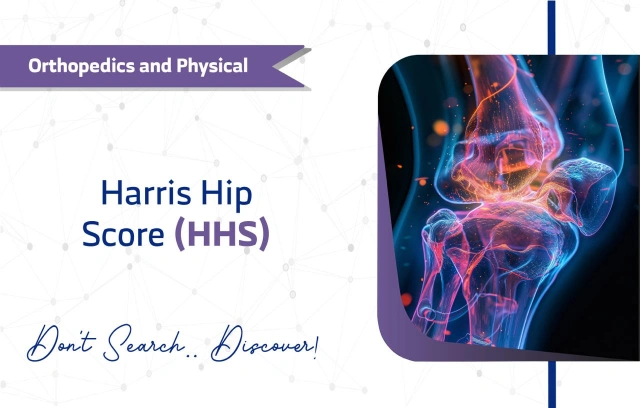
The Harris Hip Score evaluates hip function, aiding clinicians and researchers in assessing outcomes post-surgery.
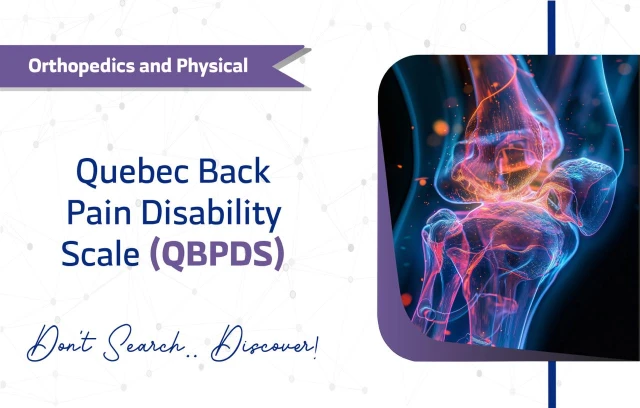
The Quebec Back Pain Disability Scale (QBPDS) assesses back pain’s impact on daily activities, offering reliable insights for clinicians and researchers.
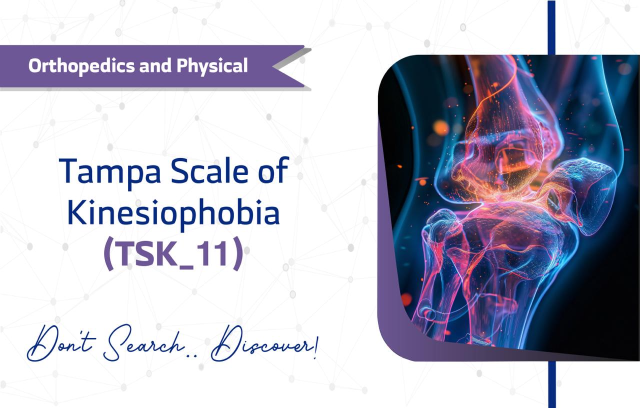
The TSK-11 assesses fear of movement in chronic pain patients, offering reliable insights for researchers and clinicians.

AddiQoL evaluates quality of life in Addison’s disease, aiding clinicians and researchers in patient care and studies.
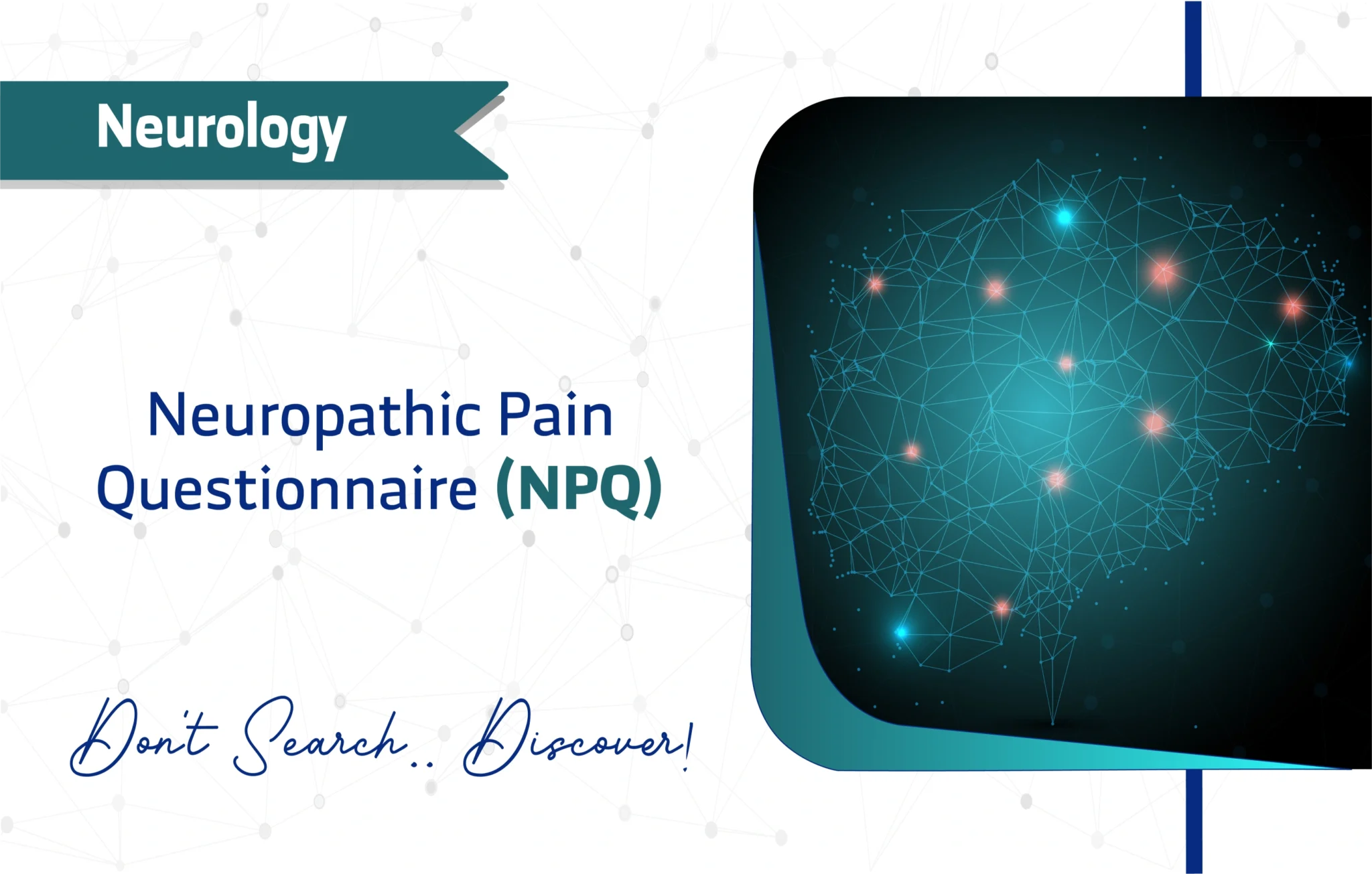
The Neuropathic Pain Questionnaire (NPQ) assesses neuropathic pain, aiding clinicians and researchers in diagnosis and treatment planning.
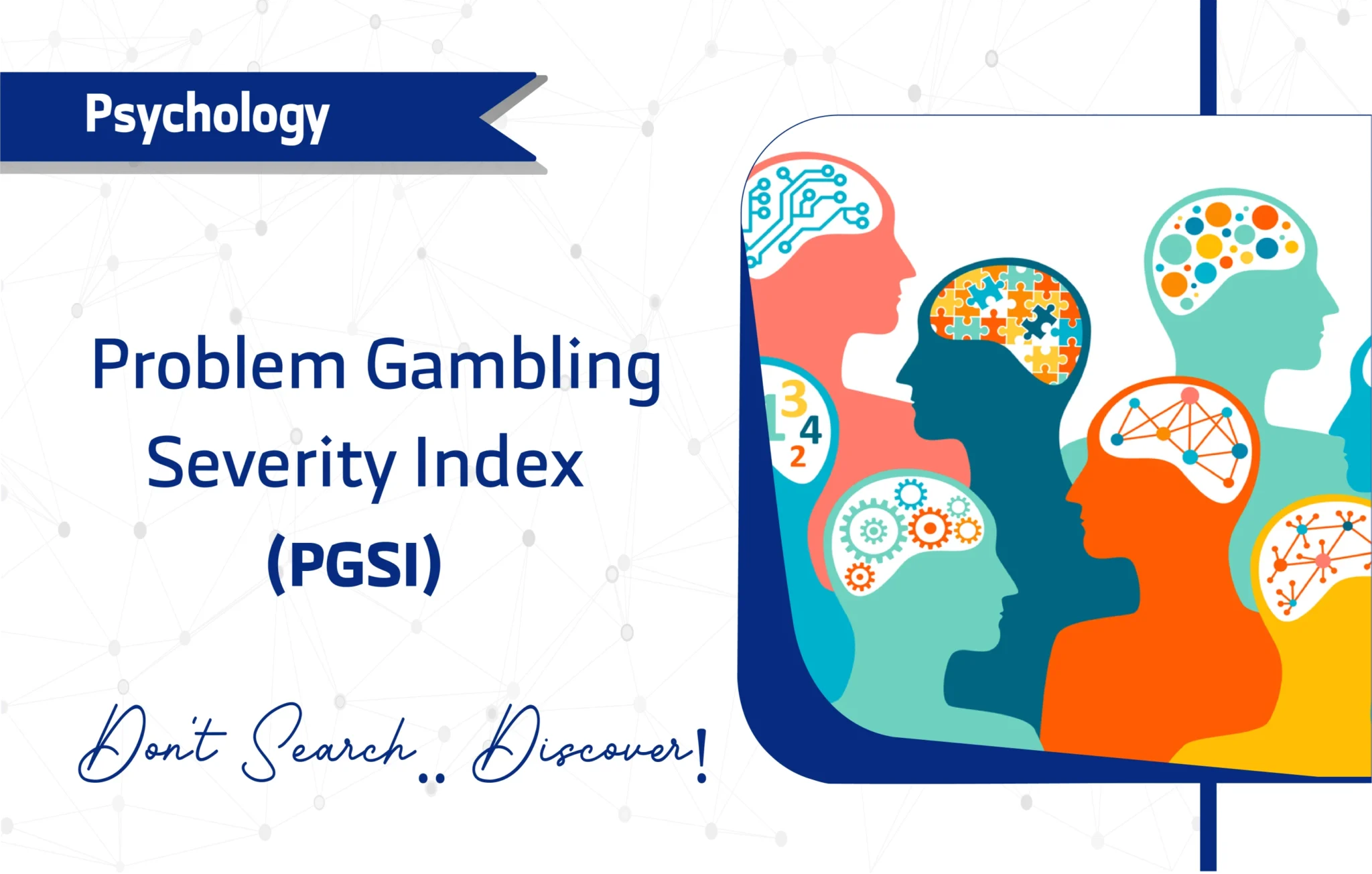
The Problem Gambling Severity Index (PGSI) is a leading tool for screening and measuring the severity of gambling-related problems in population-wide studies.
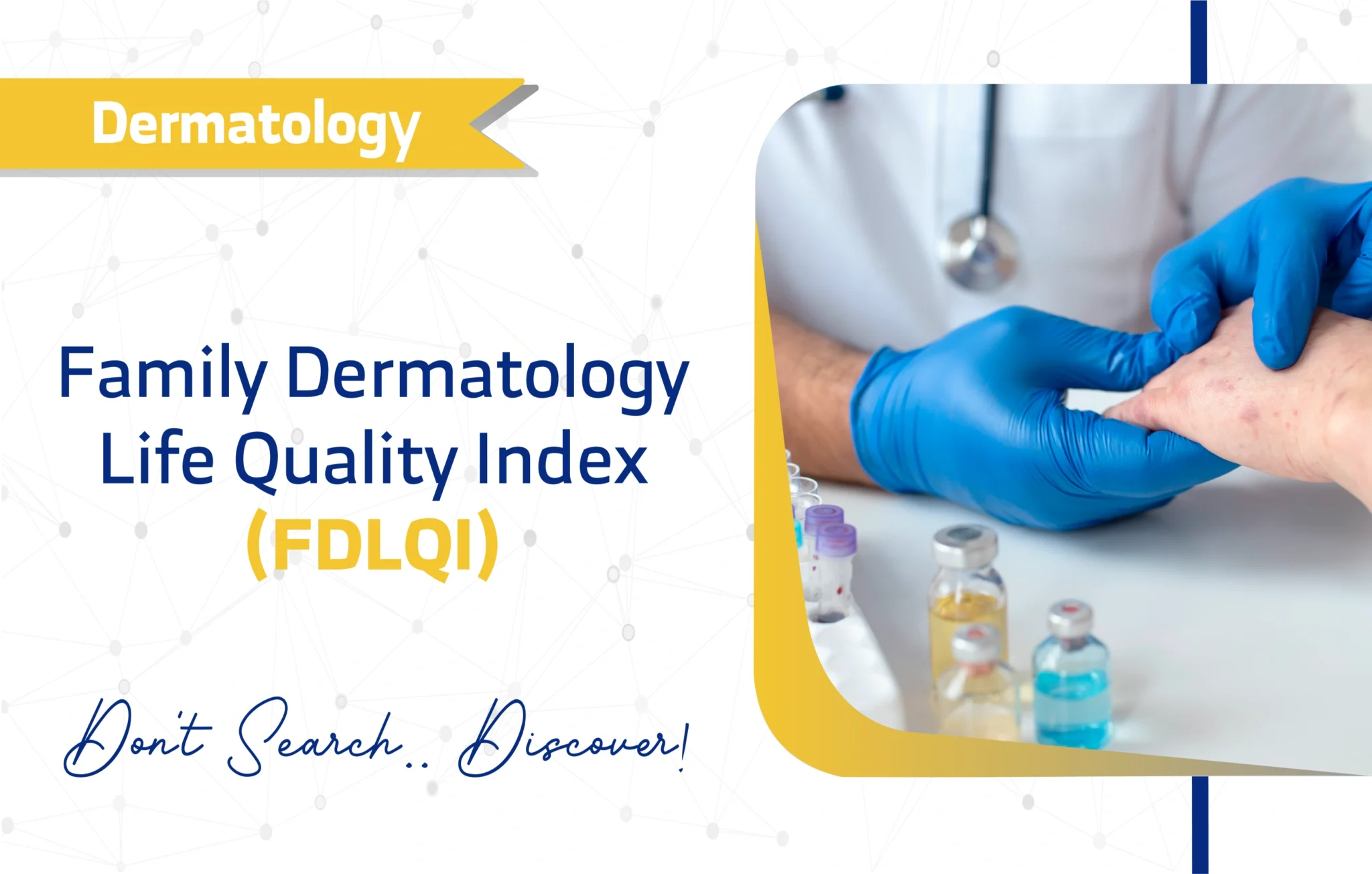
The FDLQI evaluates how skin conditions affect family members’ quality of life, aiding researchers and clinicians in comprehensive care.
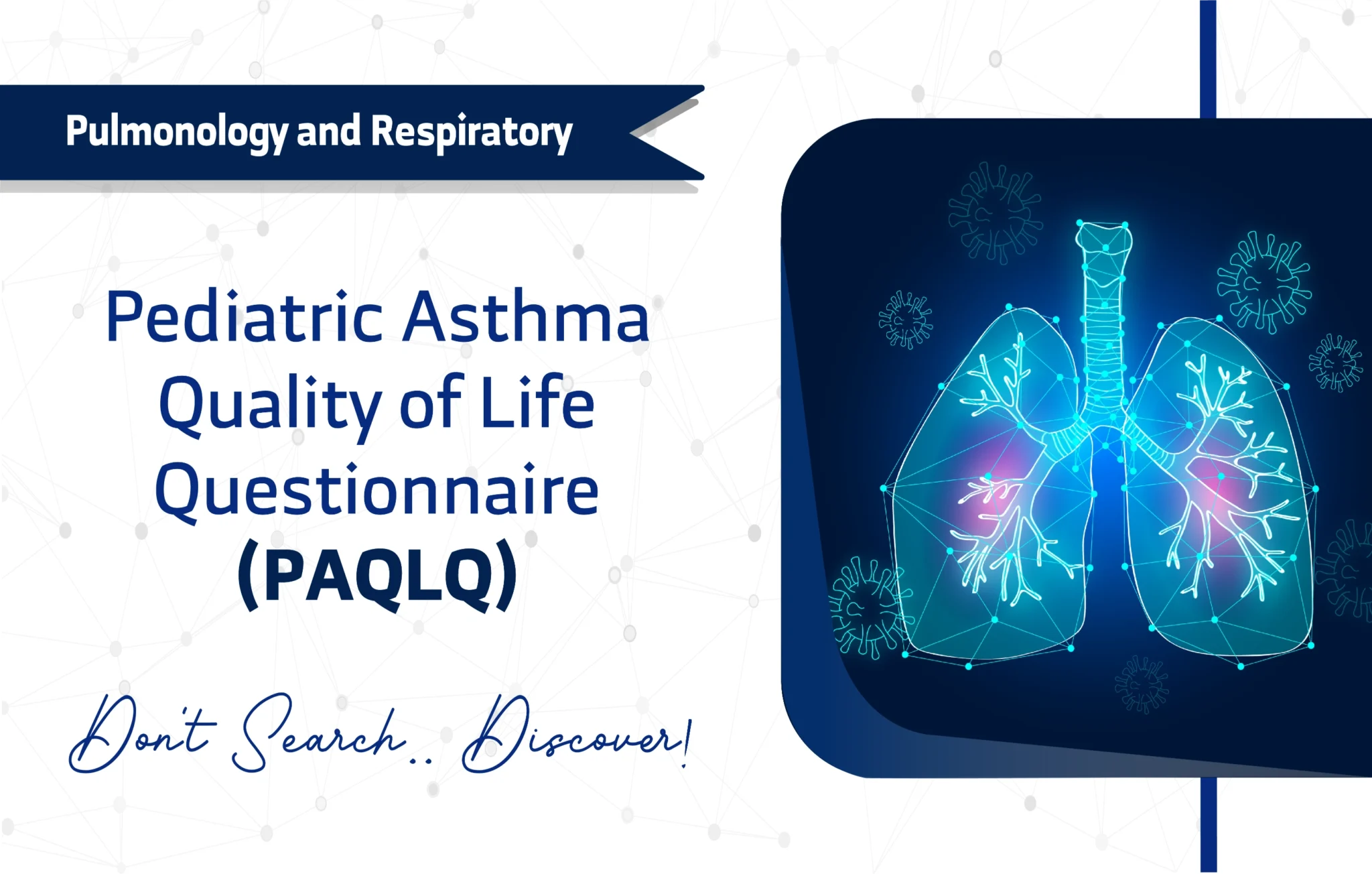
The PAQLQ measures asthma’s impact on children’s lives, aiding clinicians and researchers in pediatric asthma management.
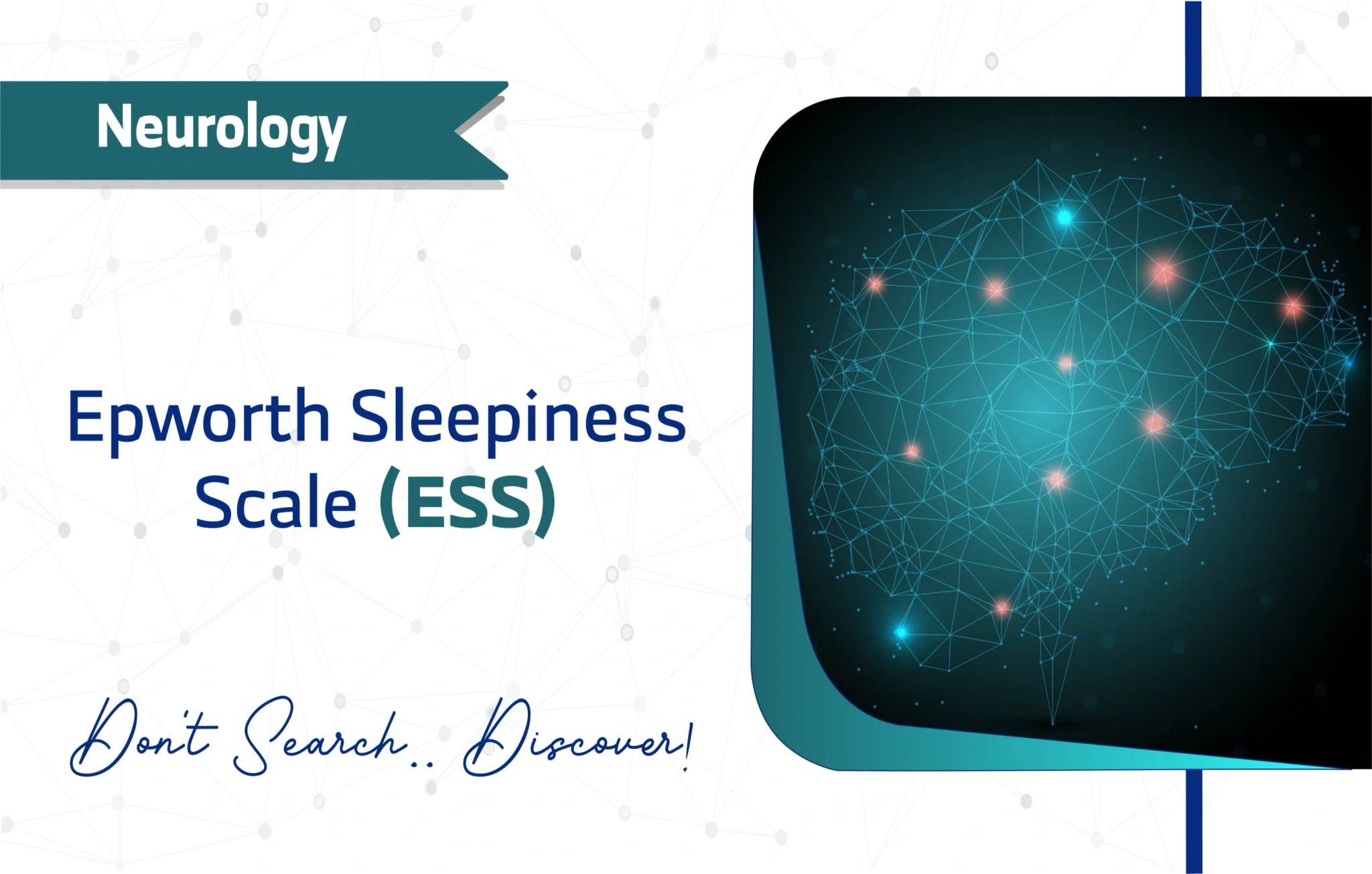
The Epworth Sleepiness Scale (ESS) measures daytime sleepiness, guiding researchers and clinicians in sleep disorder, screening and management.
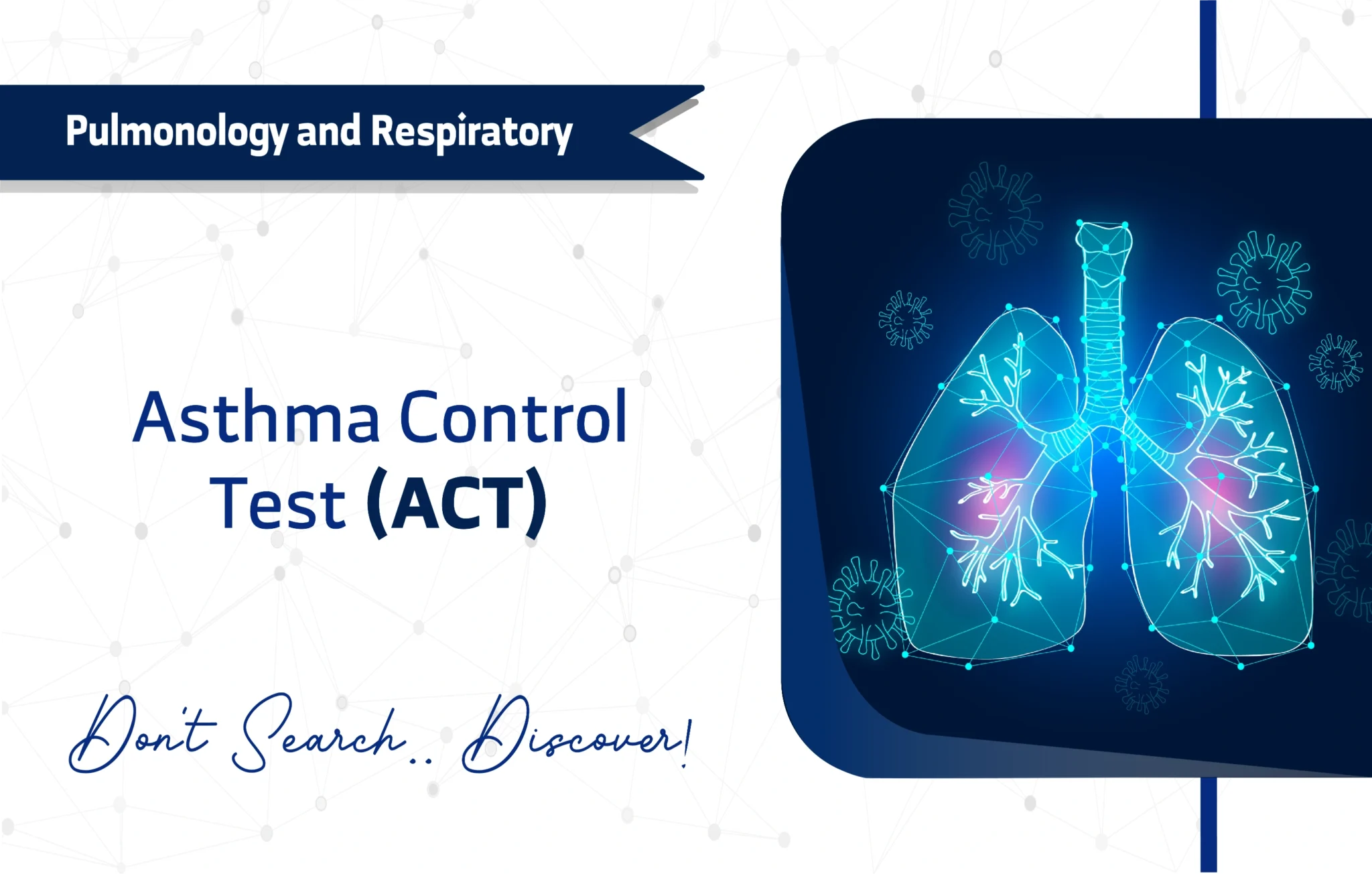
The Asthma Control Test (ACT) evaluates asthma symptom control, guiding clinicians and researchers in treatment planning and respiratory studies.
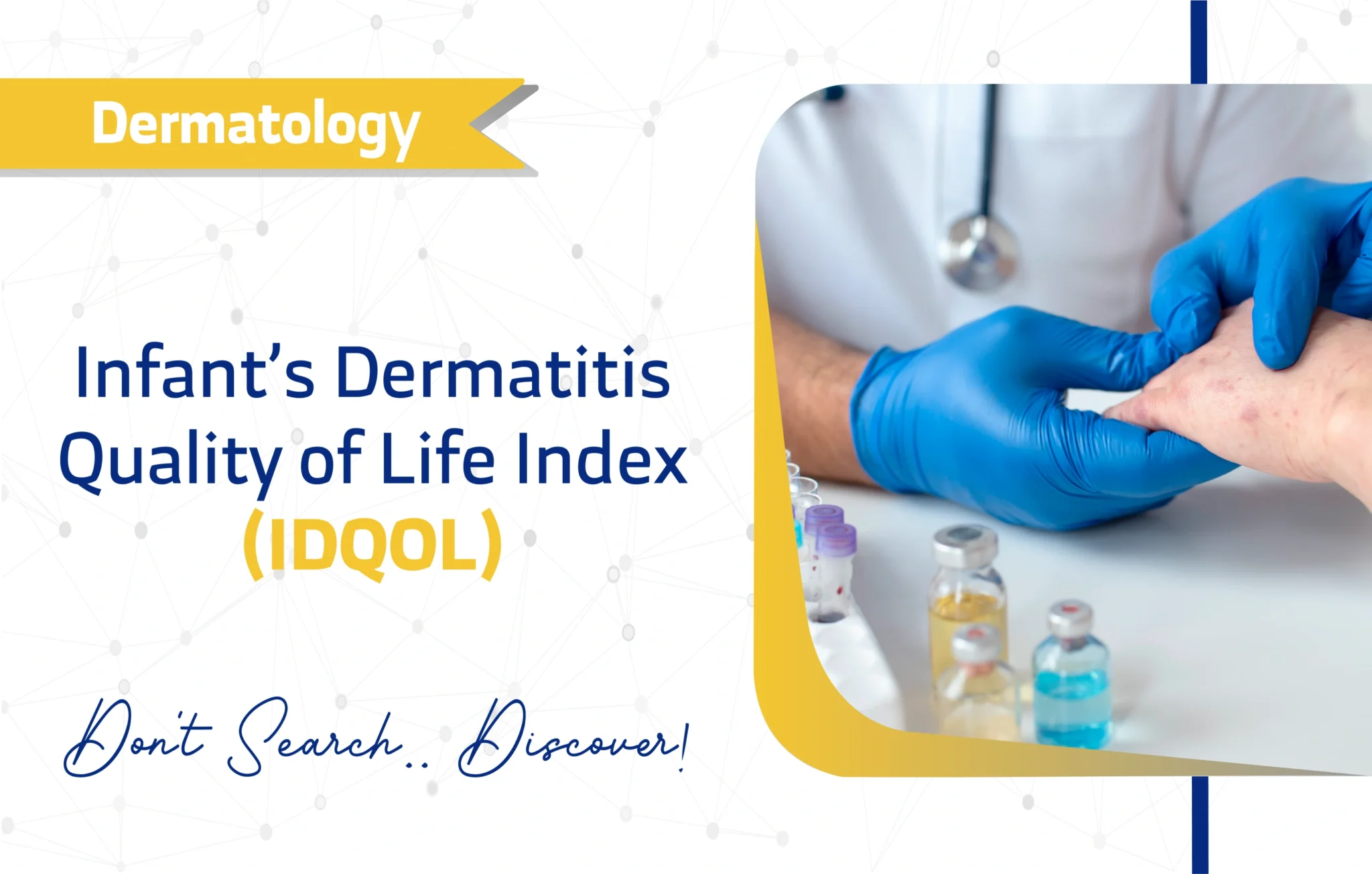
The Infant’s Dermatitis Quality of Life Index (IDQOL) is a critical tool for researchers and clinicians to assess the impact of atopic dermatitis on infants’ daily lives.
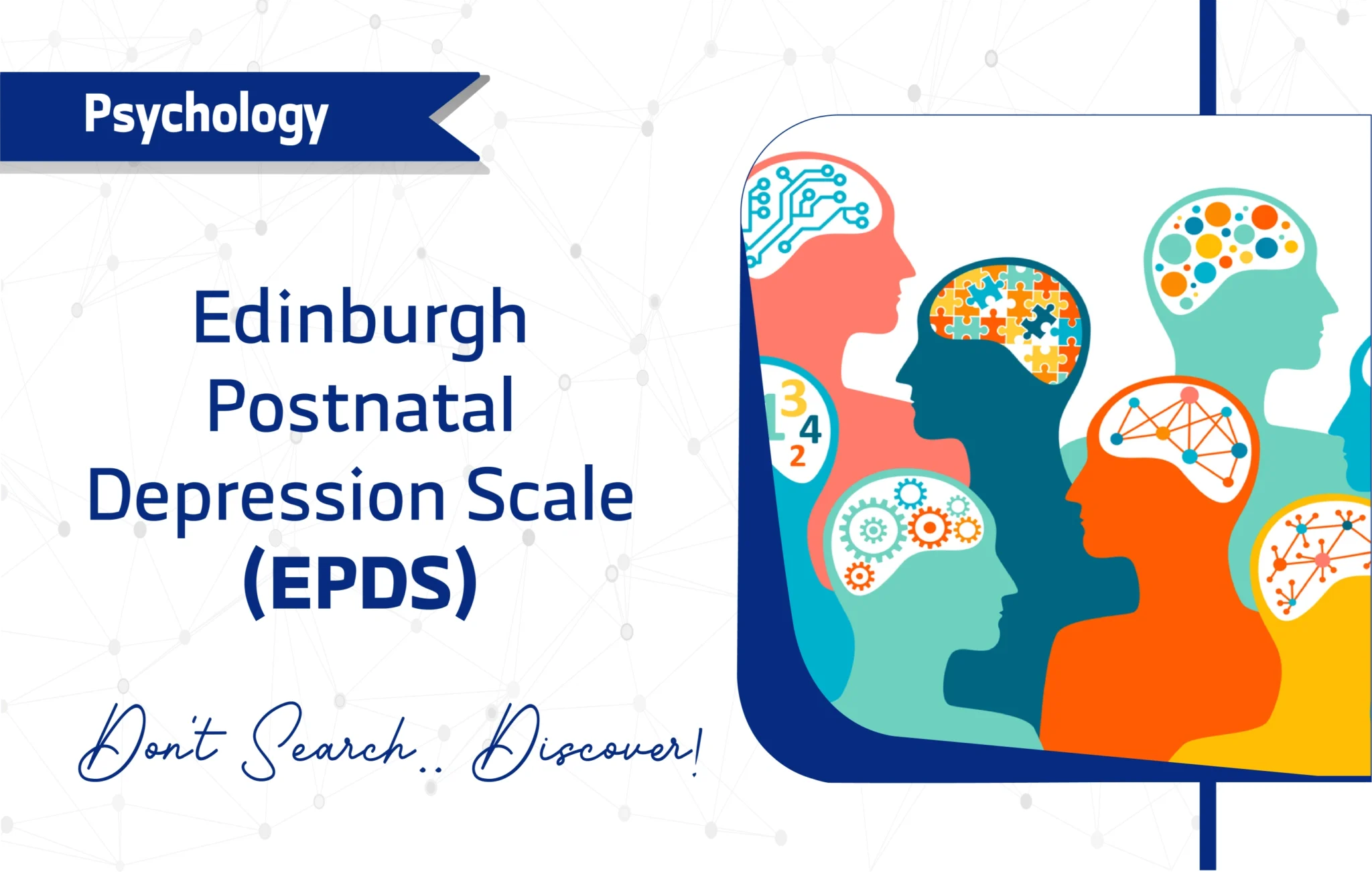
The Edinburgh Postnatal Depression Scale (EPDS) is a vital 10-item tool for screening postnatal depression, aiding researchers and clinicians.
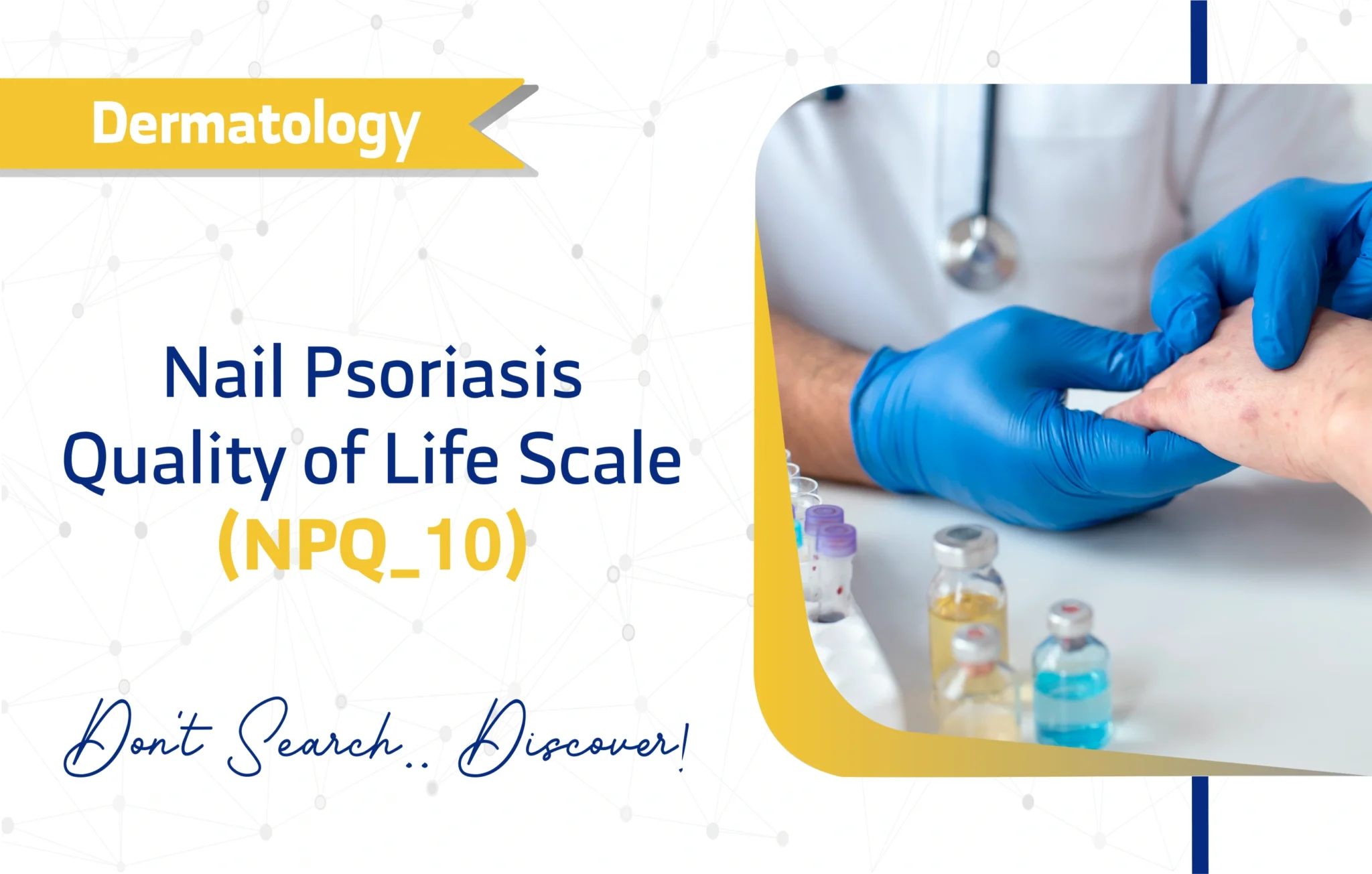
The NPQ-10 evaluates nail psoriasis’ impact on quality of life, aiding clinicians and researchers in treatment planning.
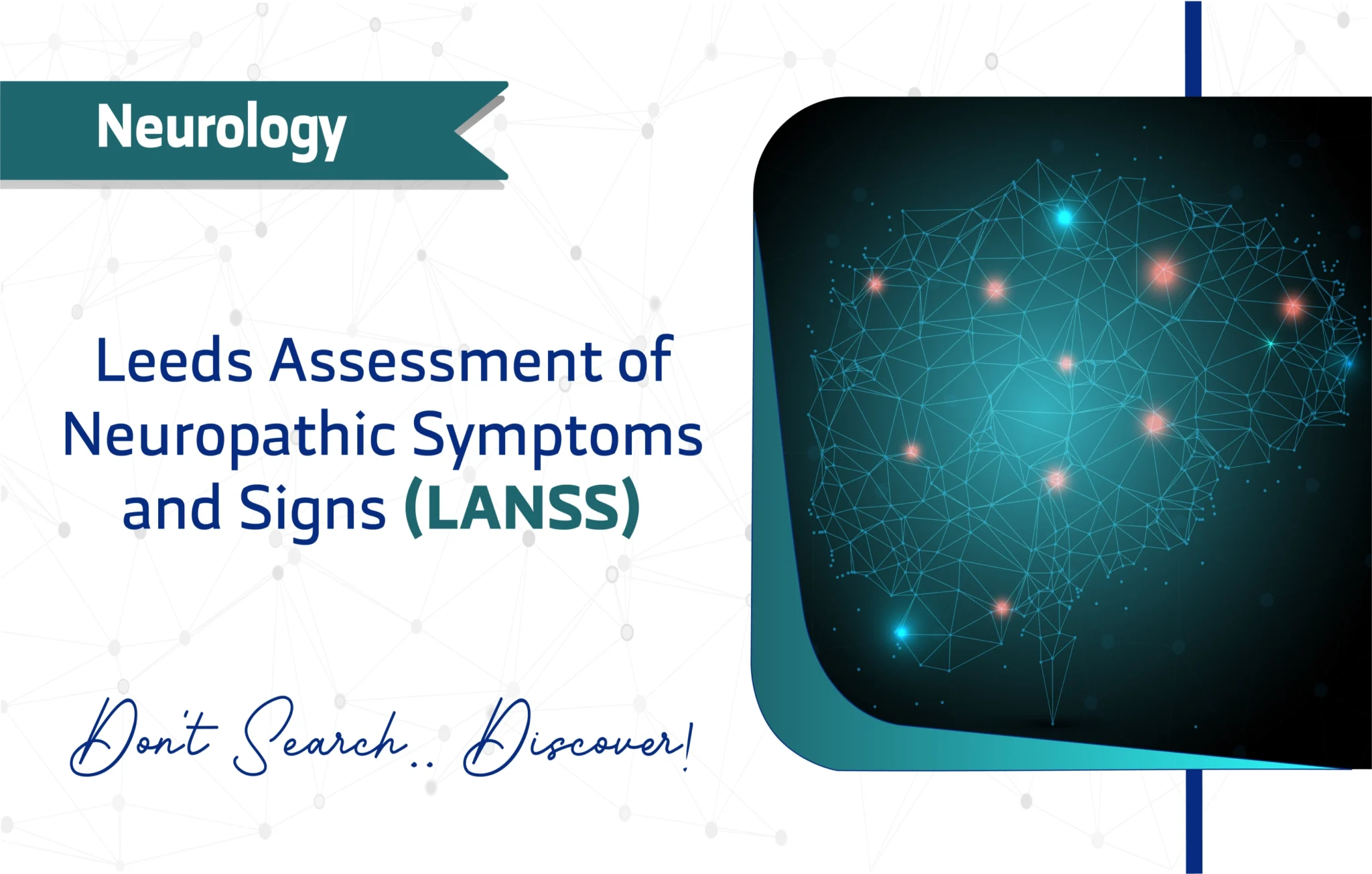
The LANSS Pain Scale is a reliable tool for distinguishing neuropathic pain, widely used in clinical and research settings.
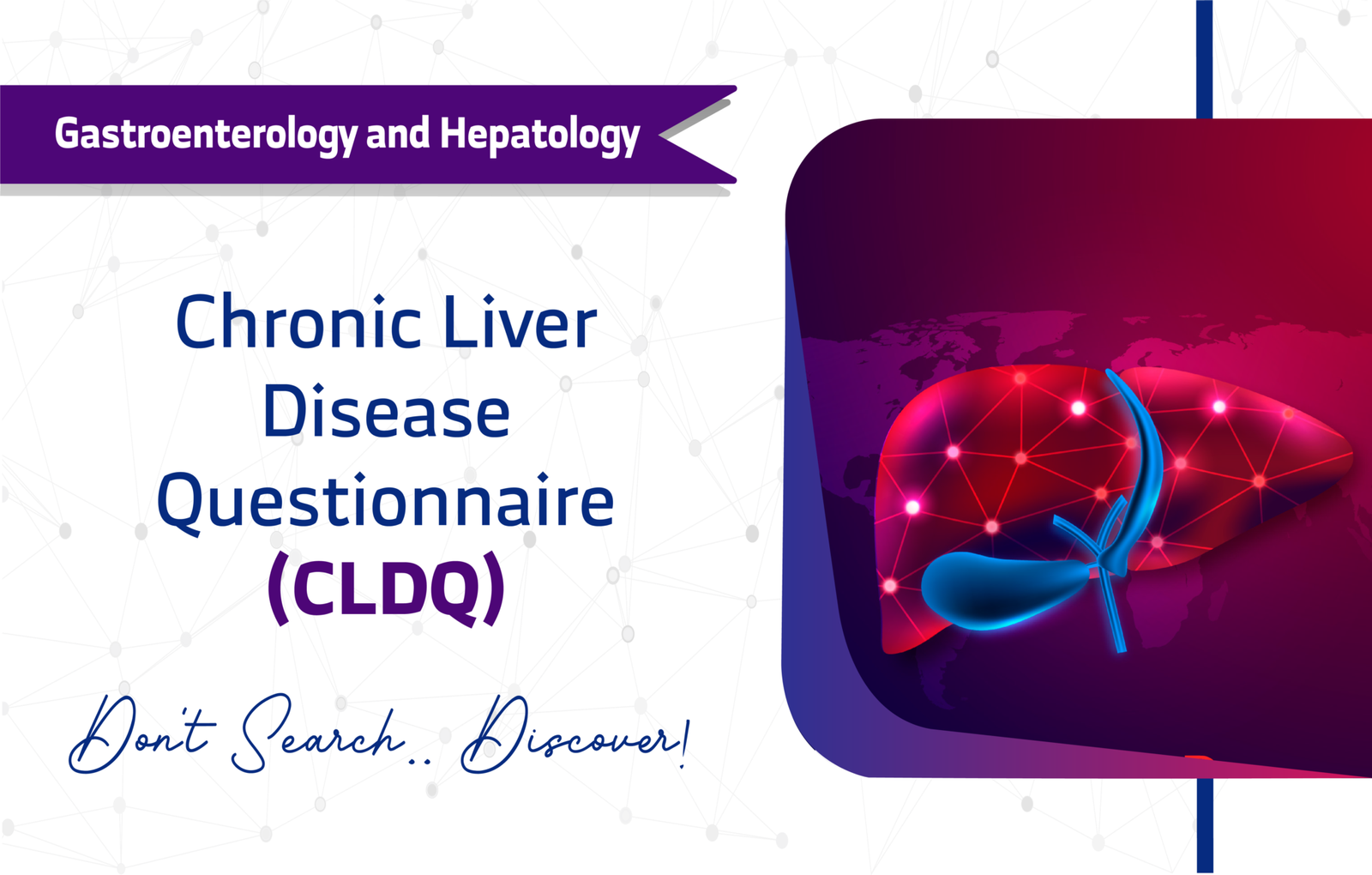
The CLDQ assesses quality of life in chronic liver disease, offering validated insights for researchers and clinicians.
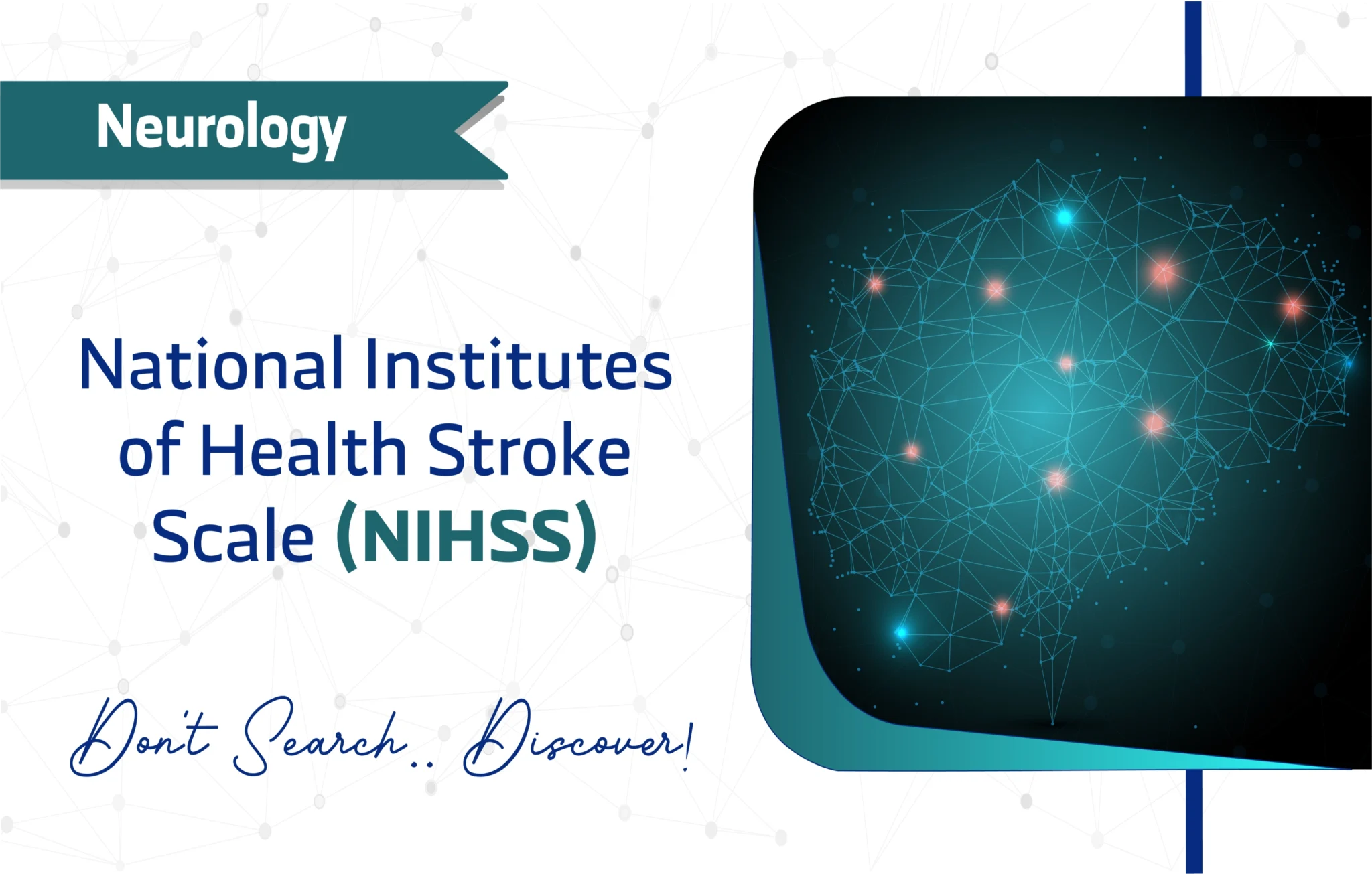
The NIHSS quantifies stroke severity, aiding clinicians and researchers in treatment planning and neurological research studies.
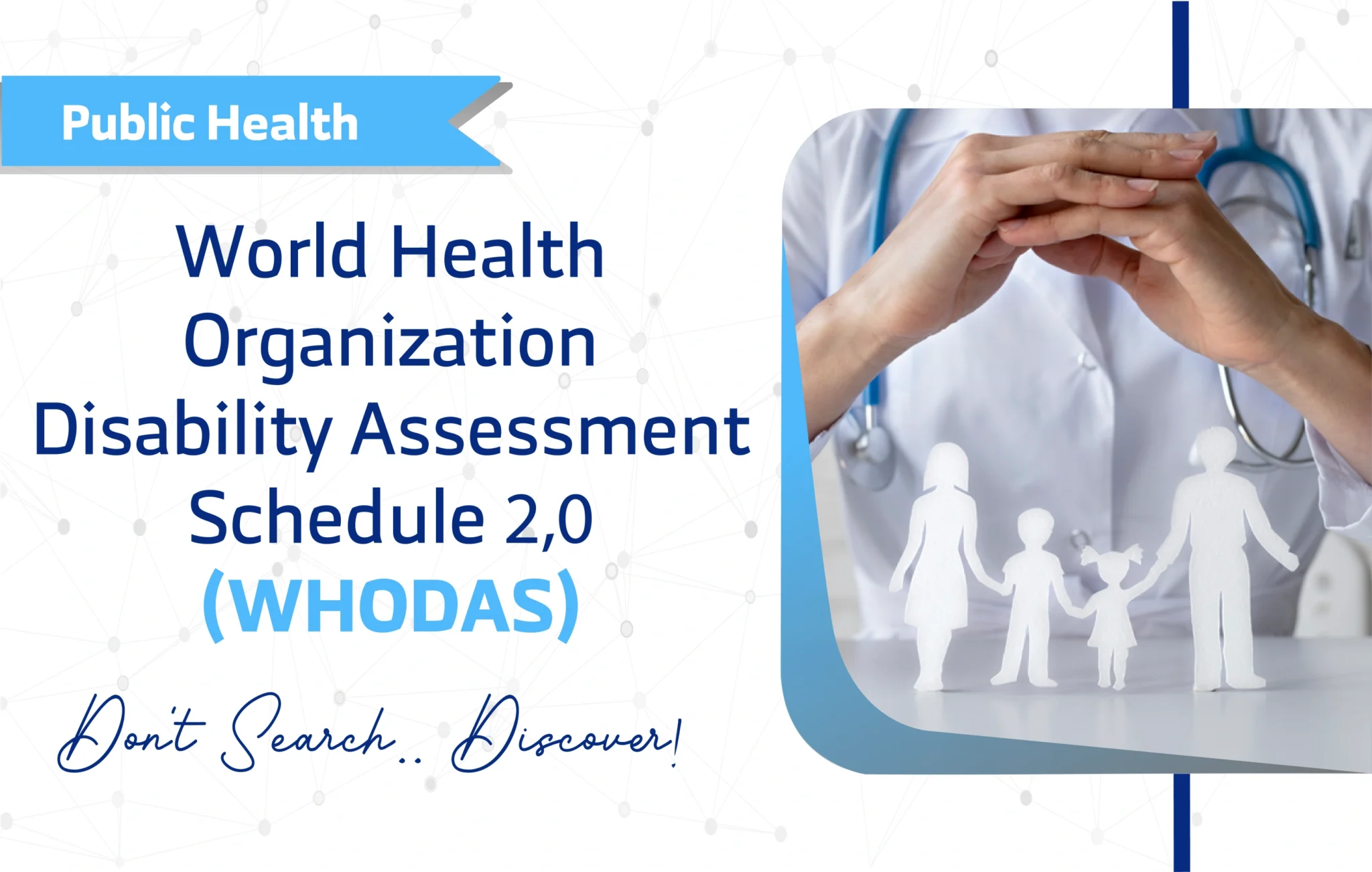
Your essential guide to the WHODAS 2.0, the World Health Organization’s tool for measuring disability and health functioning in diverse adult populations.
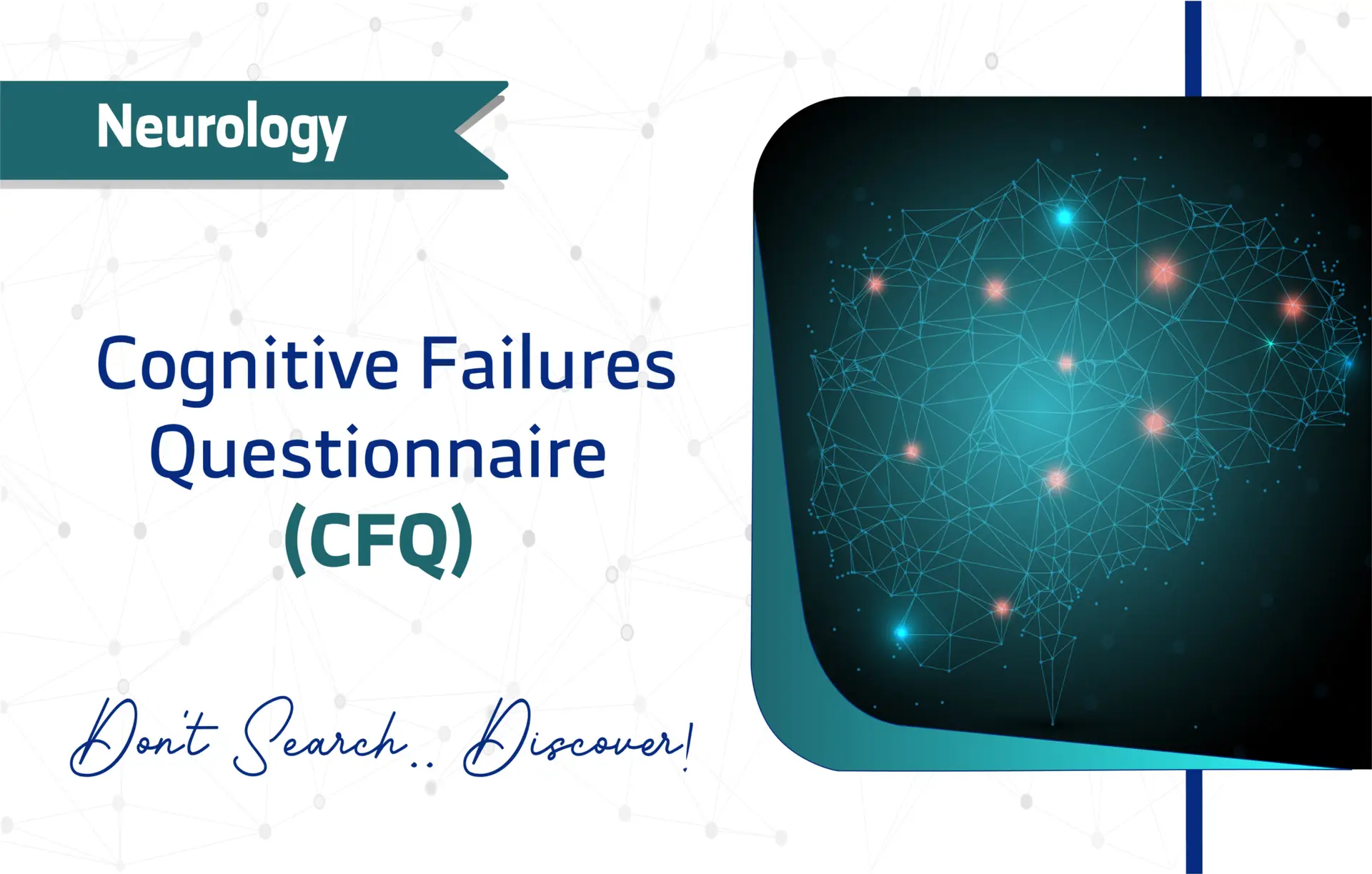
Explore the Cognitive Failures Questionnaire (CFQ), a validated tool for assessing cognitive lapses in daily life, aiding researchers and clinicians.
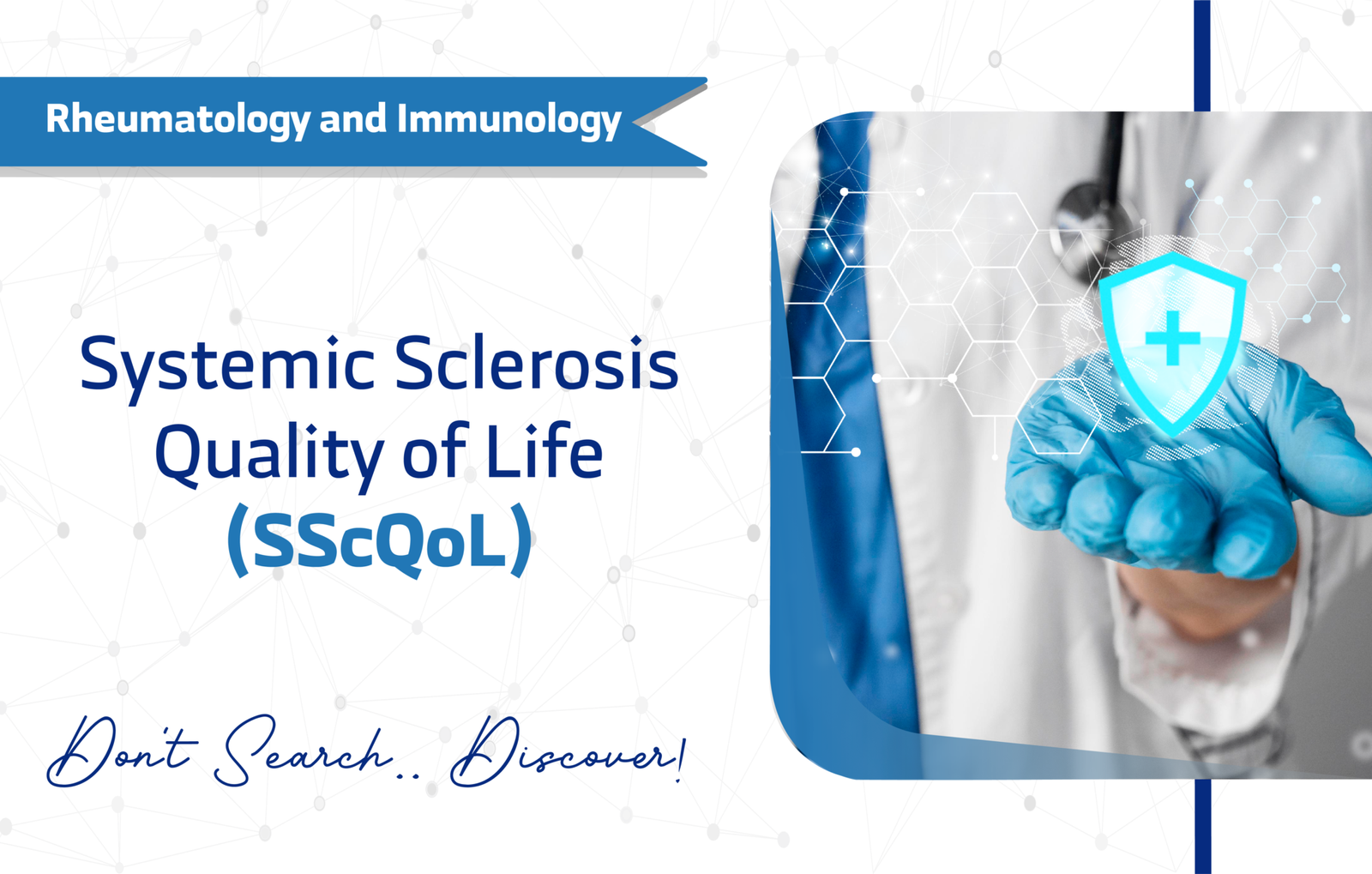
Discover the Systemic Sclerosis Quality of Life (SScQoL) questionnaire, a vital 29-item tool for assessing HRQoL in adults with SSc. Learn its features.
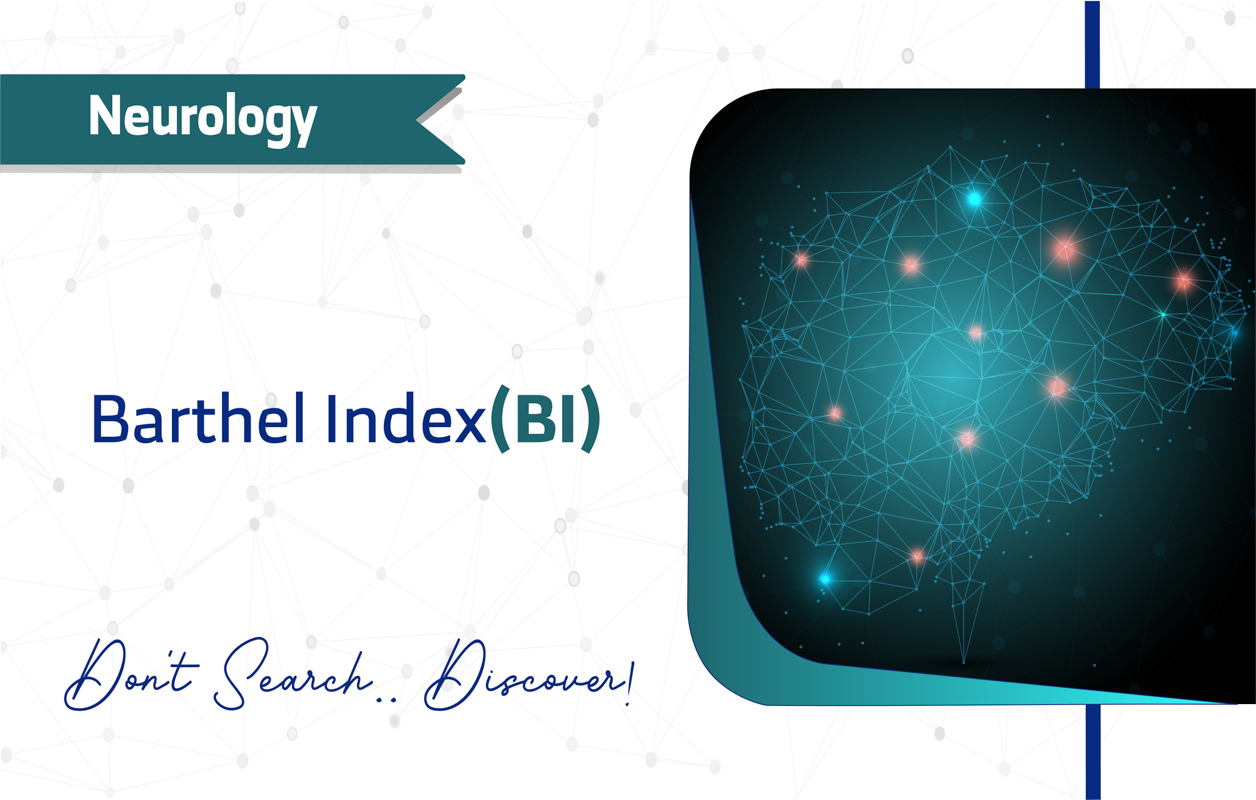
The Barthel Index (BI) is a crucial tool for evaluating functional independence in Activities of Daily Living (ADLs), guiding rehabilitation, and supporting elderly care research.
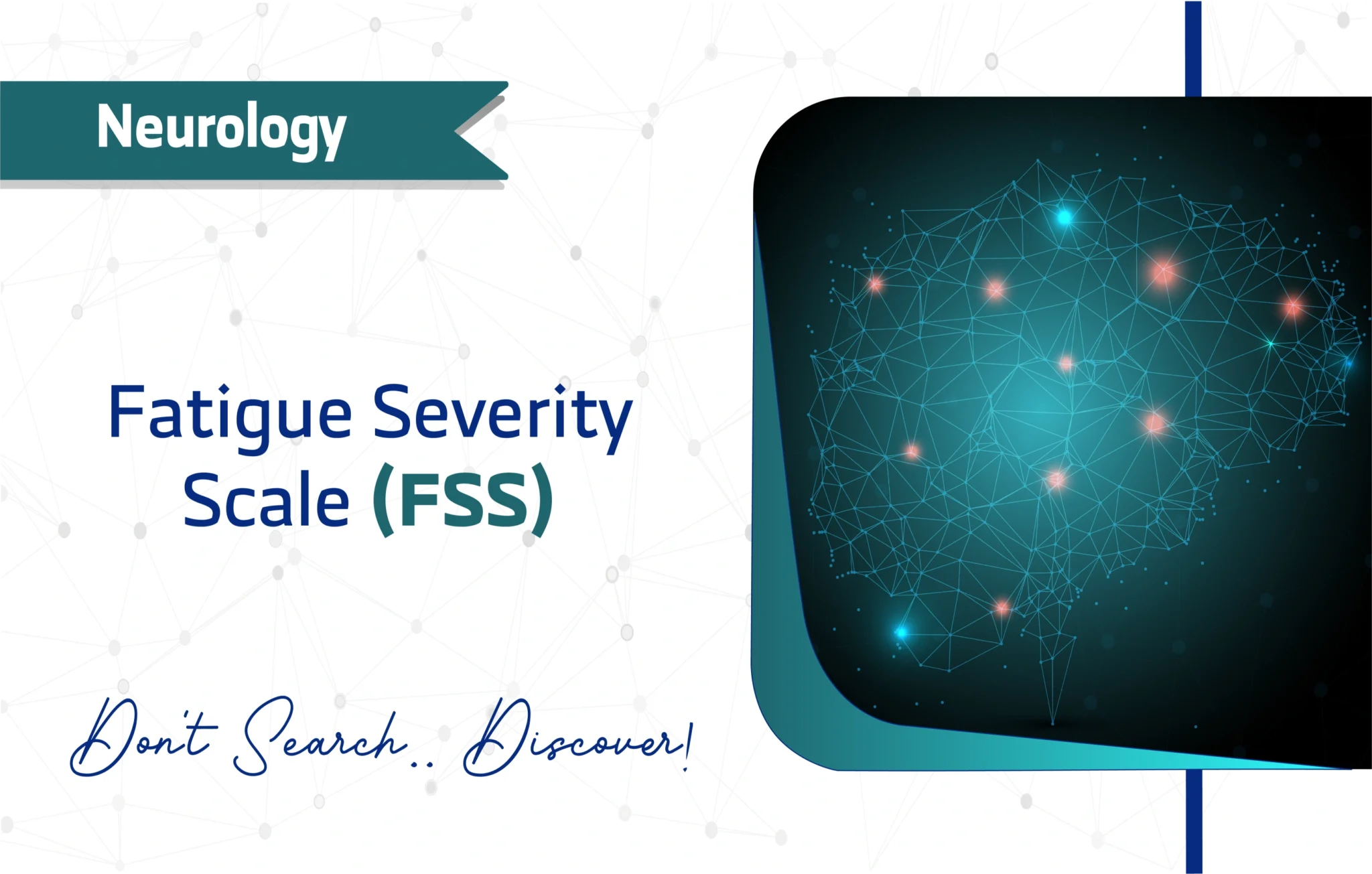
The Fatigue Severity Scale (FSS) is a vital 9-item tool for clinicians and researchers, quantifying fatigue’s impact on daily life across various chronic conditions.

Discover the Myositis Activity Profile (MAP), a validated tool for assessing activity limitations in polymyositis and dermatomyositis patients, guiding clinicians and researchers in disease management.
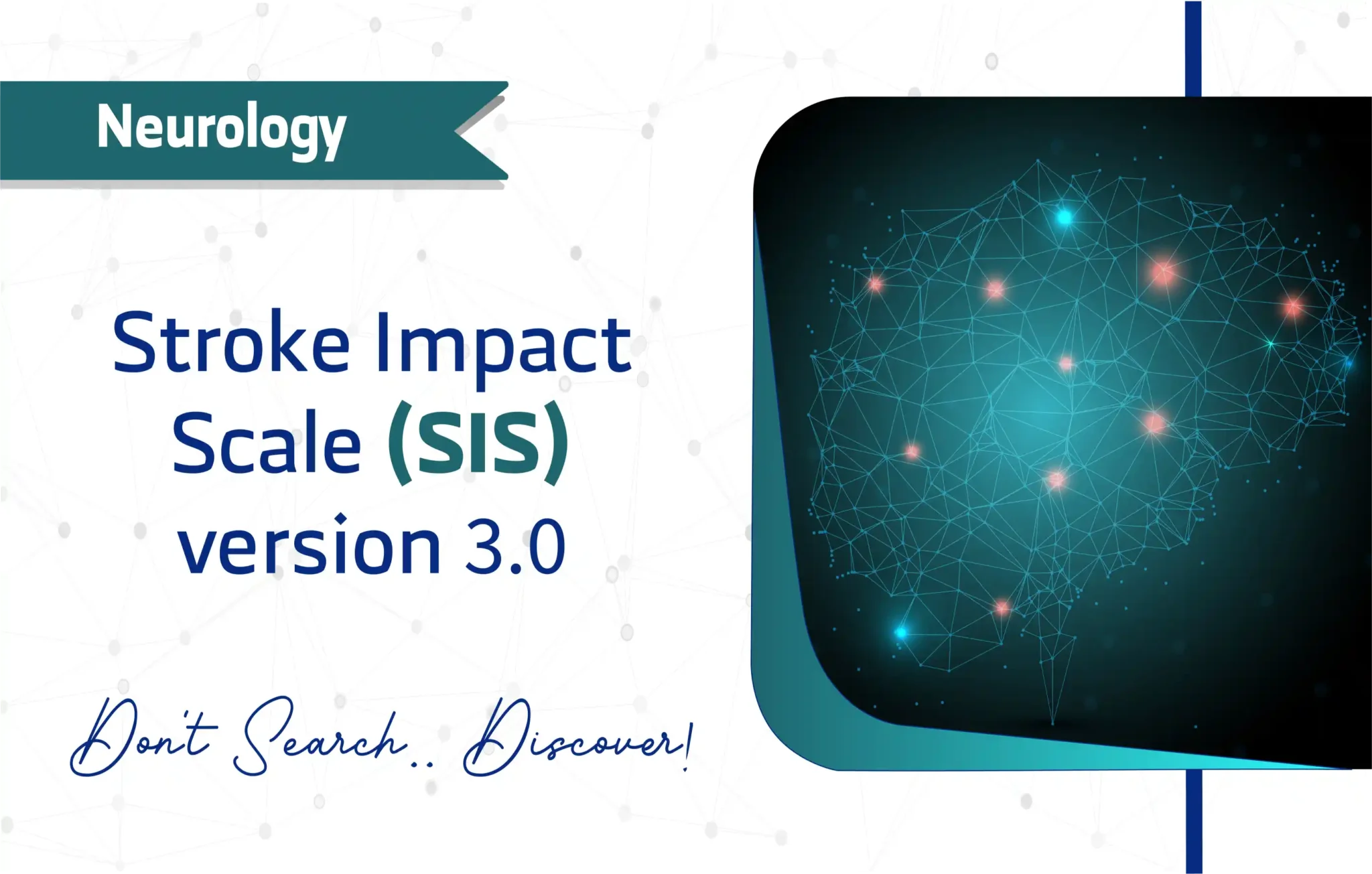
The SIS V3.0 assesses how stroke impacts patient recovery and quality of life, aiding researchers and clinicians in stroke rehabilitation.
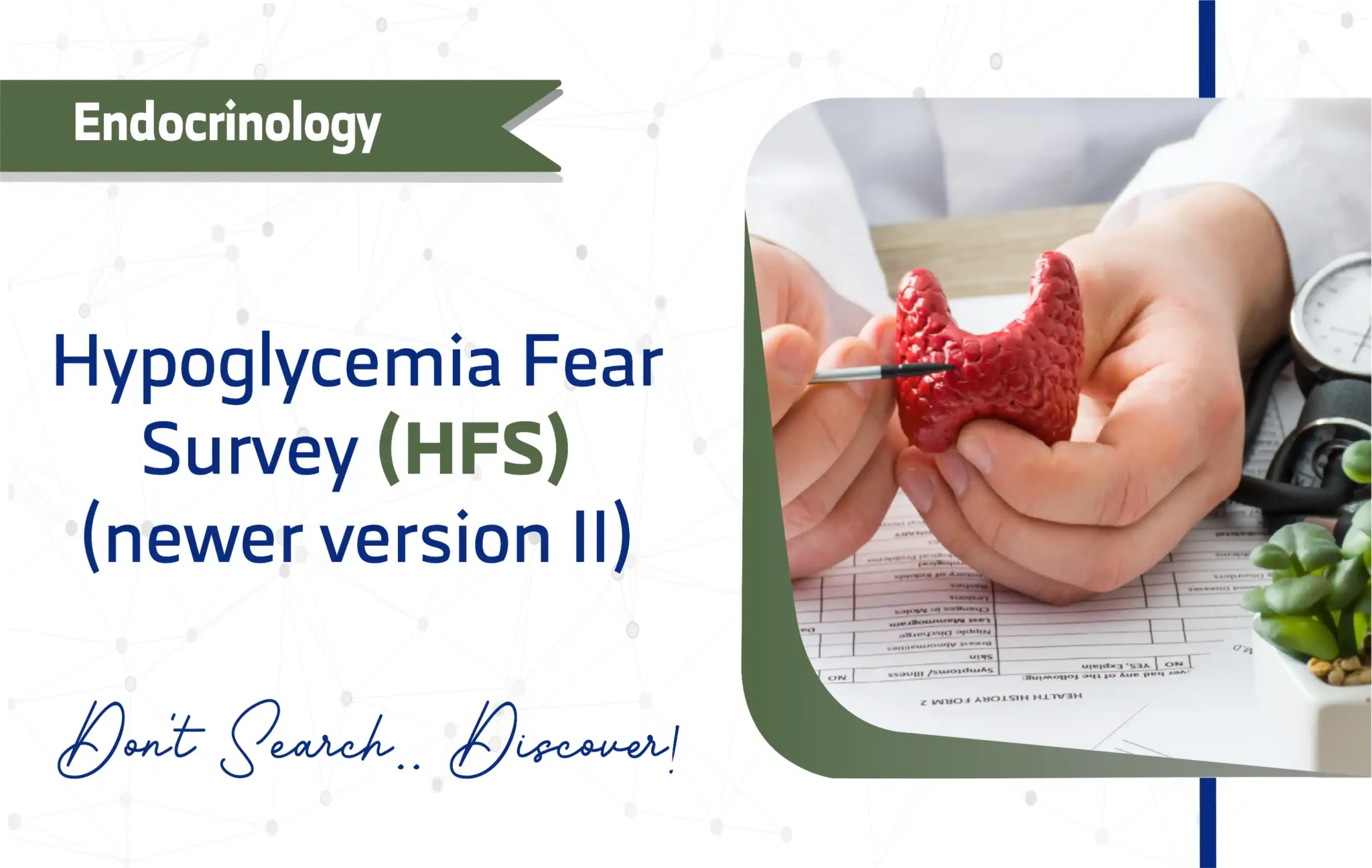
The HFS-II assesses fear of hypoglycemia in diabetes, aiding clinicians and researchers in management.

The AFEQT assesses how atrial fibrillation affects patient quality of life, aiding researchers and clinicians in cardiology.
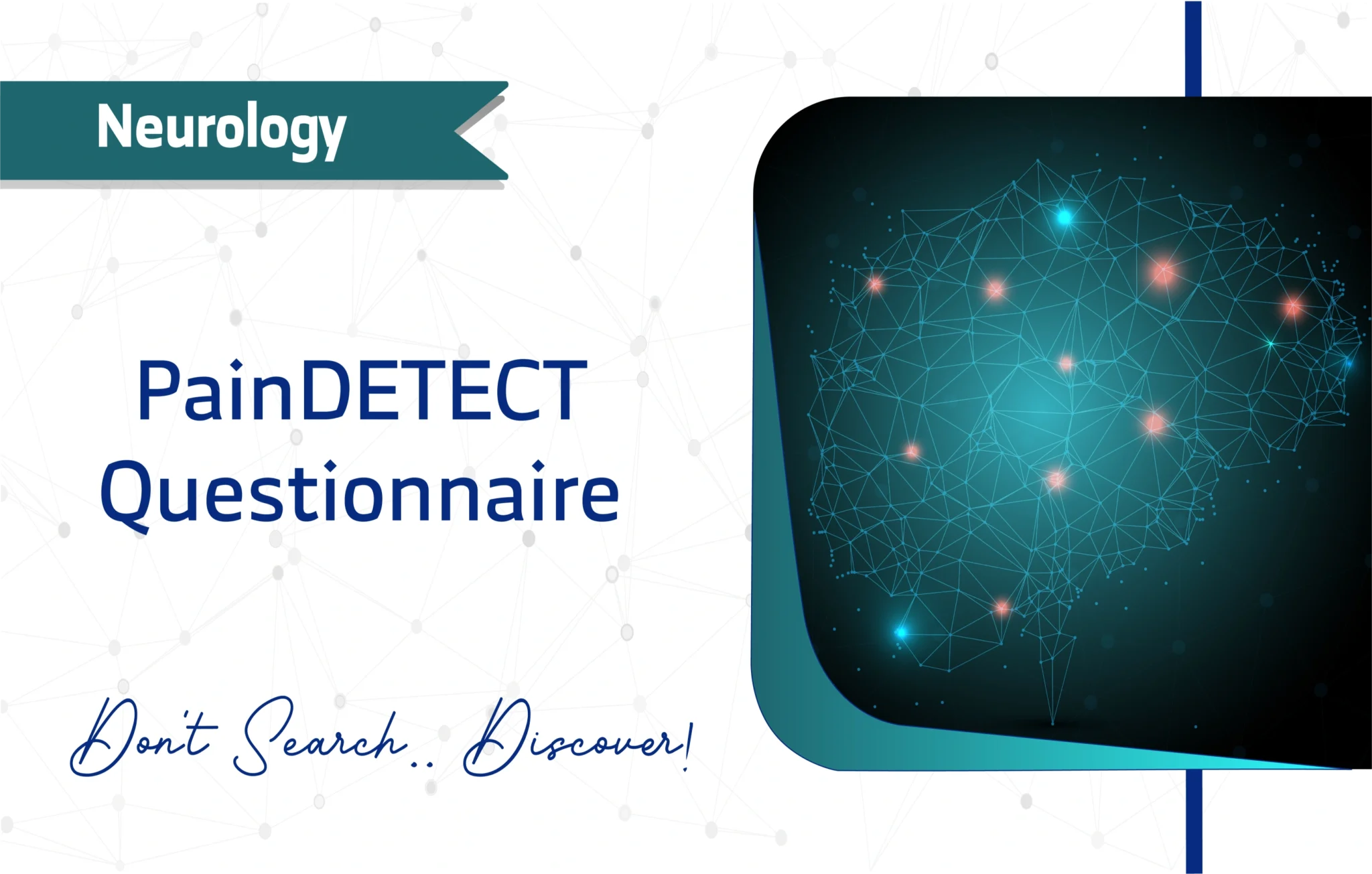
The PainDETECT Questionnaire screens neuropathic pain, aiding clinicians and researchers in diagnosis and treatment planning.
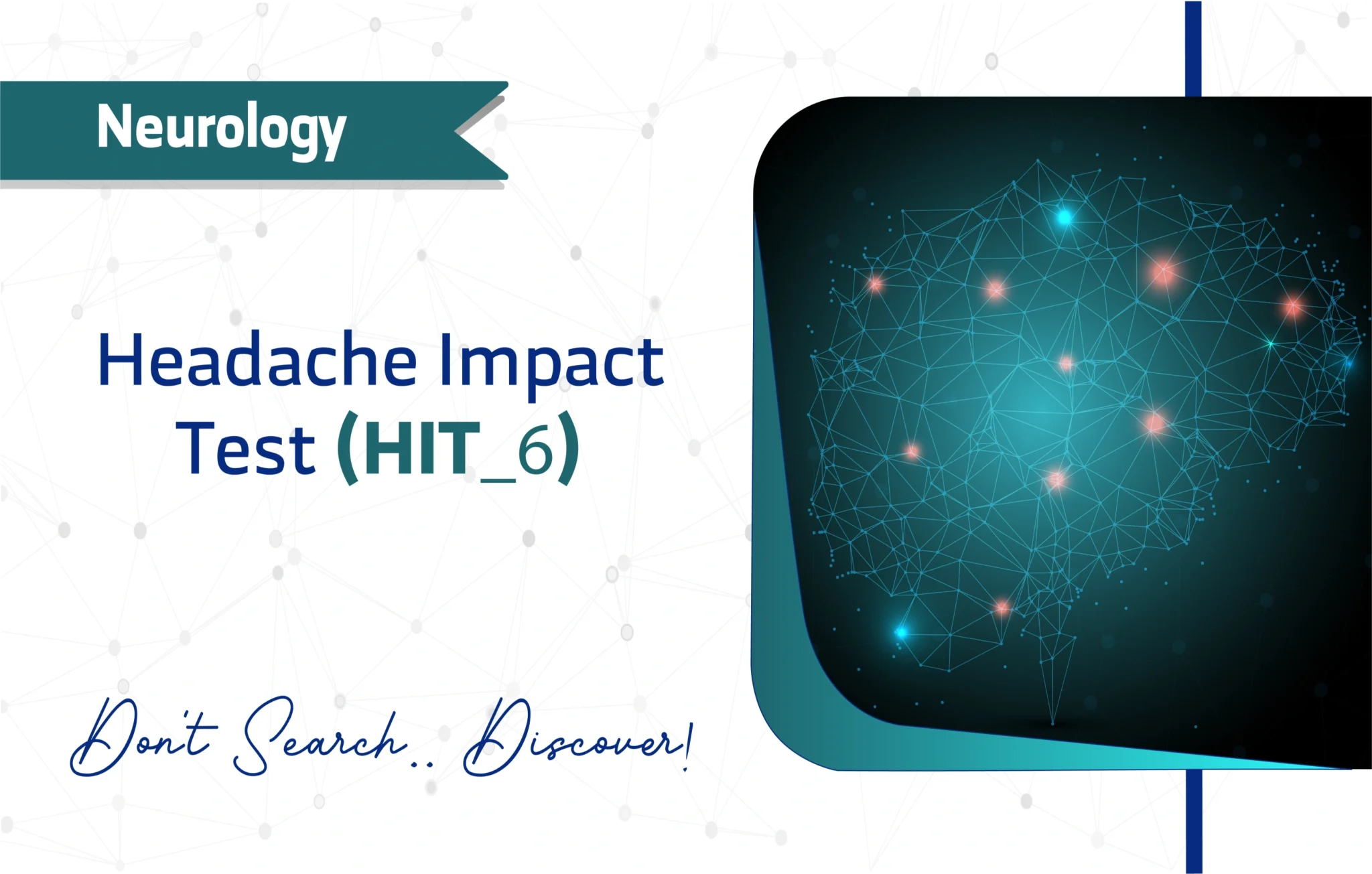
The HIT-6 evaluates headache severity and disability, aiding researchers and clinicians in treatment planning and migraine research studies.

The PCOSQ evaluates PCOS-related quality of life, aiding clinicians and researchers in treatment planning and women’s health studies.
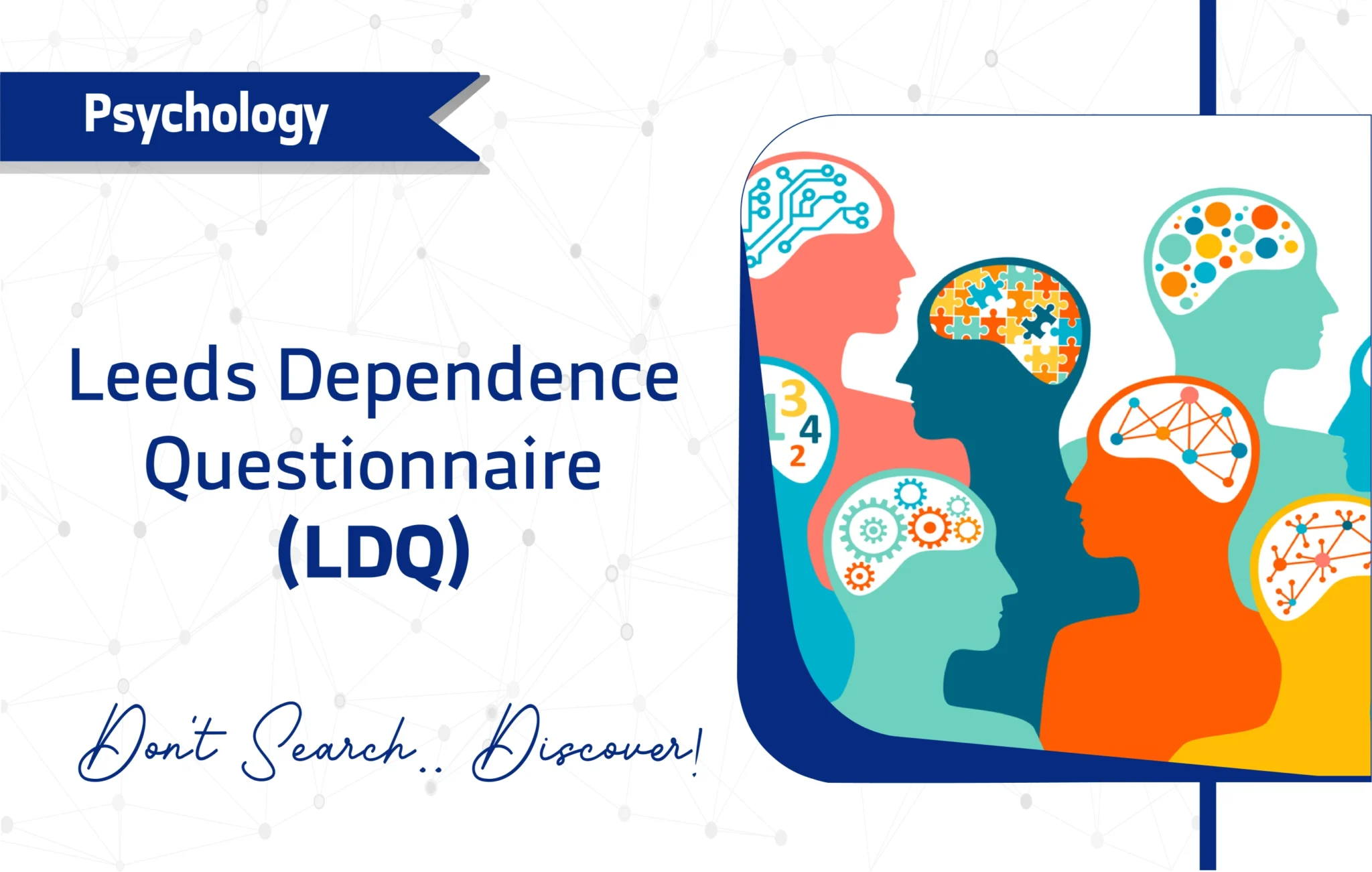
The Leeds Dependence Questionnaire (LDQ) is a validated tool for measuring substance dependence severity, offering clinical insight and research value across diverse treatment populations.
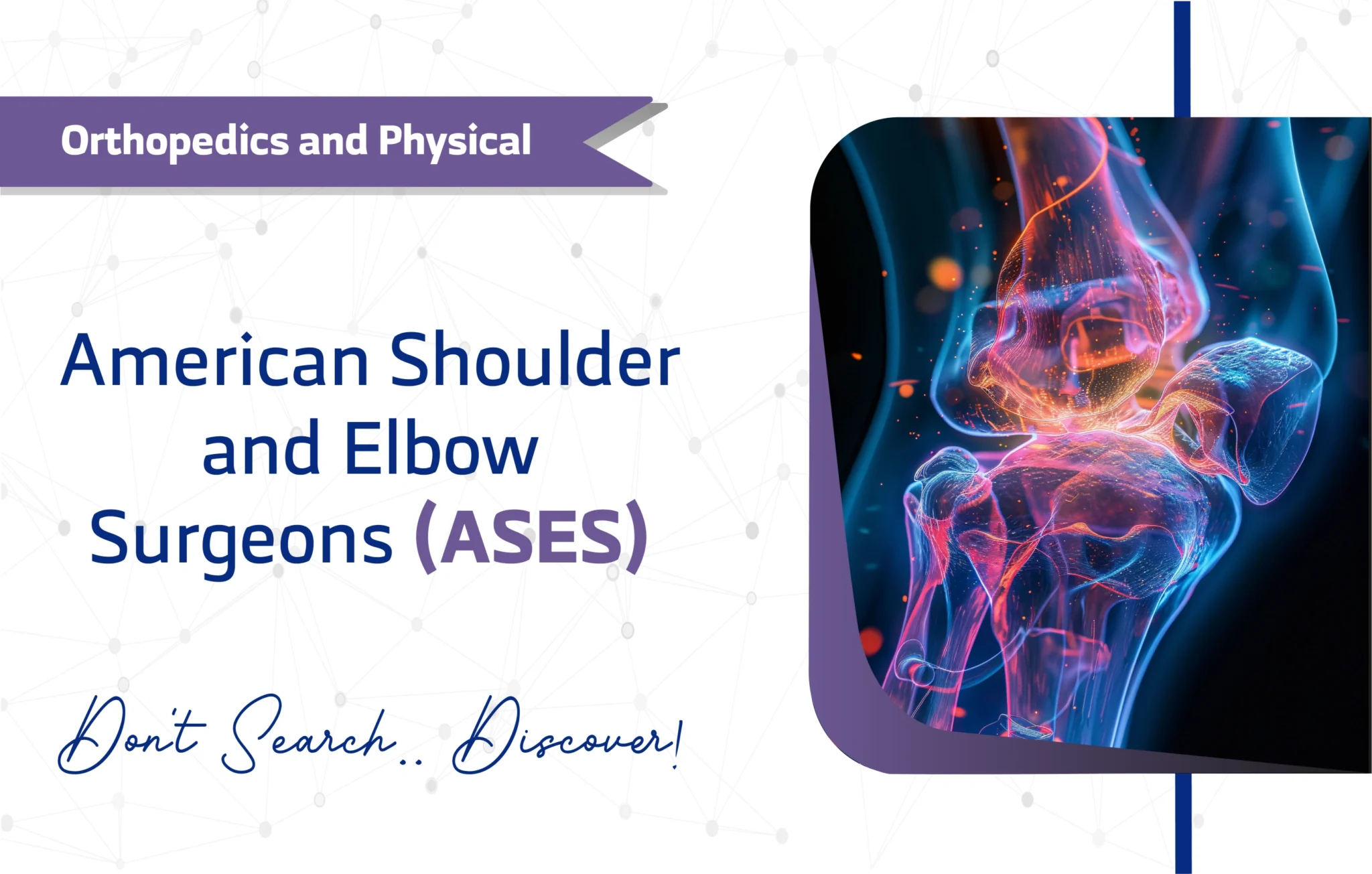
The ASES Score evaluates shoulder function and pain, aiding clinicians and researchers in orthopedic outcomes.
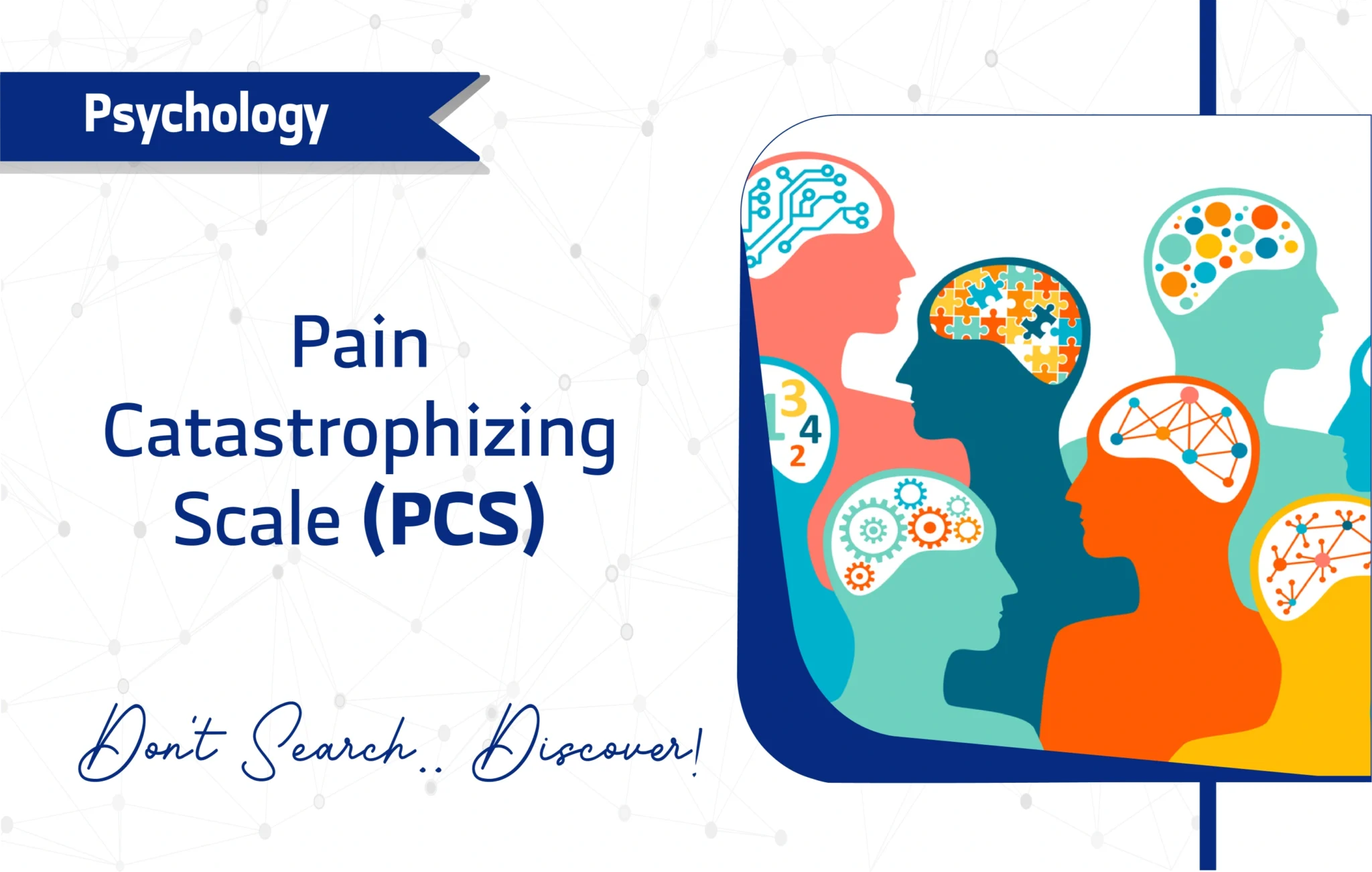
The Pain Catastrophizing Scale (PCS) assesses catastrophic thinking related to pain, including rumination, magnification, and helplessness. It is crucial for researchers and clinicians.9

An essential guide to the Diabetes Self-Management Questionnaire (DSMQ), detailing its psychometric properties, applications in research, and utility for improving patient glycemic control.
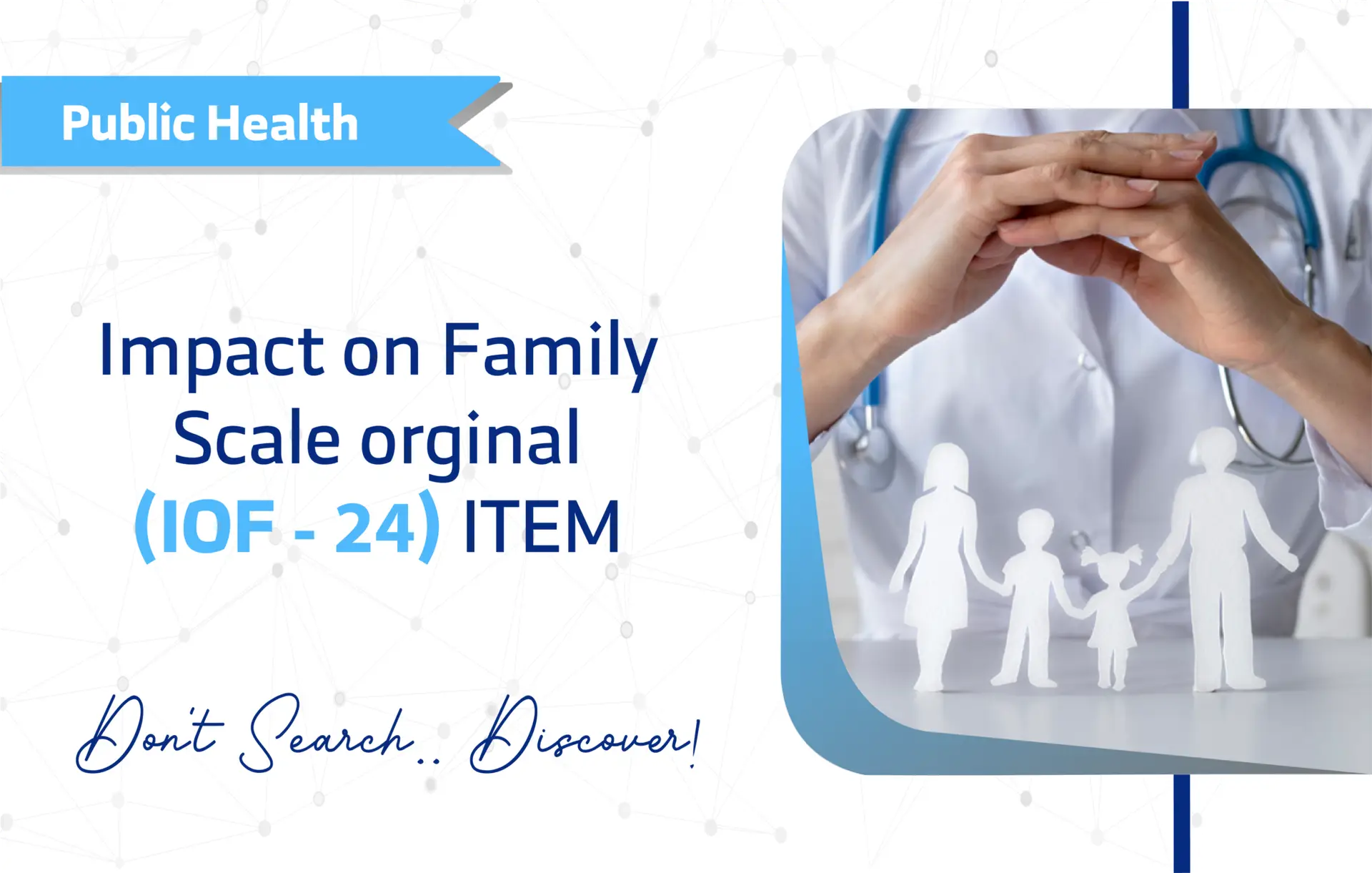
The Impact on Family Scale 24 (IOF-24) is crucial for researchers assessing the multifaceted impact of childhood chronic illness on family dynamics and well-being.
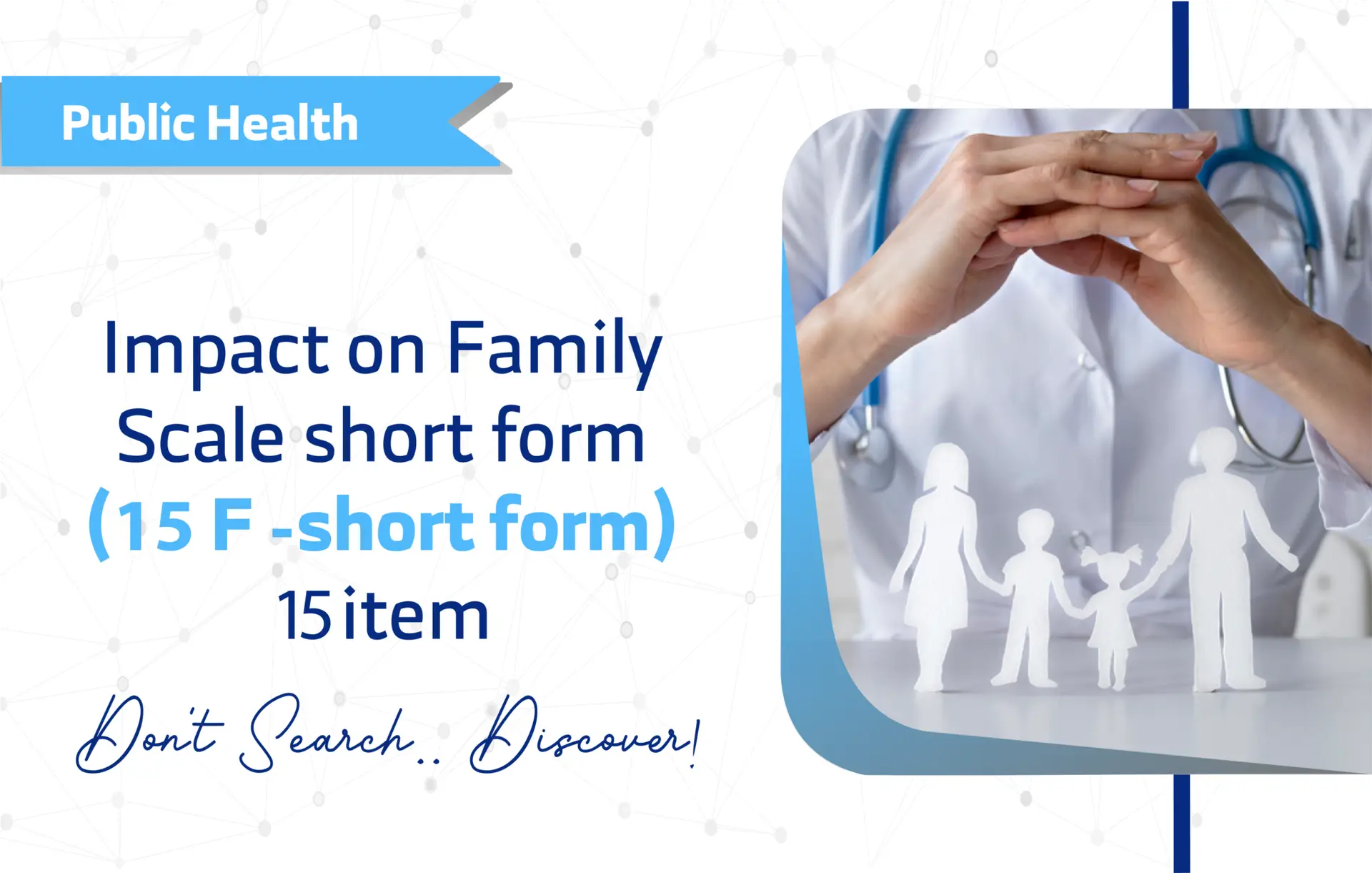
Understand the IOF-SF (15-item), a key pediatric tool for evaluating family impact of chronic childhood illness. Essential for robust research and clinical insights.
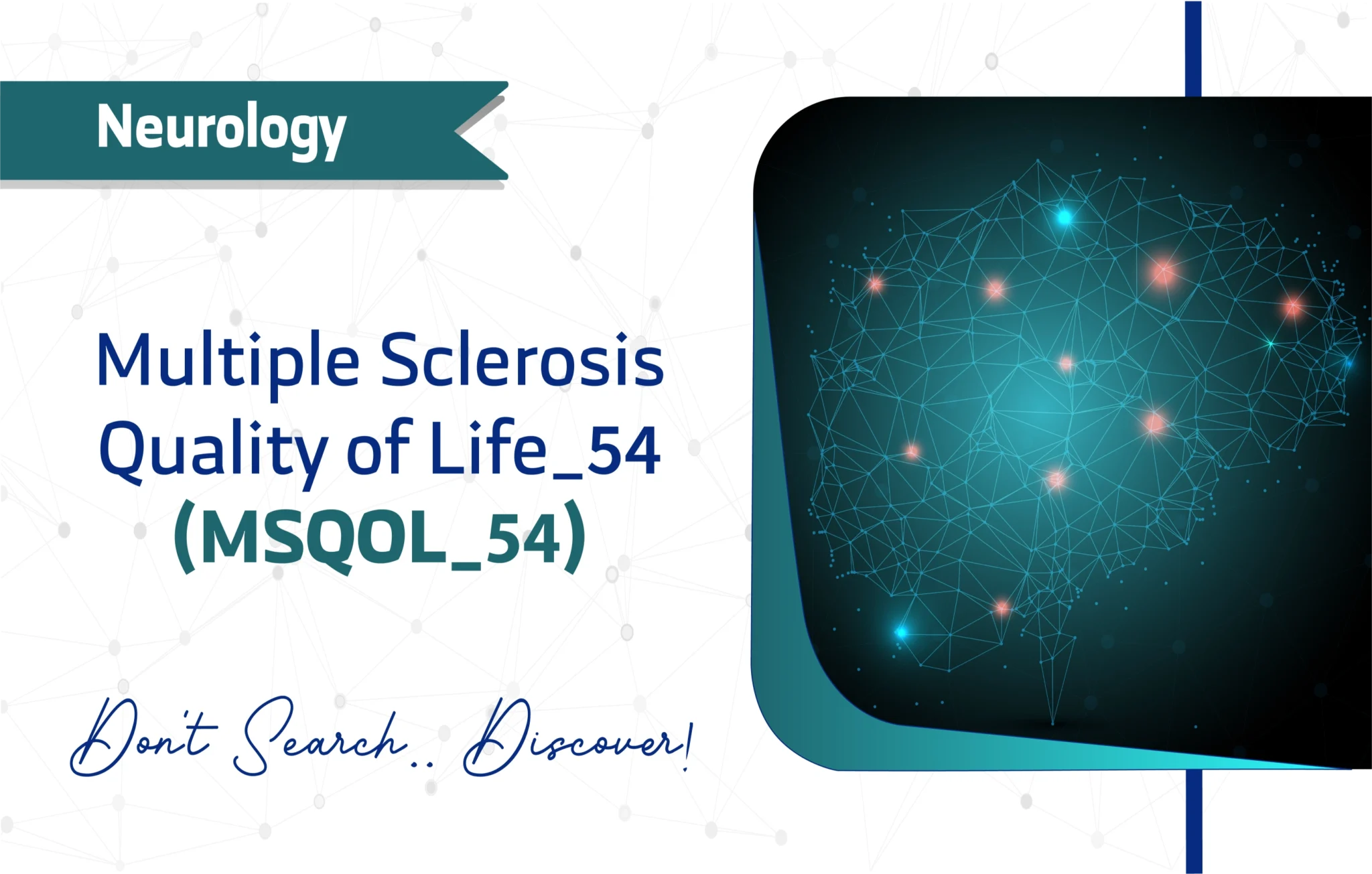
An essential guide to the MSQOL-54 questionnaire. This article covers its comprehensive use in assessing health-related quality of life for individuals with multiple sclerosis.
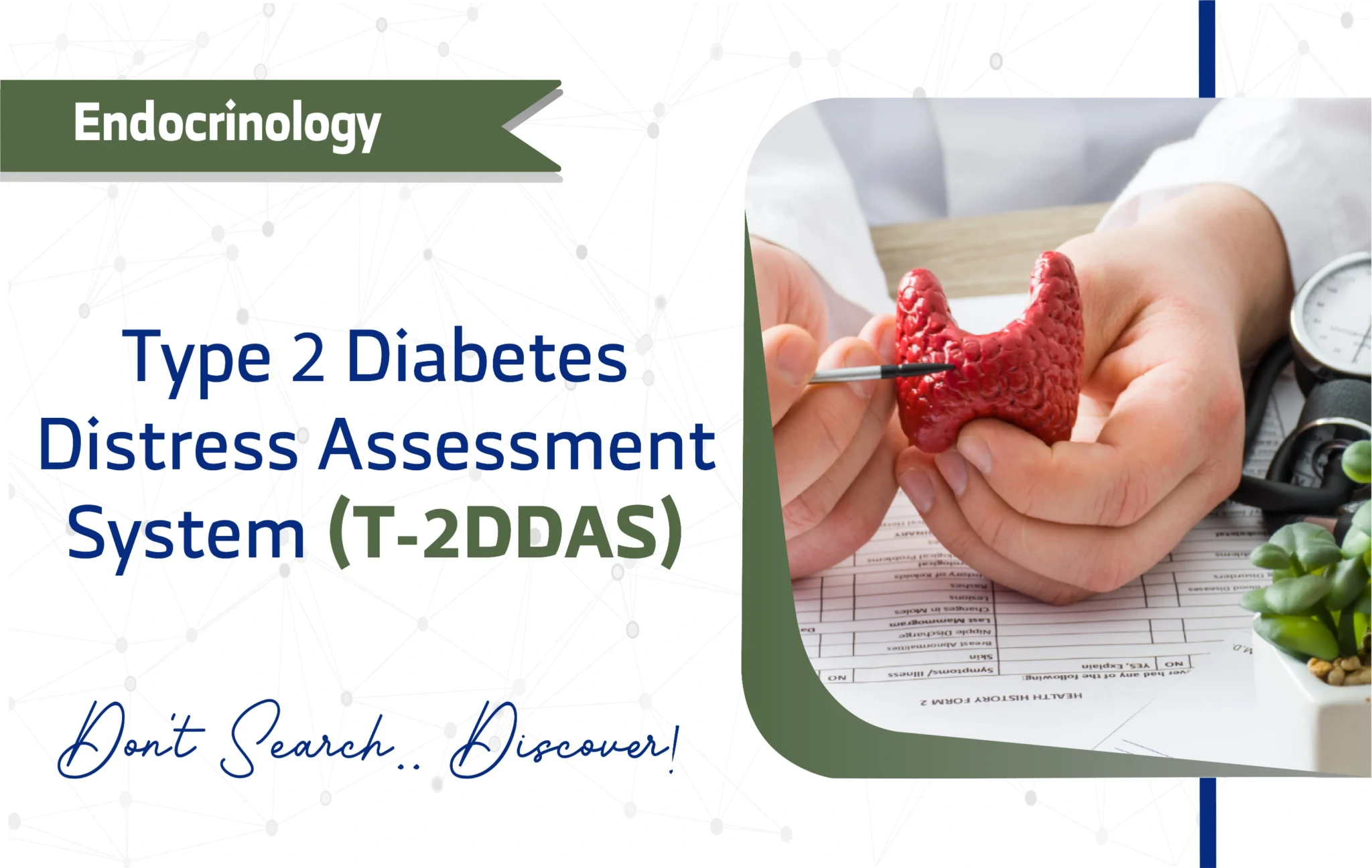
The T2-DDAS assesses diabetes-related emotional distress, offering clinicians and researchers a reliable tool for holistic type 2 diabetes care.
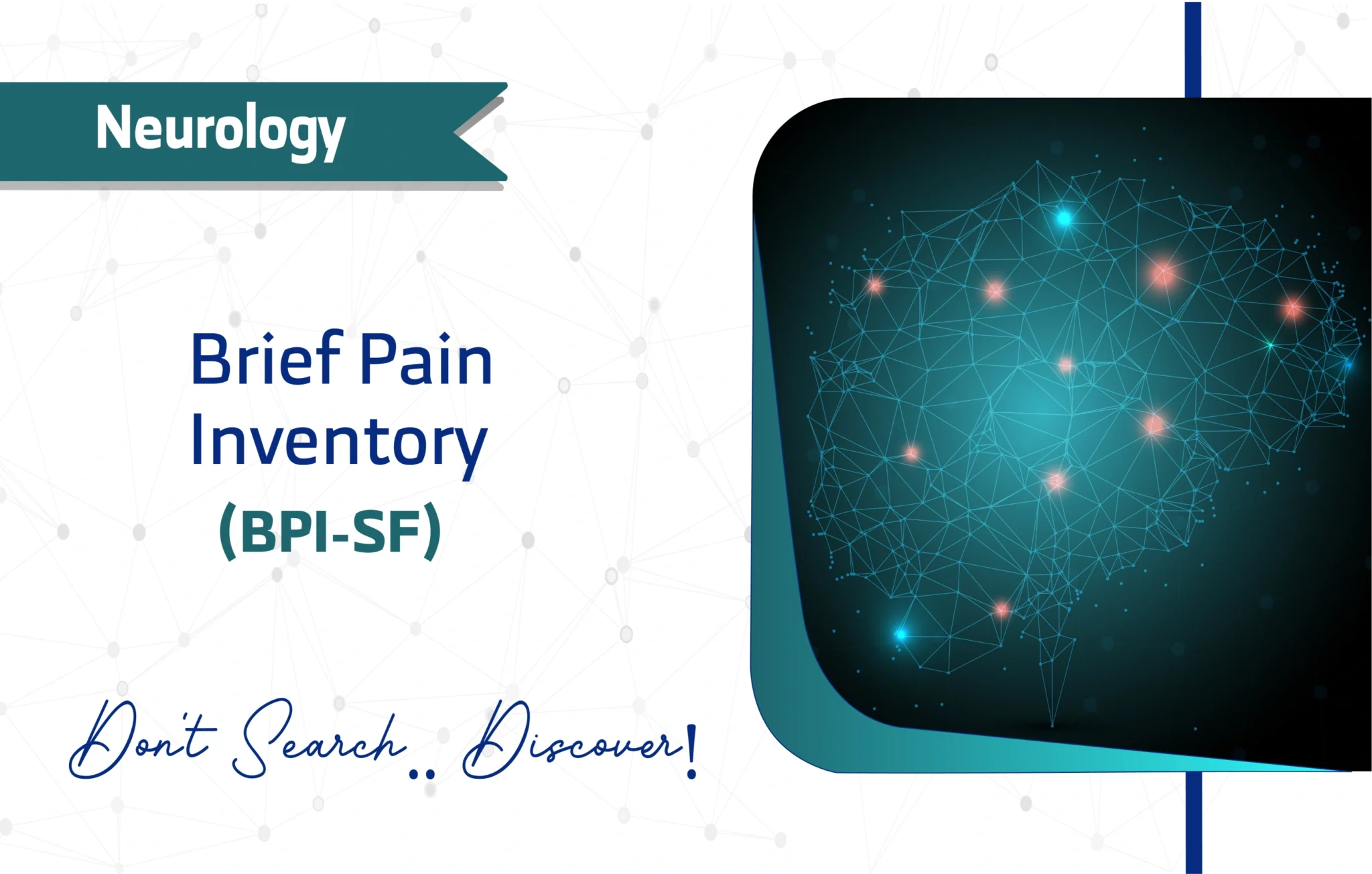
The Brief Pain Inventory (BPI-SF) assesses pain severity and interference, aiding clinicians and researchers in effective pain management.

The D-FIS measures fatigue’s impact on daily activities, aiding researchers and clinicians in chronic illness management.
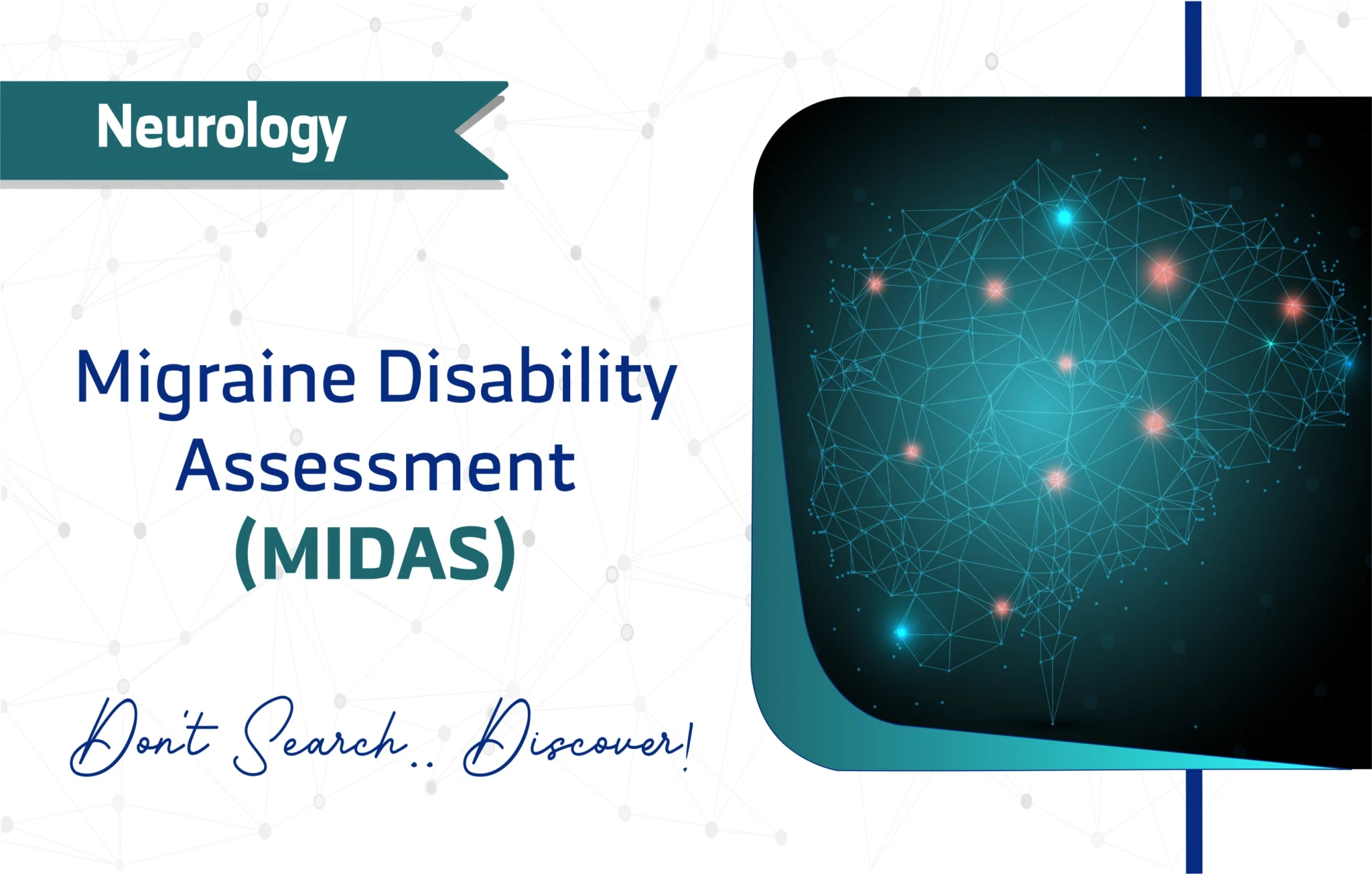
The MIDAS questionnaire quantifies migraine disability, aiding clinicians and researchers in treatment planning and patient care.
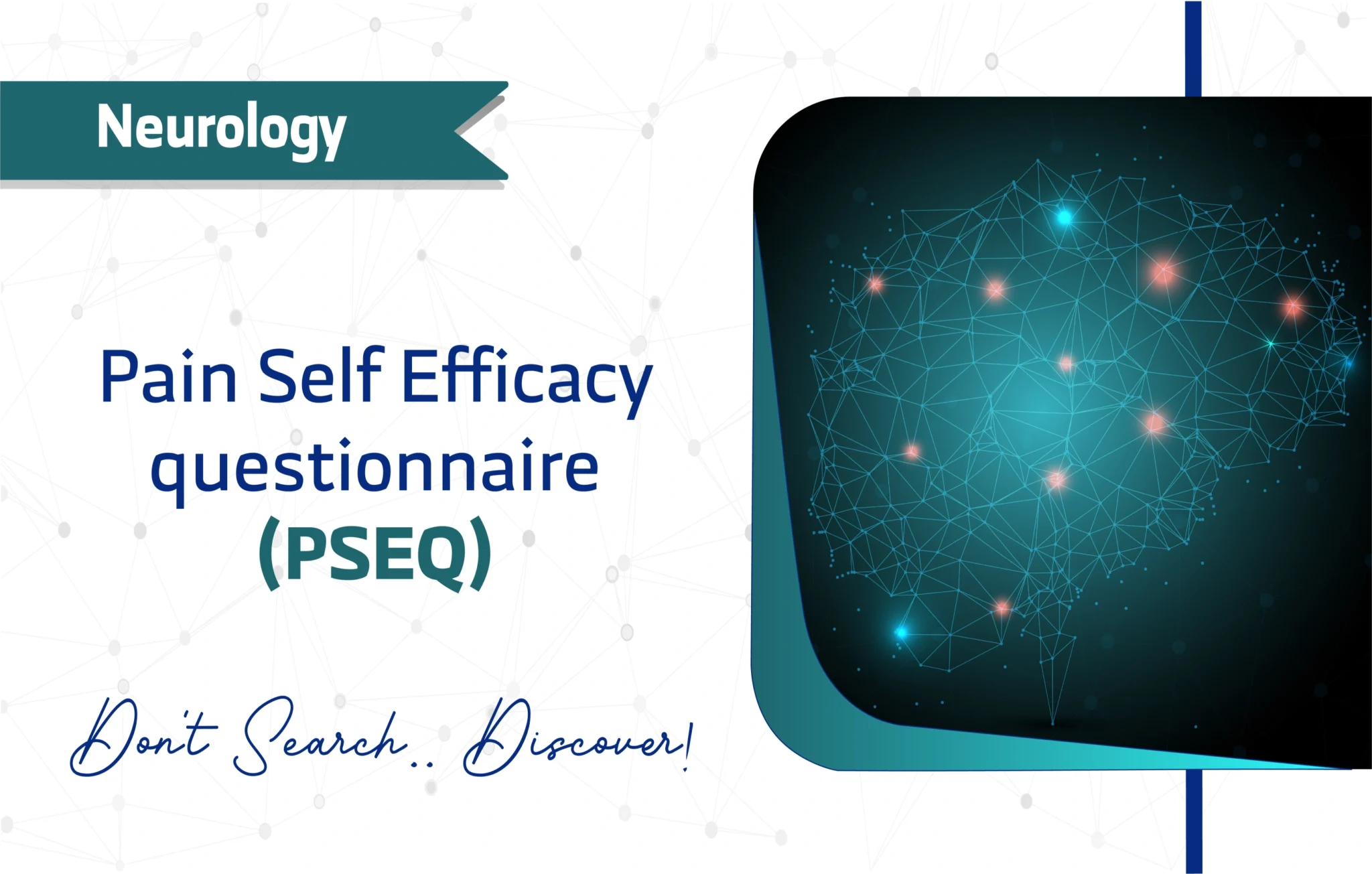
The PSEQ assesses pain self-efficacy in chronic pain, aiding researchers and clinicians in treatment planning and research studies.
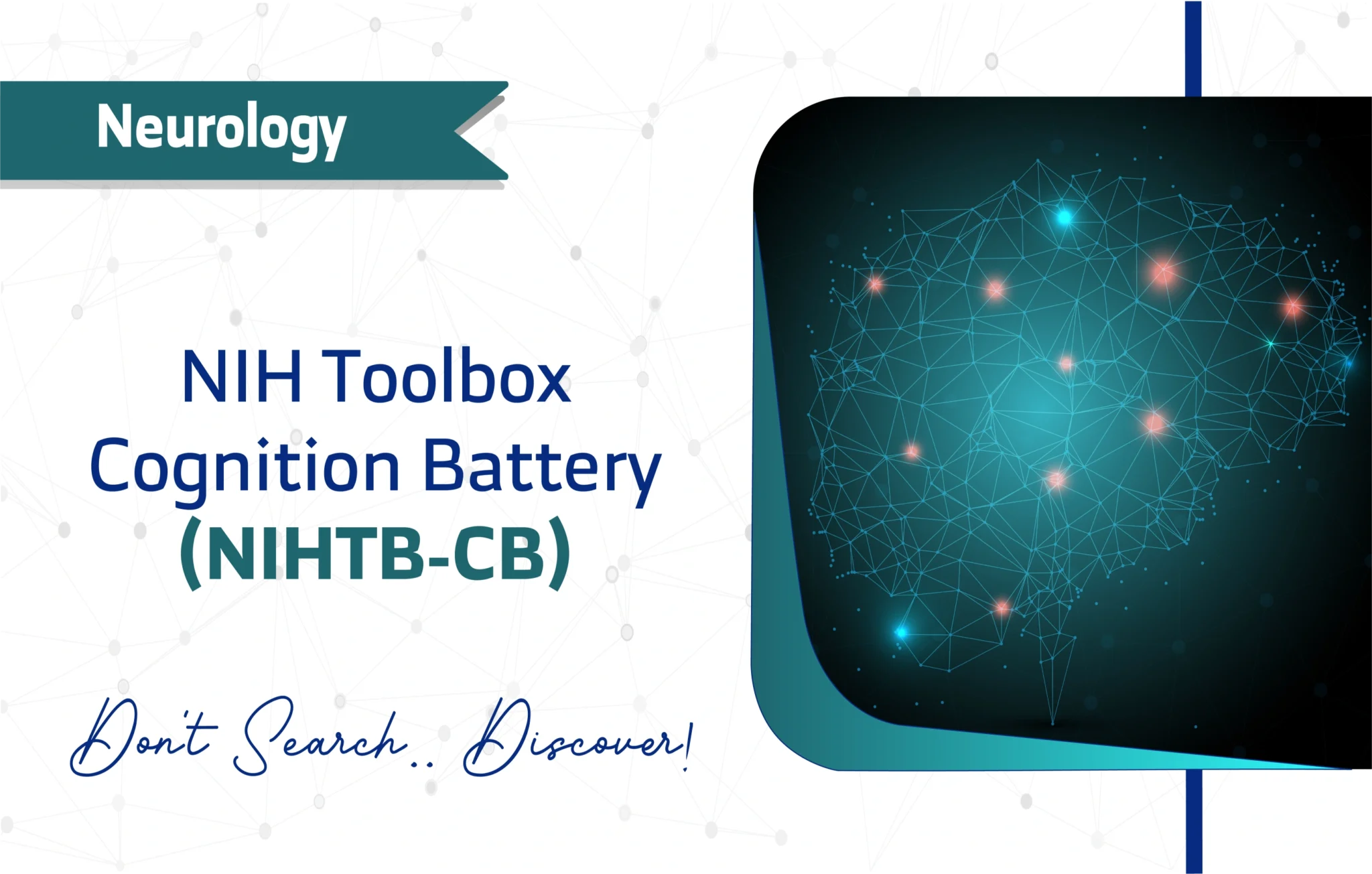
The NIH Toolbox Cognition Battery (NIHTB-CB) assesses cognitive function across ages 3–85, offering reliable, validated tools for research and clinical use.
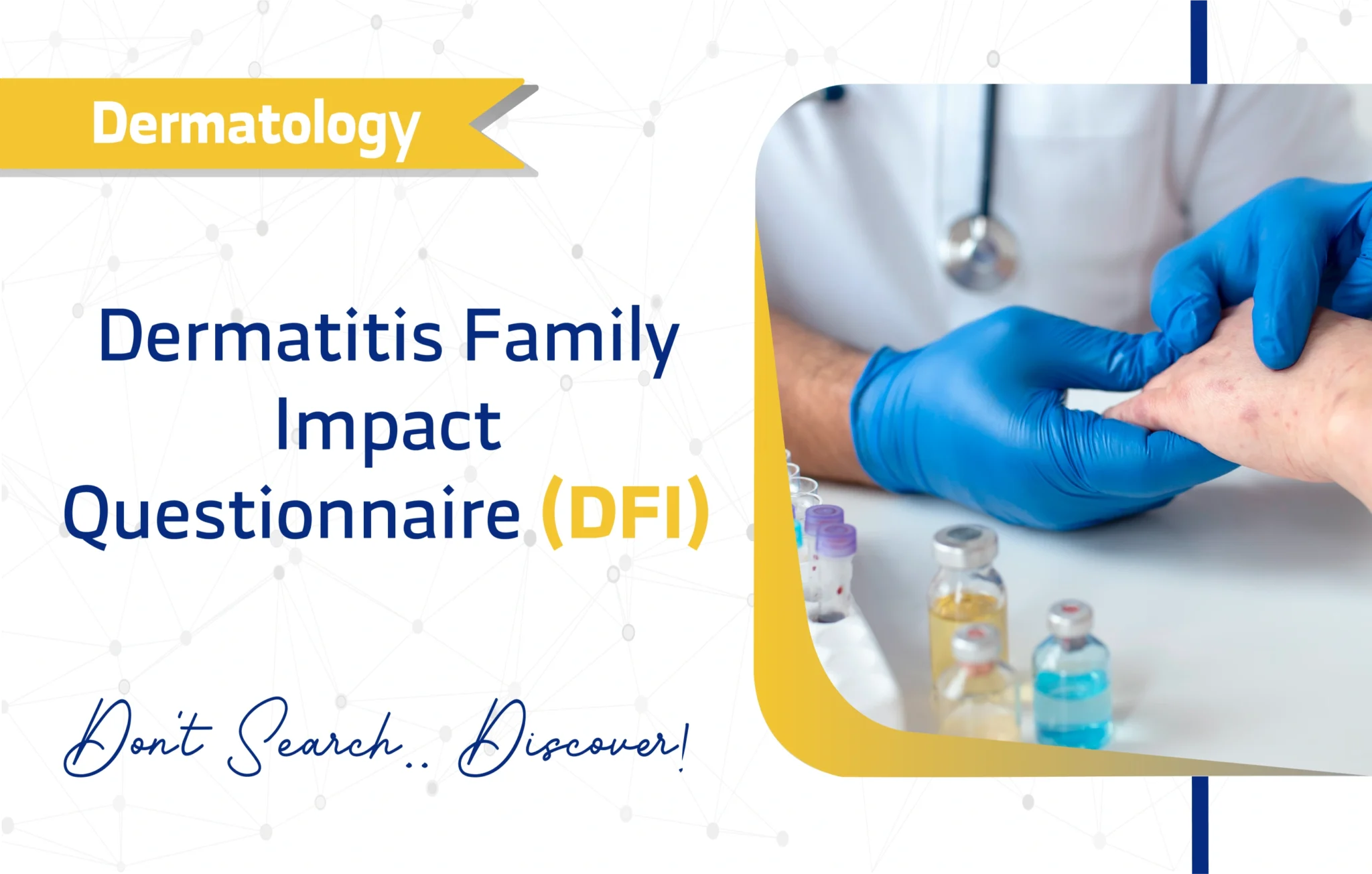
The DFI evaluates how atopic eczema affects family quality of life, aiding researchers and clinicians in dermatology.

VascuQoL-6 assesses quality of life in PAD patients, offering reliable insights for researchers and clinicians in vascular medicine.
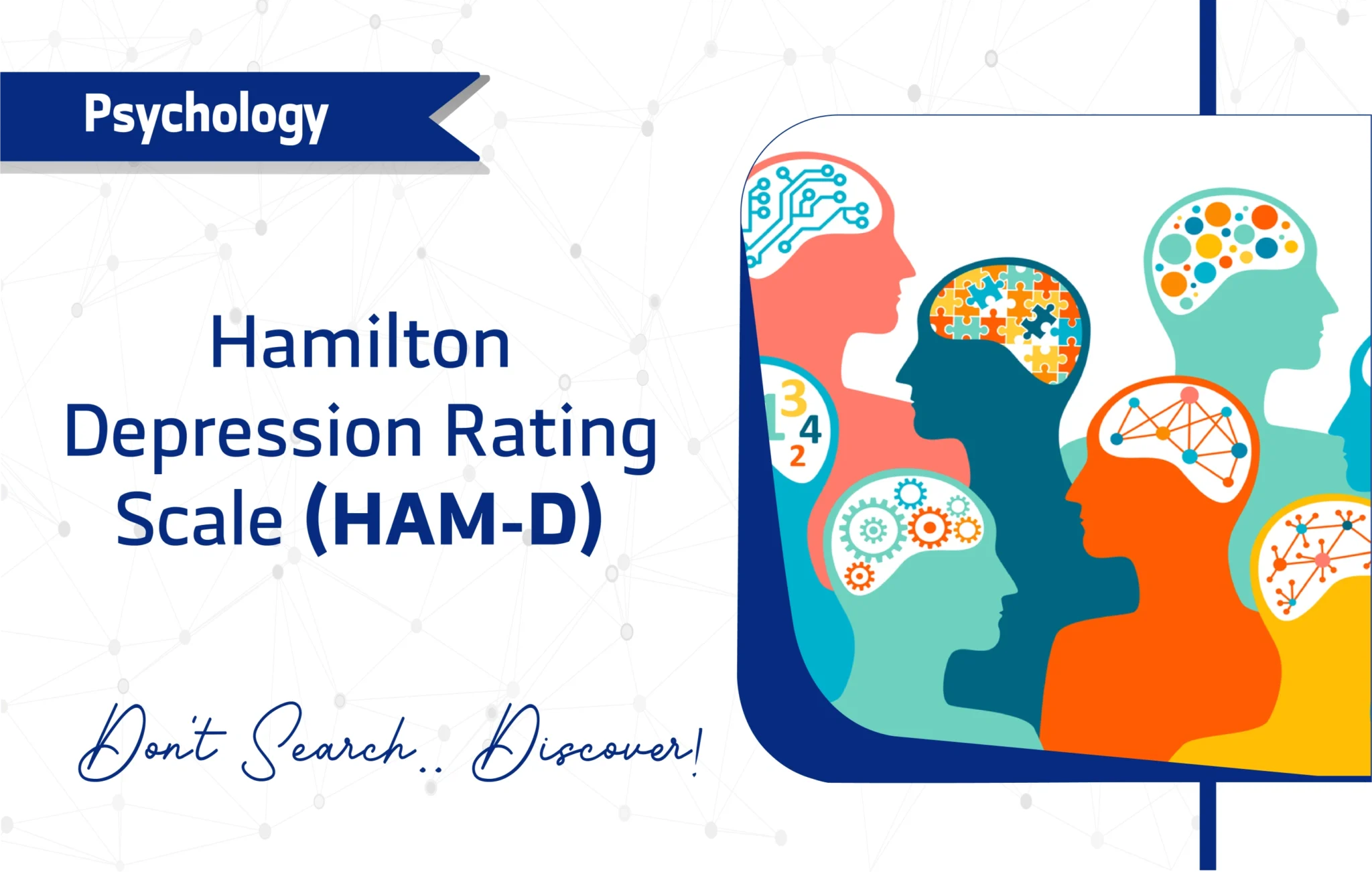
The Hamilton Depression Rating Scale (HAM-D/HRDS) quantifies depression severity, aiding clinicians and researchers in treatment and monitoring.

The Penn State Worry Questionnaire (PSWQ) assesses worry in adults, aiding GAD diagnosis and research with reliable, validated metrics.
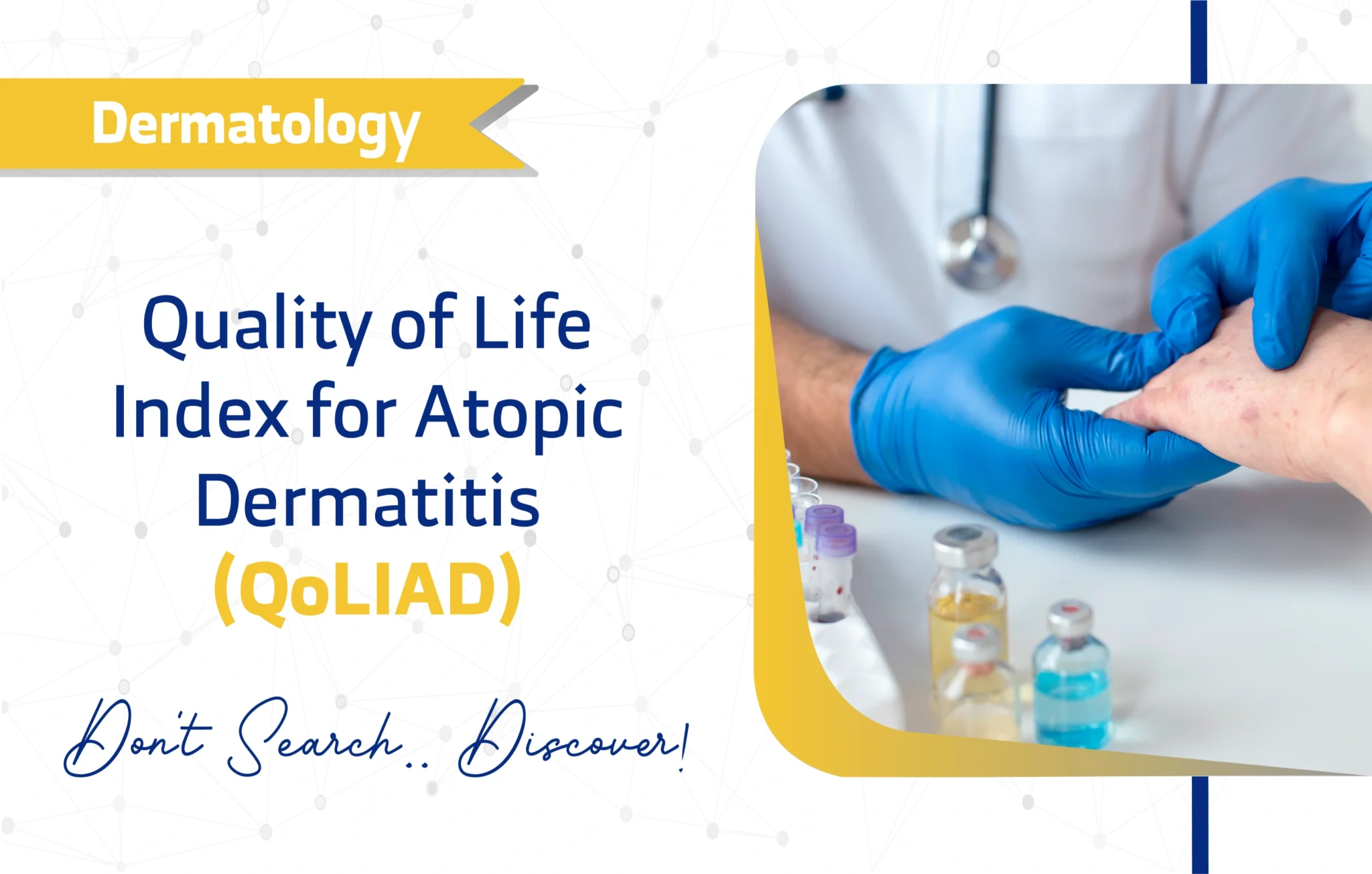
The QoLIAD measures atopic dermatitis’ impact on quality of life, aiding researchers and clinicians in evaluating patient well-being.
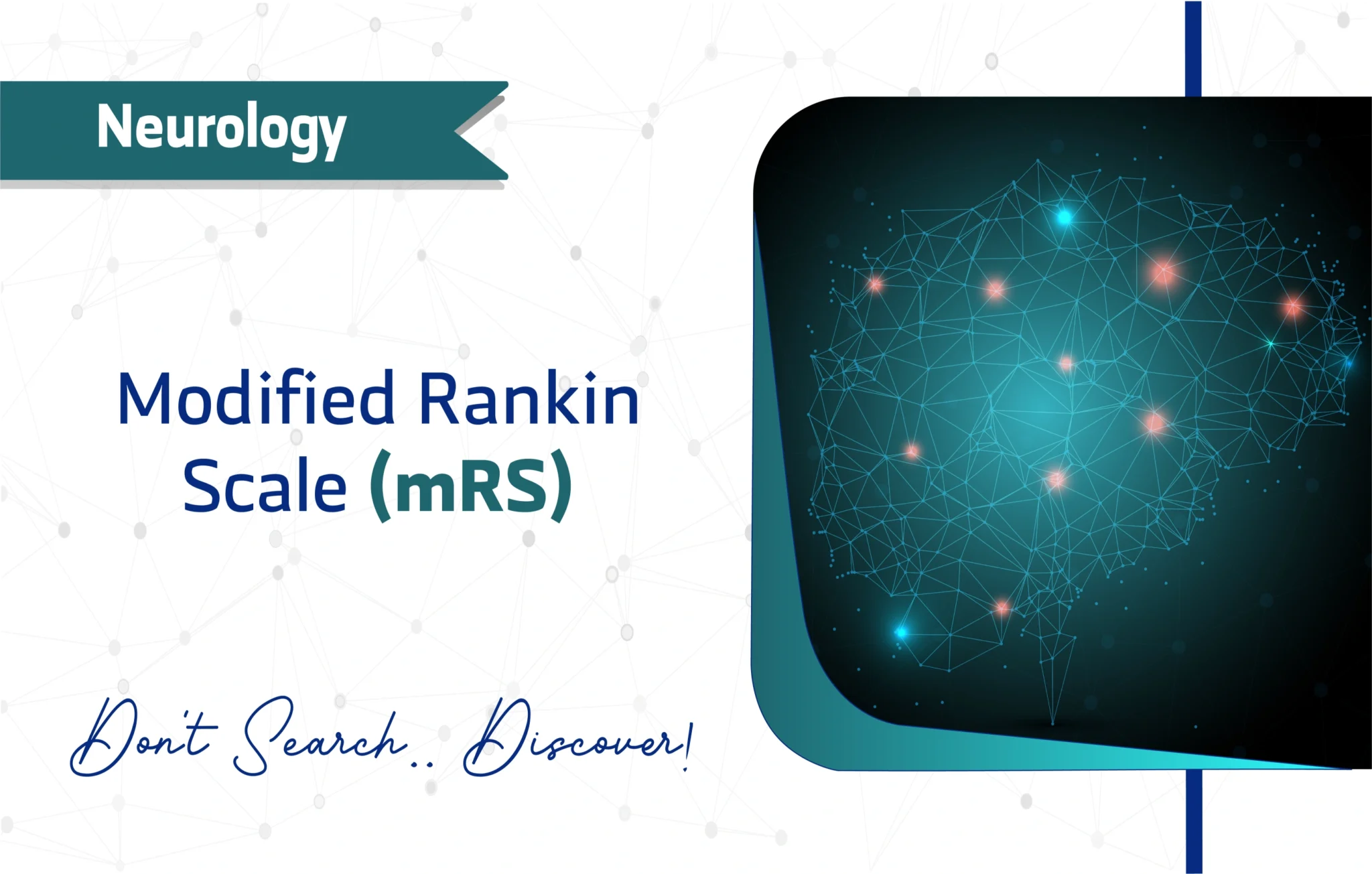
The Modified Rankin Scale (mRS) assesses stroke disability, guiding clinicians and researchers in evaluating functional outcomes effectively.
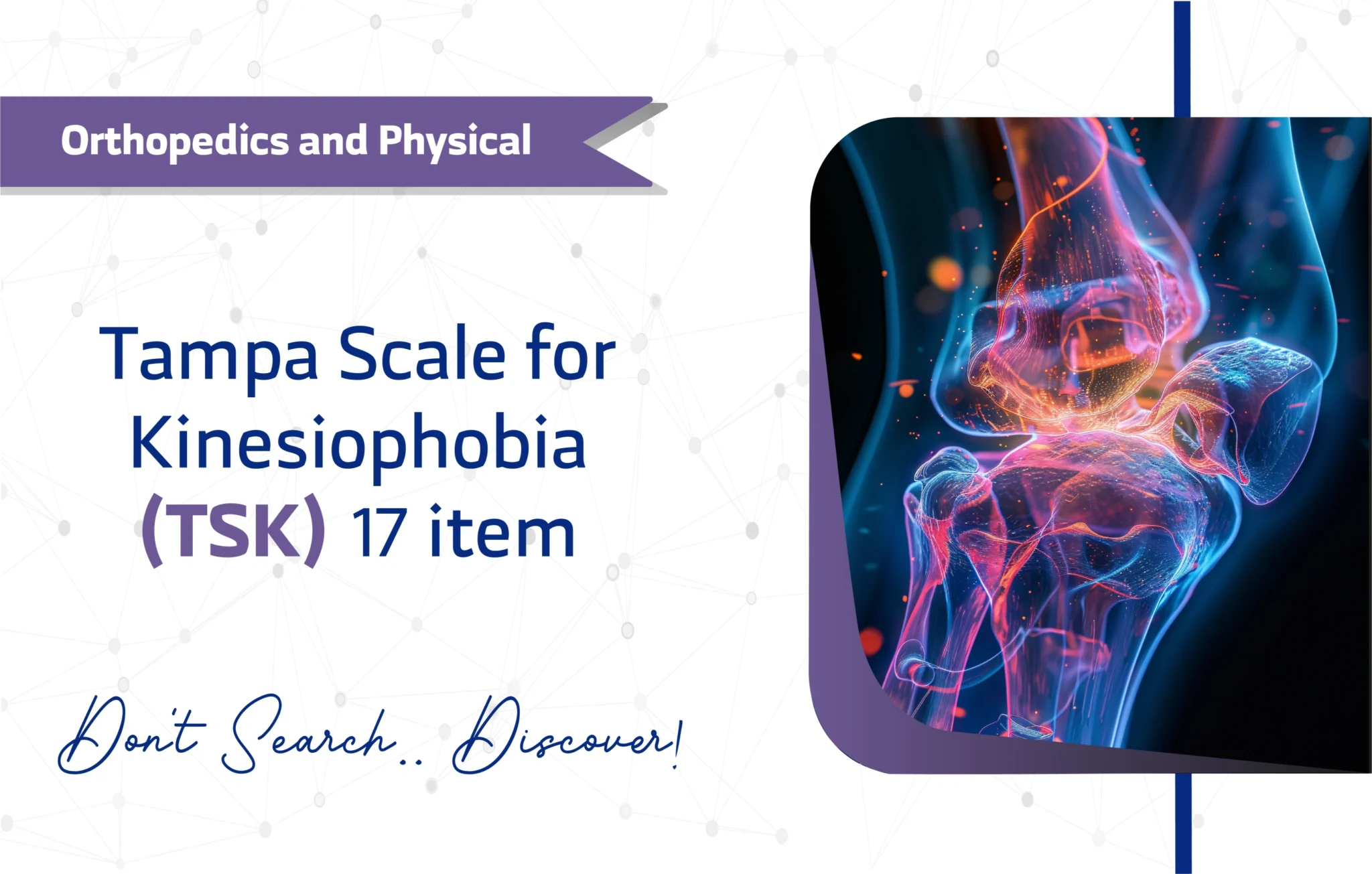
The TSK-17 is a tool for assessing fear of movement in chronic pain patients, aiding clinicians and researchers in treatment planning and outcomes.
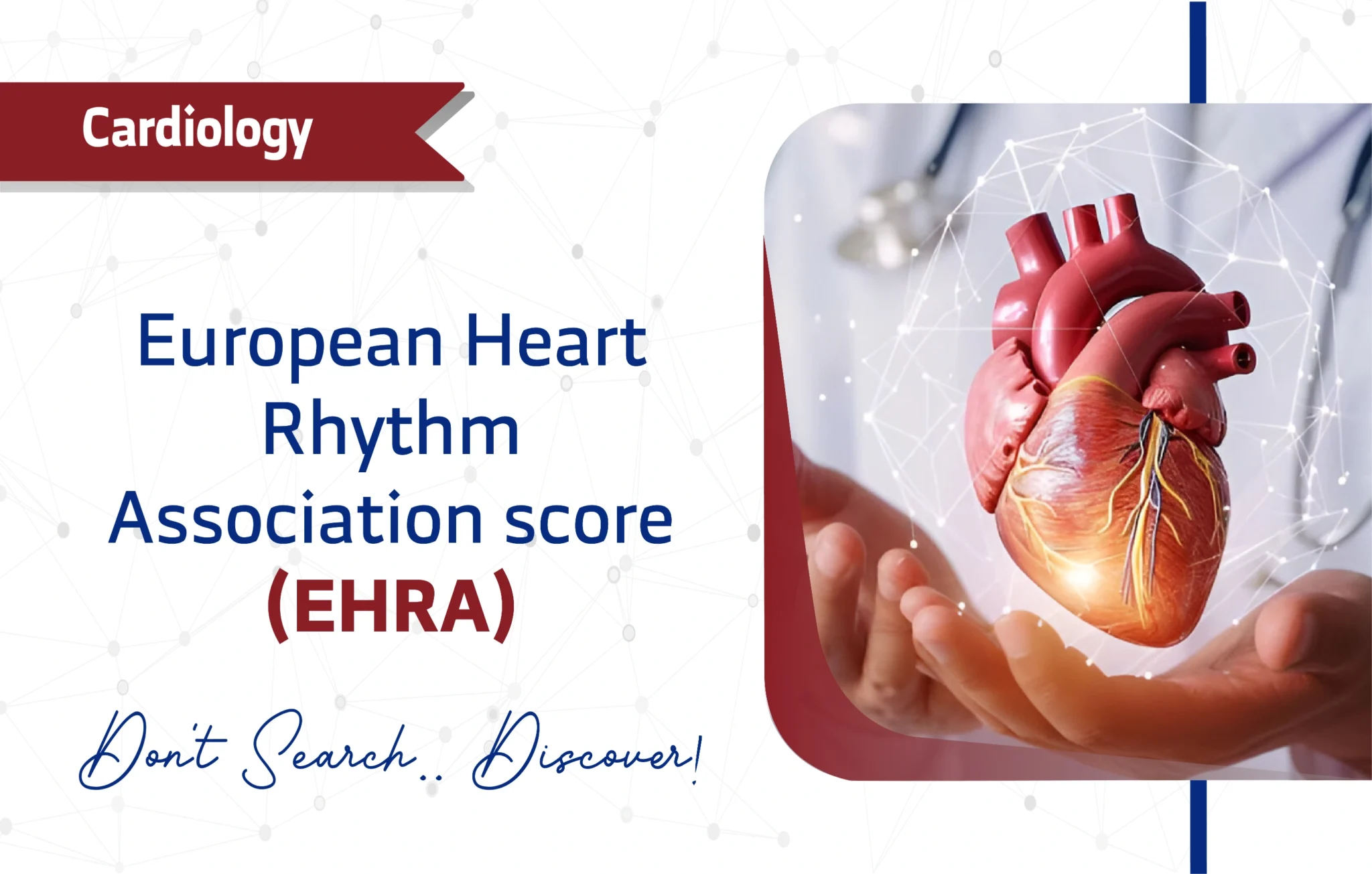
The EHRA Score simplifies atrial fibrillation symptom assessment, aiding clinicians and researchers in treatment planning and monitoring.

The EQ-5D-5L is a validated tool designed to assess health-related quality of life, providing valuable insights for researchers in clinical trials and supporting clinicians in patient care. Its reliability and applicability make it an essential instrument in both clinical and research settings.
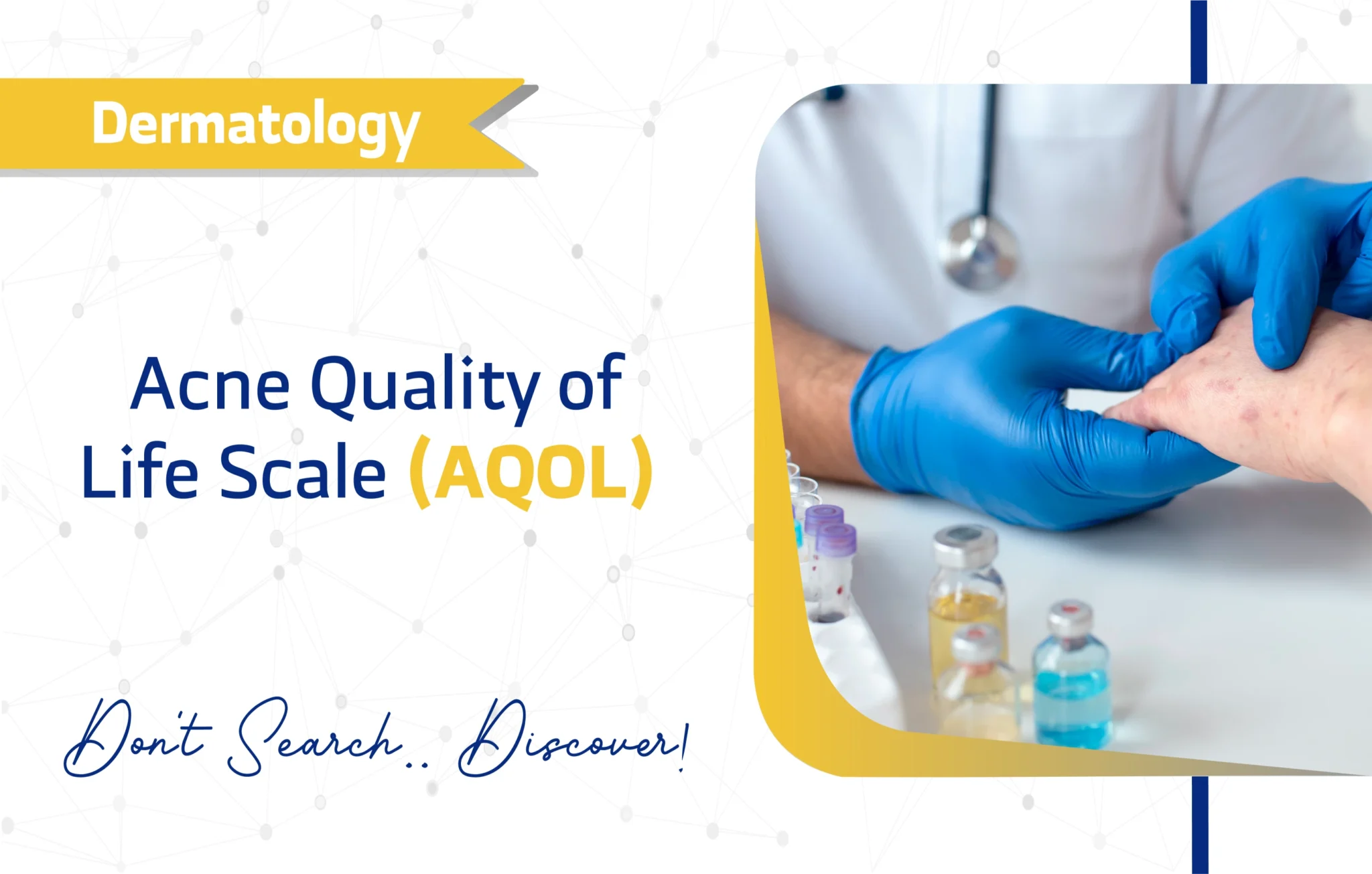
Explore the Acne Quality of Life Scale (AQOL) for measuring acne’s psychosocial impact. Essential for researchers and clinicians.
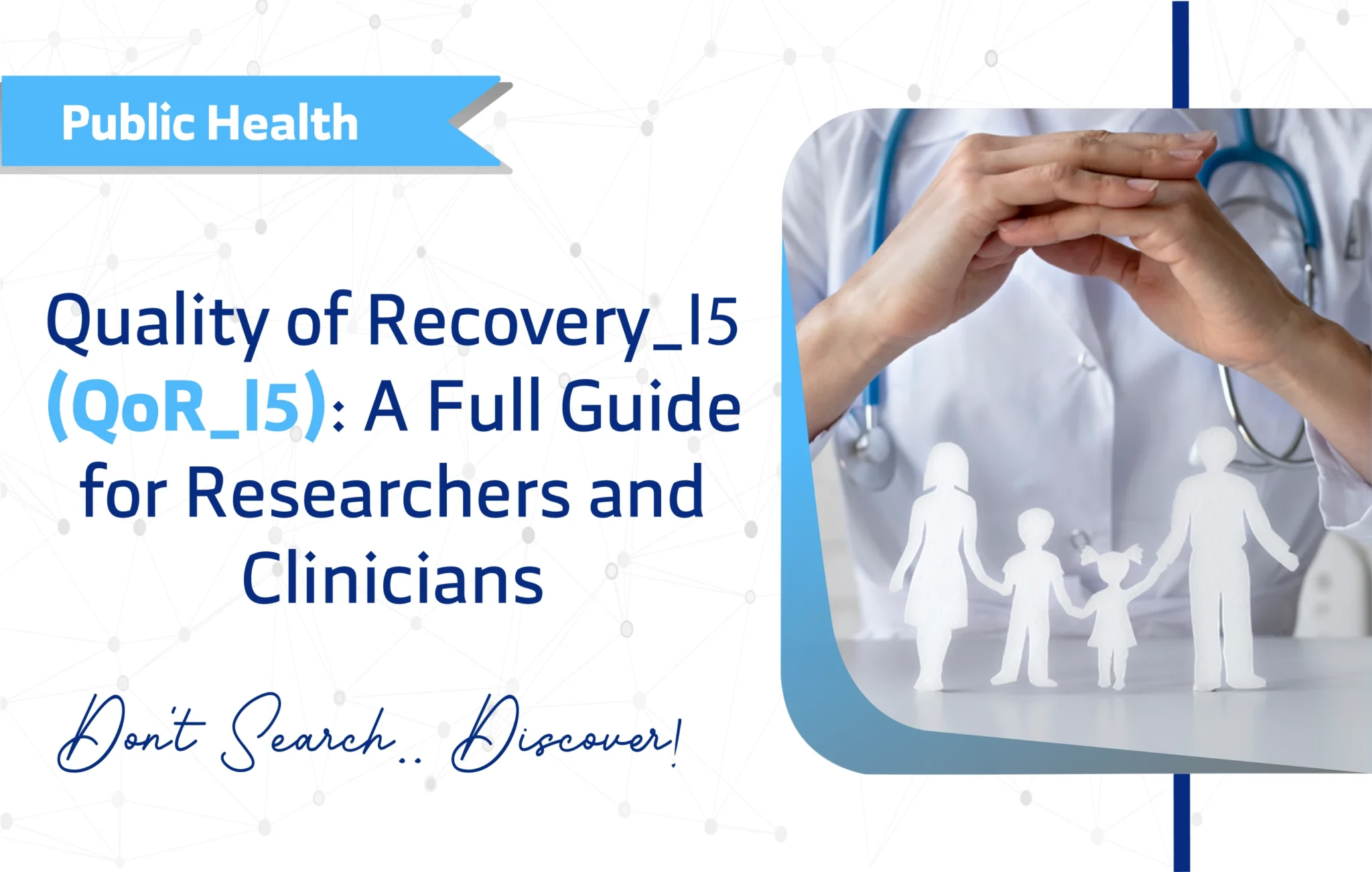
Explore the Quality of Recovery-15 (QoR-15) questionnaire for assessing postoperative patient recovery, its structure, scoring, and applications in research.
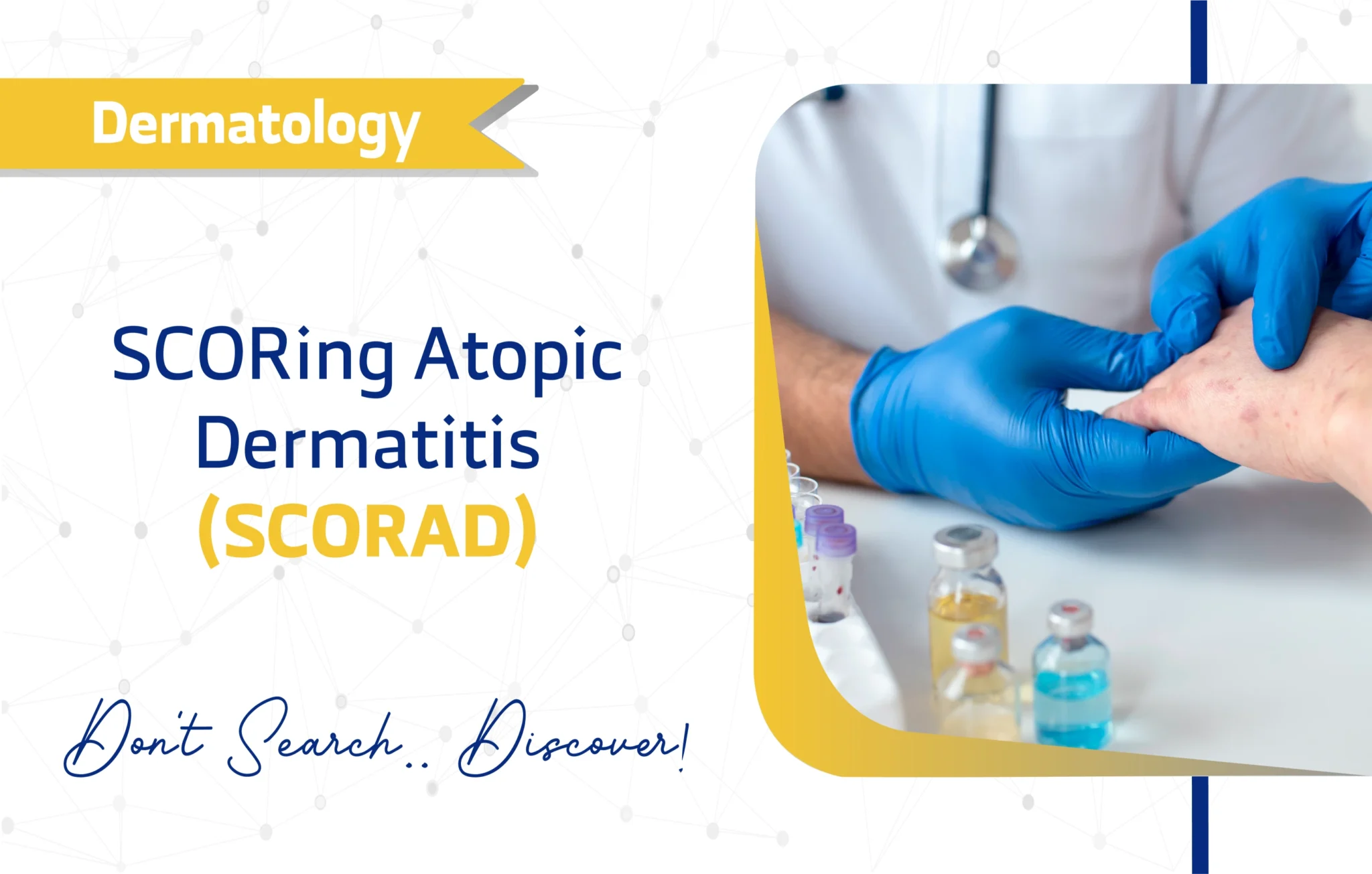
The SCORAD index is a gold-standard dermatology tool used globally to assess the severity of atopic dermatitis. Explore its components, scoring, and applications.

Explore the Kansas City Cardiomyopathy Questionnaire for heart failure health status, quality of life, and outcomes measurement.
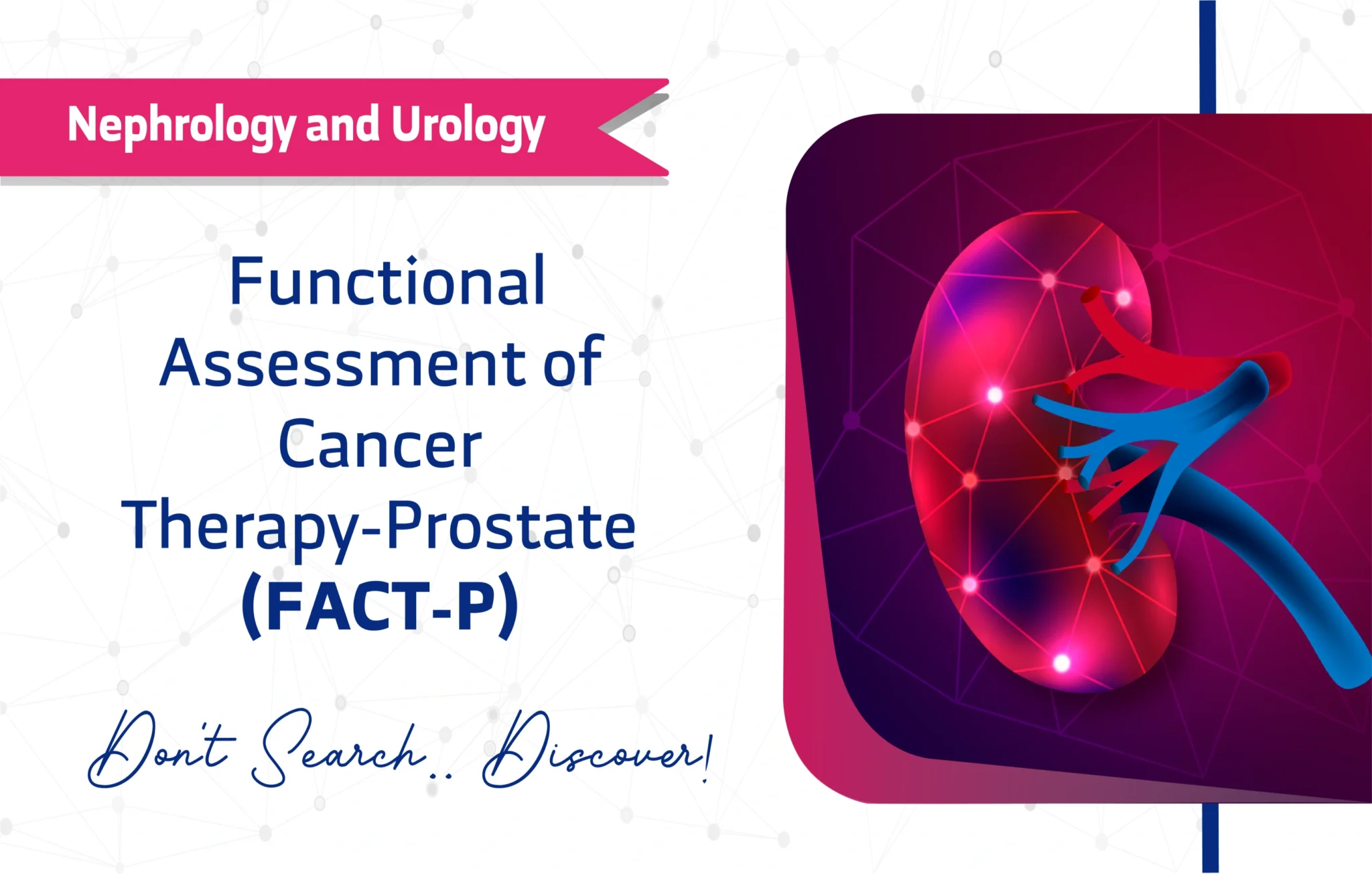
Learn about the FACT-P questionnaire, a widely-used tool for measuring health-related quality of life in prostate cancer patients. Understand its key features, scoring methods, and clinical utility in research and practice.
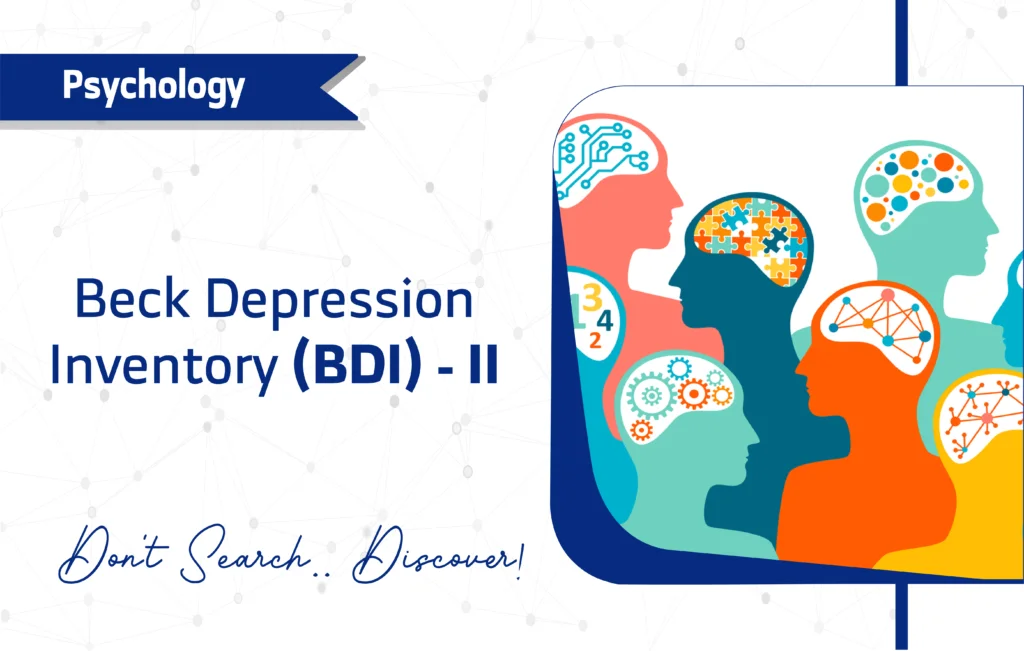
This guide covers the BDI-II’s purpose, scoring method, reliability, applications, and FAQs for researchers and clinicians.
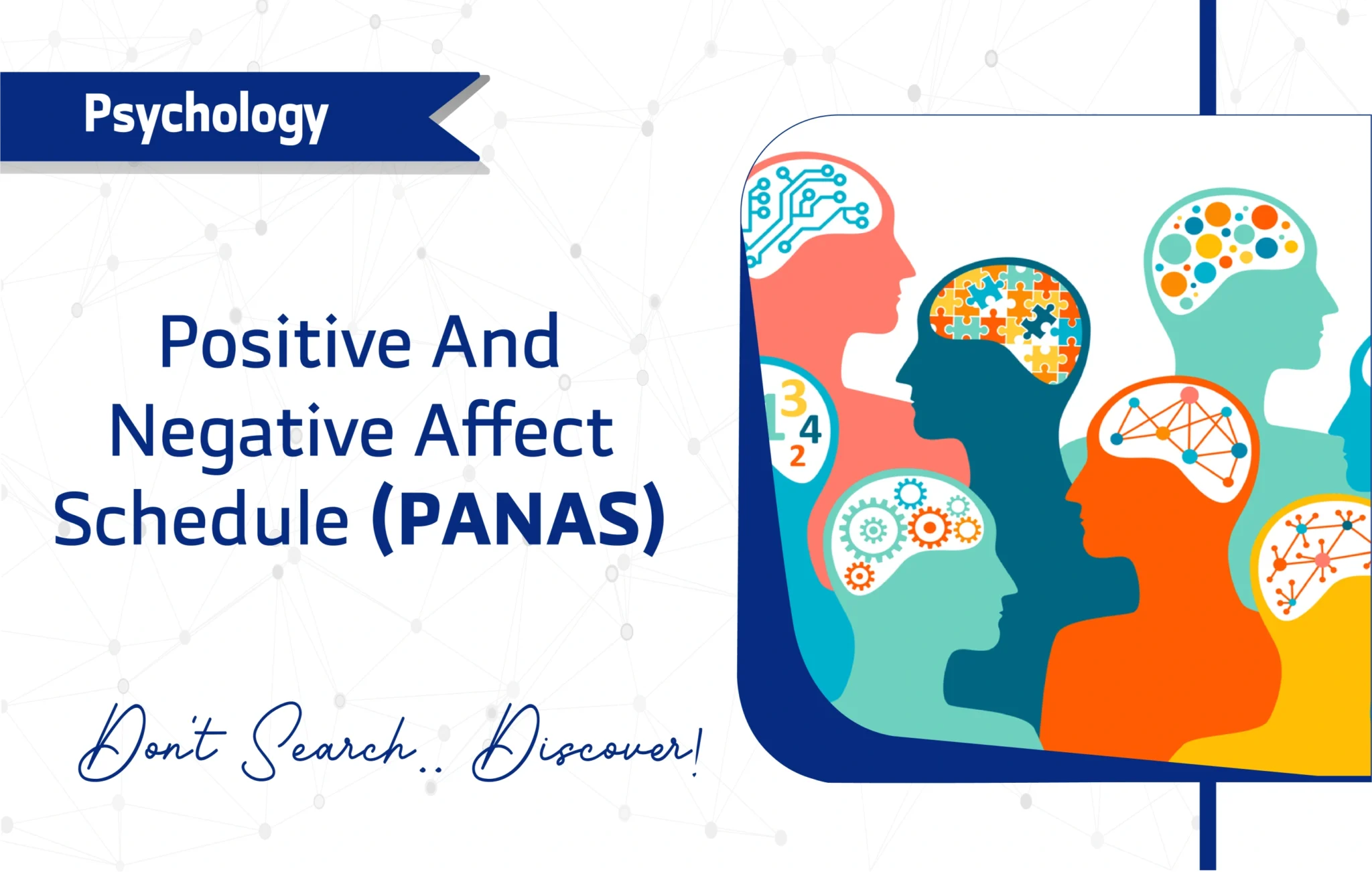
The PANAS questionnaire is an essential tool for measuring emotional states and mood across various populations. Learn about its features, scoring methods, and clinical utility in this comprehensive guide for researchers and clinicians.
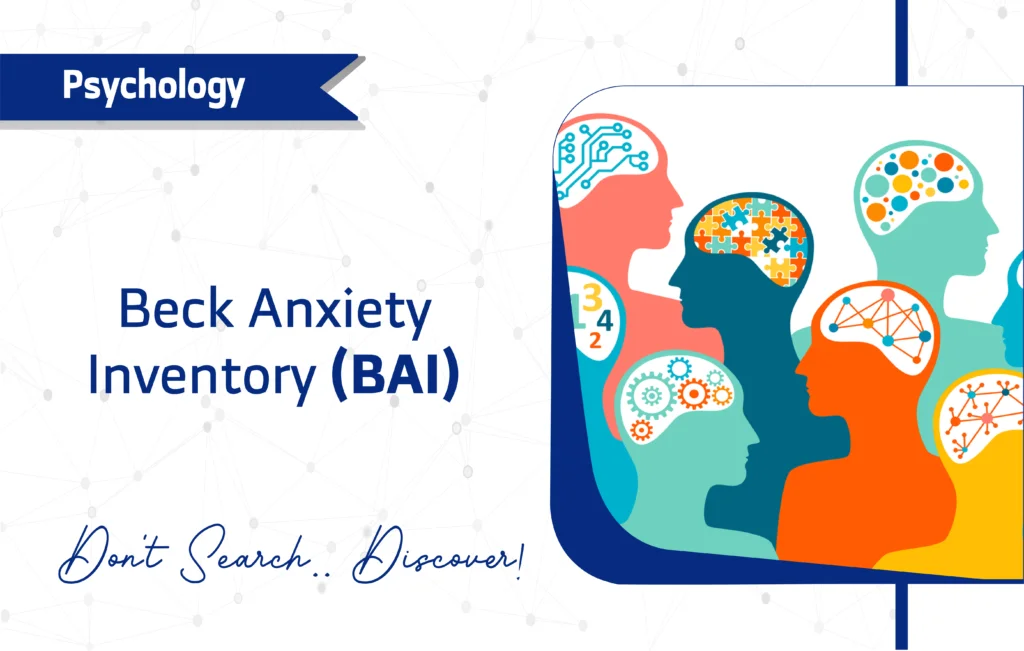
Discover the Beck Anxiety Inventory (BAI), a validated 21-item scale to assess anxiety severity across diverse age groups in both research and clinical contexts.

The SFQ-7 is a validated tool to assess perceived social functioning in psychiatric settings. Learn about its features, scoring, and applications.

Discover the VascuQoL-25, a validated, disease-specific tool designed to assess quality of life in patients with peripheral arterial disease.
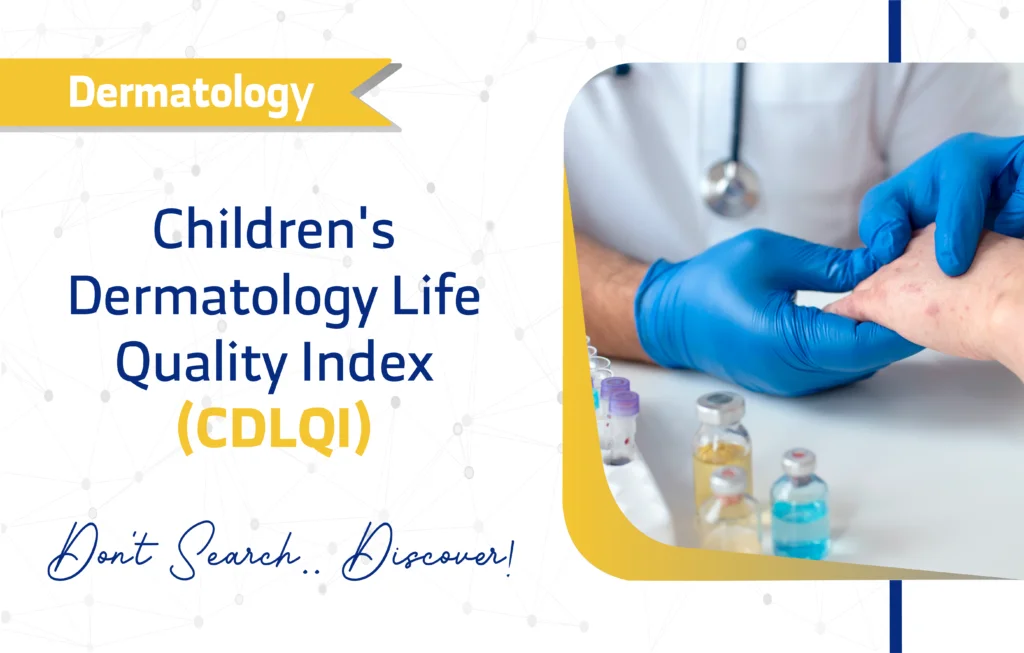
Discover the Children’s Dermatology Life Quality Index (CDLQI), a valuable tool for assessing pediatric dermatology patients’ quality of life. This article offers in-depth insights into its purpose, applications and scoring.
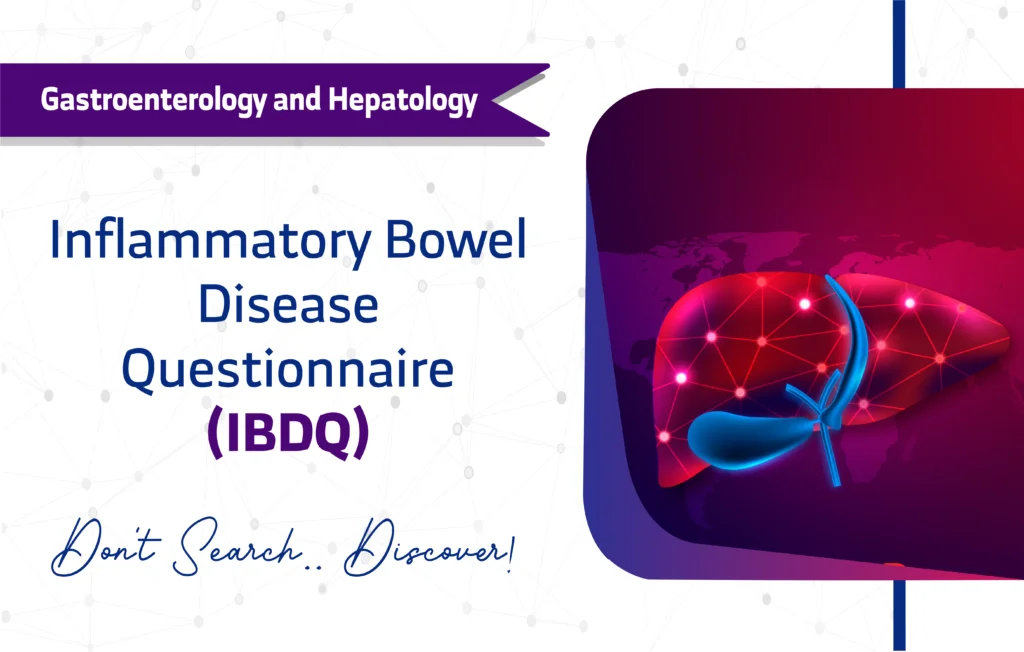
Explore the Inflammatory Bowel Disease Questionnaire (IBDQ), a key tool for assessing health-related quality of life in patients with Crohn’s disease and ulcerative colitis. Learn about its features, applications, and more.

Discover the Skindex-29, a widely used tool for assessing the impact of skin diseases on patients’ quality of life. Learn about its domains, scoring method, and clinical applications in dermatology research.
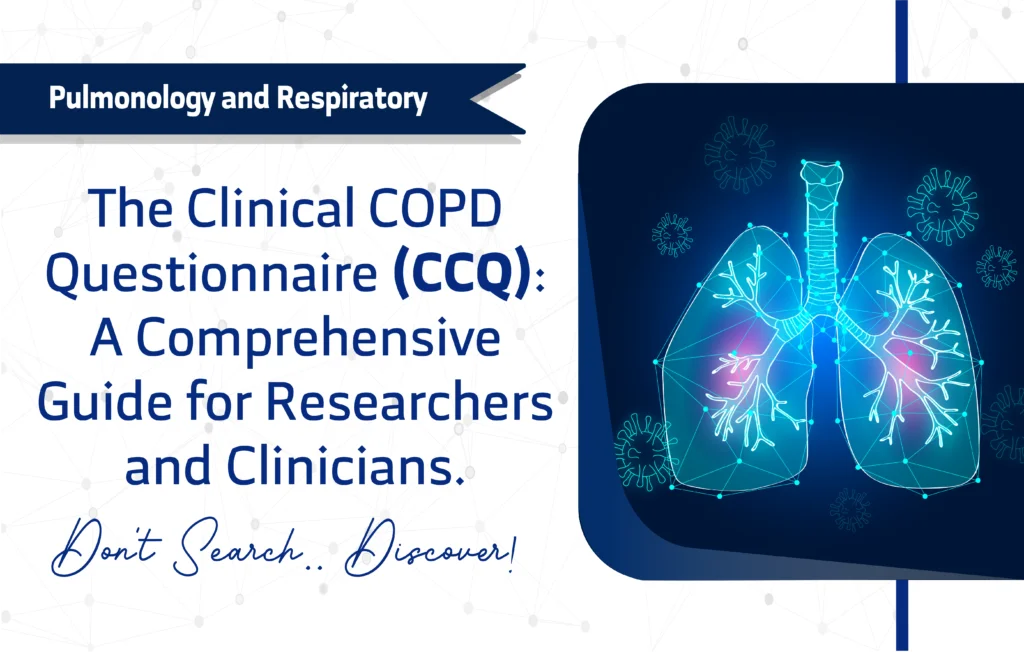
The Clinical COPD Questionnaire (CCQ) is a widely-used tool to assess health status and quality of life in patients with COPD. Discover its key features, uses, and applications for researchers and clinicians.

Explore the Duke Activity Status Index (DASI), a validated questionnaire for estimating metabolic equivalents (METs) and assessing cardiovascular health. Learn about its uses, scoring, and clinical relevance. This guide covers its features, clinical utility, administration formats, and more, ensuring it meets the needs of researchers and clinicians.
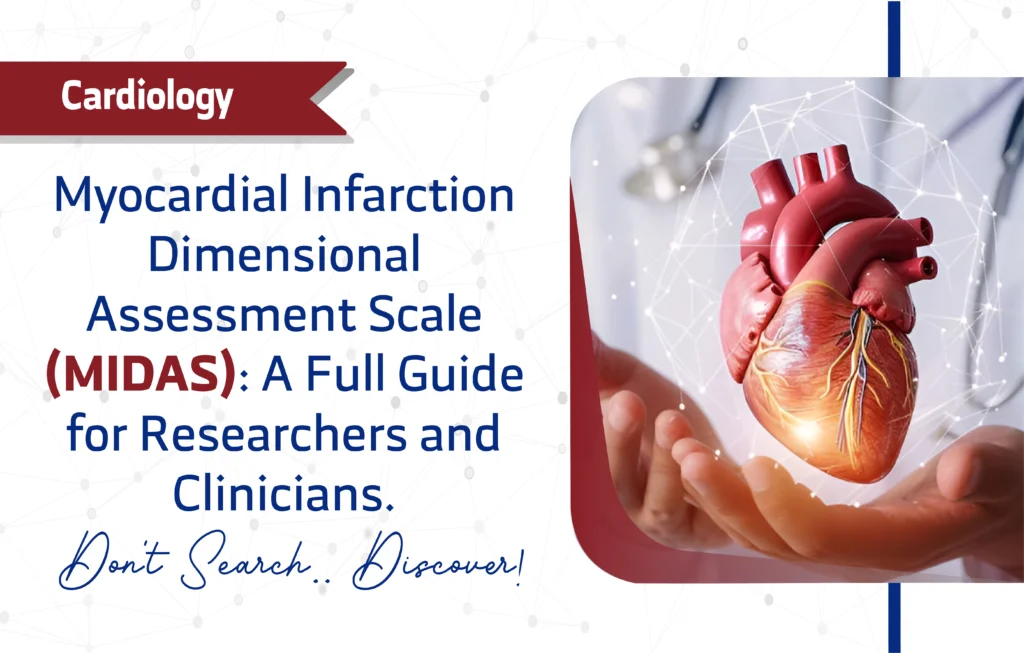
Learn about the Myocardial Infarction Dimensional Assessment Scale (MIDAS), a multidimensional tool for evaluating quality of life post-myocardial infarction. This comprehensive guide provides details on its applications, scoring methods, target population, and more, ensuring valuable insights for researchers and clinicians.
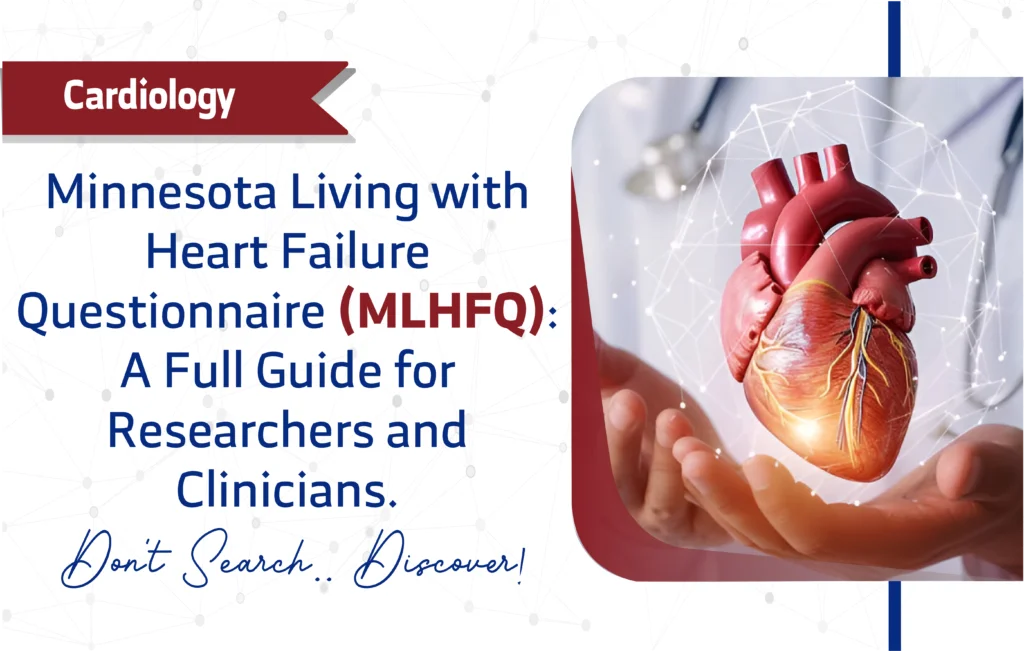
Explore the Minnesota Living with Heart Failure Questionnaire (MLHFQ), a tool designed to assess the quality of life in heart failure patients. Learn about its key features, applications, scoring method, and licensing details in this comprehensive guide for researchers and clinicians.
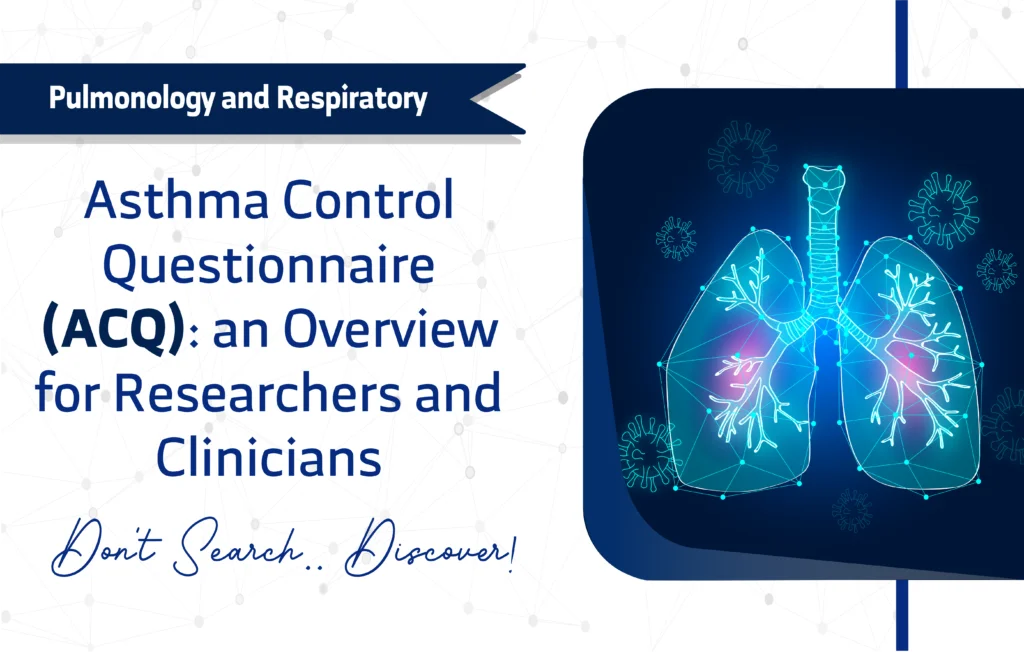
Learn about the Asthma Control Questionnaire (ACQ), a tool for measuring asthma control. Discover its features, applications, and how it aids in clinical practice and research.
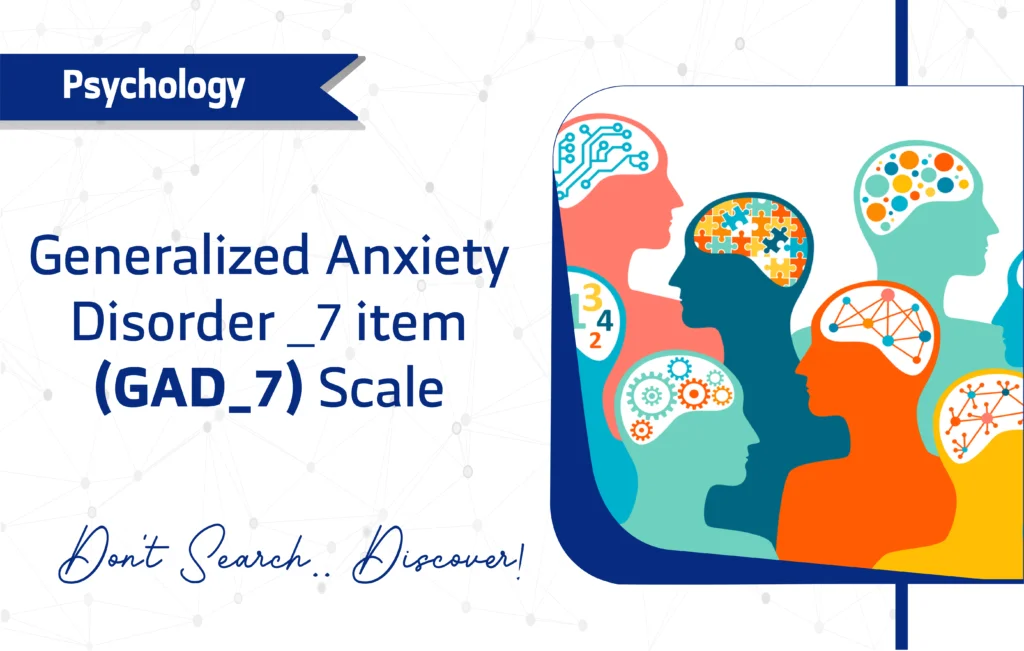
Explore the GAD-7 questionnaire for generalized anxiety disorder screening. Learn about its features, scoring, applications, and clinical utility. Free, reliable, and widely available in over 50 languages.

Learn about the Seattle Angina Questionnaire (SAQ), a vital tool for assessing health status and quality of life in coronary artery disease patients. Discover its features, applications, and scoring methods.
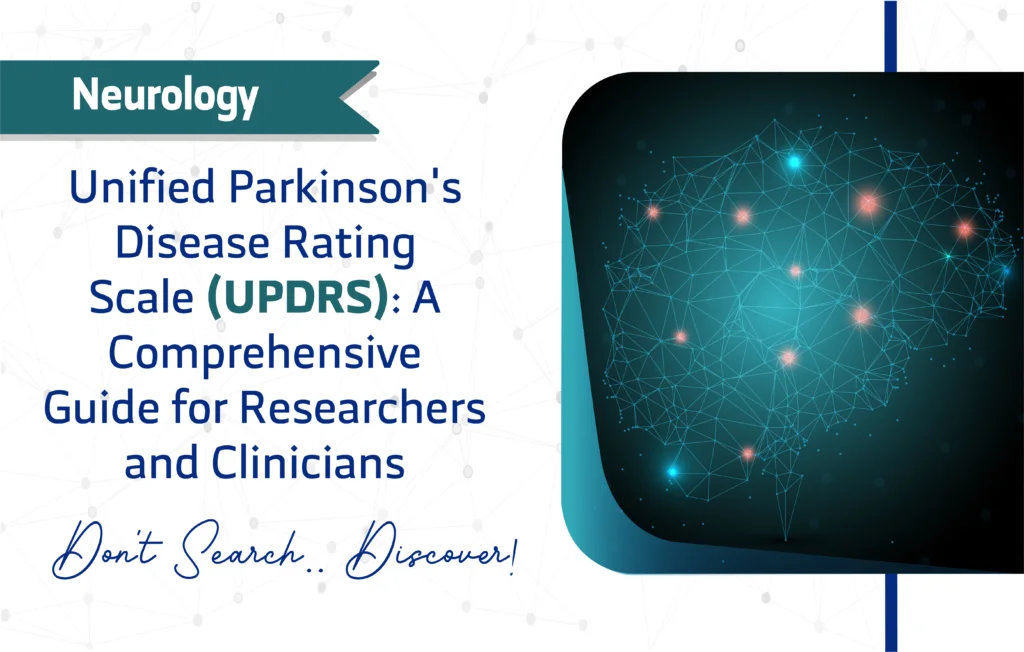
Discover everything you need to know about the Unified Parkinson’s Disease Rating Scale (UPDRS). This comprehensive tool helps you assess Parkinson’s disease progression, covering motor and non-motor symptoms. Learn about its usage, scoring, reliability, and more in our detailed guide.

Discover the essential details of the Mini-Mental State Examination (MMSE), including its purpose, scoring method, target population, and clinical utility. Explore resources for researchers and clinicians.
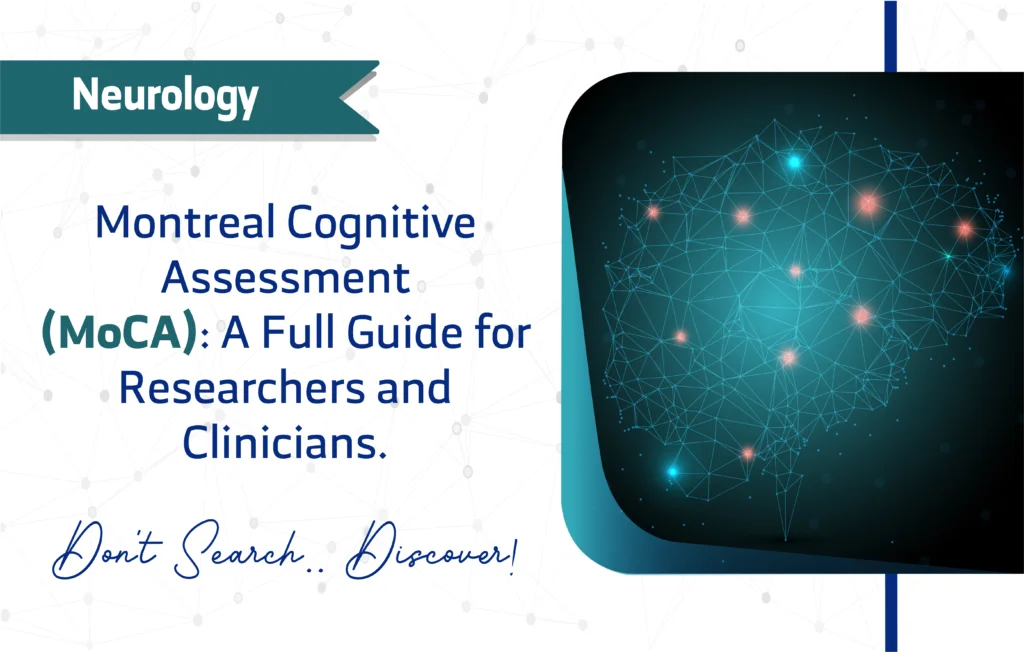
Explore the Montreal Cognitive Assessment (MoCA), a widely used tool for screening cognitive impairment and early dementia. Learn about its features, administration, reliability, and clinical applications.
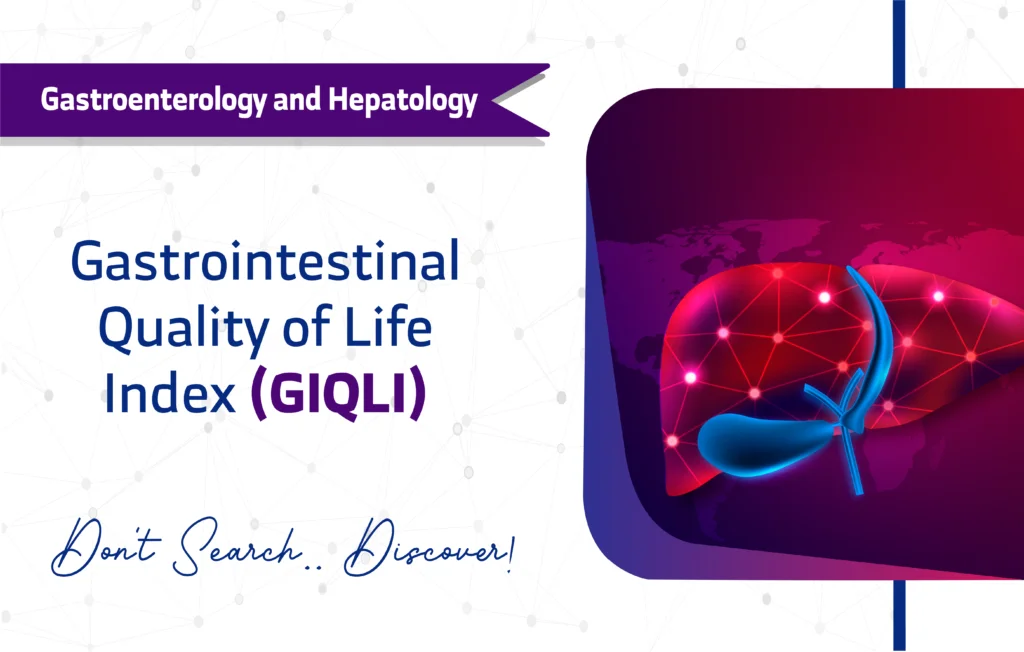
Learn about the Gastrointestinal Quality of Life Index (GIQLI), a comprehensive questionnaire designed to assess quality of life in patients with gastrointestinal disorders. Discover its structure, scoring, and clinical applications.
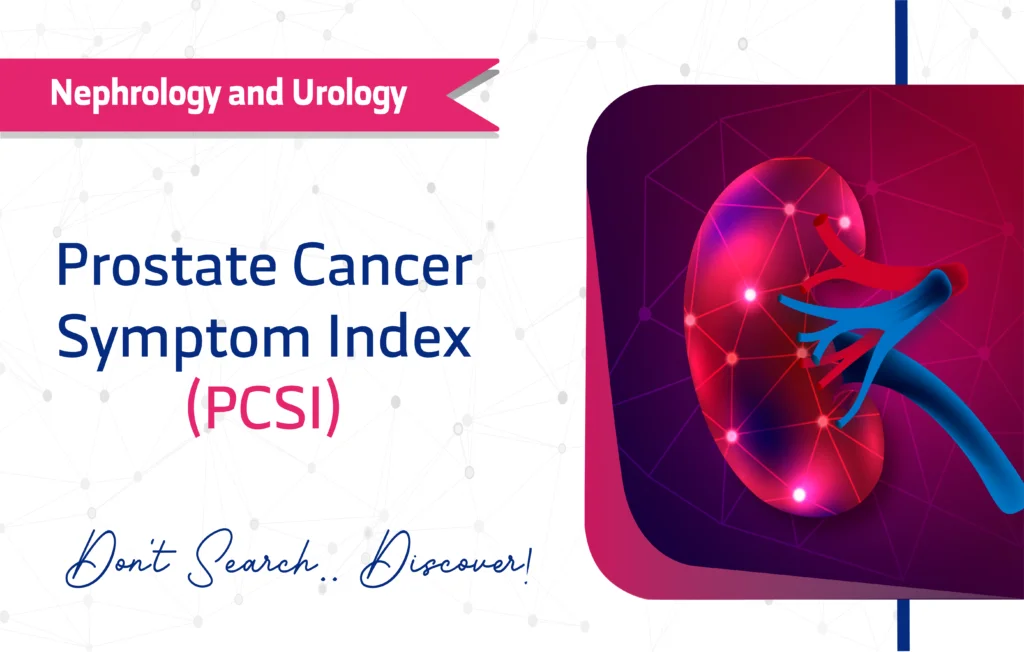
Discover the details of the Prostate Cancer Symptom Index (PCSI) questionnaire, designed to assess symptoms related to prostate cancer treatment.

Discover how the Skindex-16 Quality of Life Scale is an essential instrument for clinicians and researchers in dermatology. Learn about its structure, scoring method, and applications.
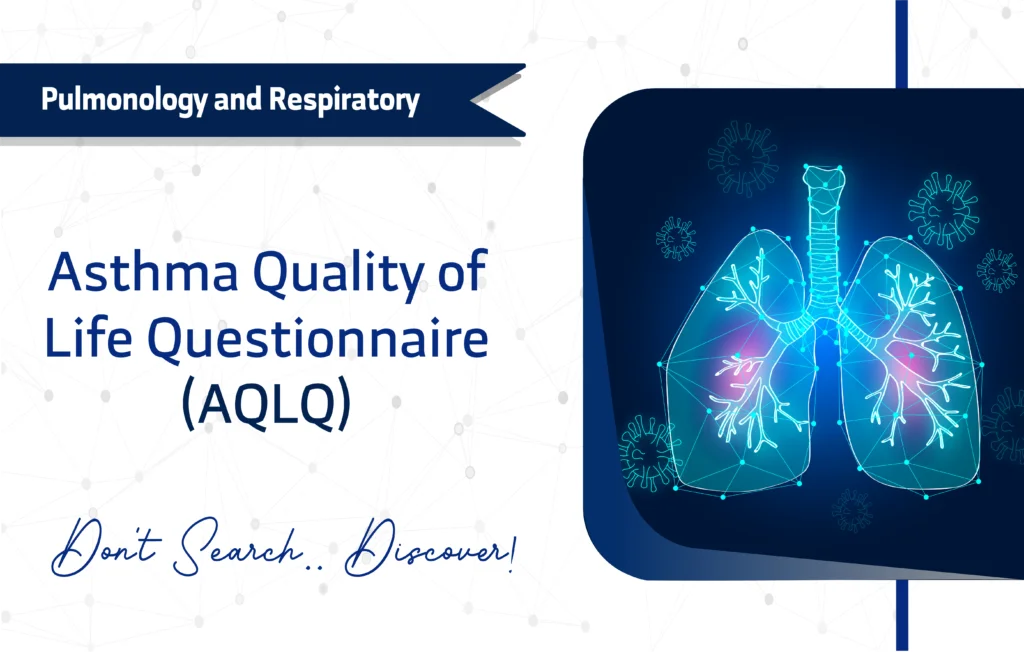
Explore the Asthma Quality of Life Questionnaire (AQLQ), its purpose, features, administration, and clinical utility for researchers and clinicians assessing asthma’s impact on quality of life.
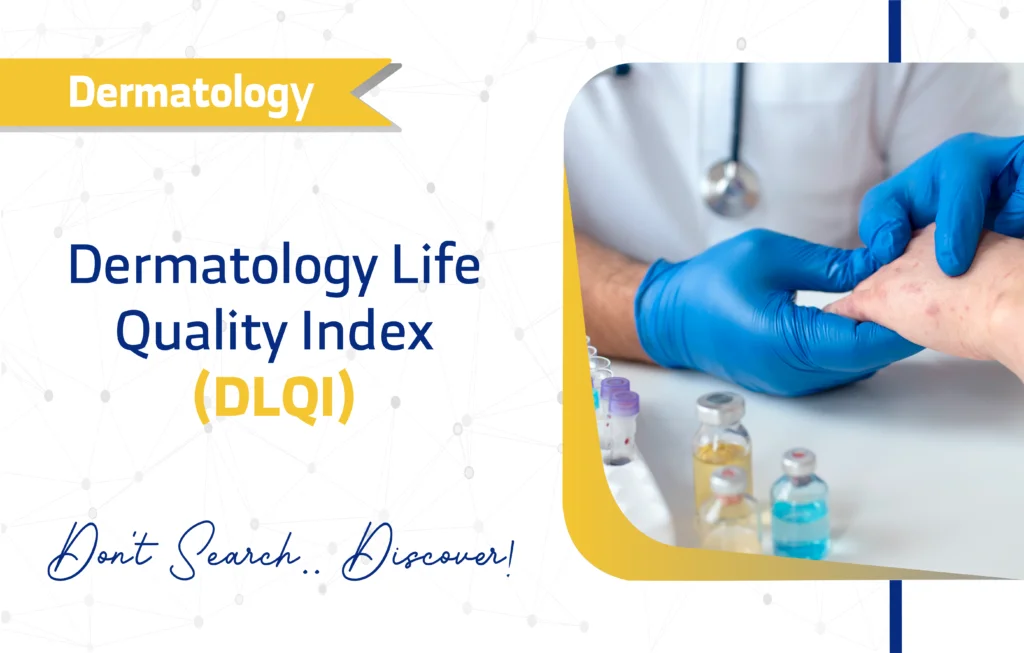
Explore the Dermatology Life Quality Index (DLQI), a key tool for assessing the impact of skin conditions on quality of life. Learn about its features, validation, and applications in clinical and research settings.
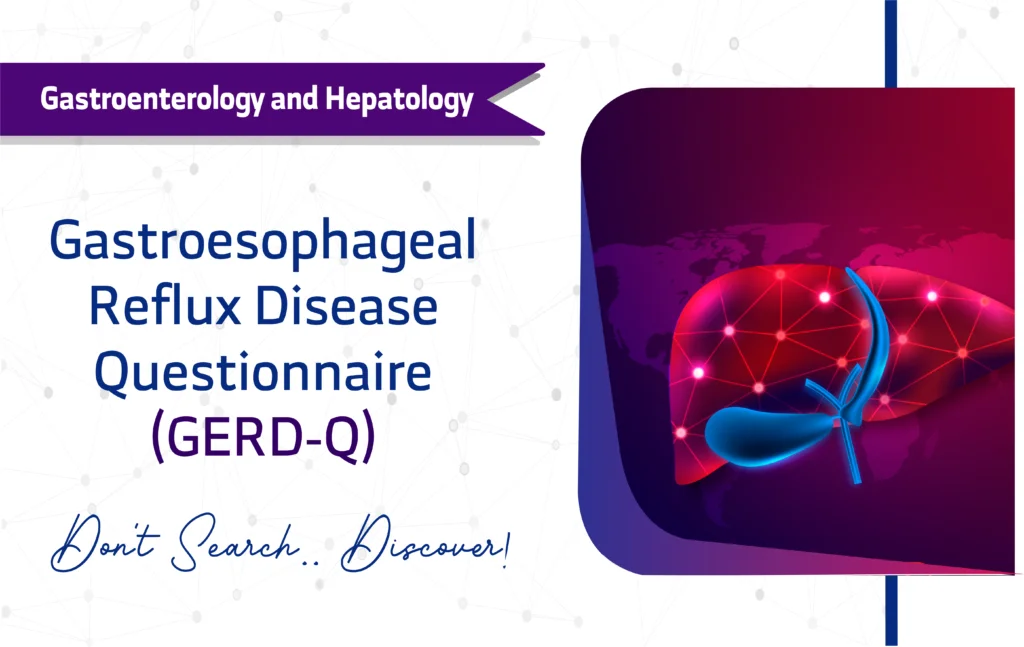
Discover the GERD-Q Questionnaire, a gold-standard tool for diagnosing and assessing gastroesophageal reflux disease (GERD). Explore its applications, features, and clinical utility for researchers and clinicians.